József Szilágyi
Rac people of Tokol
The Rac People Then and Now
The roots of the Rac people present a very colorful picture; all this is because Rac families came from many places between the 1620s and the early 1700s. To the surroundings of Pest and Buda the Racs arrived from Bosnia, Herzegovina, Montenegro, Slavonia, Srem, but primarily from Dalmatia, from the seaside. This book of mine – the eighth in a row – aims to show from which coastal regions the first Rac families came to Tokol.
The former Rac priest of Erd, Joso Kudo, born in Tokol in 1885, wrote books about his family and the past of the Rac people. In one of his books he mentioned the names of the first Rac families of Tokol. Among those names we can find some that are still well-known in Tokol today: Radnić, Milković, Marić, Rozgić and others.
I began searching where I could find such names in the Balkans, and I found them in the areas of Split, Trogir, Vrlika, Šibenik, Sinj and the regions along the Cetina river. At that time there were many people there with the same surnames that can also be found among the Racs in Tokol, or in other Rac villages around Pest and Buda. I must mention Sitno in today’s Croatia, where the Radnić once lived, then the village of Mitlo, the village of Vojnić Sinjski, the surroundings of Vrlika and the town of Drniš where the Milković lived, and the former village of Zmina where the Rozgić, Marić and Šarić lived. In those regions I also found other Rac surnames: Šarac, Tokić, Benković, Kudo(zović), Banović, Burilović, Bilić, Antunović, Šešić.
At the time when the first Rac families arrived in Tokol, in those coastal and Dalmatian mountainous areas lived the Vlachs, a shepherd people without their own state. They lived among Serbs and Croats, and precisely because of this there were both Orthodox and Catholic among them. They did not yet even have their own name: others called them Vlachs, Morlachs, Bunjevci, and later Racs once they had already settled in Hungary. Those first Racs reached the villages along the Danube already during Turkish times, and so they settled in Tokol, Ercsi, Erd, Torokbalint, Perkata, Buda and so on. They were not only shepherds but also soldiers of the Turks.
It should also be mentioned that the Racs had customs which were found nowhere else in Hungary: the blessing of parents at weddings, wedding songs, and other traditions. The Racs of Tokol often gave their children old Rac names such as Miloš, Vaso, Mitar, Jovan, Jovanka, Persida, Pelagija.
Almost four hundred years have passed since the first Rac families settled in Tokol, and many Rac traditions have already disappeared. After the Second World War, life changed: most people no longer worked the land but went to study or work in Pest, and the old Rac community slowly began to disintegrate. Yet it must also be noted that in the 1960s, ’70s and ’80s, when life became somewhat easier and people had more free time, new things appeared: cultural life became more vibrant, and Tokol’s folk musicians, singers and dancers became well-known throughout Hungary. At that time large weddings were held in Tokol, sometimes with 400 guests; festivals on Candlemas or Holy Saturday were especially large, with around 1500 people attending.
Fifty years ago nearly three thousand people still spoke the Rac language; unfortunately today not even thirty remain, and the Rac language will gradually disappear. Rac words can still be heard at Rac Masses every Saturday, and at funerals, when Rac church singers perform. There are still many musicians in Tokol, and several bands: Kolo, Ledina, Prekovac; besides the men’s choir of the elder Racs we should also mention the choir Komšije. The dancers of Tokol travel to many places to showcase our dances.
The Racs of Tokol most often associate with the Racs of Ercsi, and sometimes they also meet with the Racs of Erd and with those from the surroundings of Kalocsa.
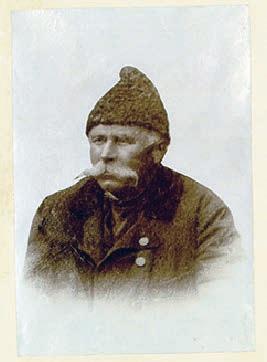
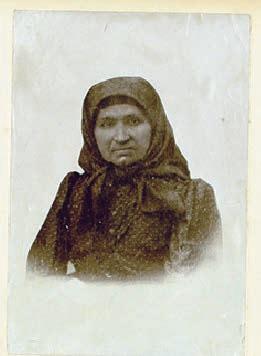
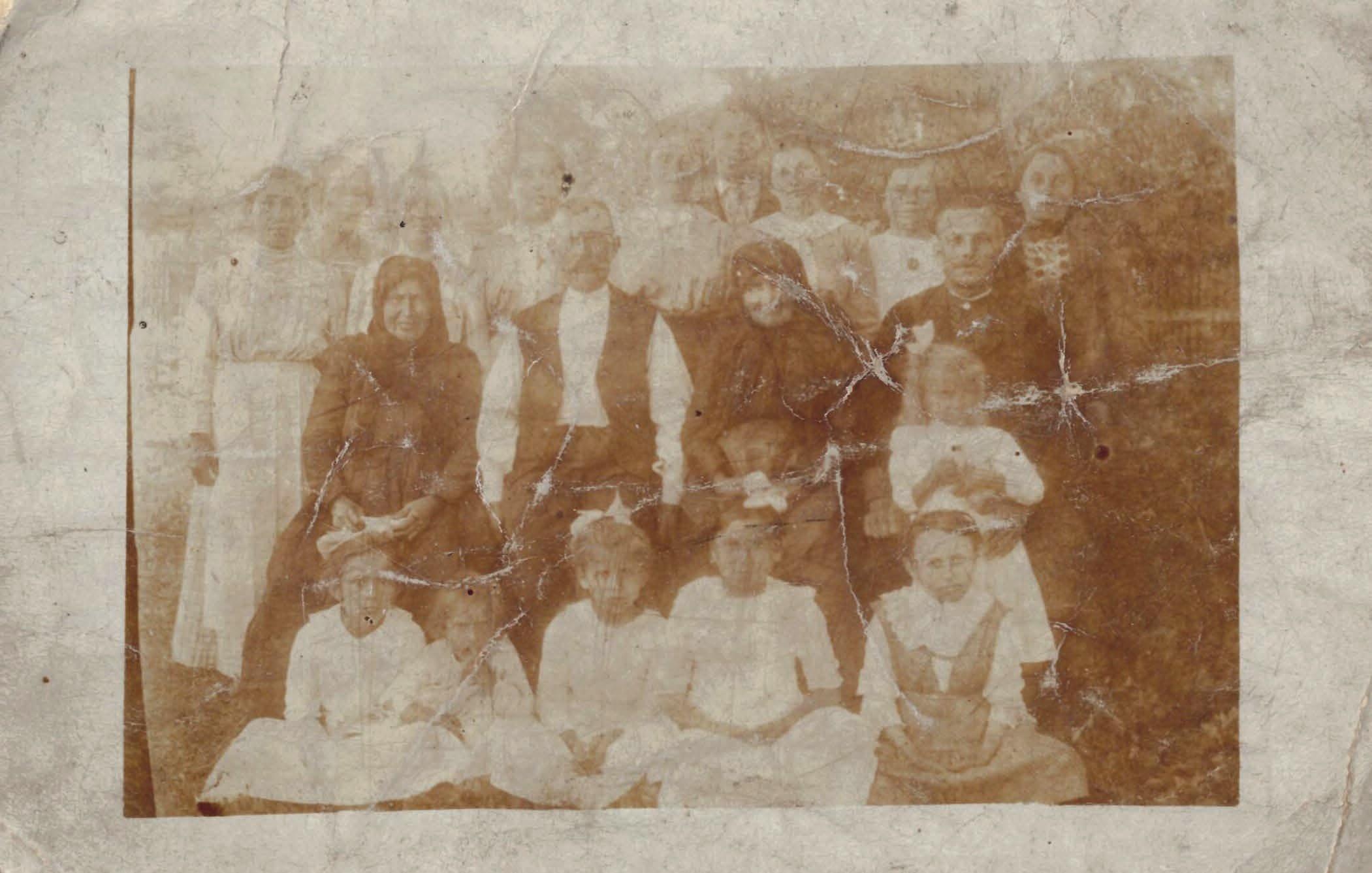
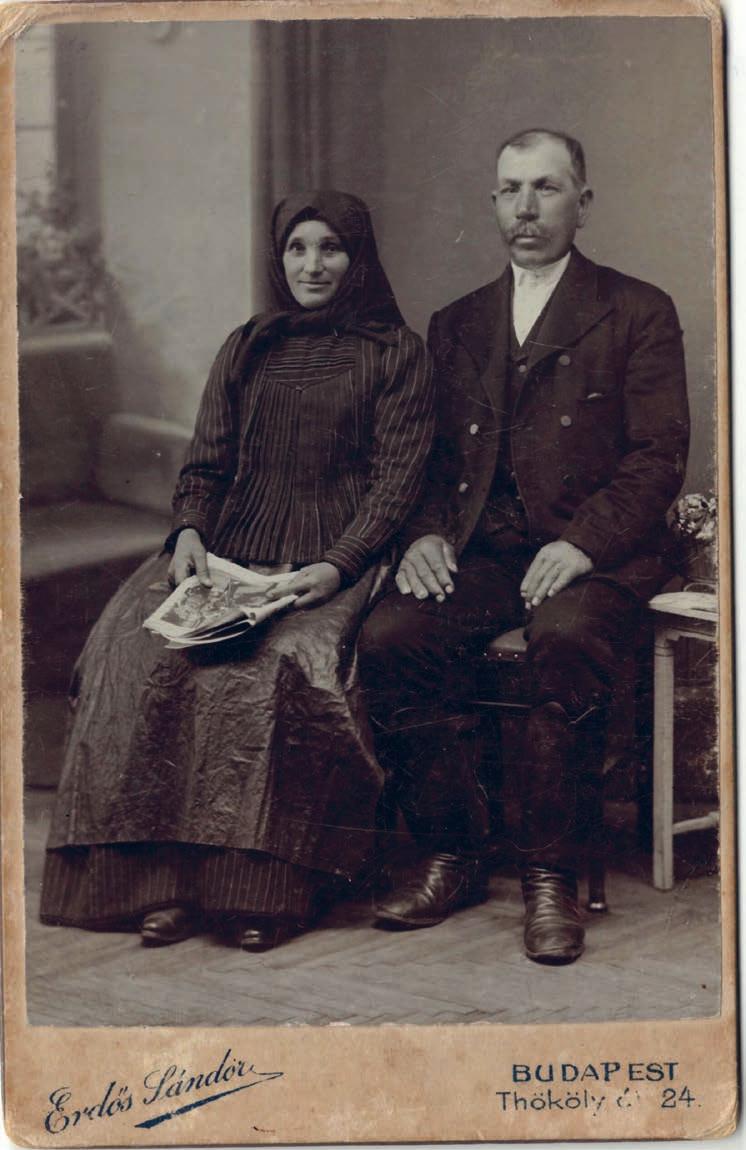
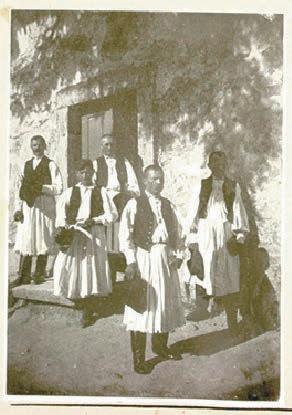
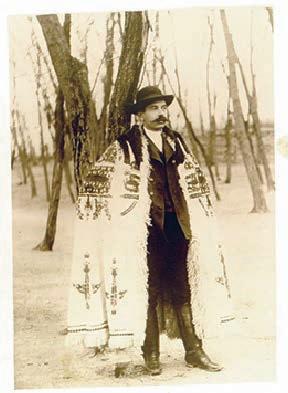
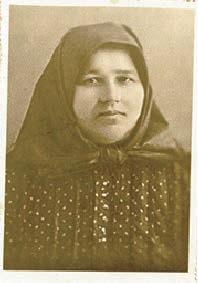
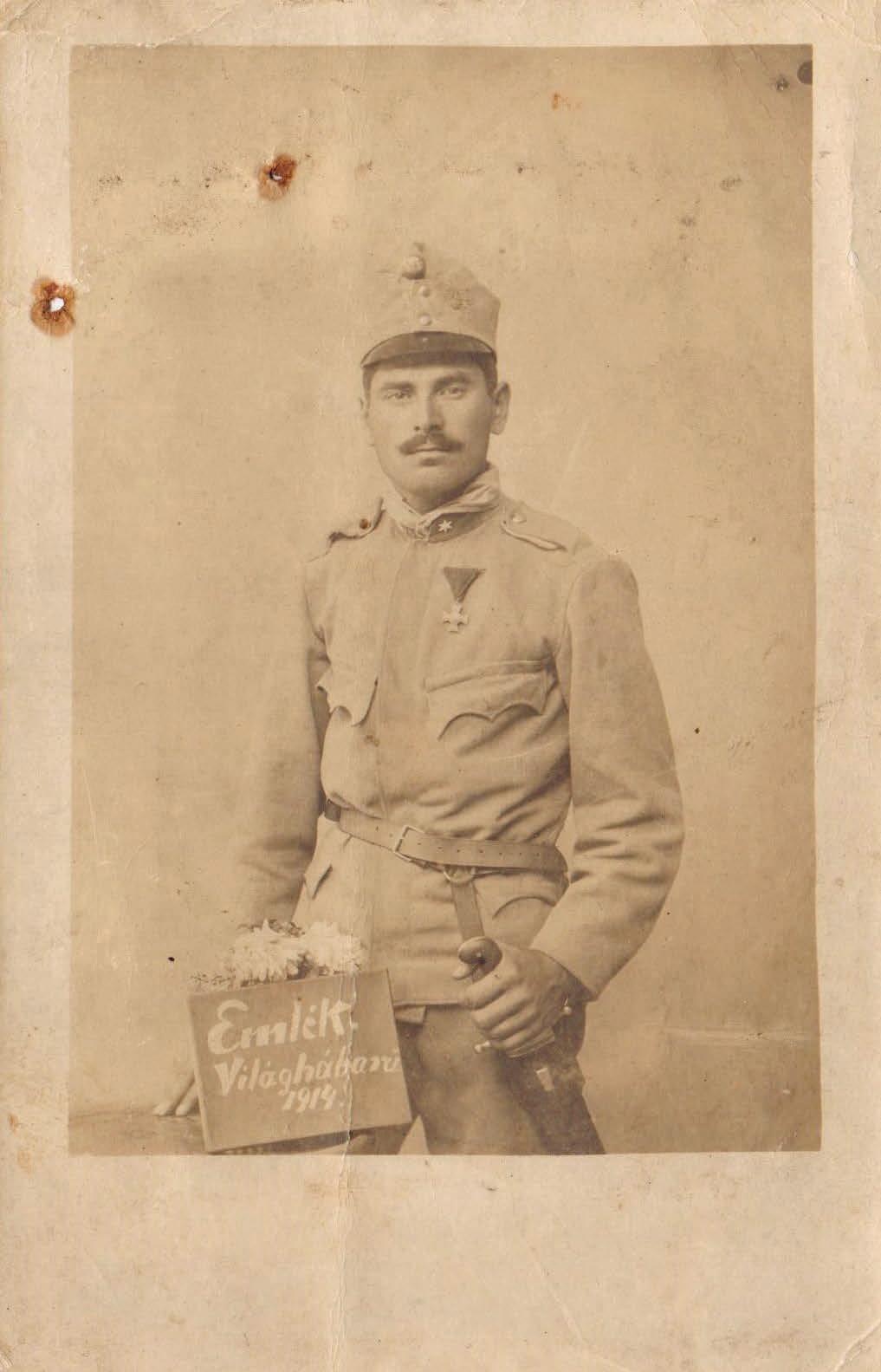
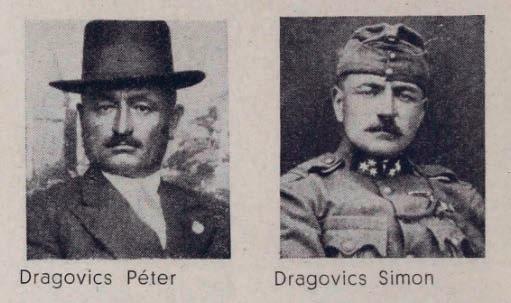
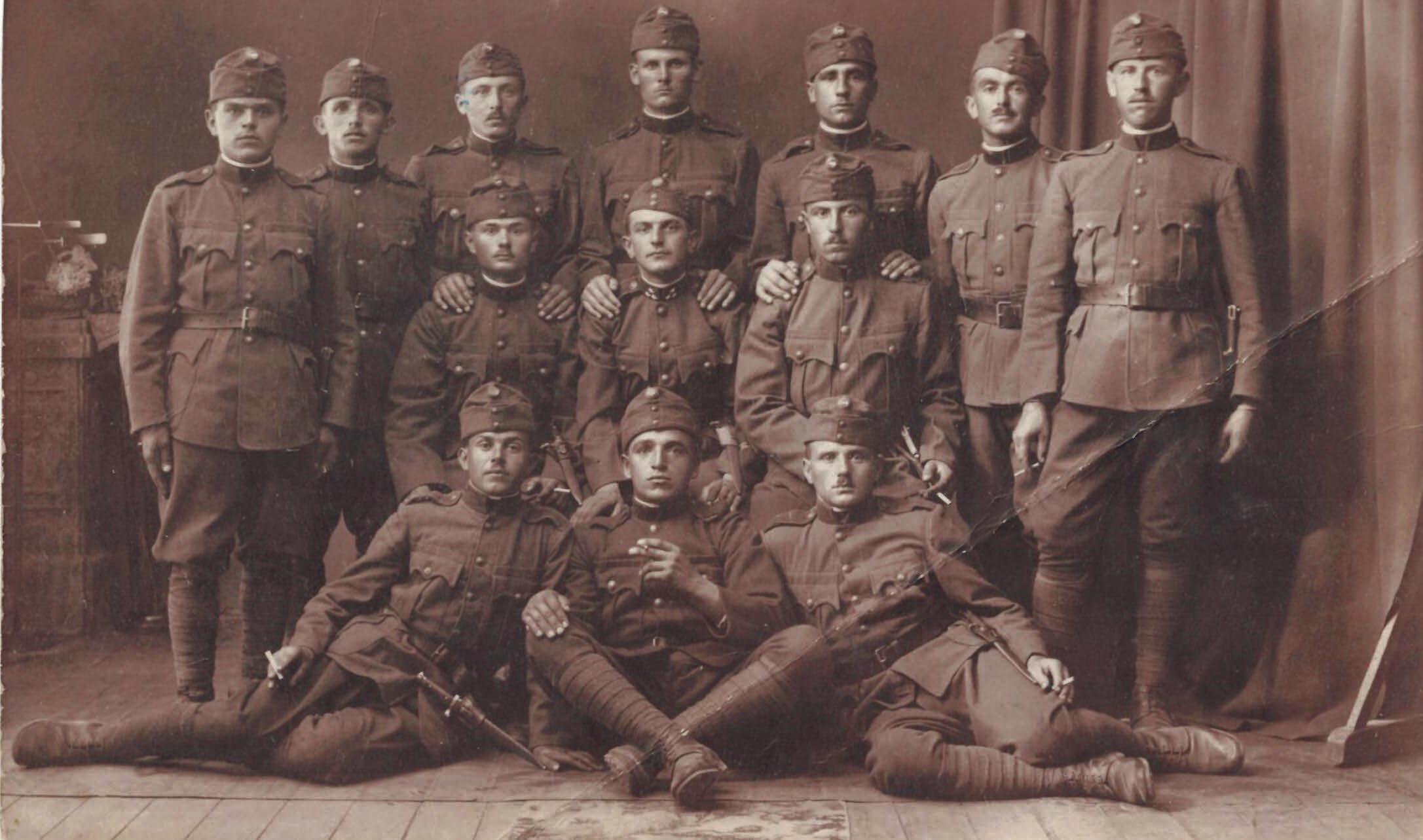
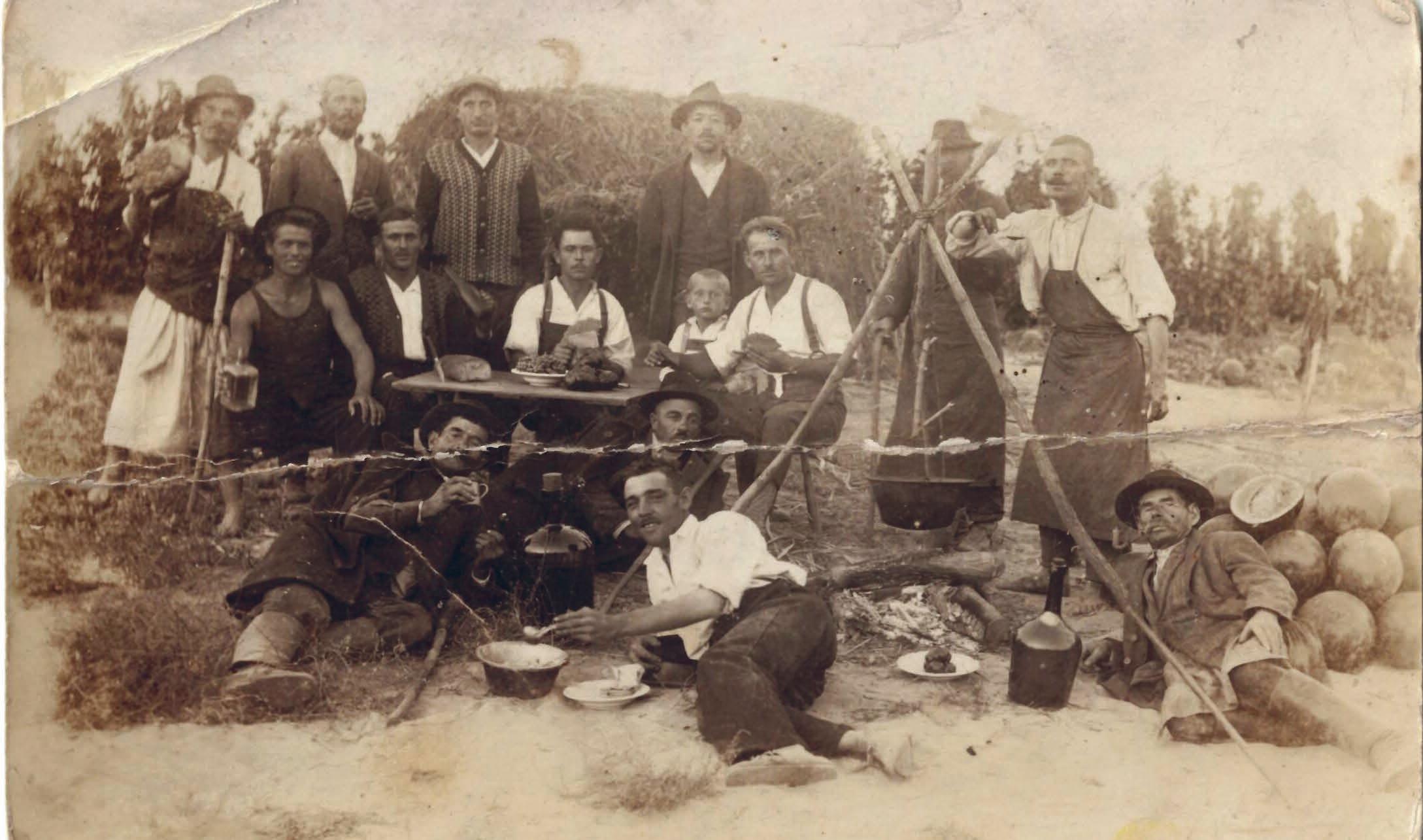
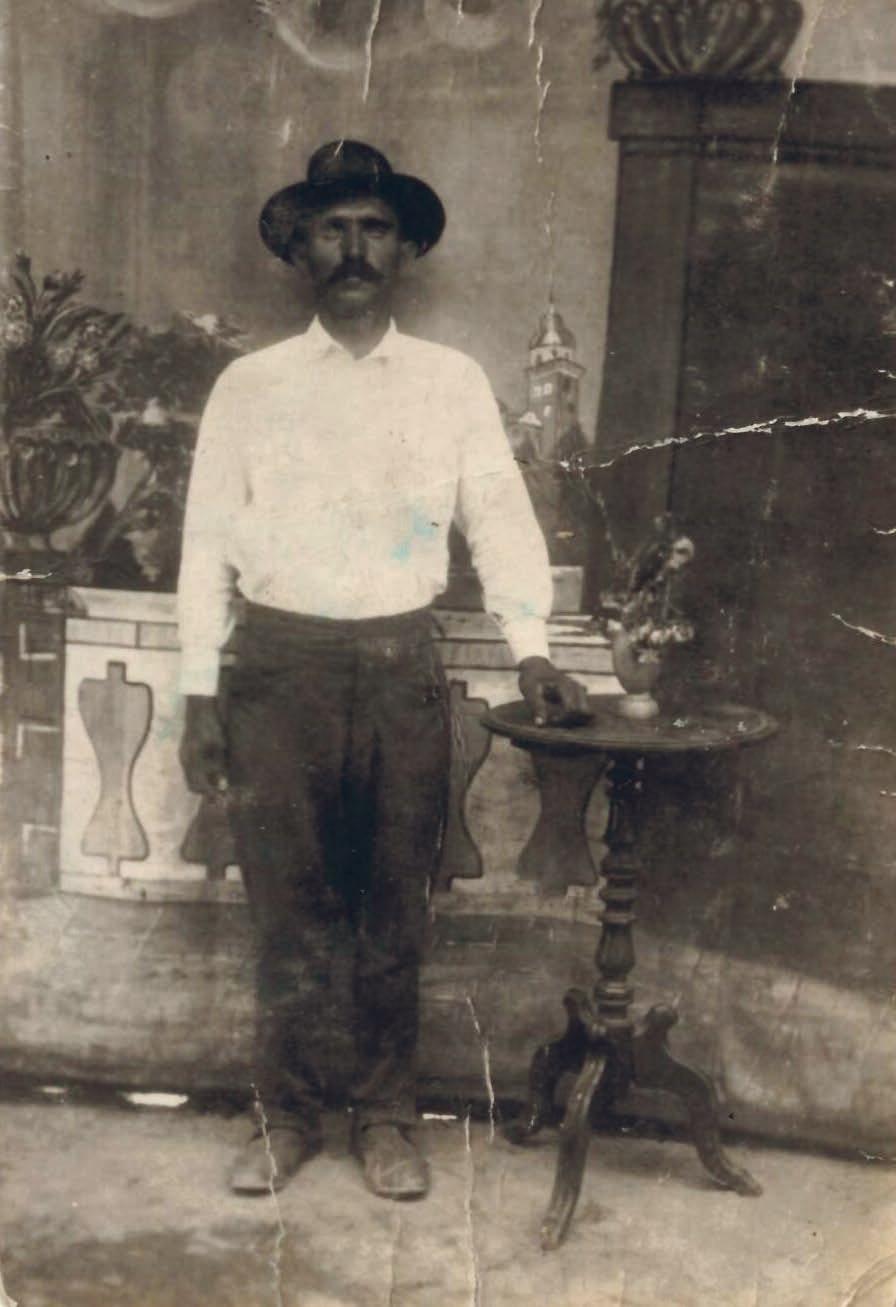
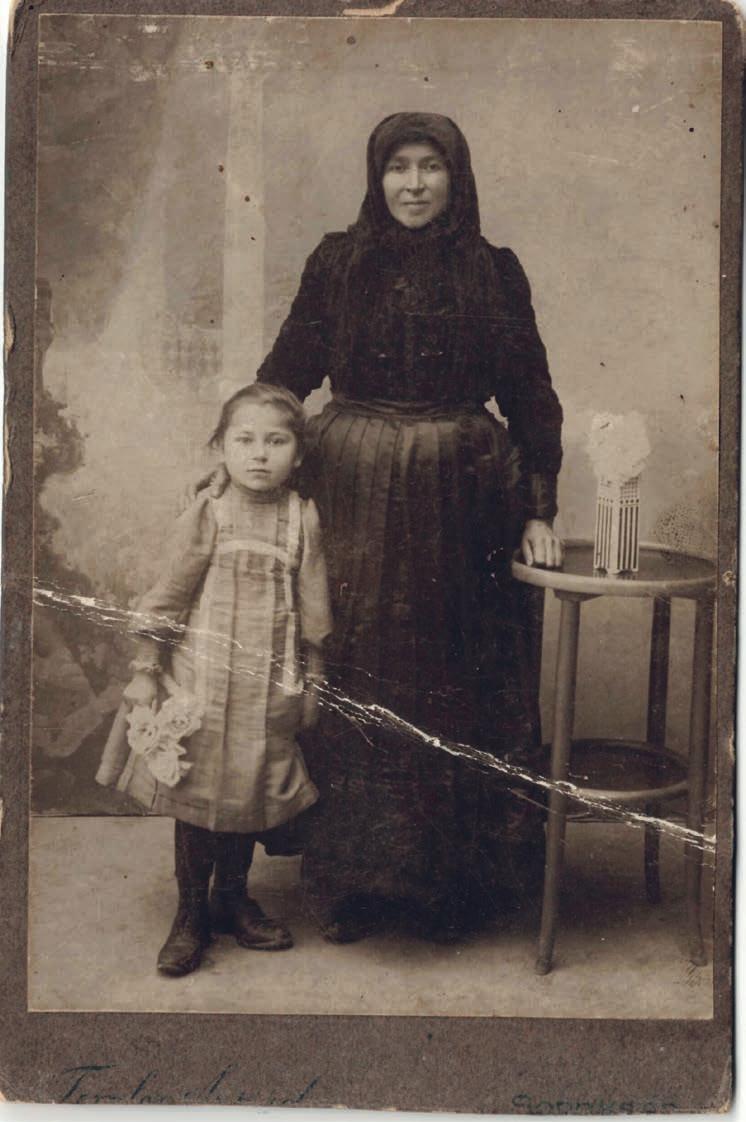
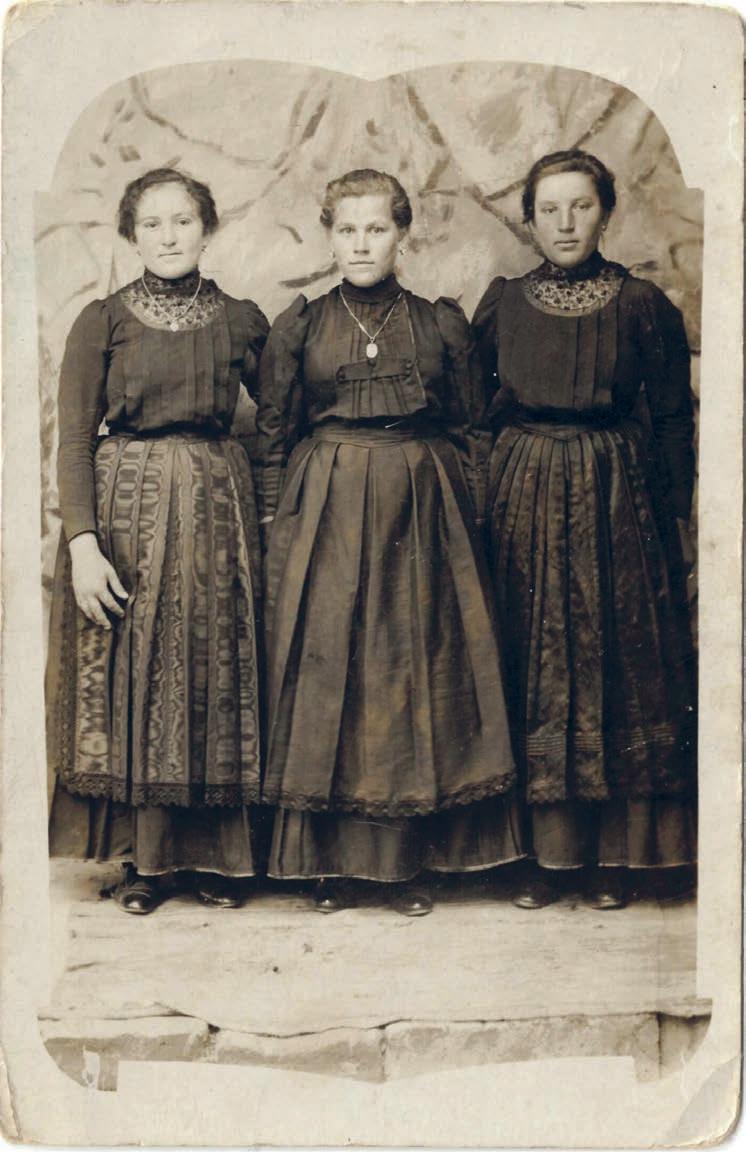
Relatives of the Racs from Erd belonging to the people of Tokol: Julianna Kovács and her relatives
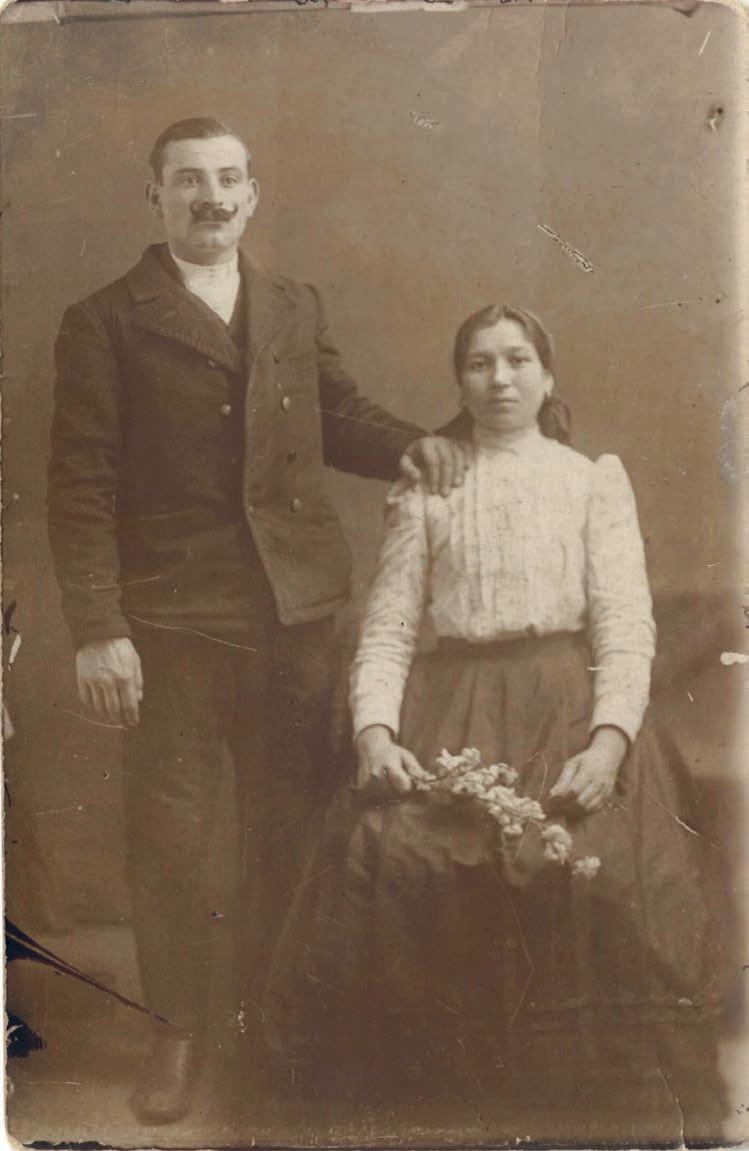
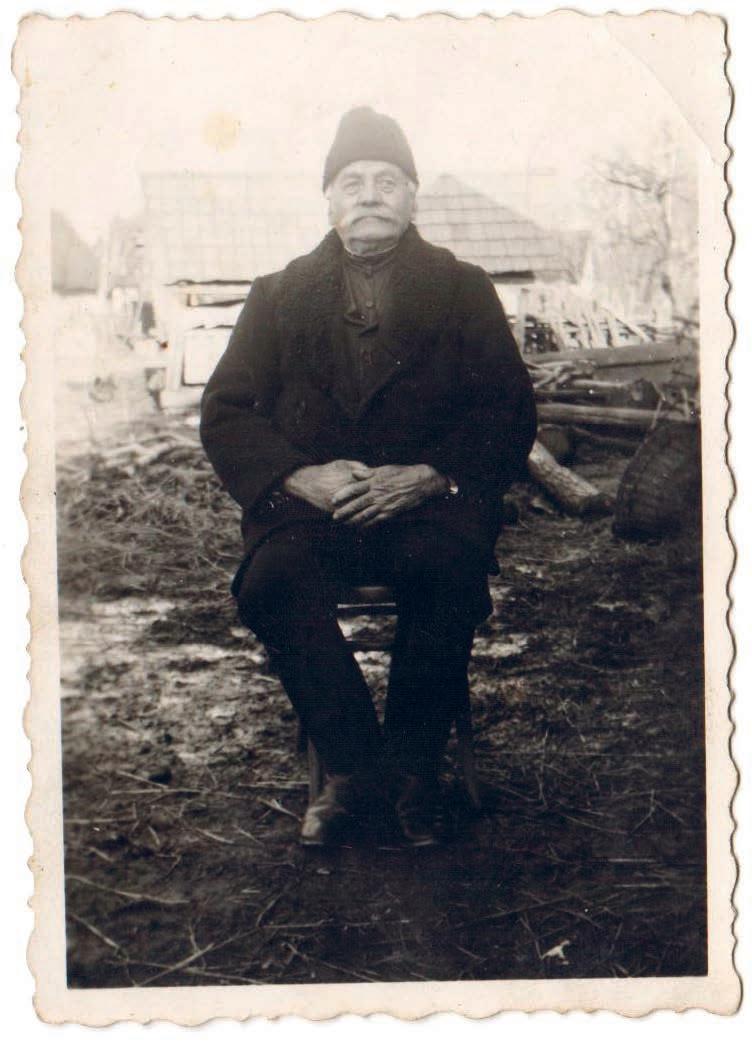
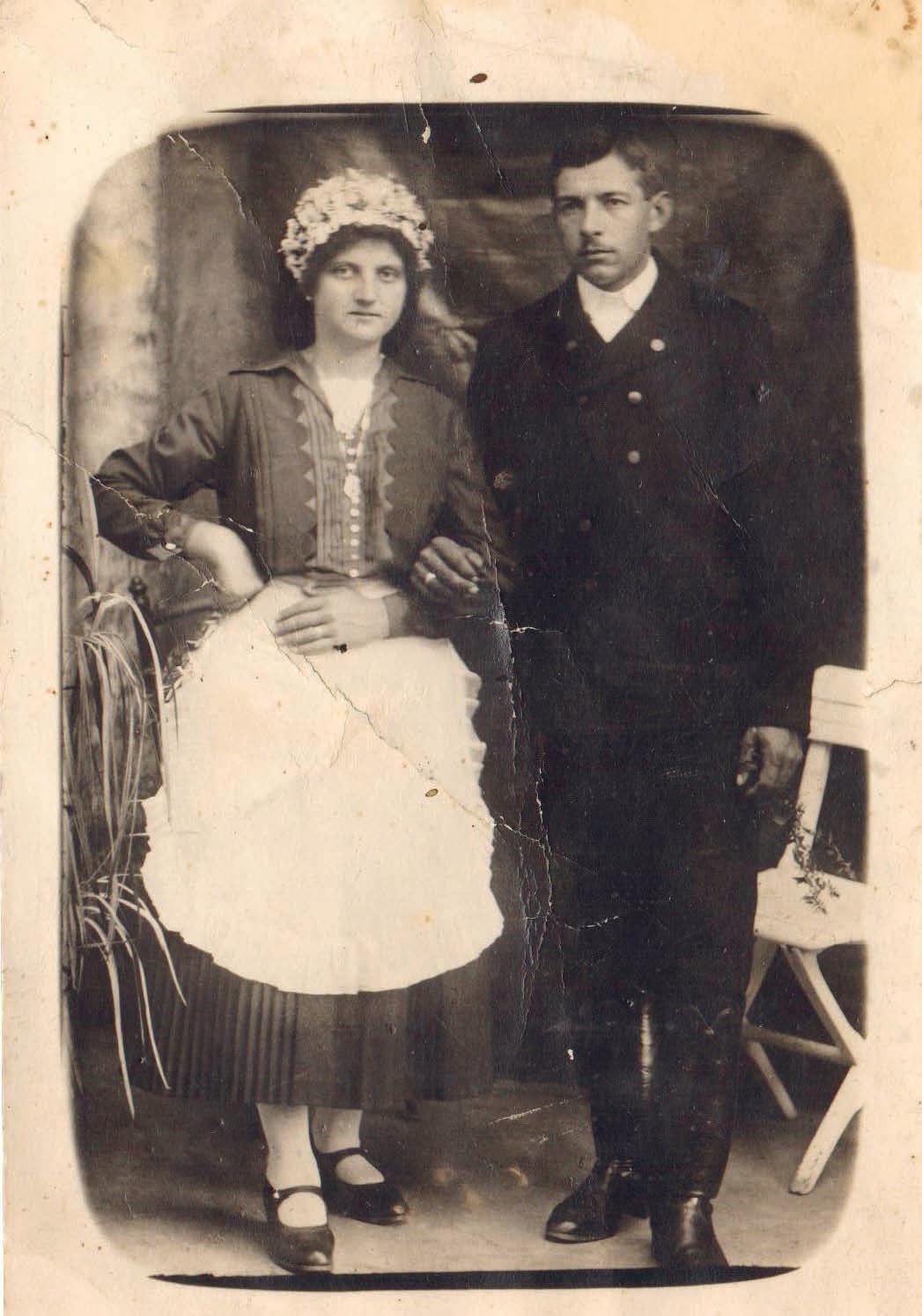
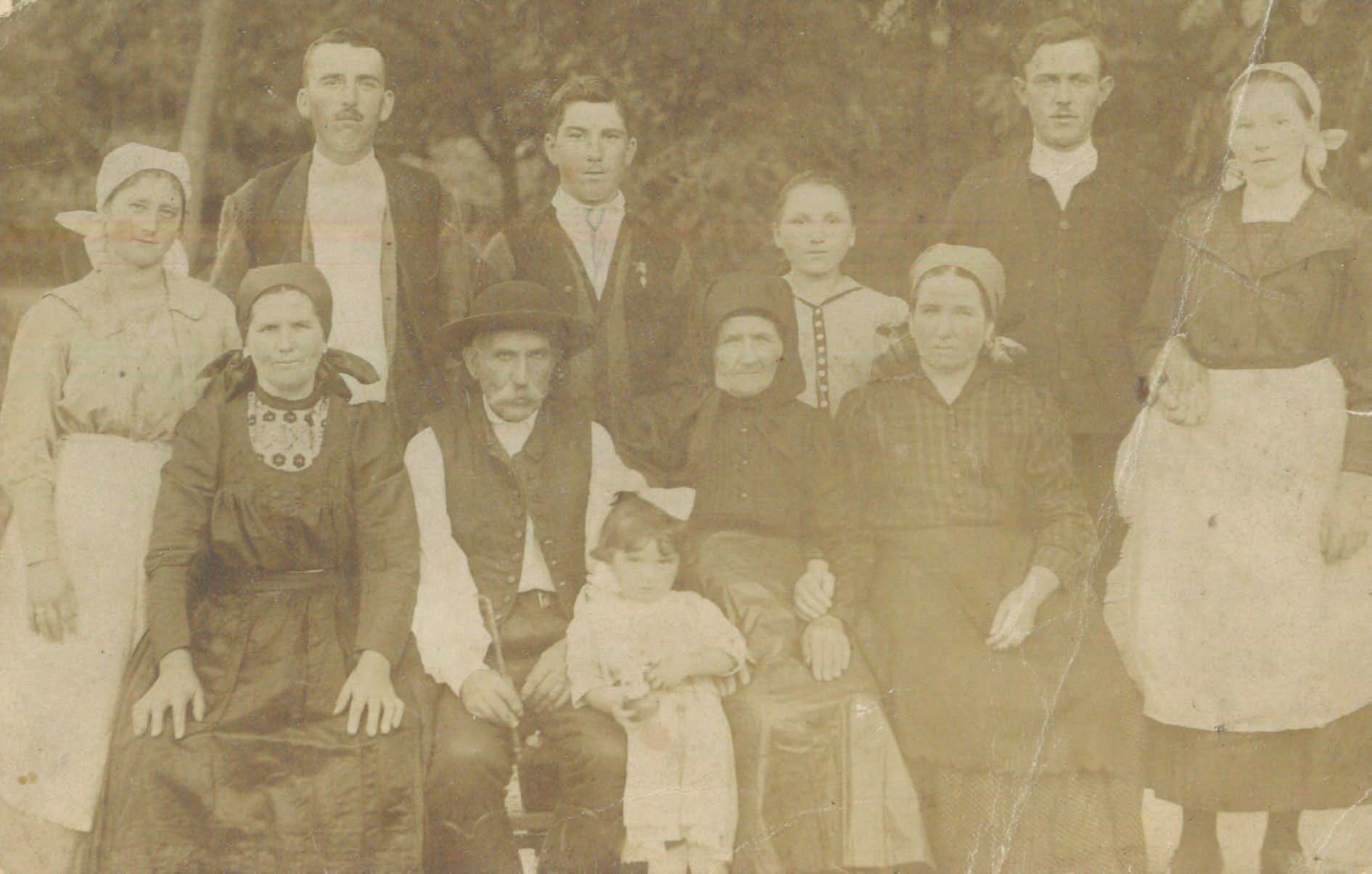
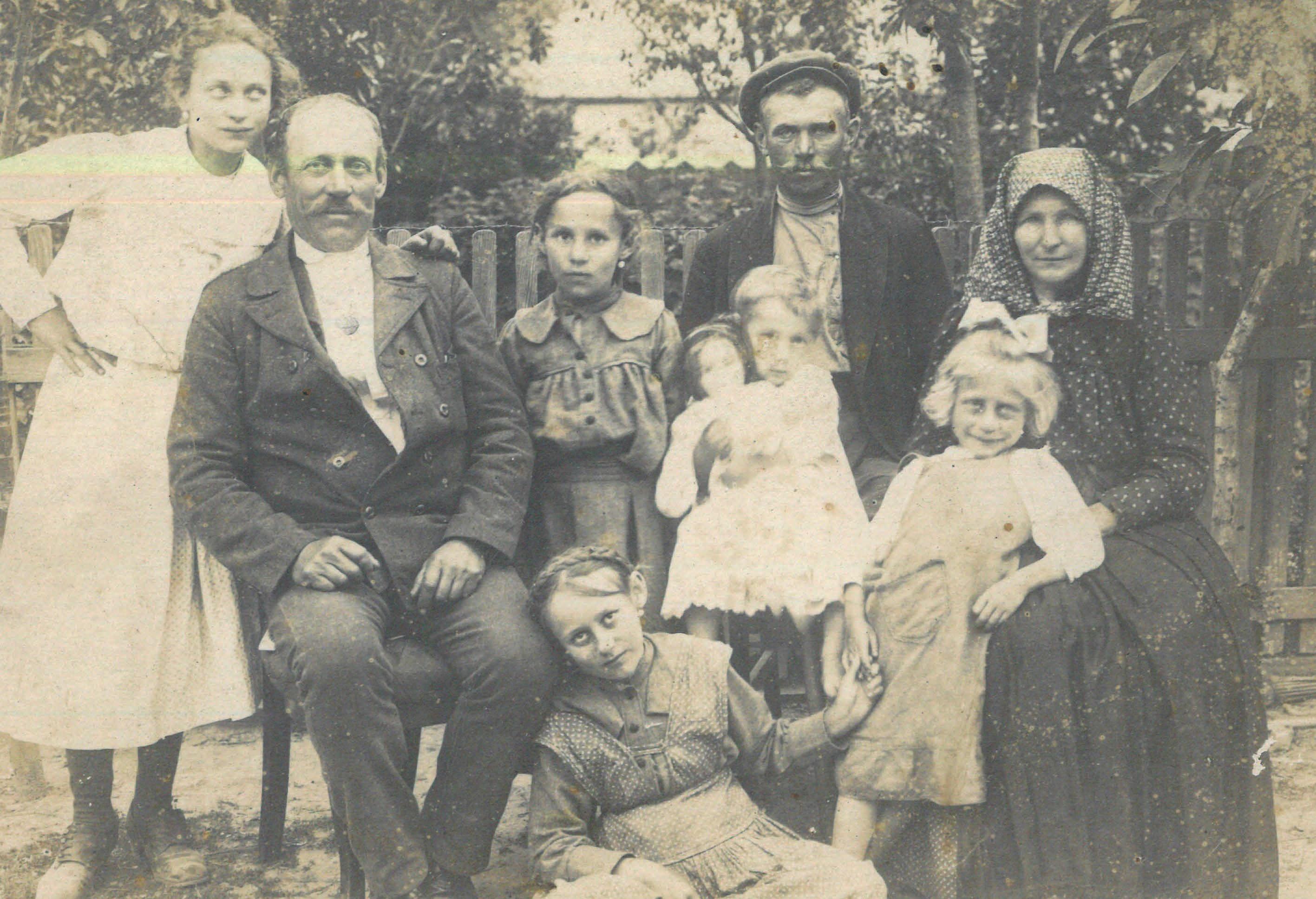
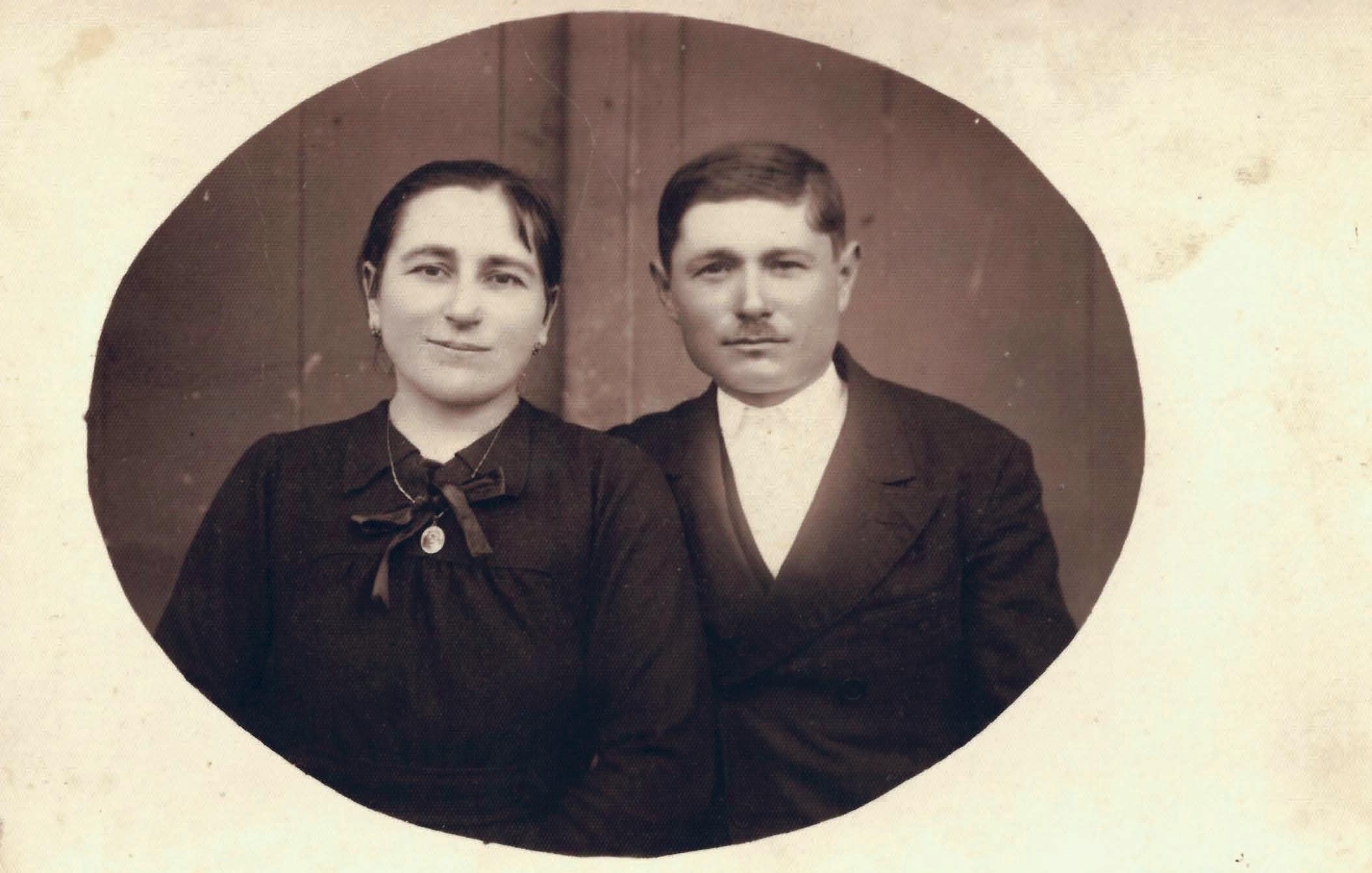
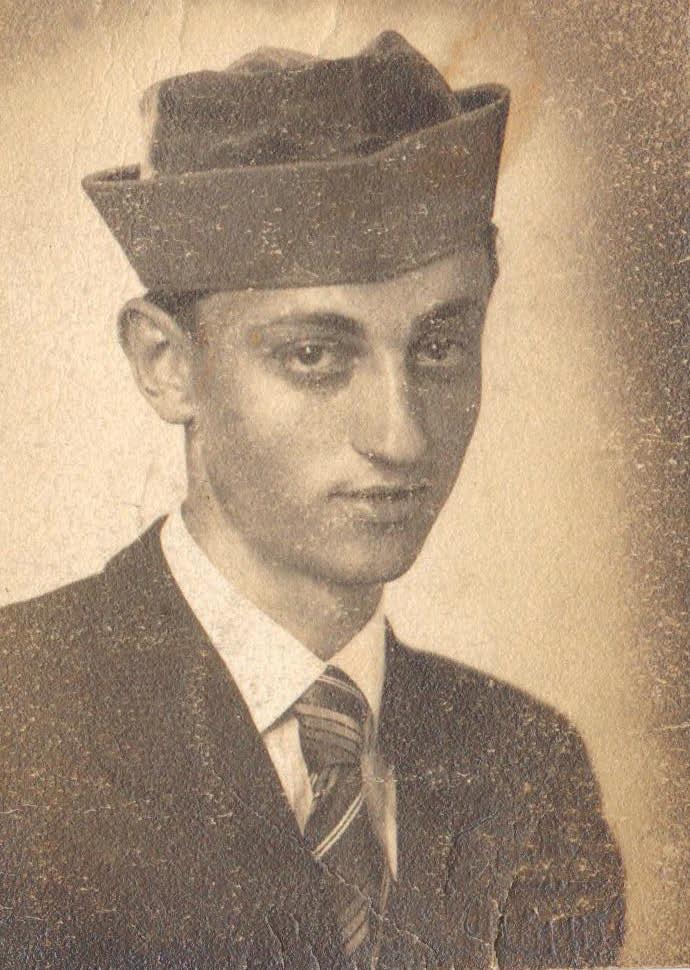
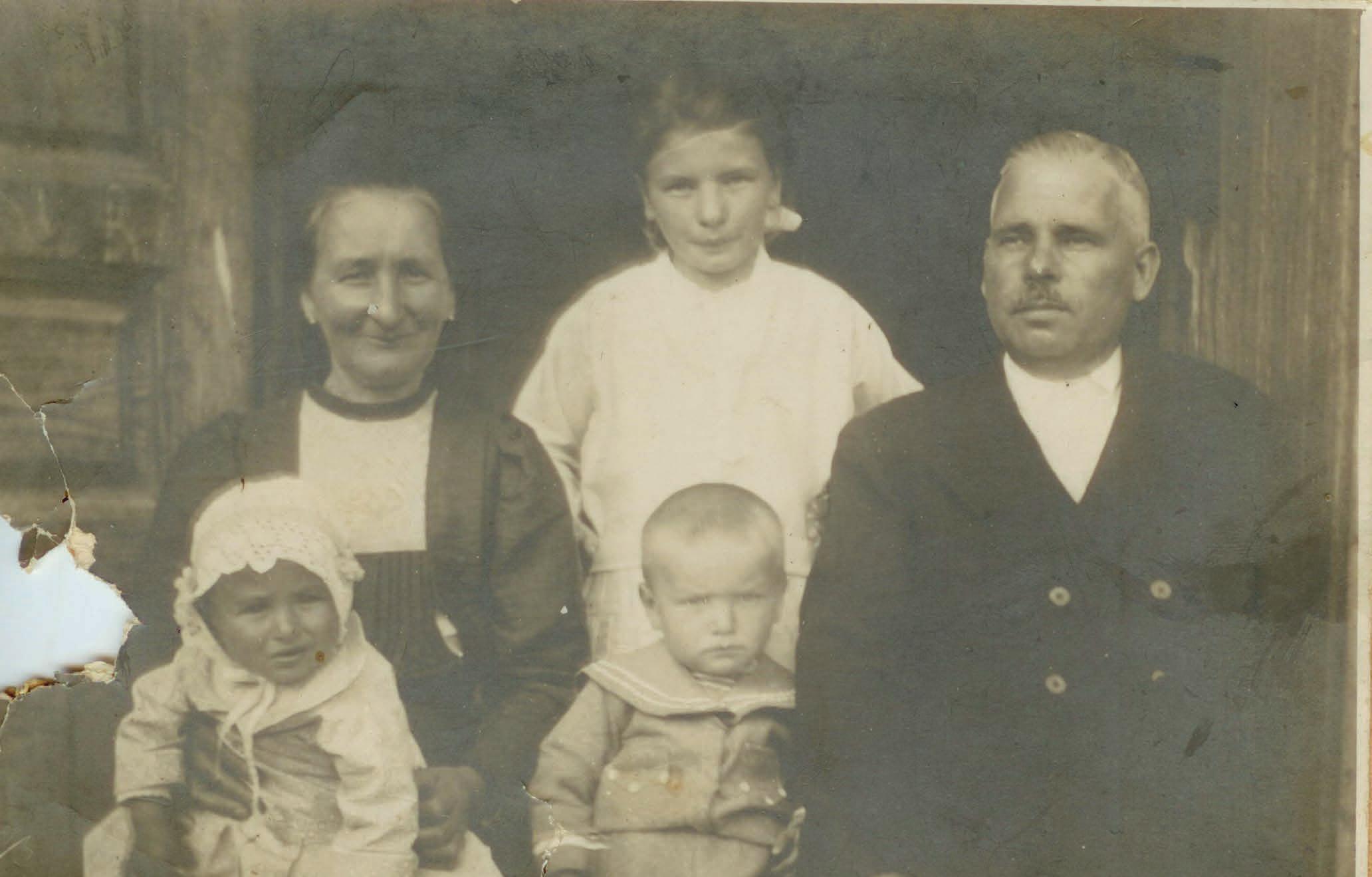
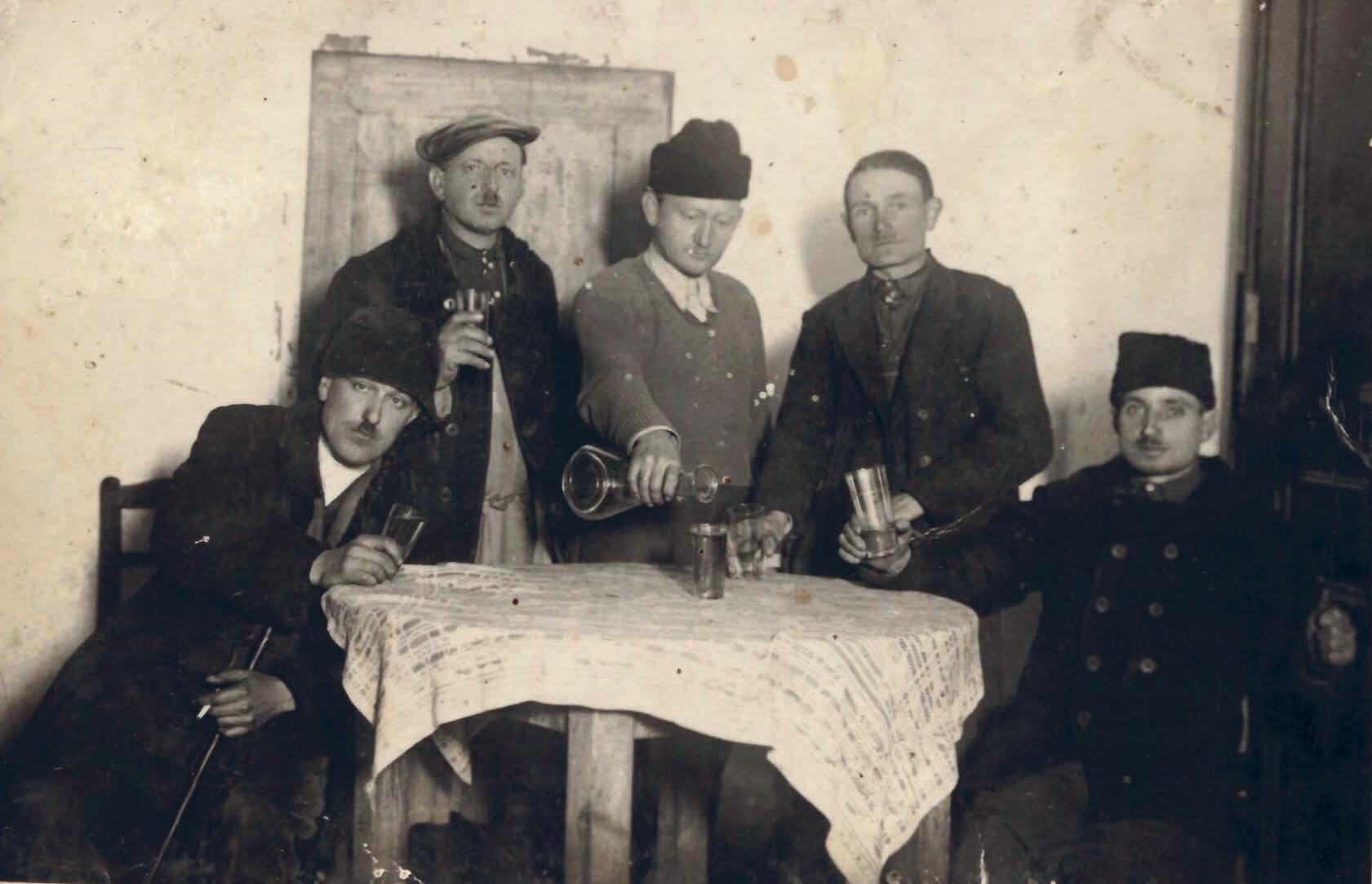
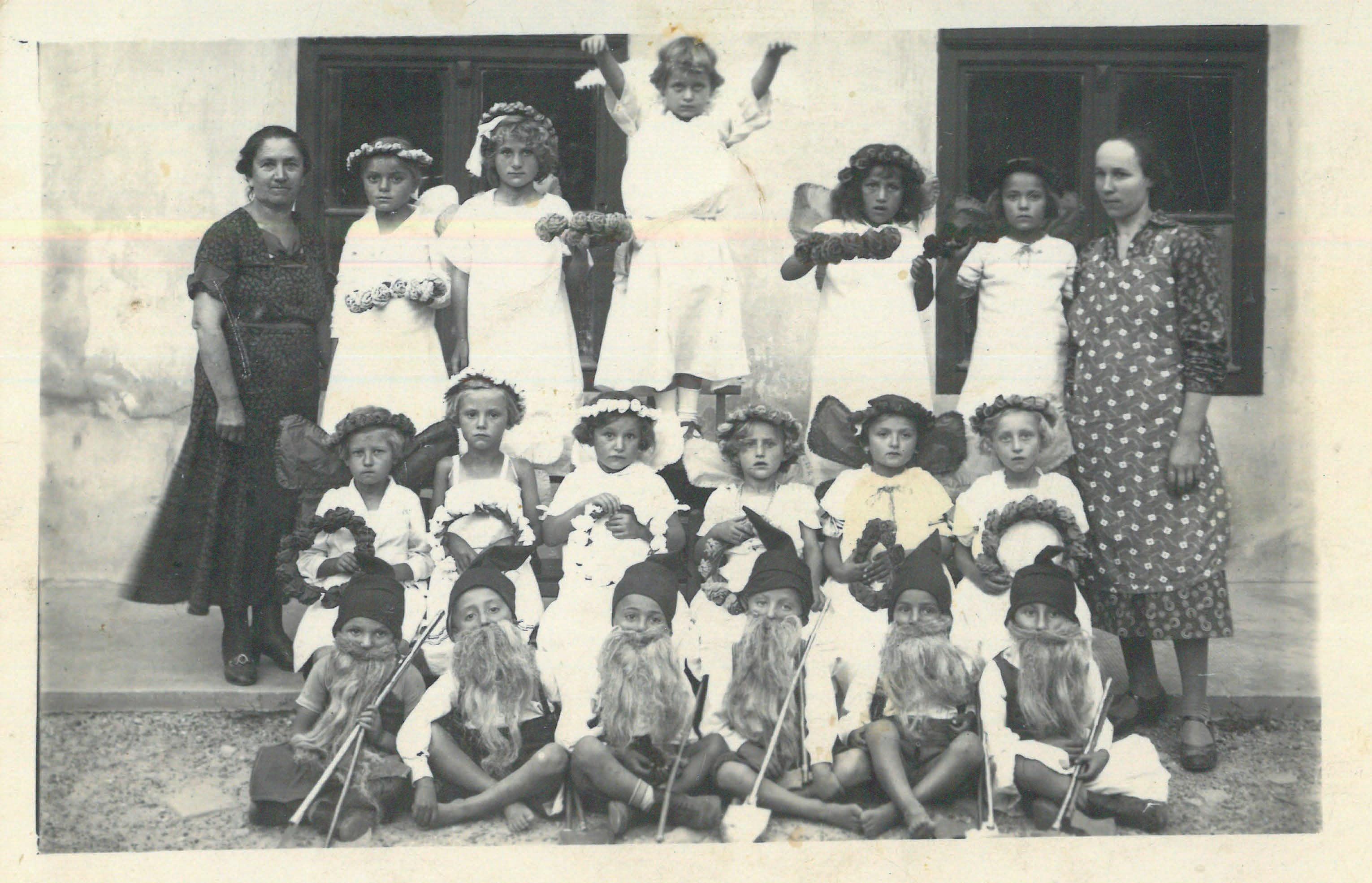
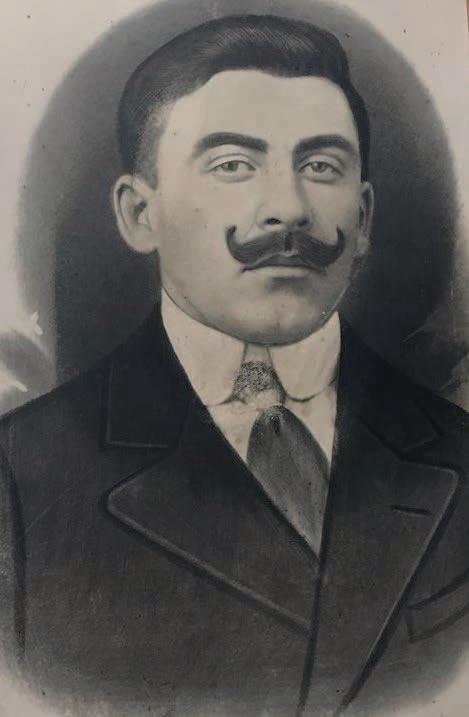
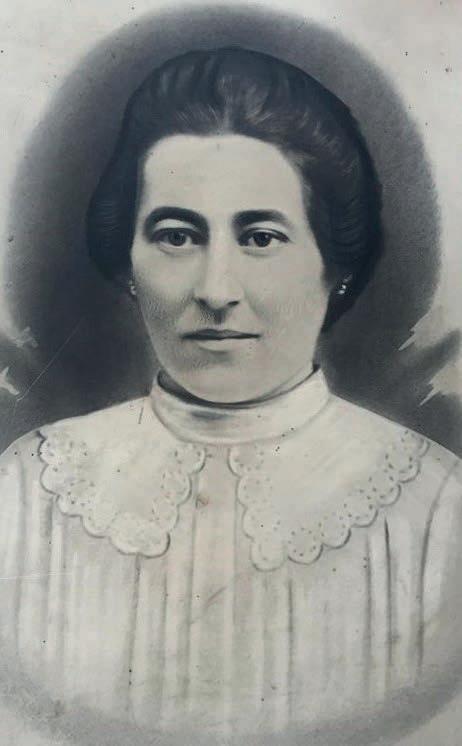
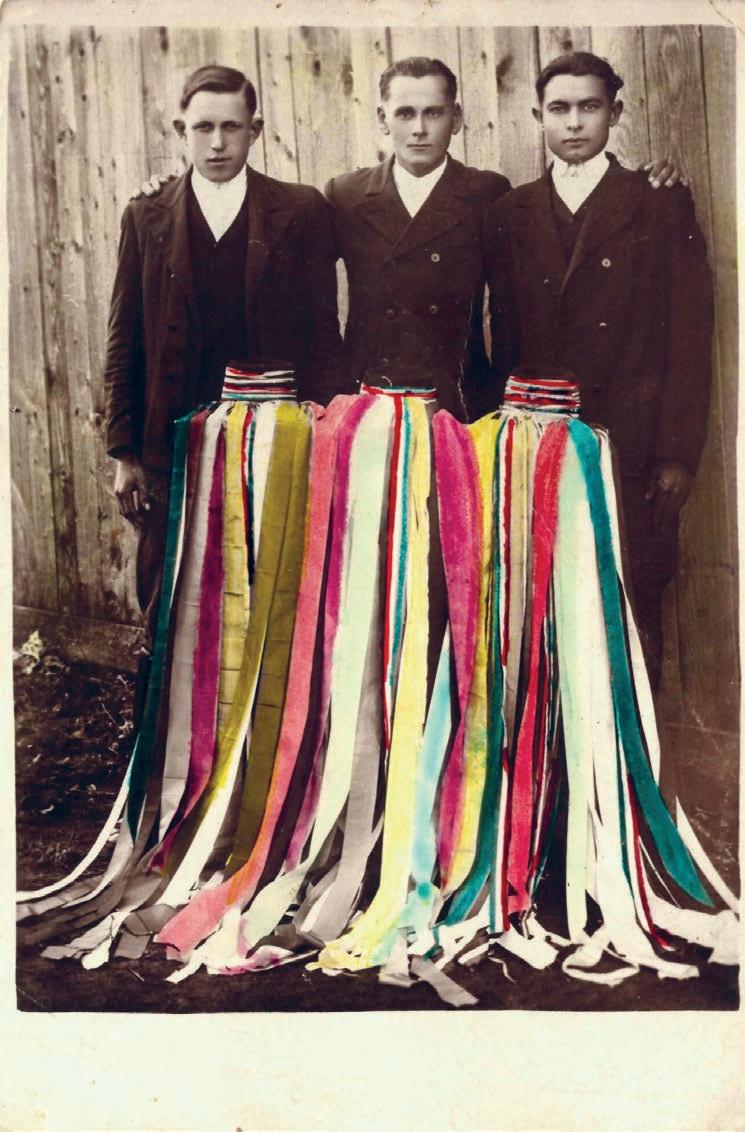
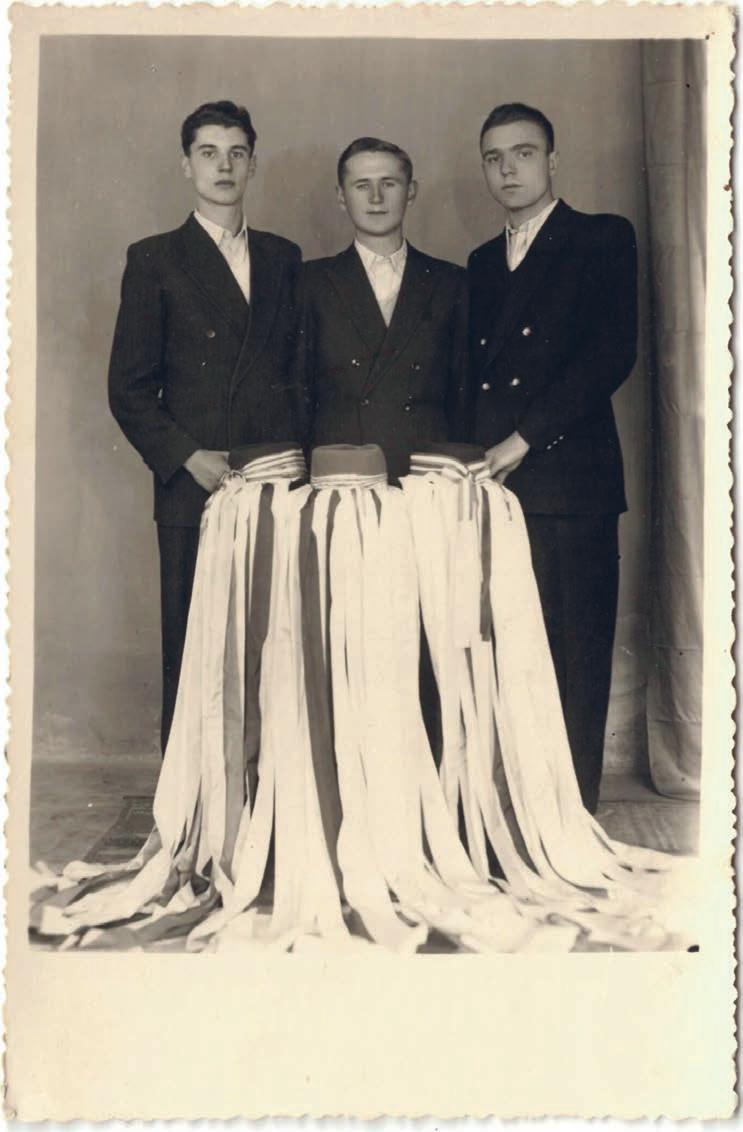
Mátyás Kokics, Antal Radnics and József Ágics
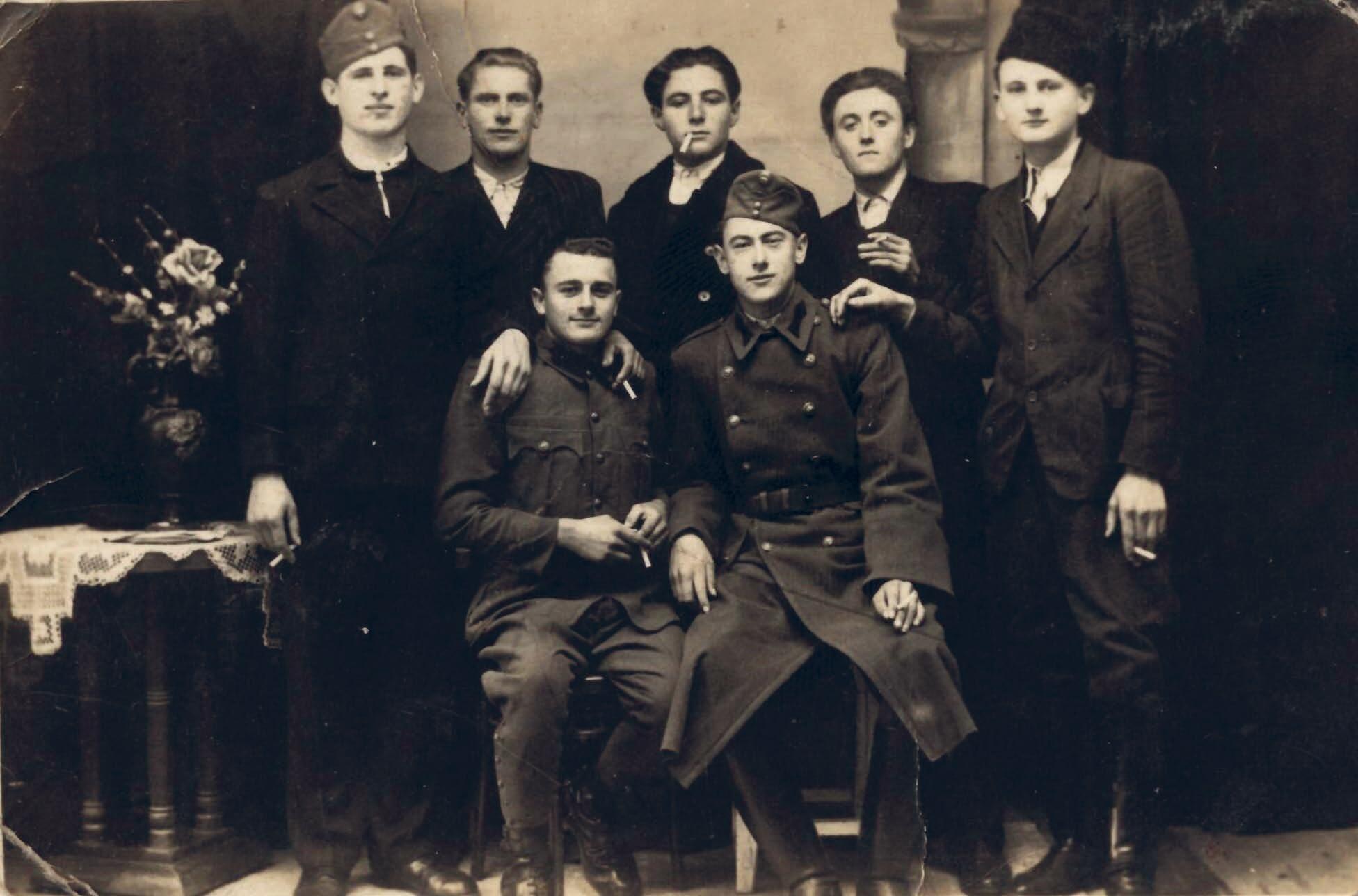
Pál Milkovics (top row, far right) and friends, including Péter Radnics, Gergely Bruszt, and József Nyilas
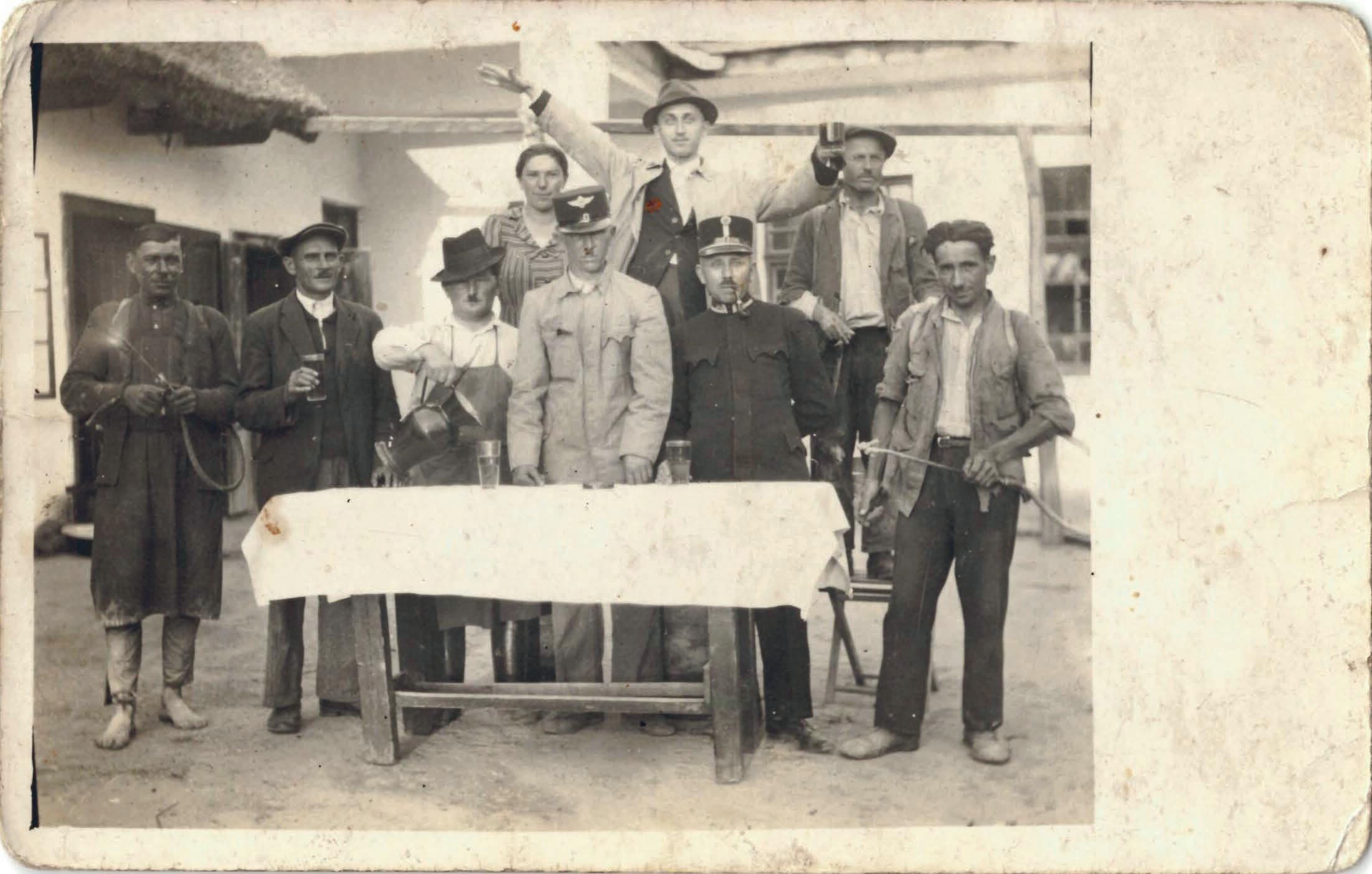
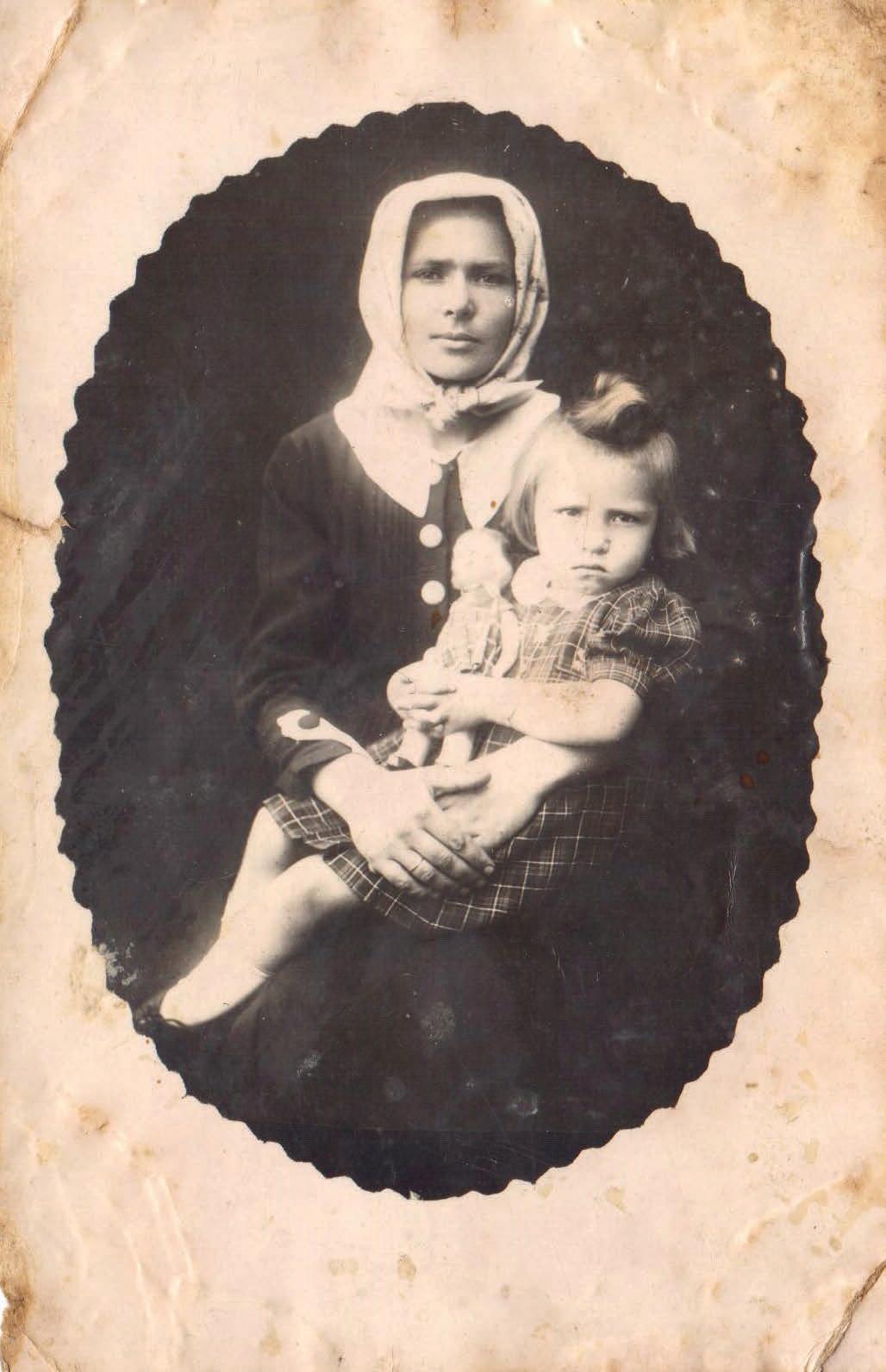
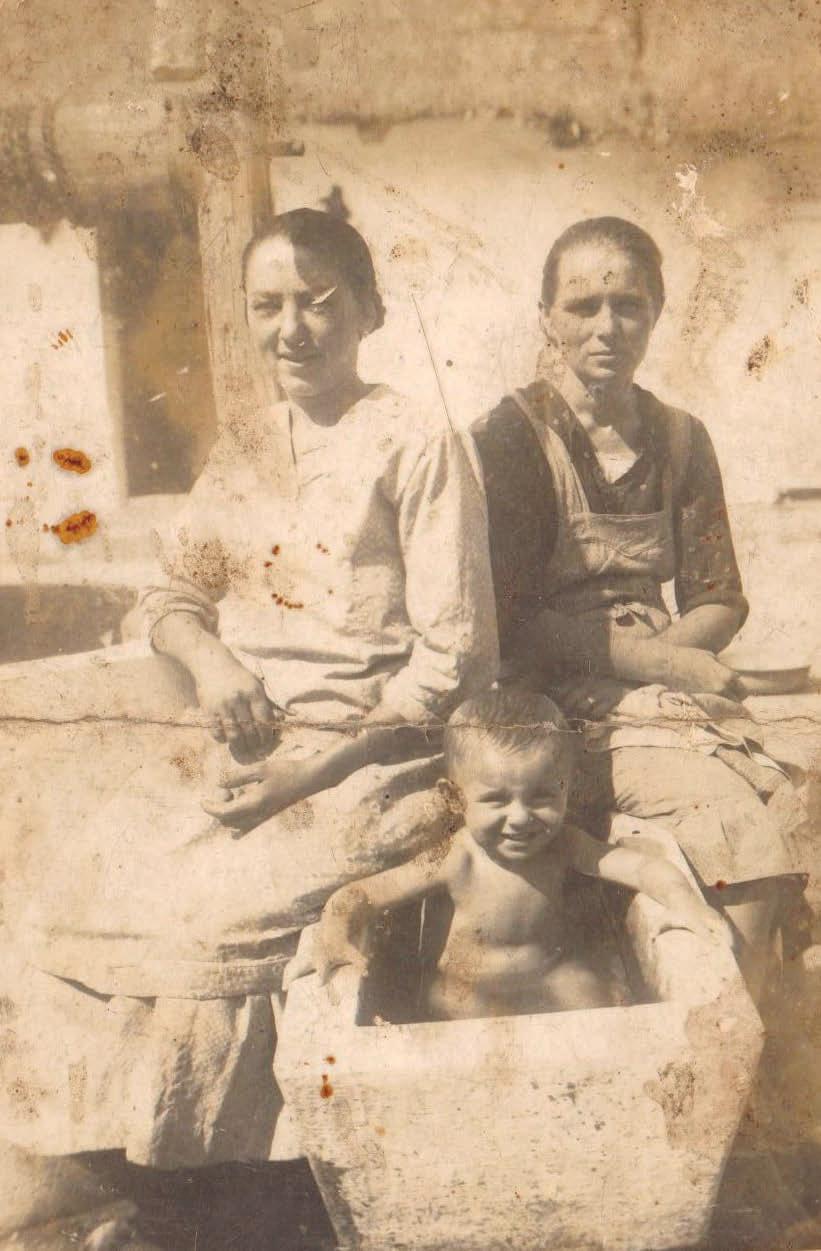
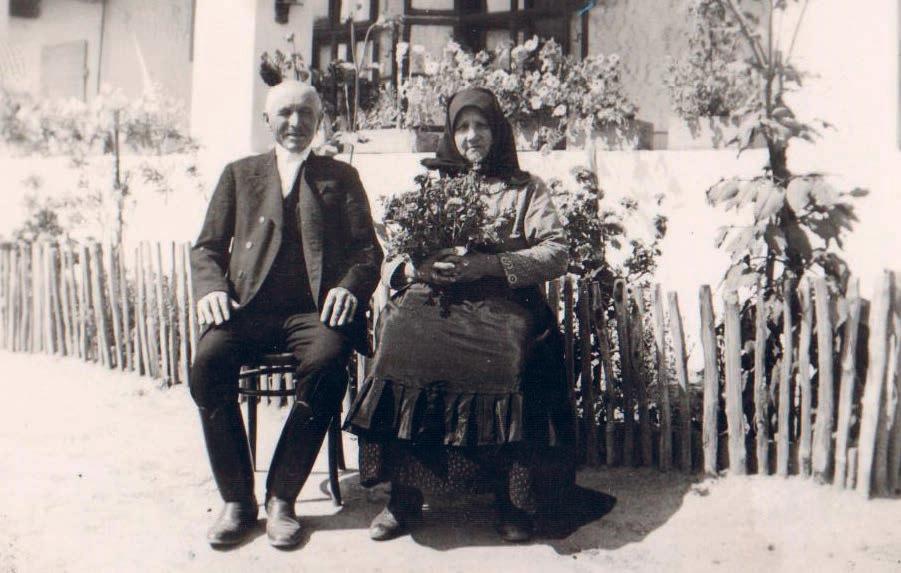
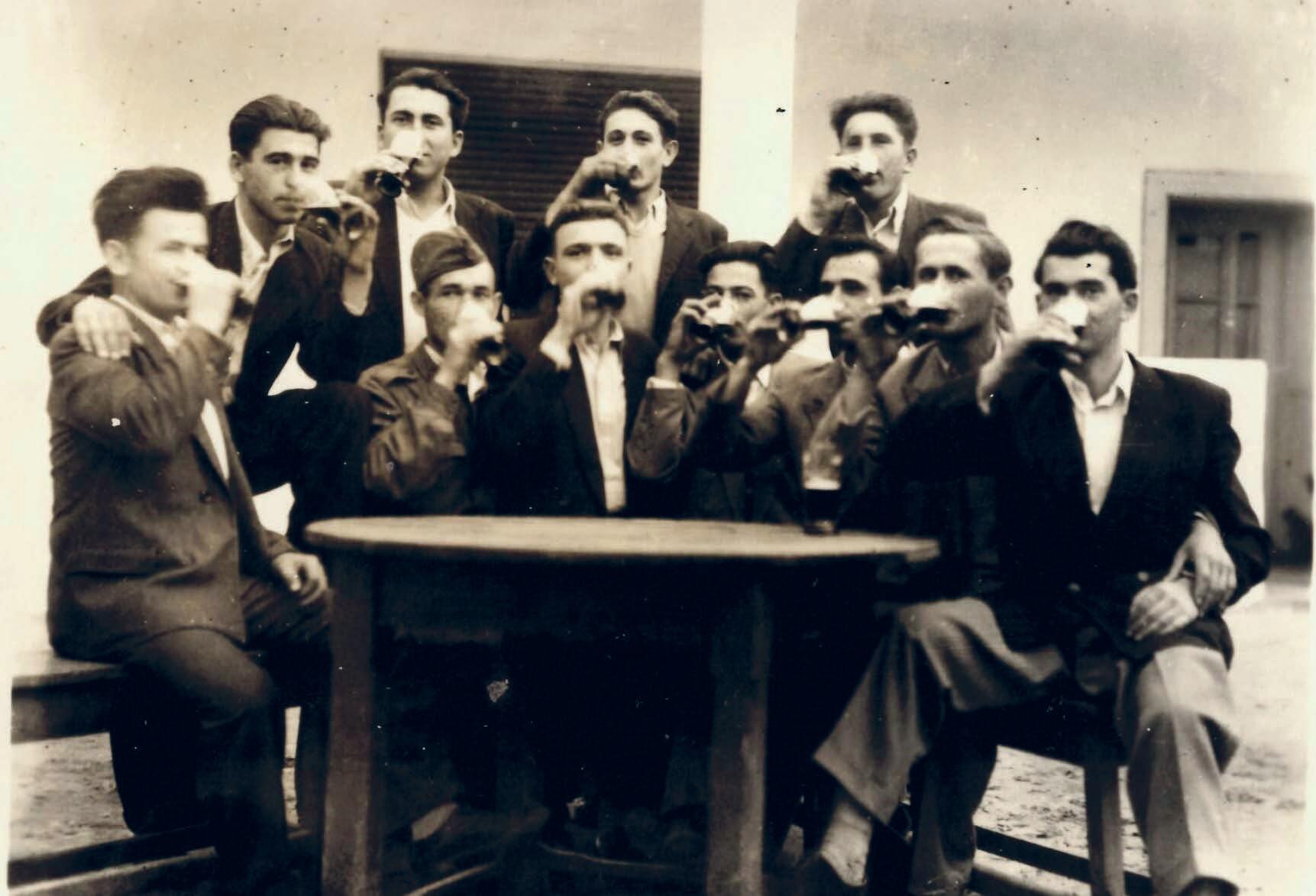
Outer semicircle: Gergely Dragovics, Márk Magyarics, Pál Bednanics, Pál Marlyin, Gergely Marlyin.
Inner semicircle: Gergely Joszkin, József Ágics, Márk Dragovics, János Dragovics, Antal Radnics, László Zsurzsucz
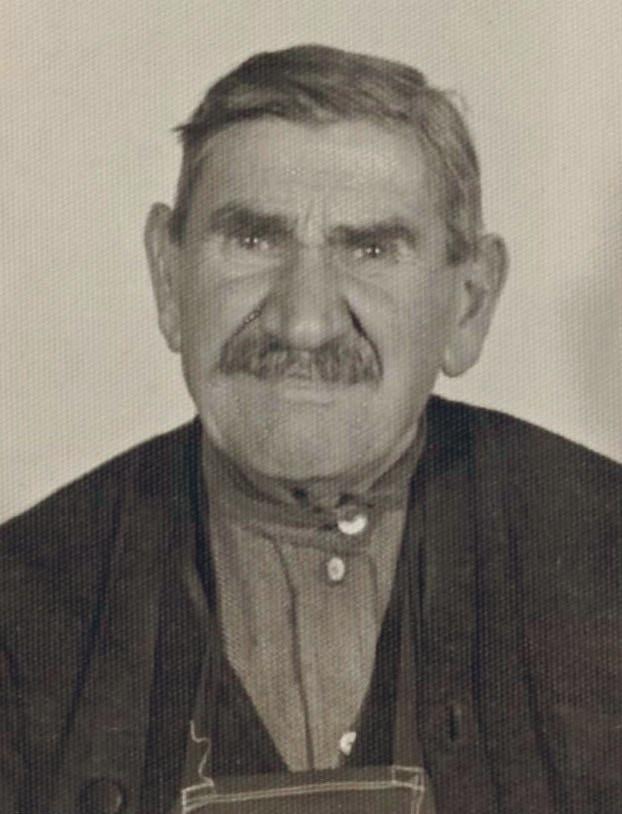
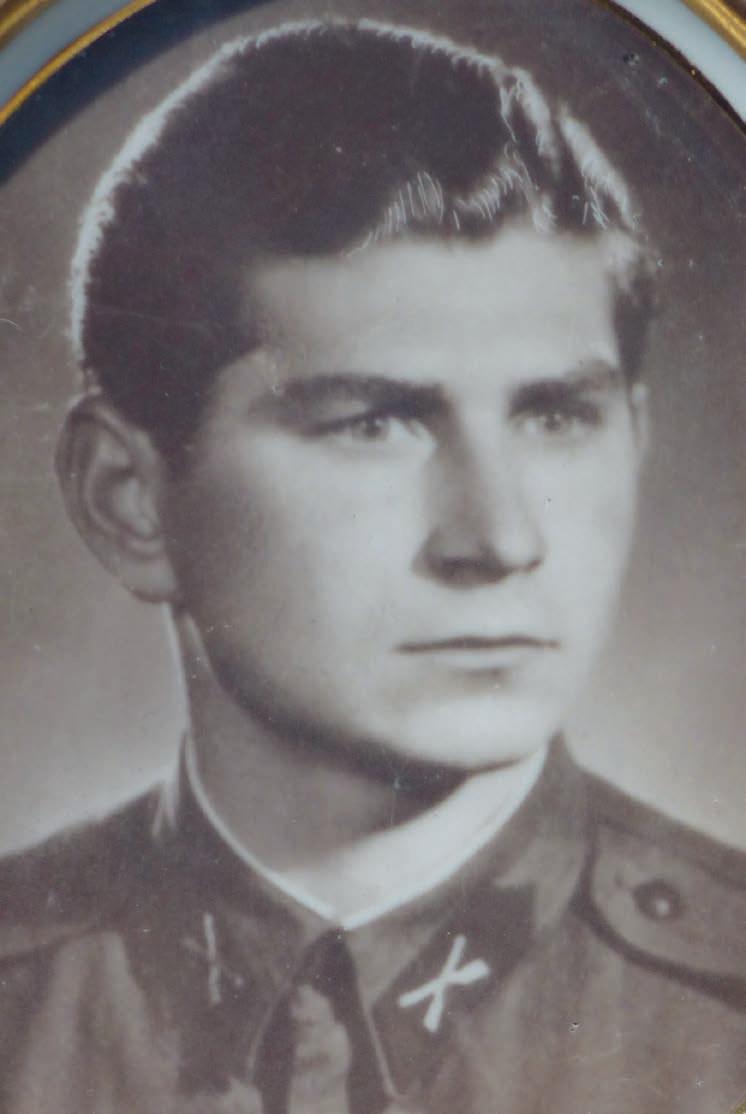
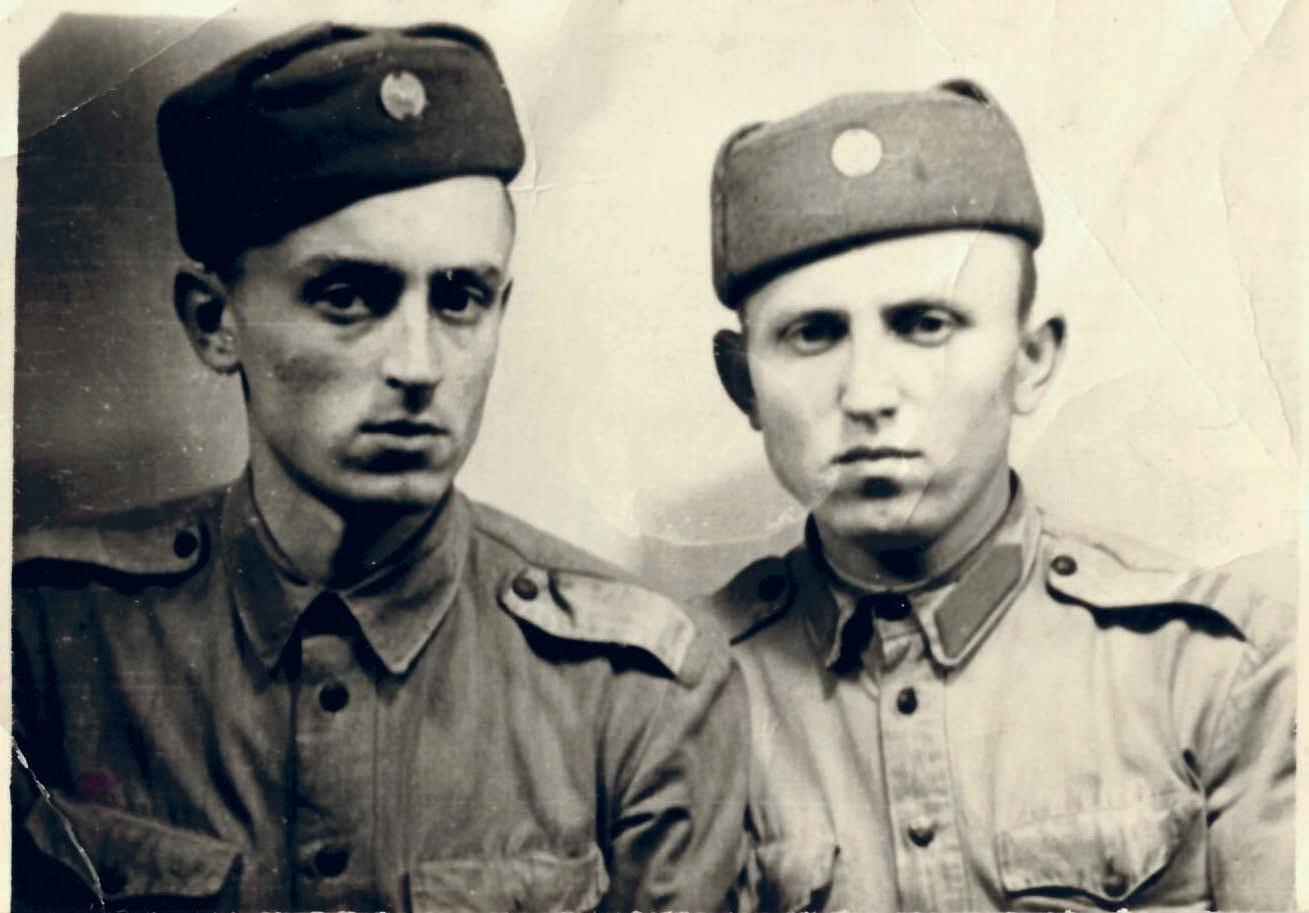
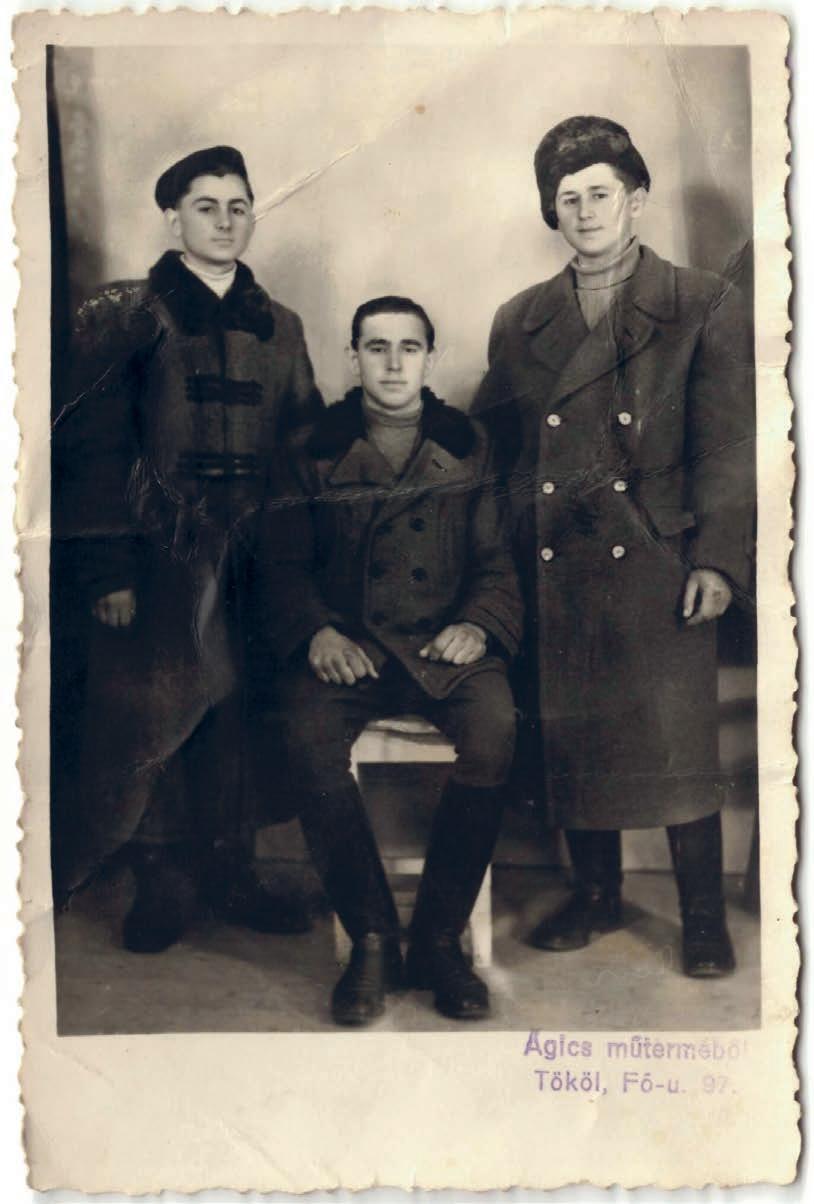
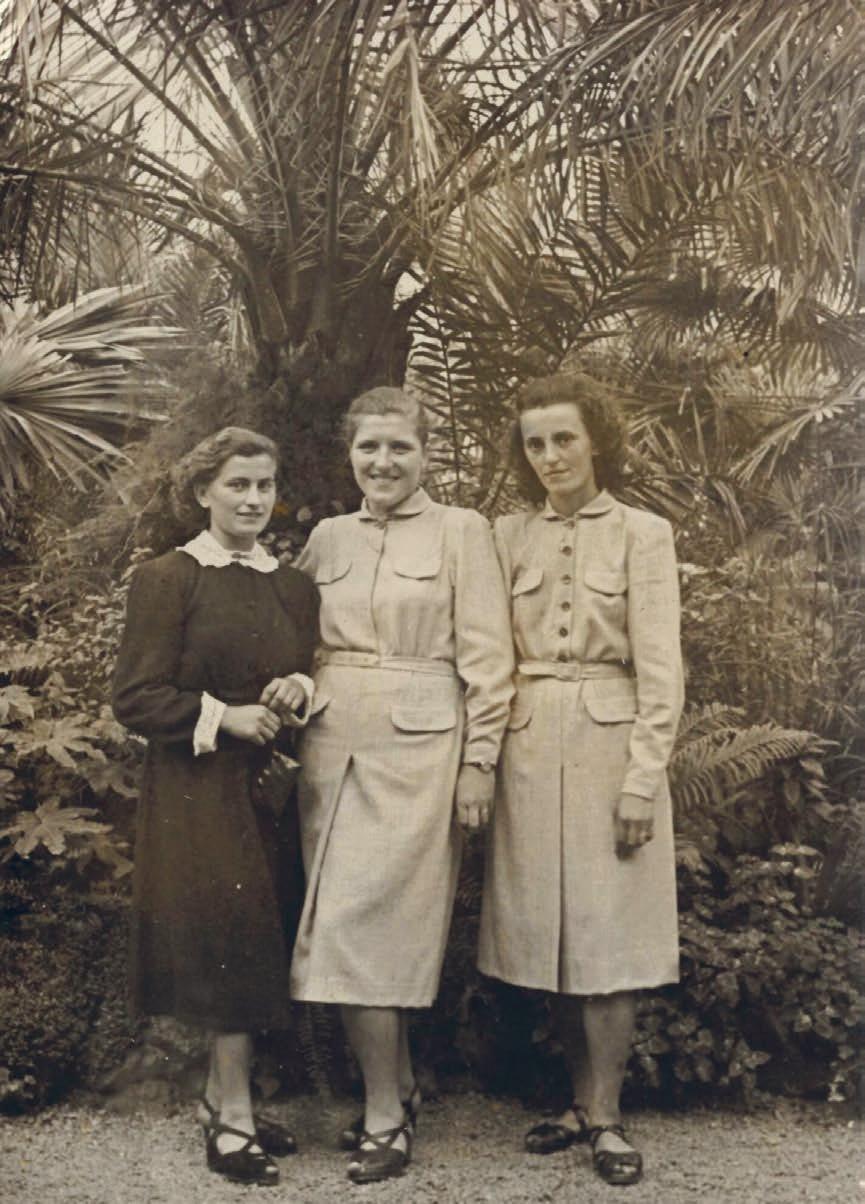
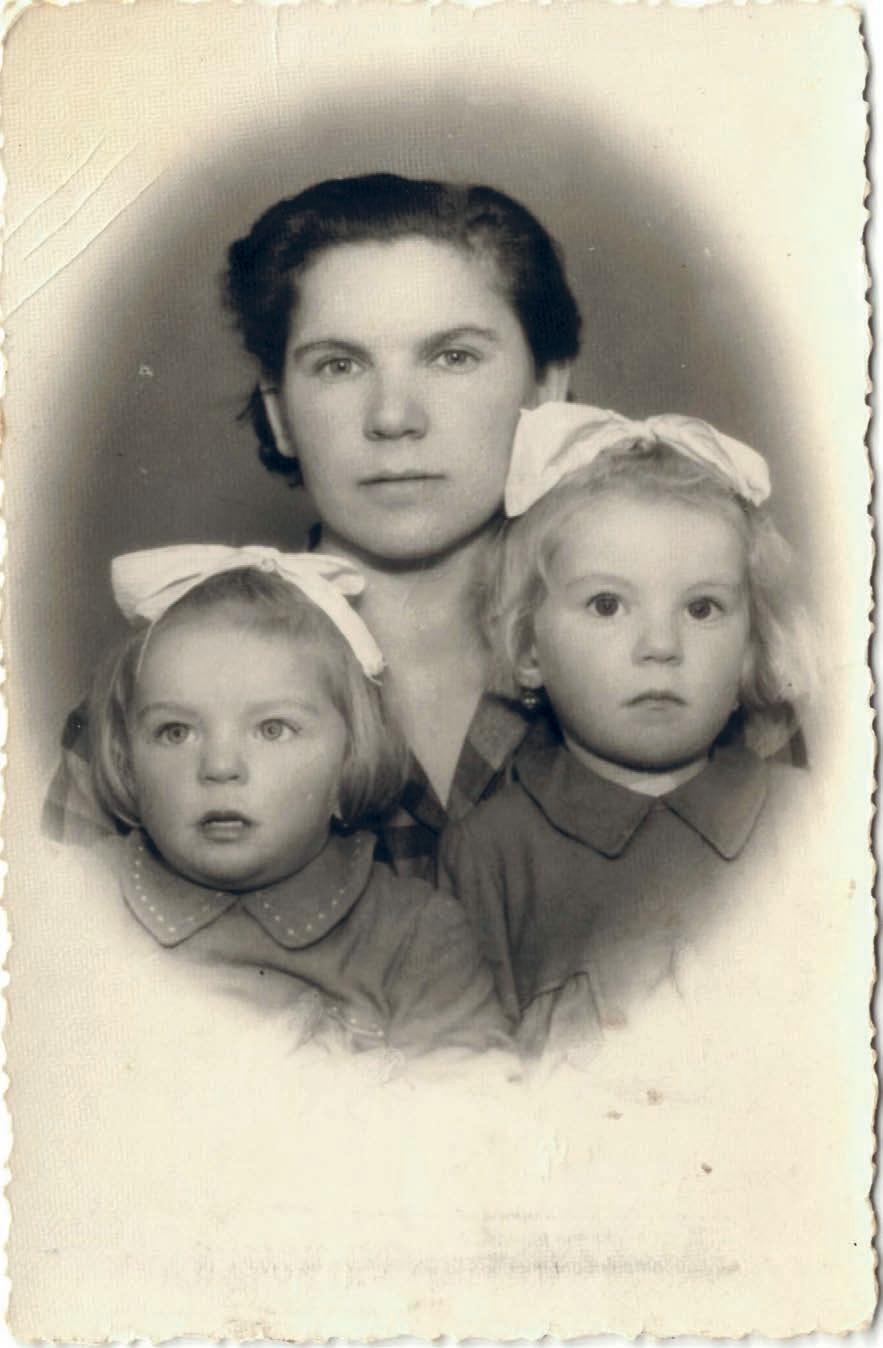
Mária Marlyin, wife of János Polyák, together with Ágnes Gergényi and Julianna Gergényi
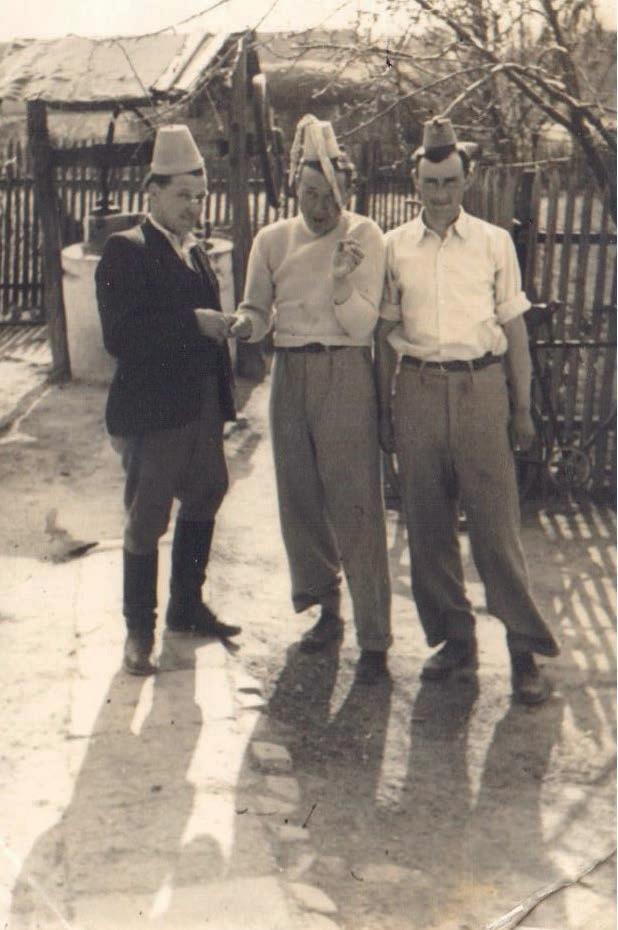
Simon Dragovics, Simon Radnics and János Gergics
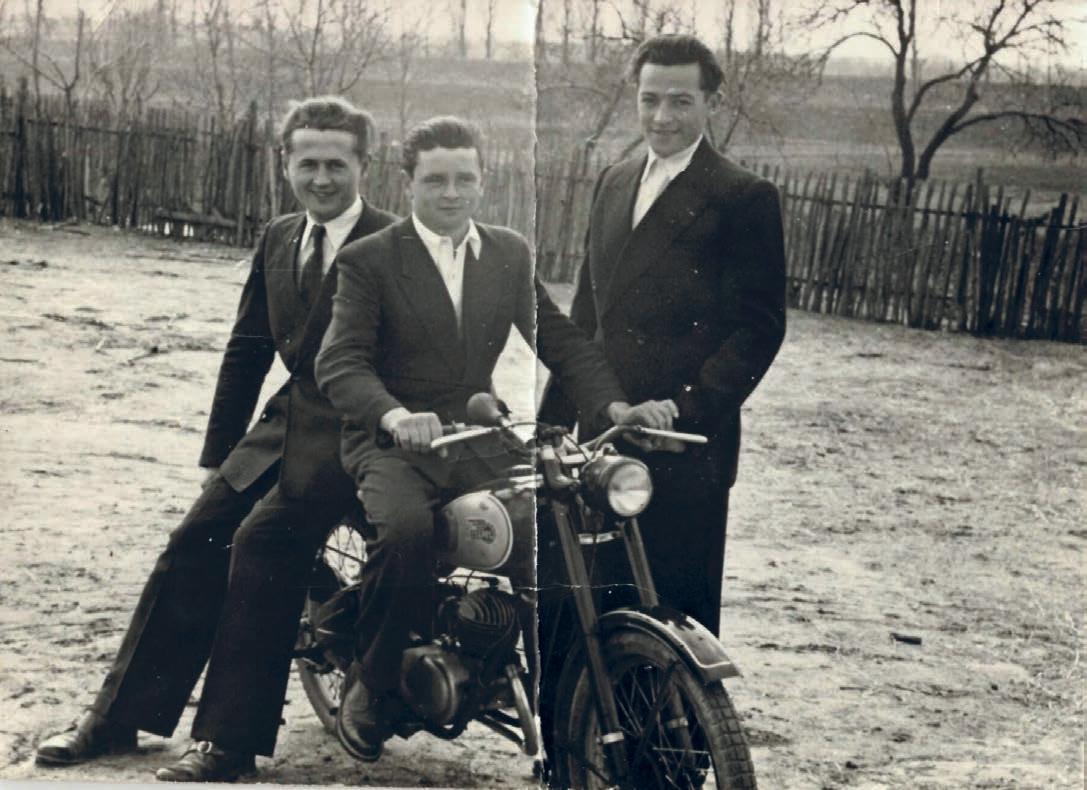
Radnics, Péter Takács and Márk Dragovics
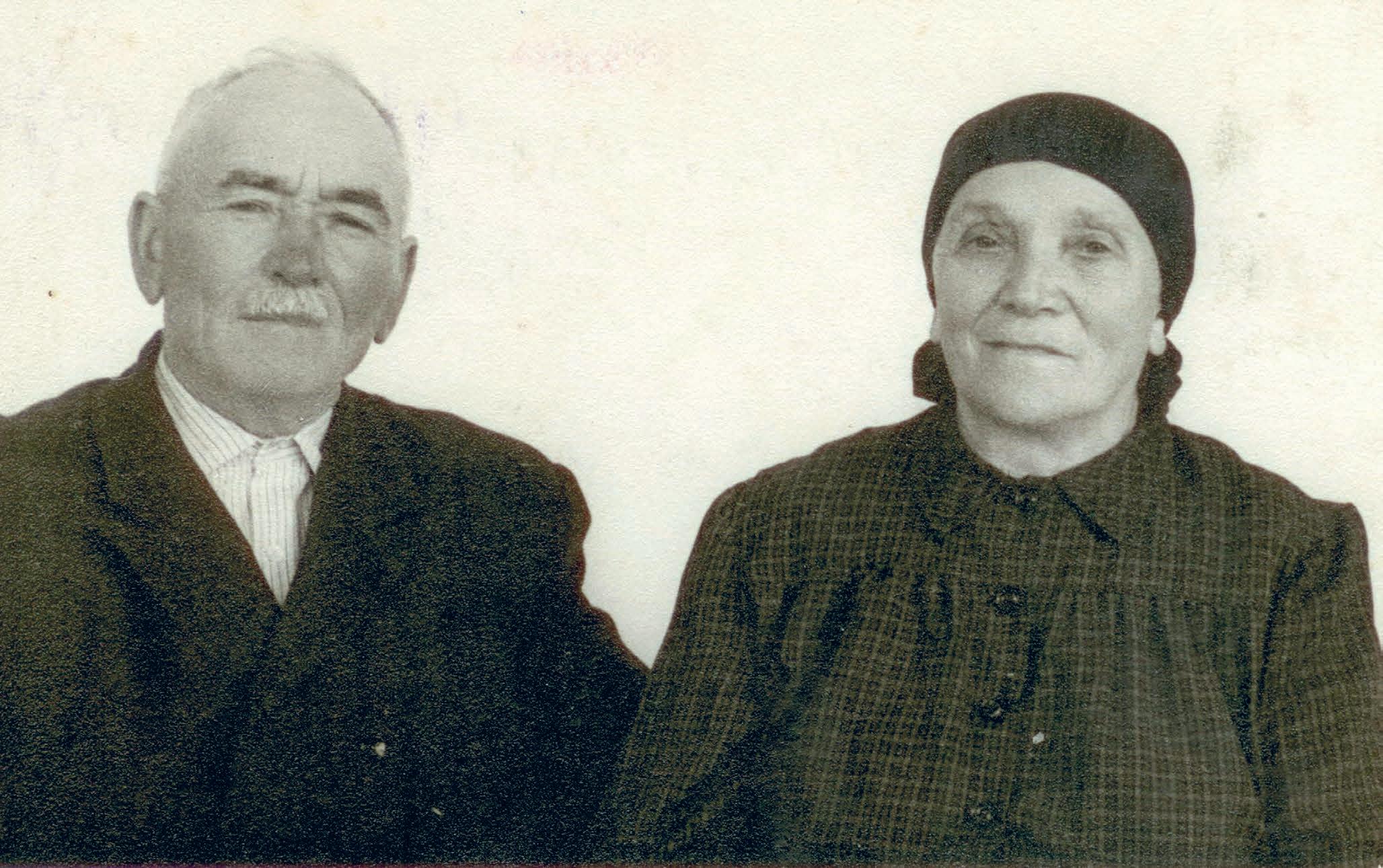
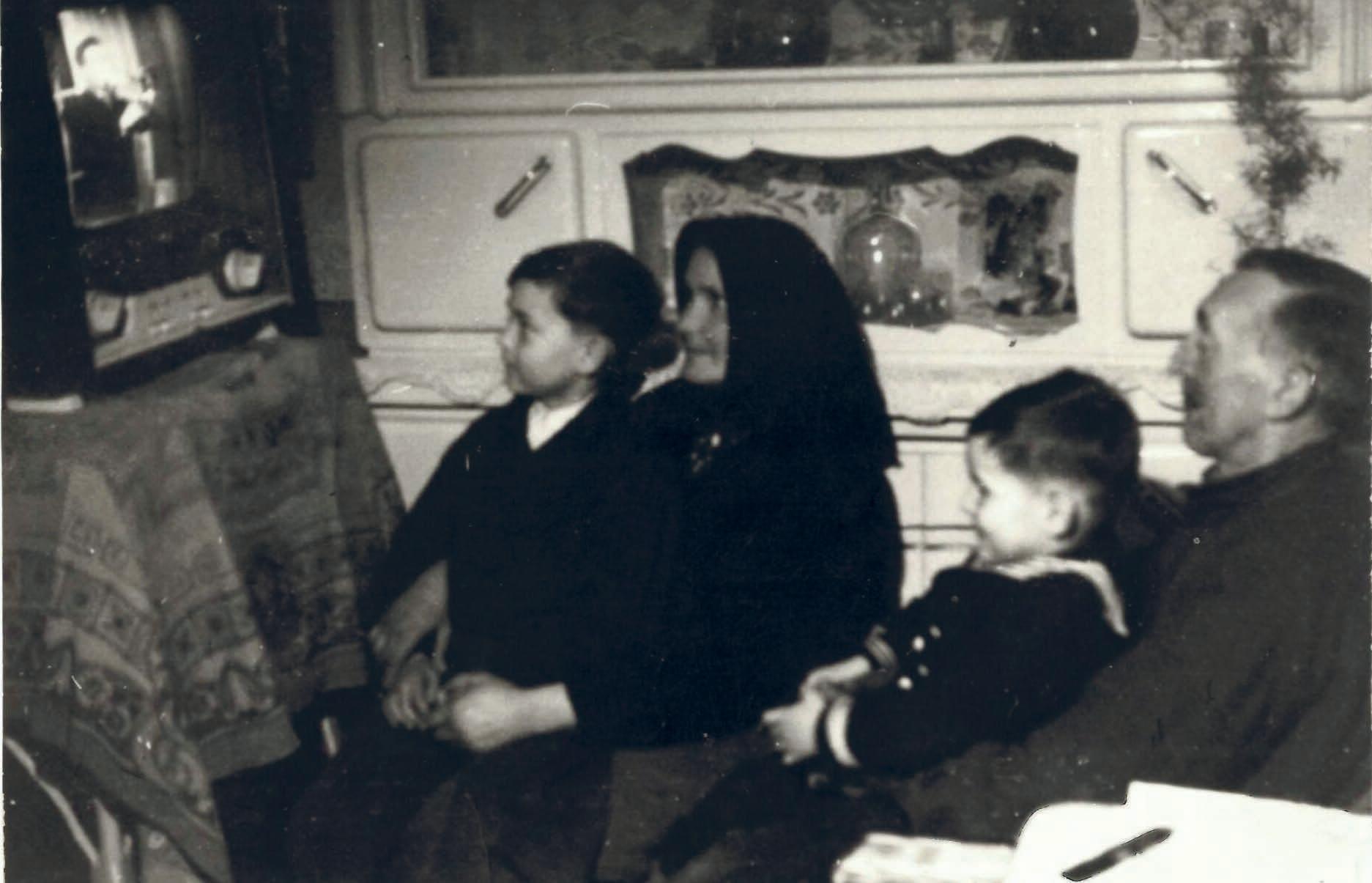
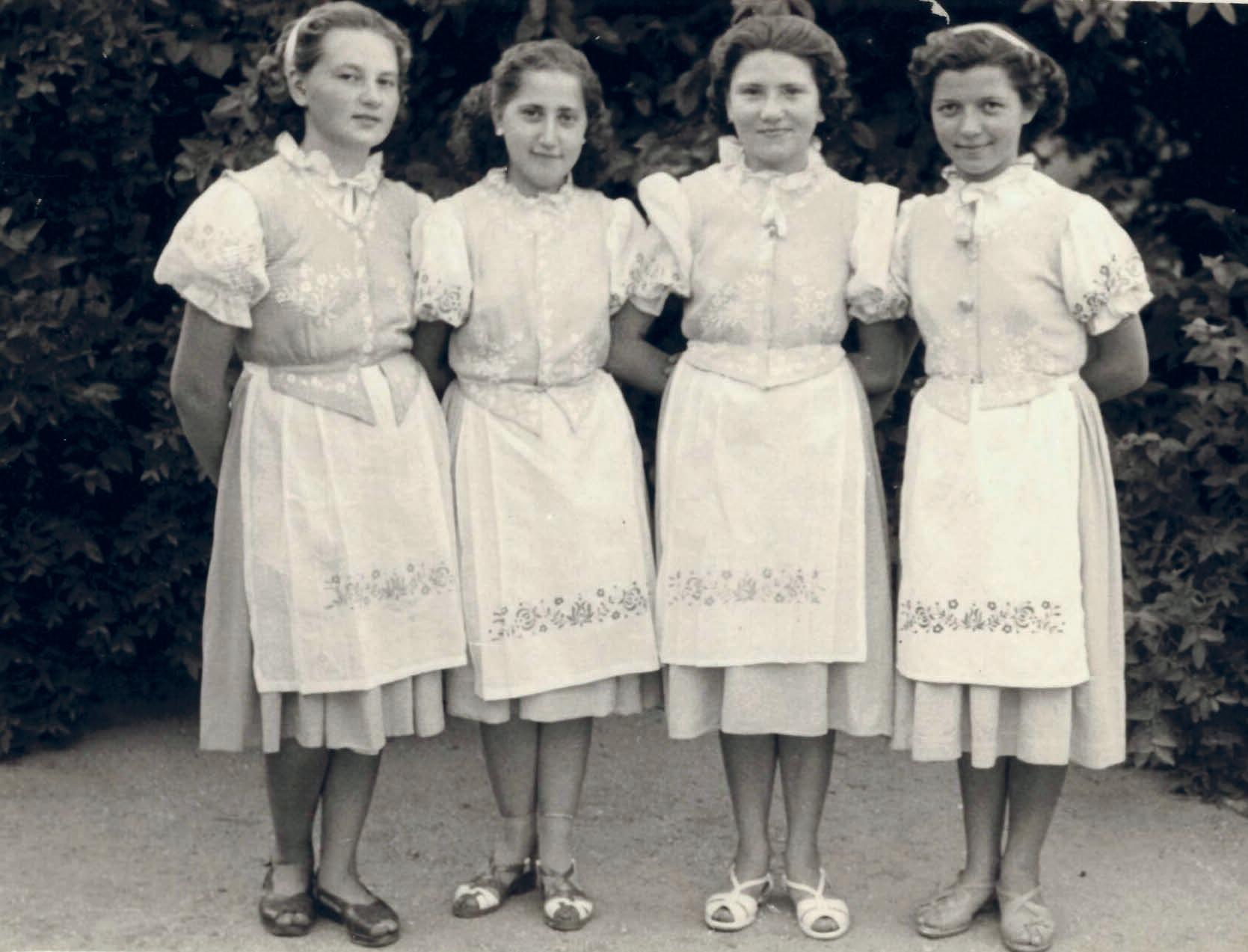
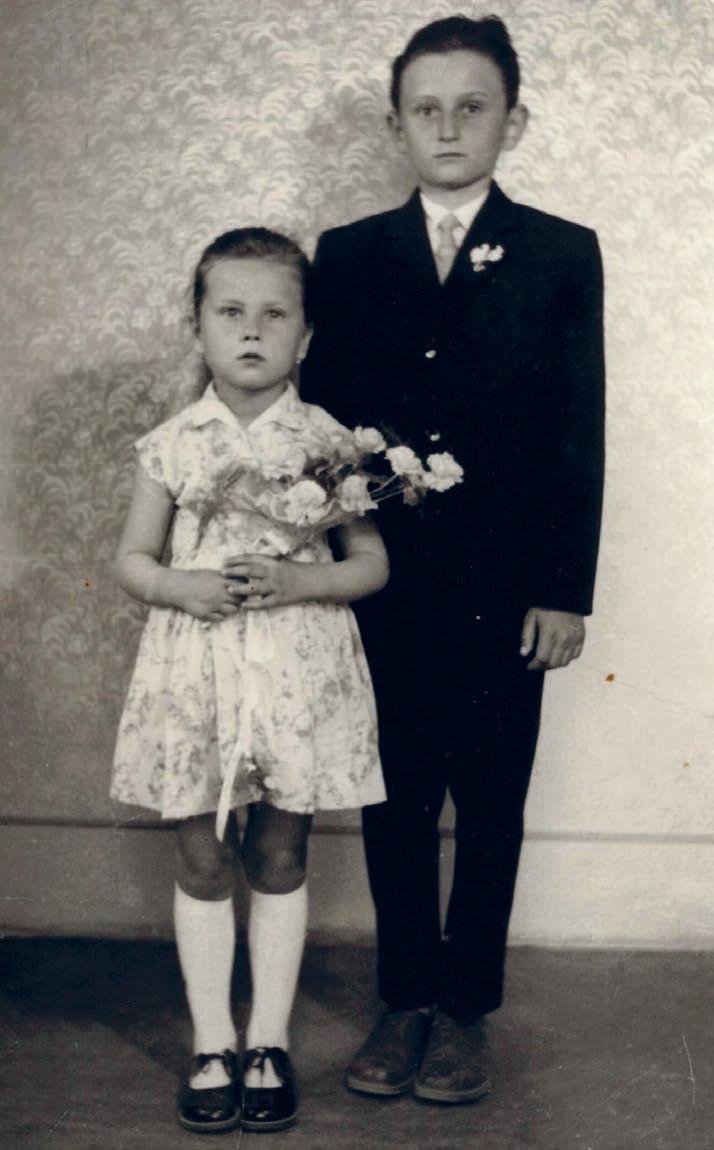
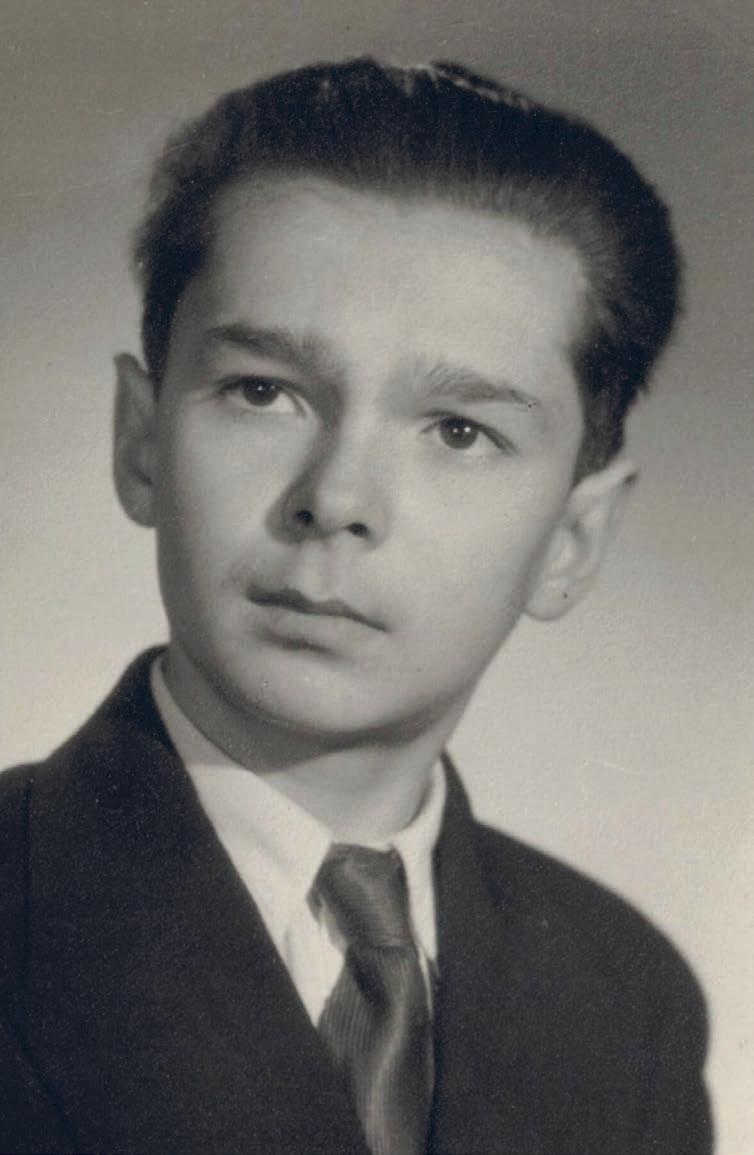
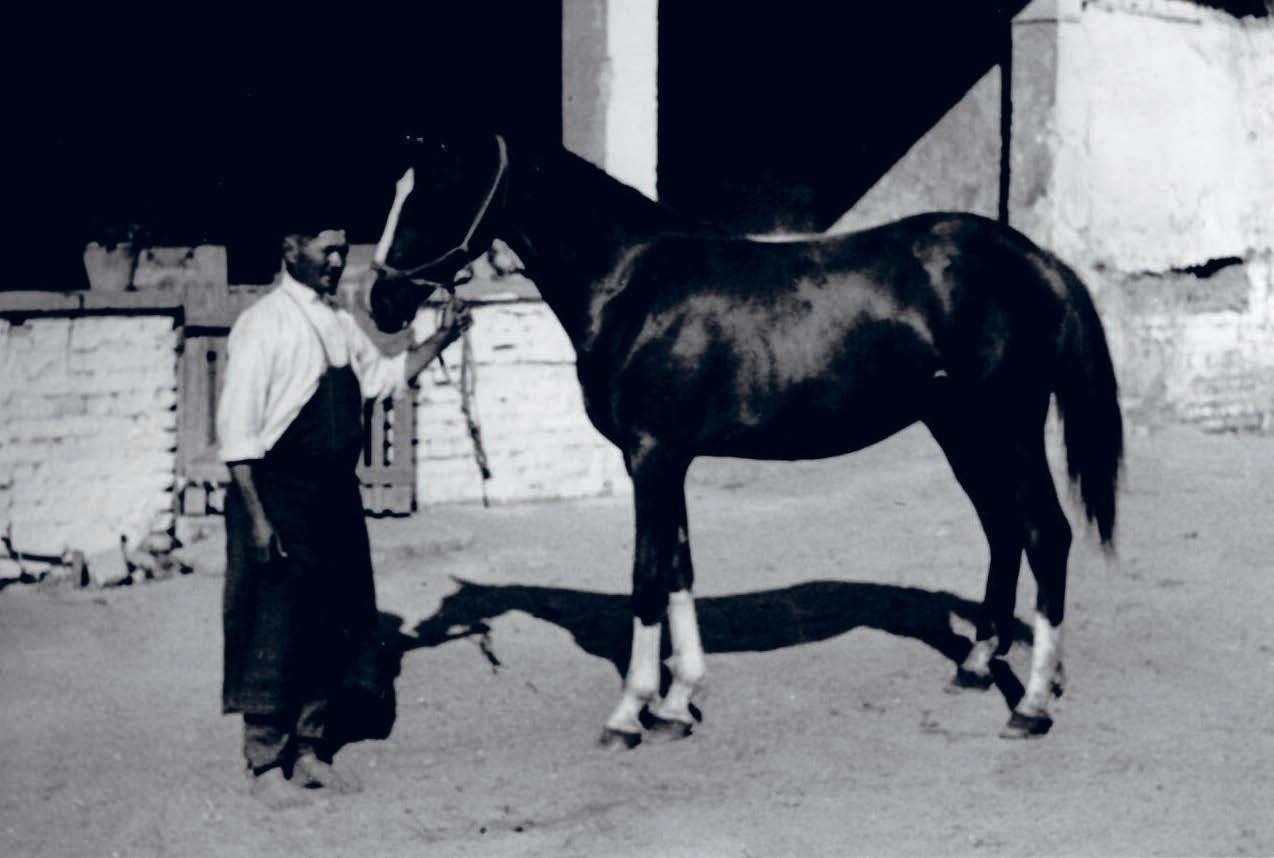
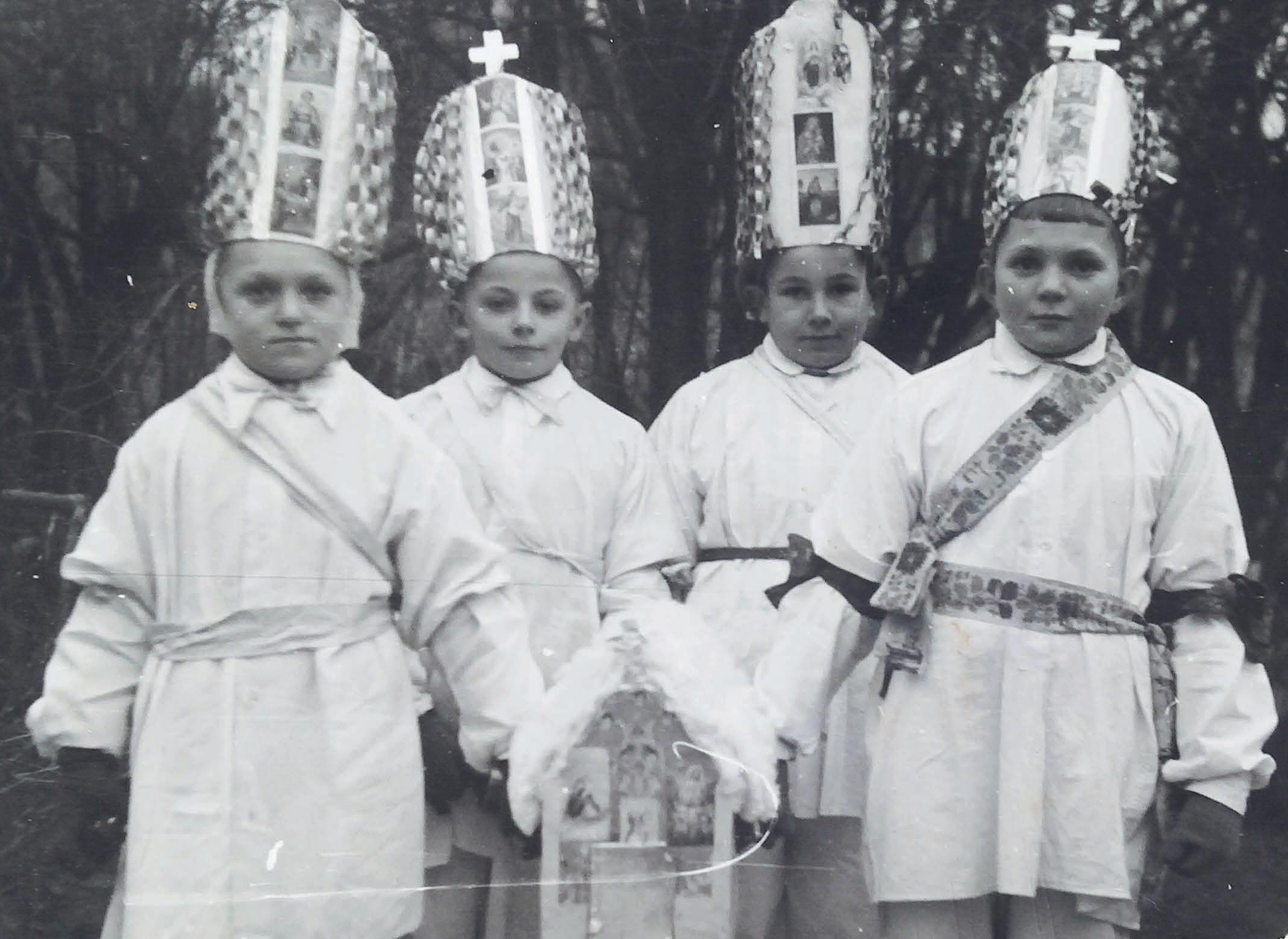
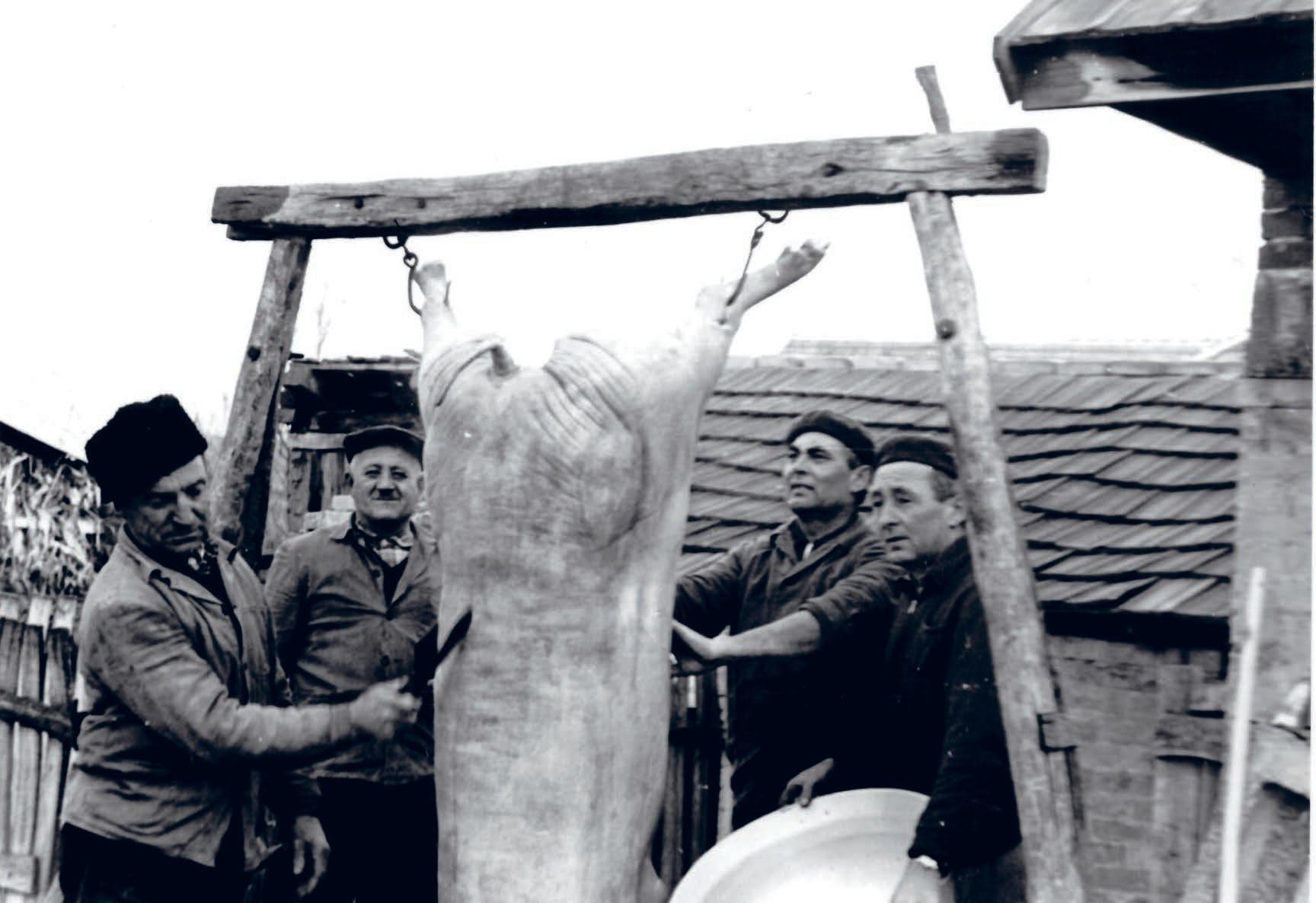
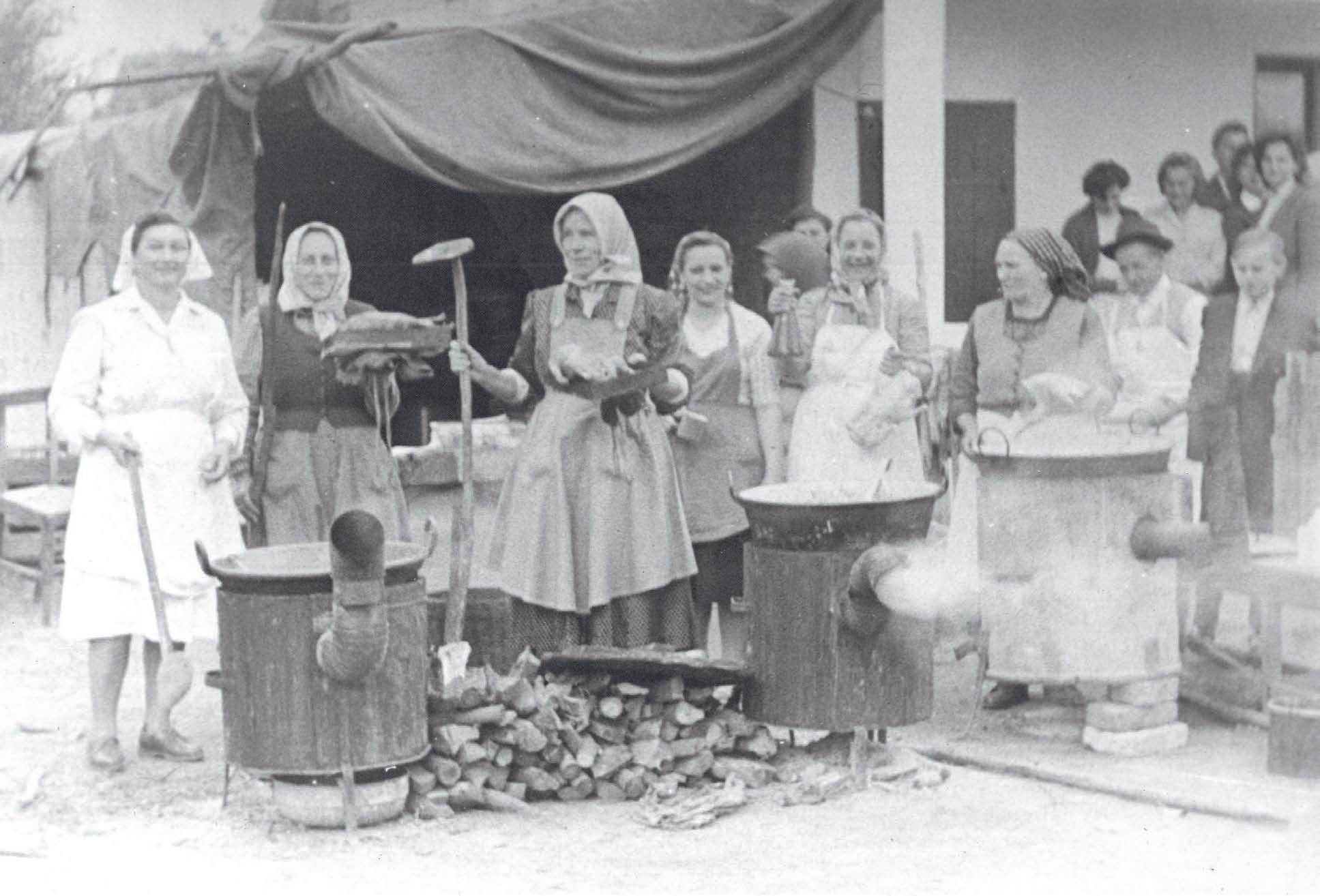
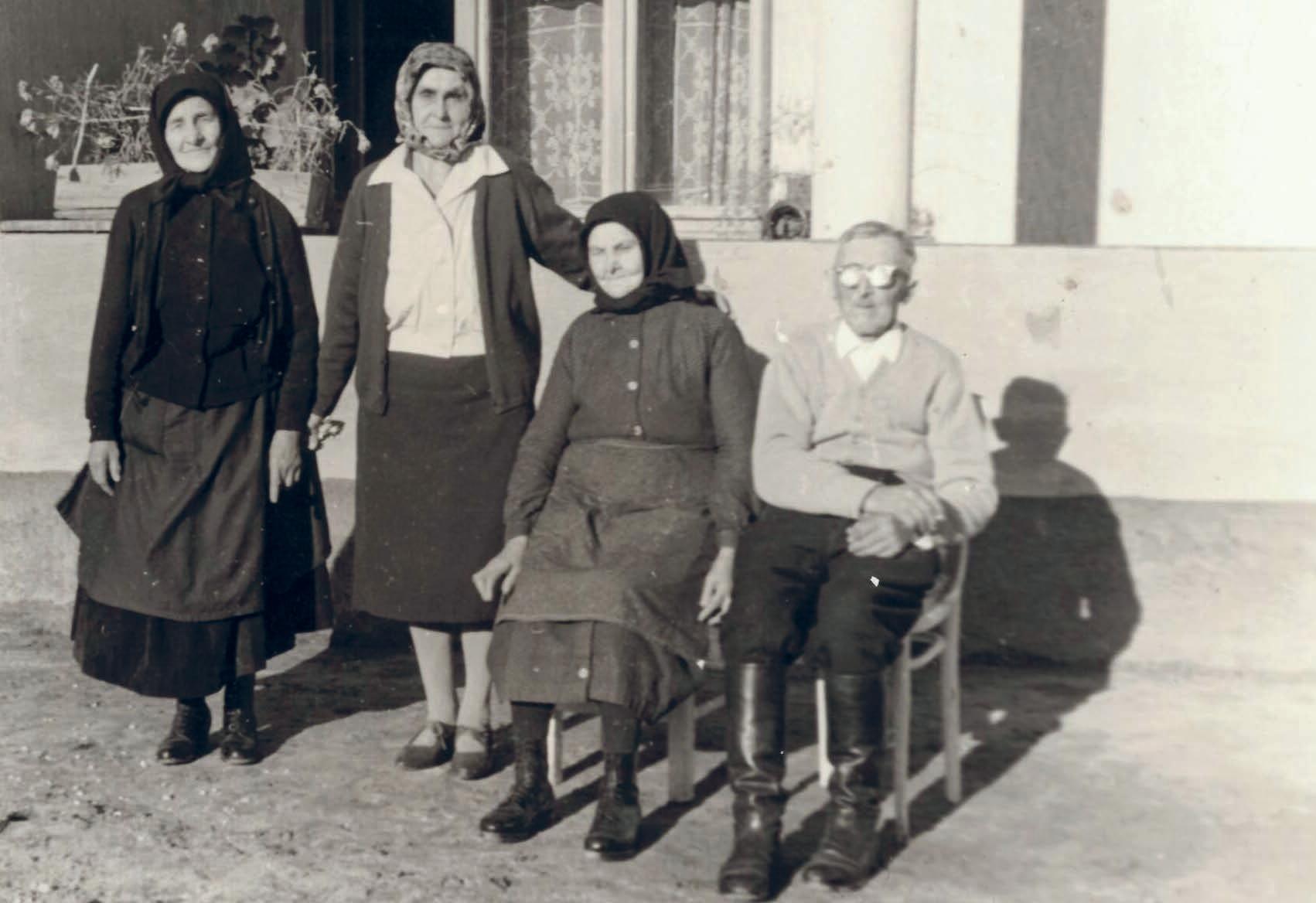
Margit Milkovics, wife of János Sárácz; Teréz Milkovics, wife of Péter Milkovics; Mária Milkovics, wife of Jeromos Vukov; and Jeromos
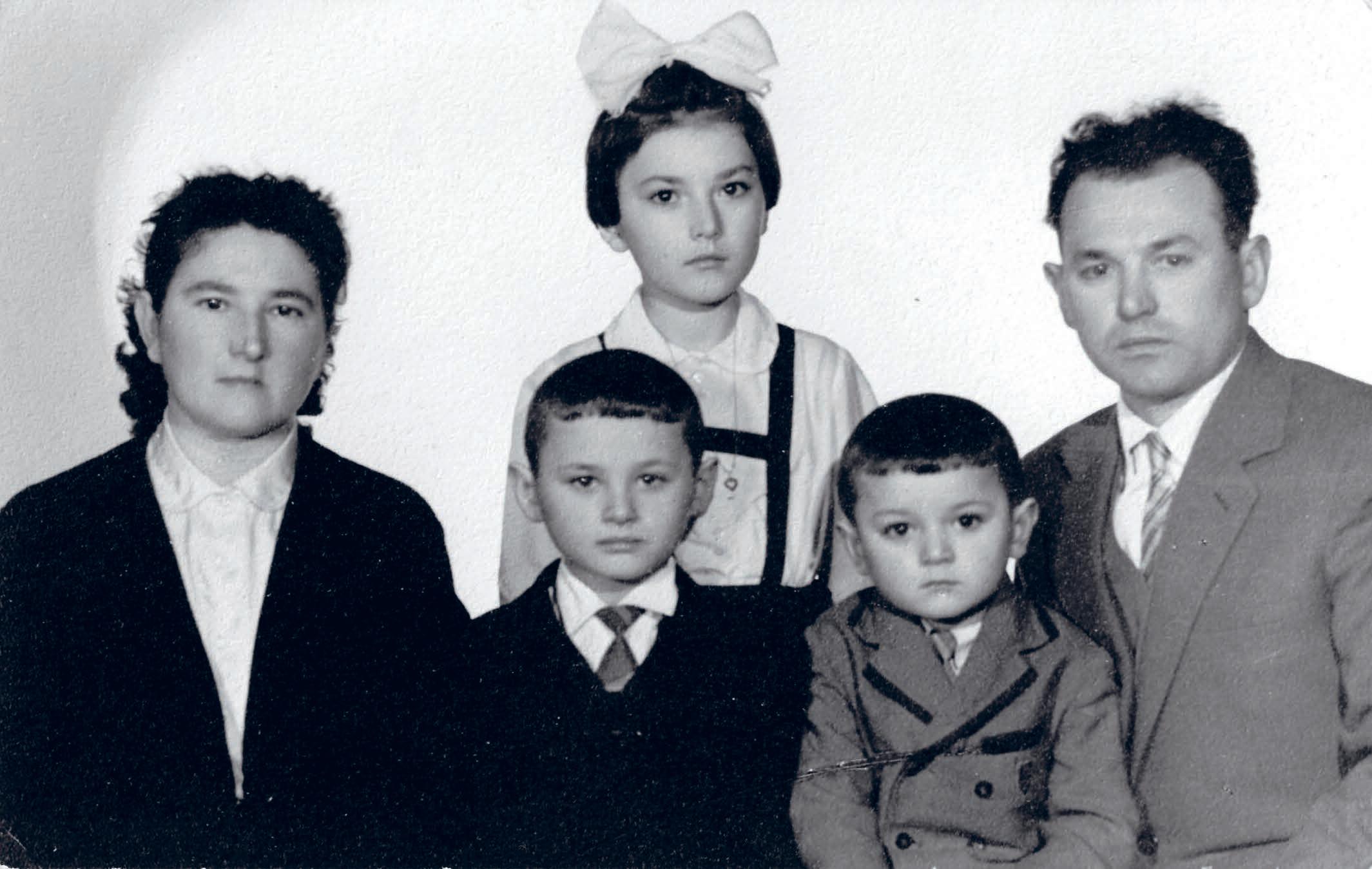
György Schneider and his wife, Katalin Gabelics, with their children Katalin, János, and György
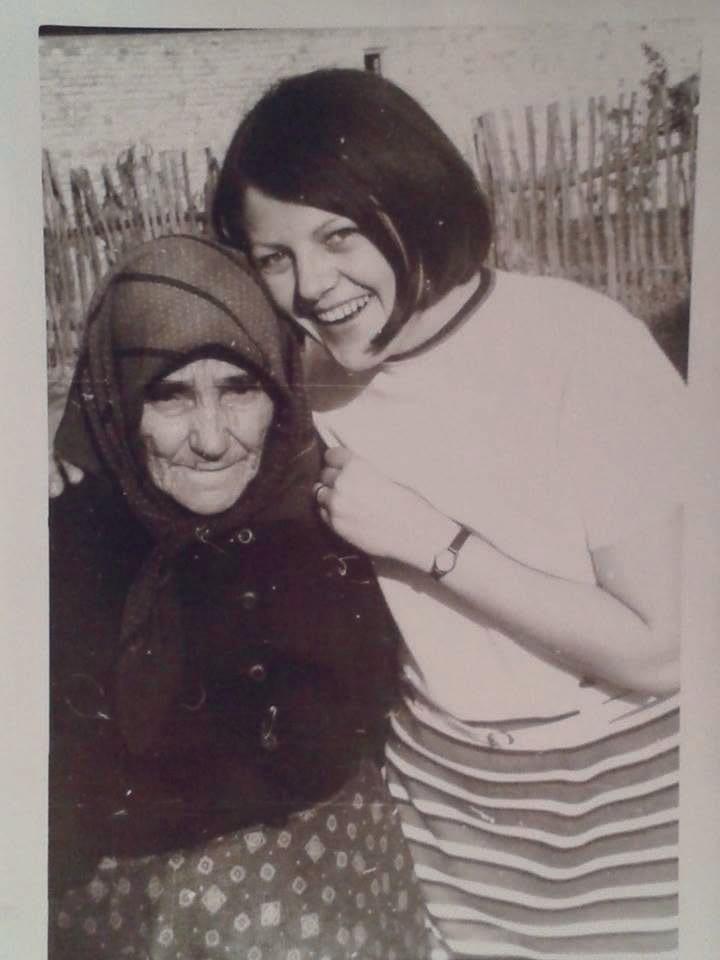
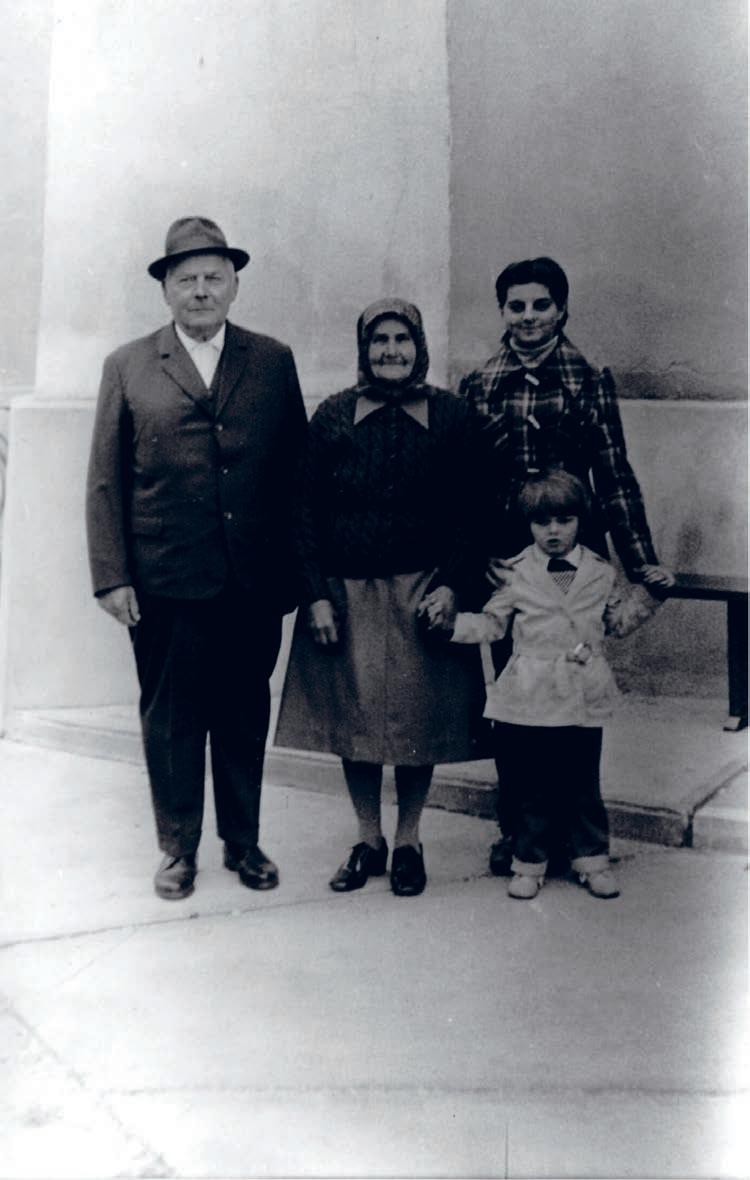
András Gergics and his wife, Magdolna Rozgics, together with their family members
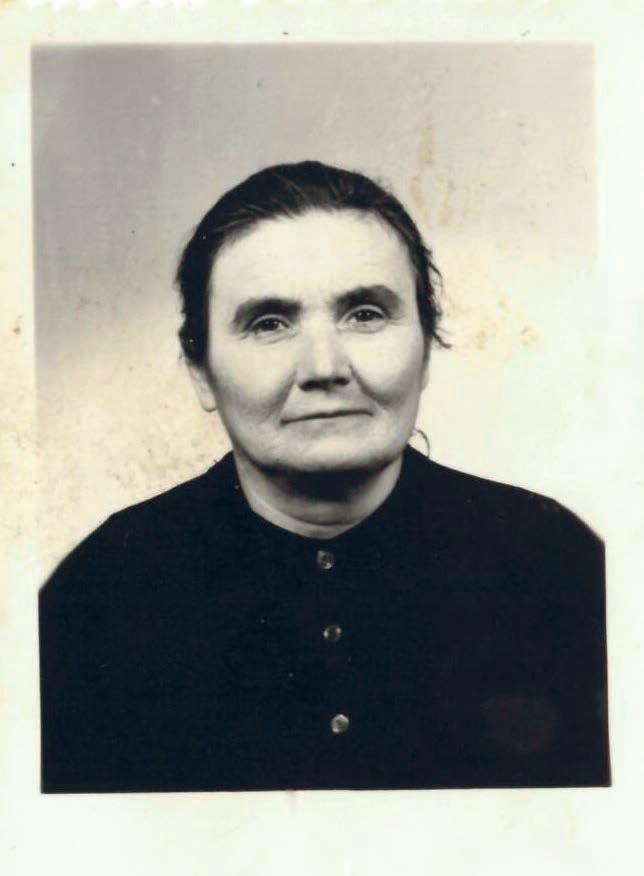
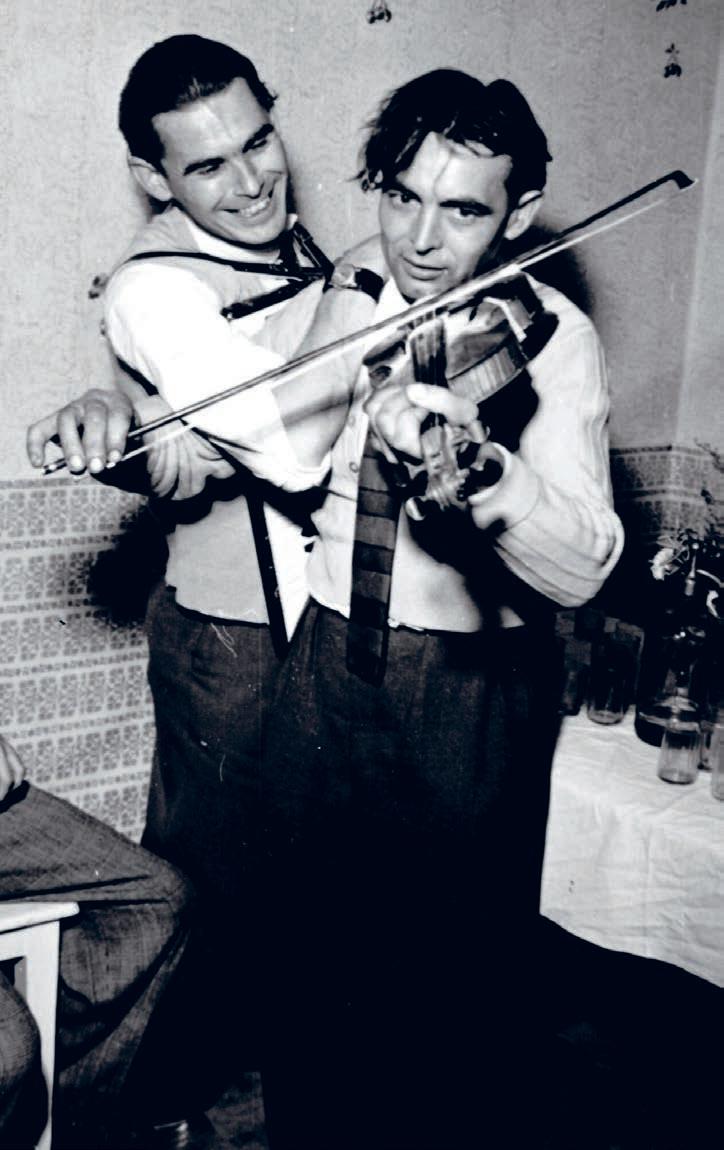
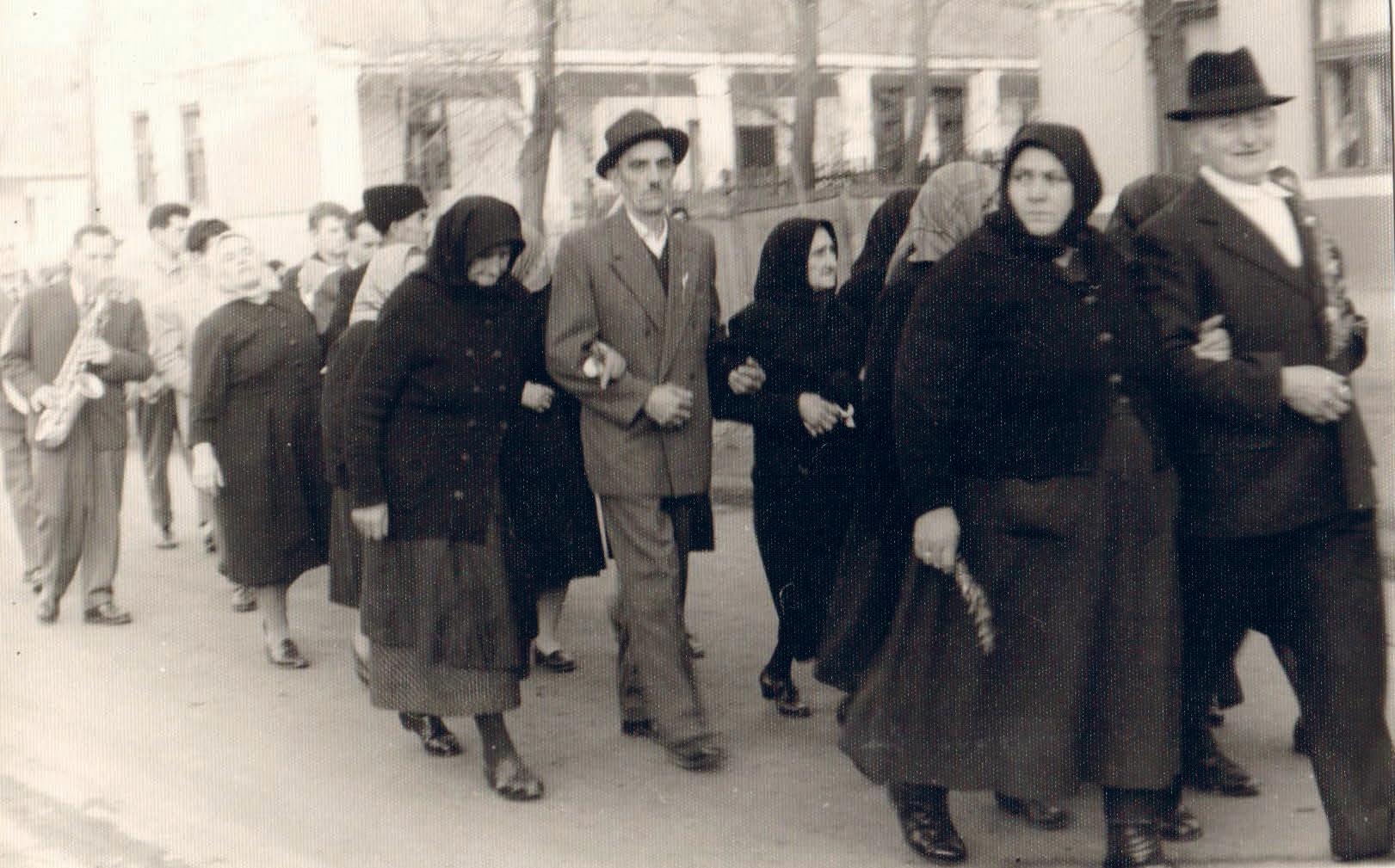
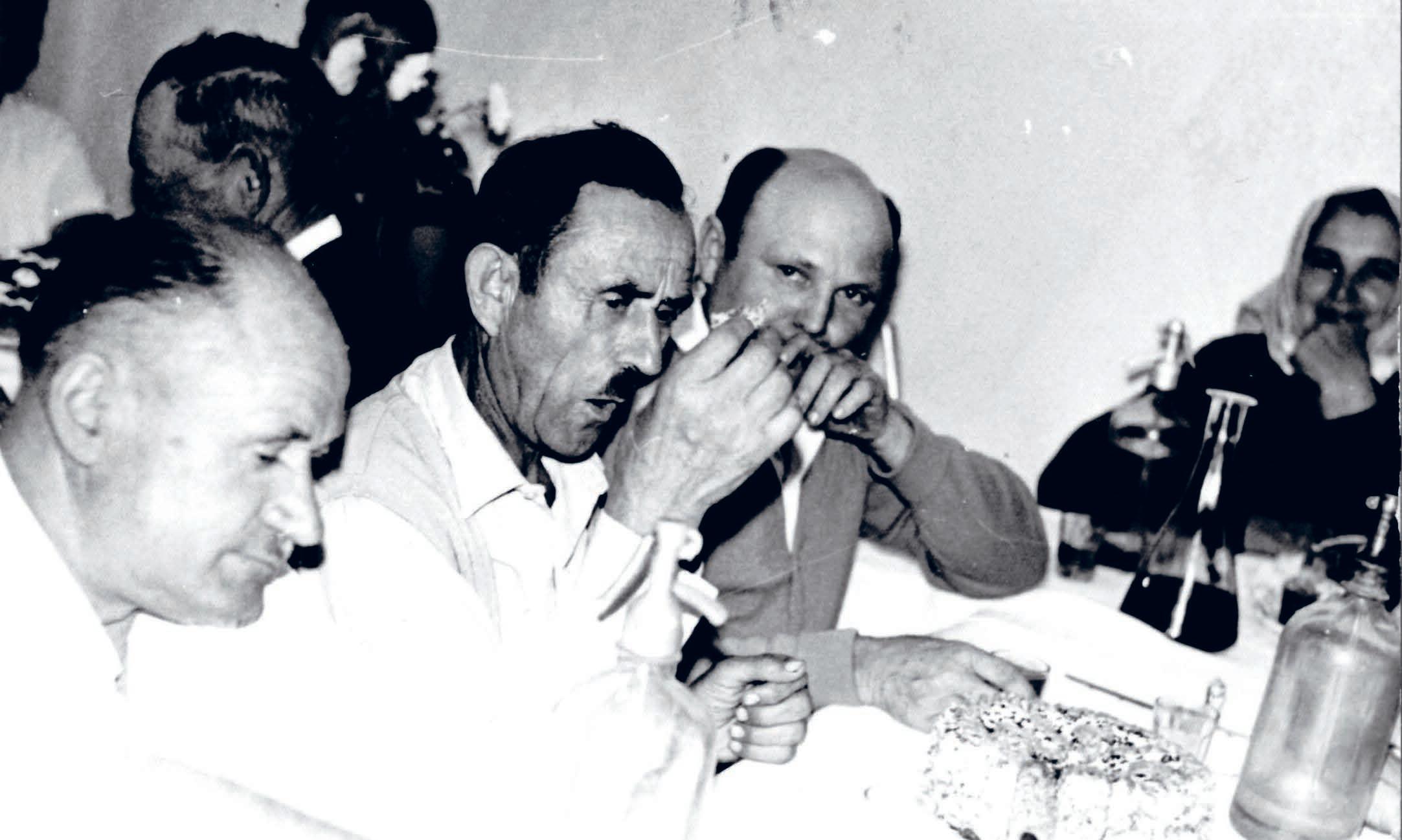
In the photo, among others: András Dragovics and Mátyás Csvárics
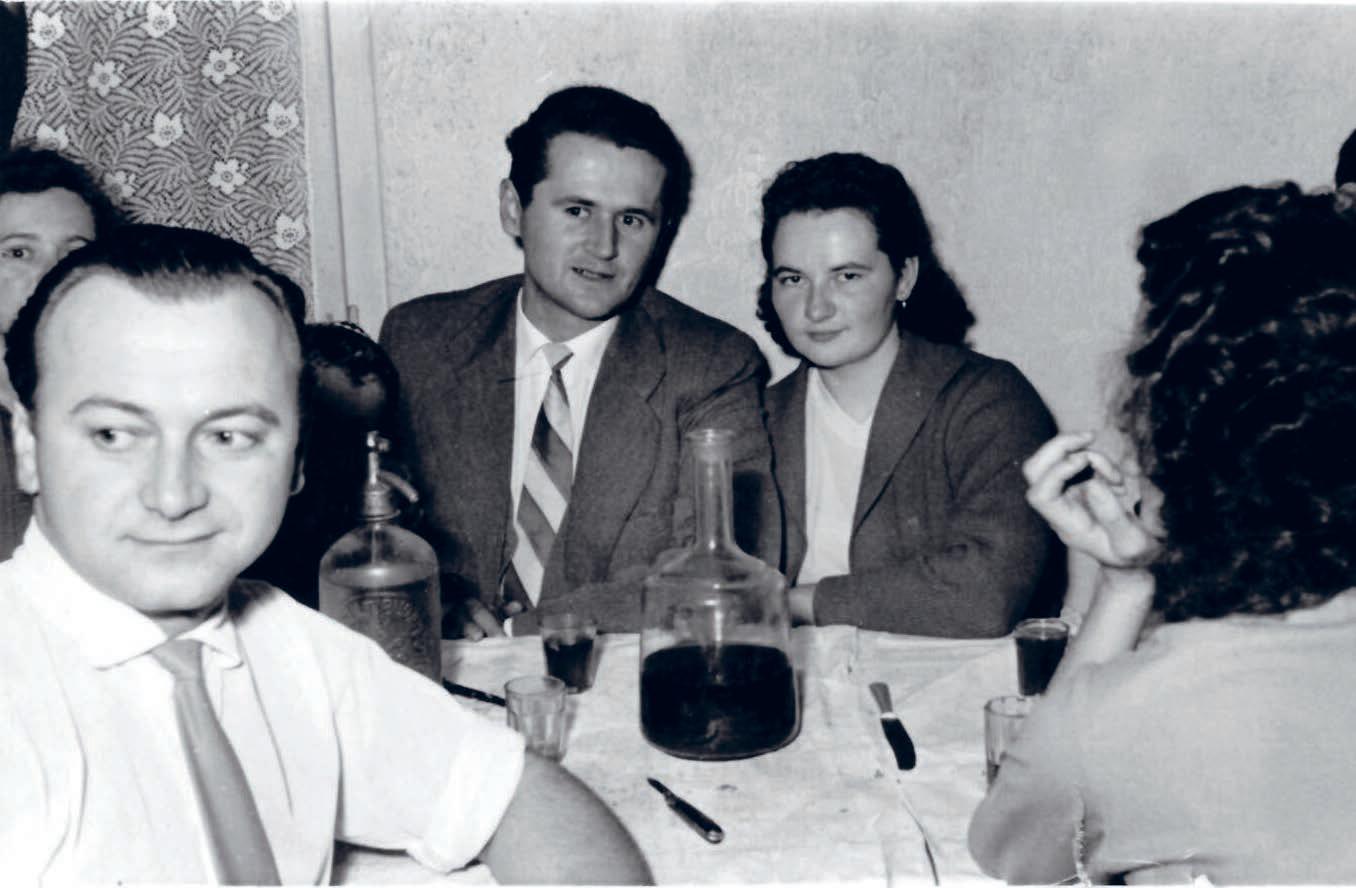
István Zsurzsucz, as well as Antal Radnics and his wife, Terézia Milkovics
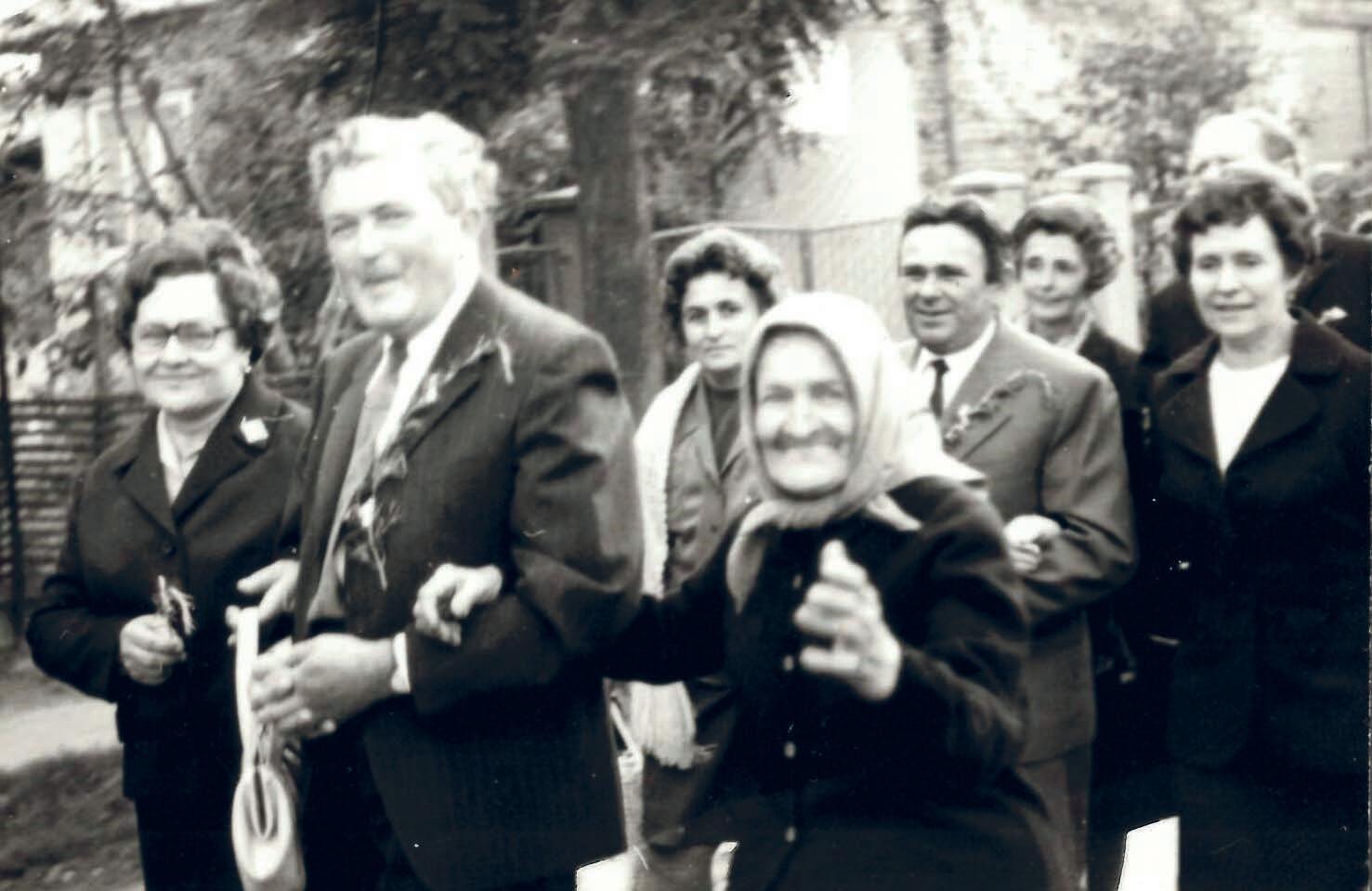
A lakodalmas menetben többek között: Vukov Miklós és neje, Tomin Paula; Tomin Jánosné Sárácz Paula; Révai Frigyes és felesége, Burlovics Mária, valamint Fellegi Istvánné Madlyéna Teréz
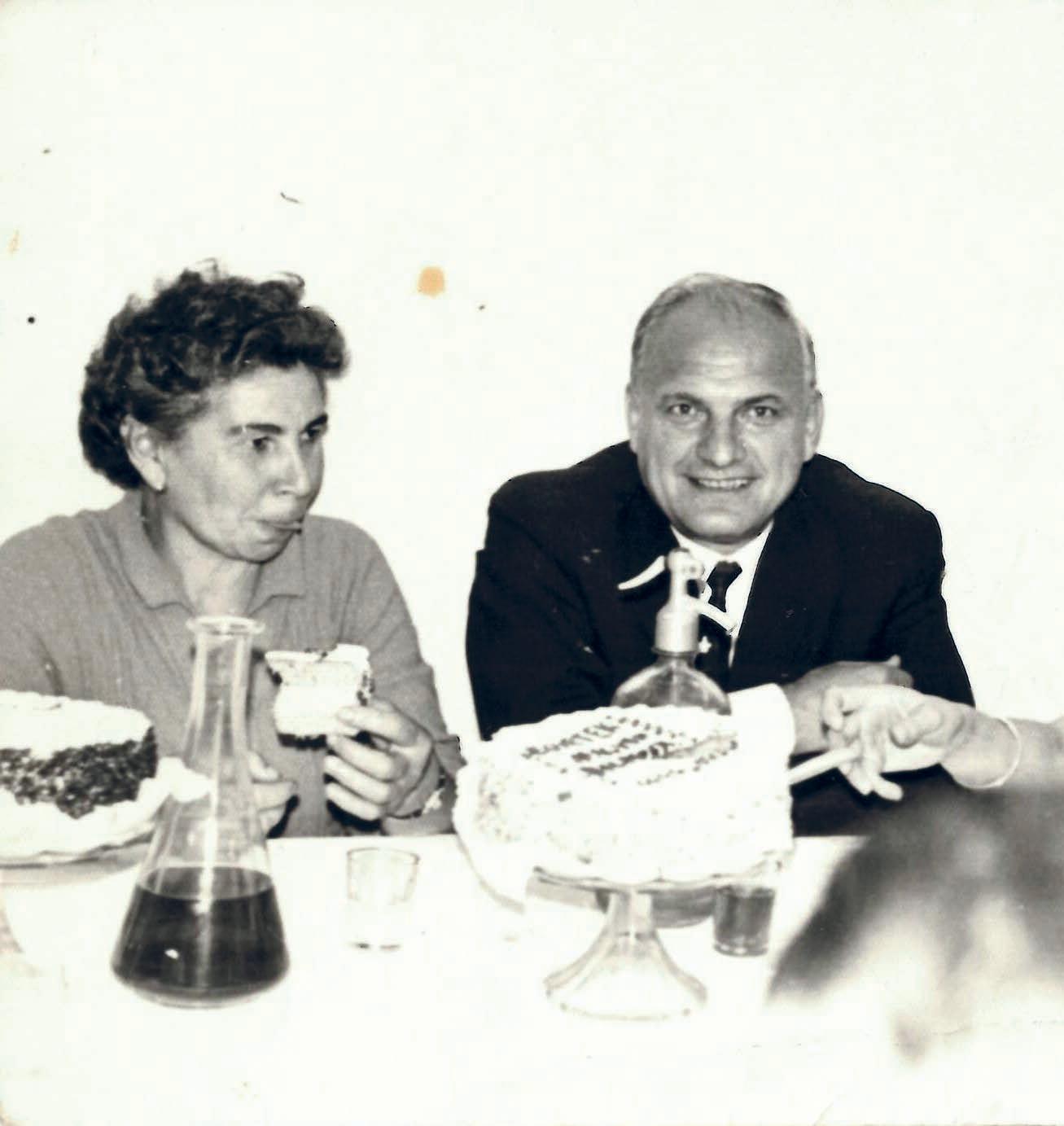
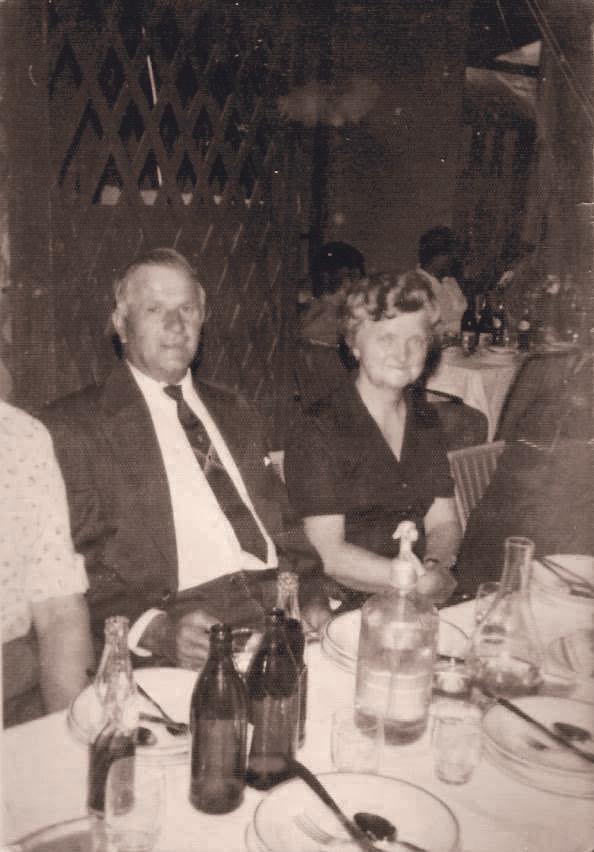
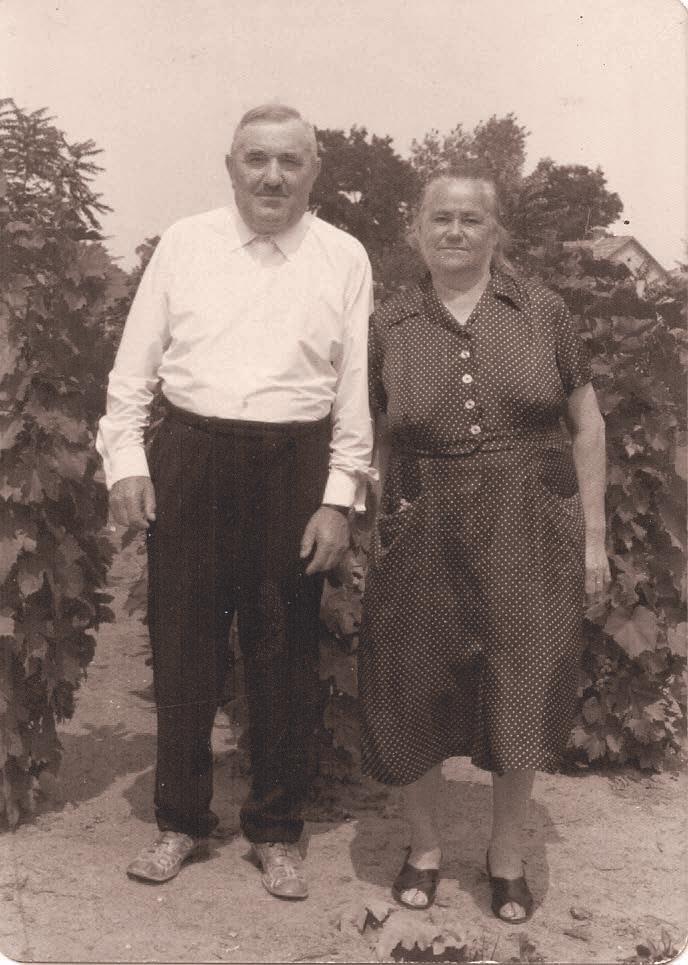
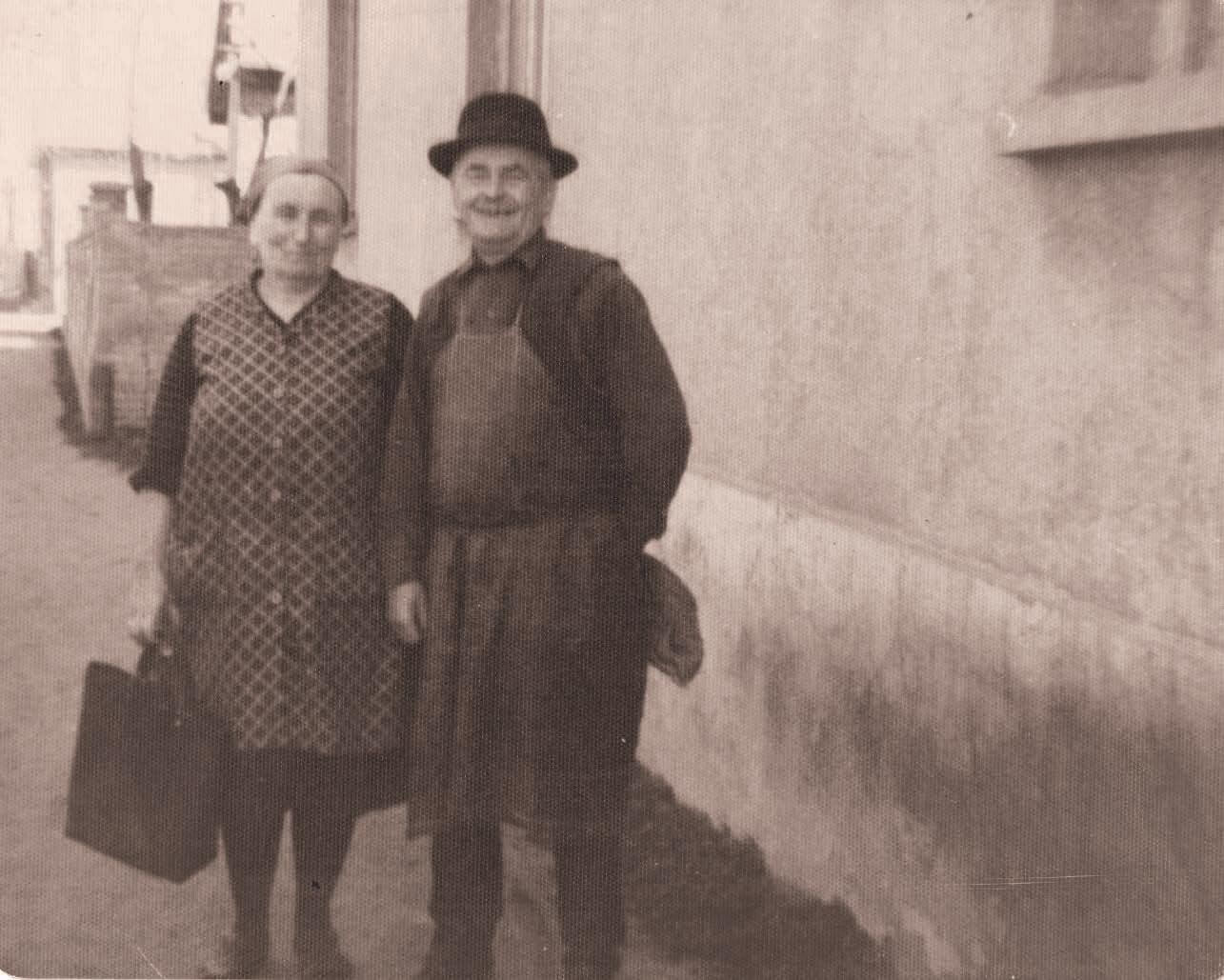
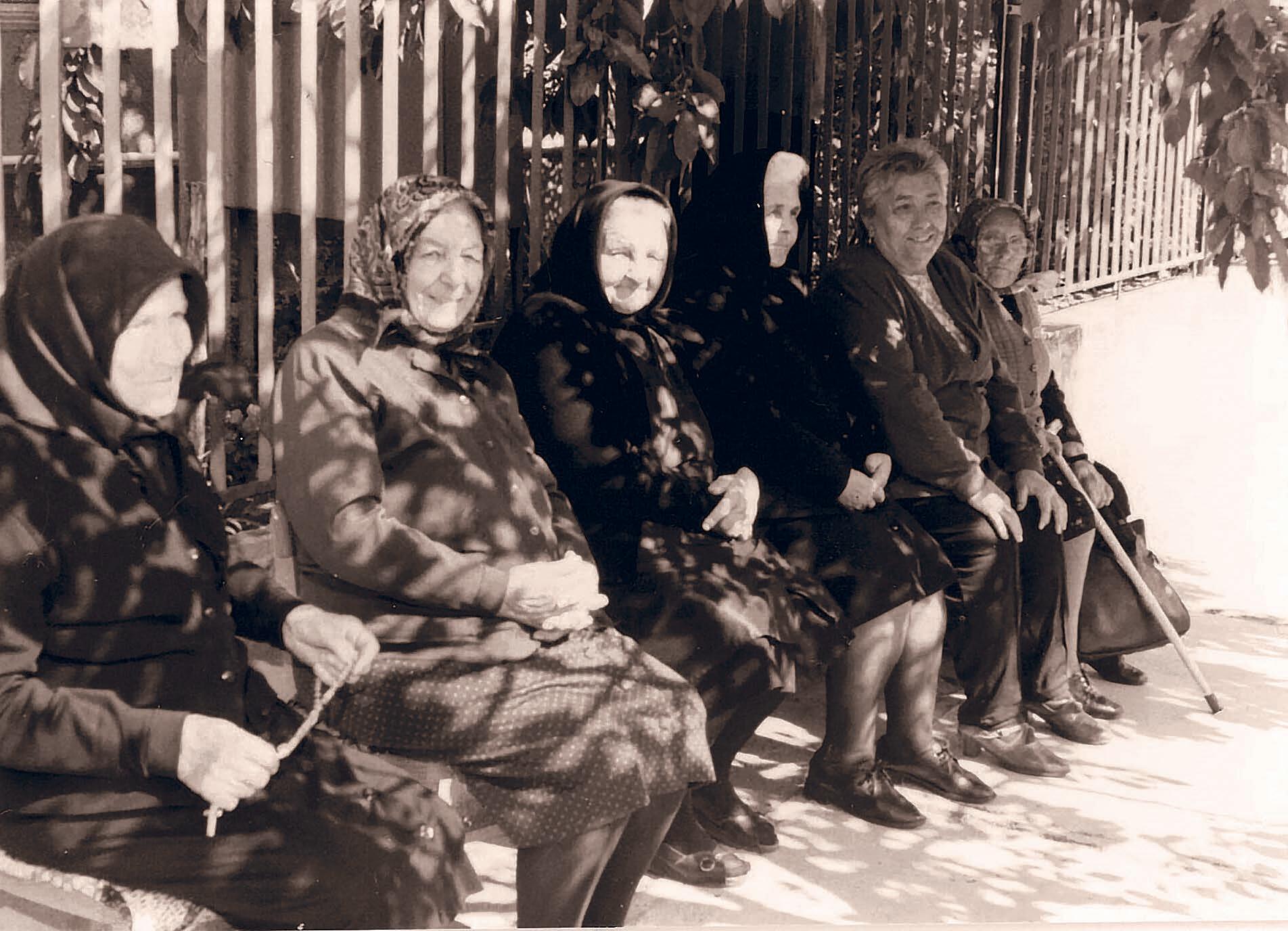
Katalin Teichter, wife of István Bednanics; Matild Sárácz, wife of Mátyás Dragovics; Mária Pálházi, wife of Ferenc Pandúr; Magdolna Ágics, wife of József Farkas; Anna Istvánov, wife of István Zsurzsucz; and Paula Radnics, wife of János Puskás
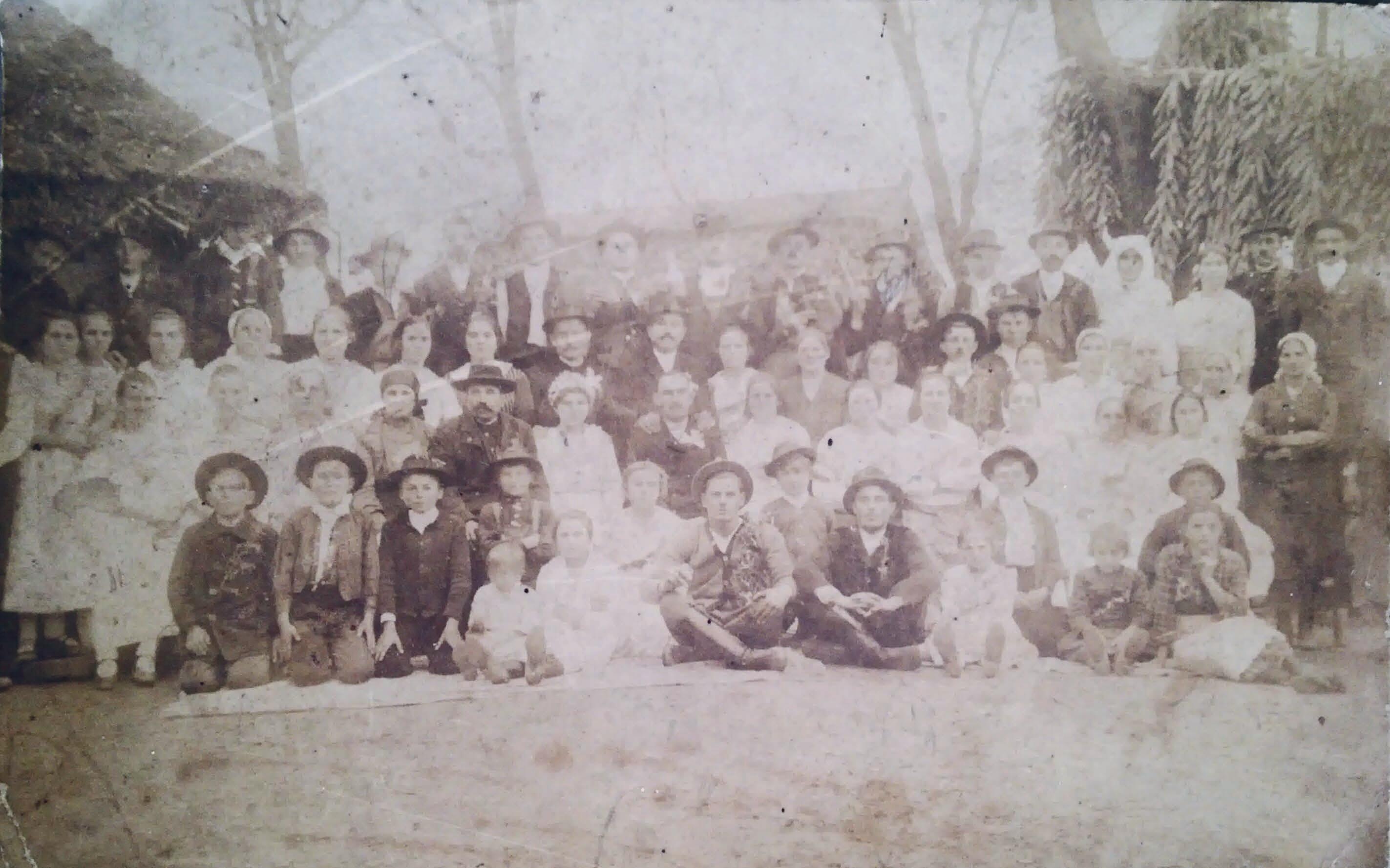
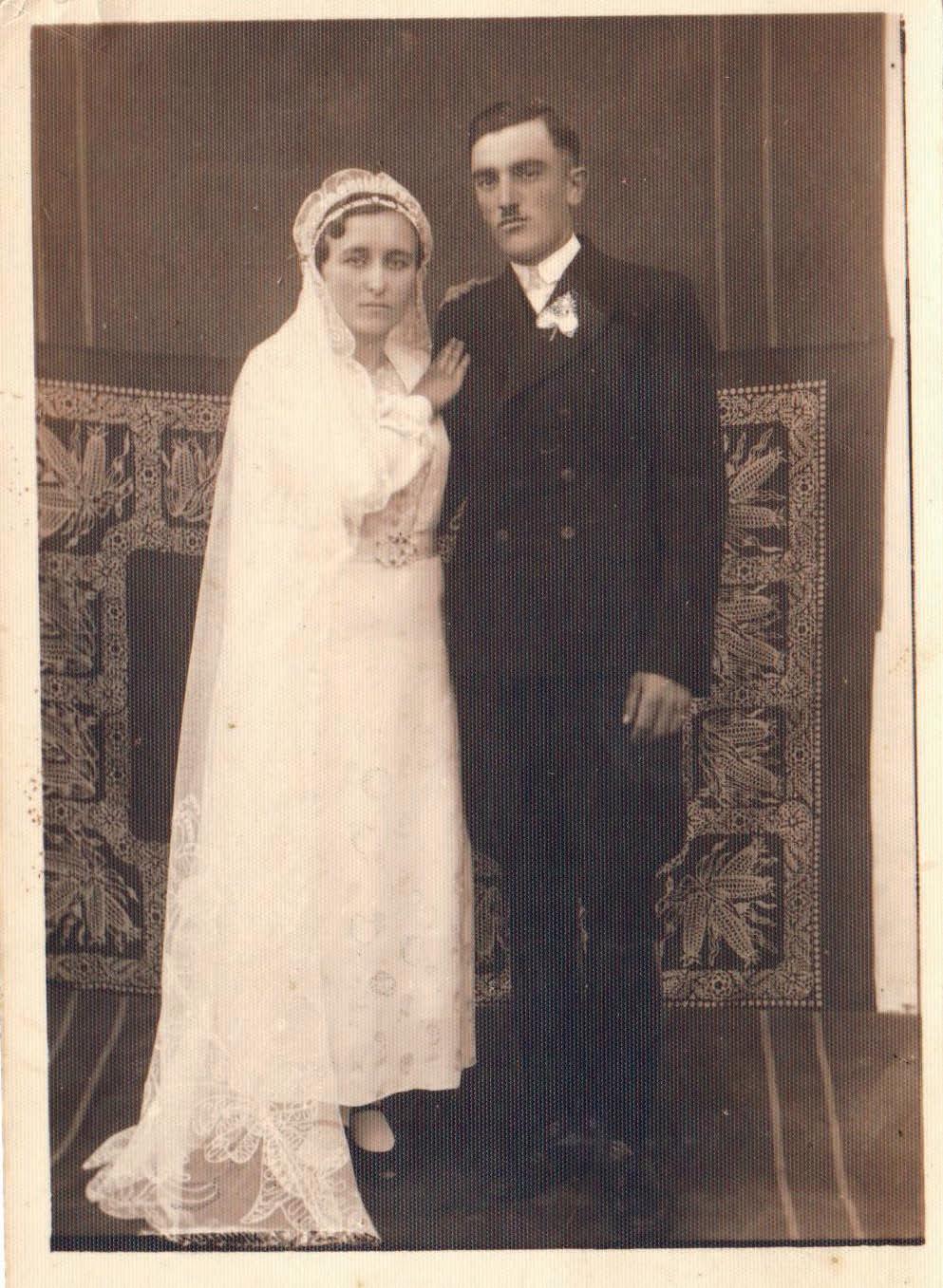
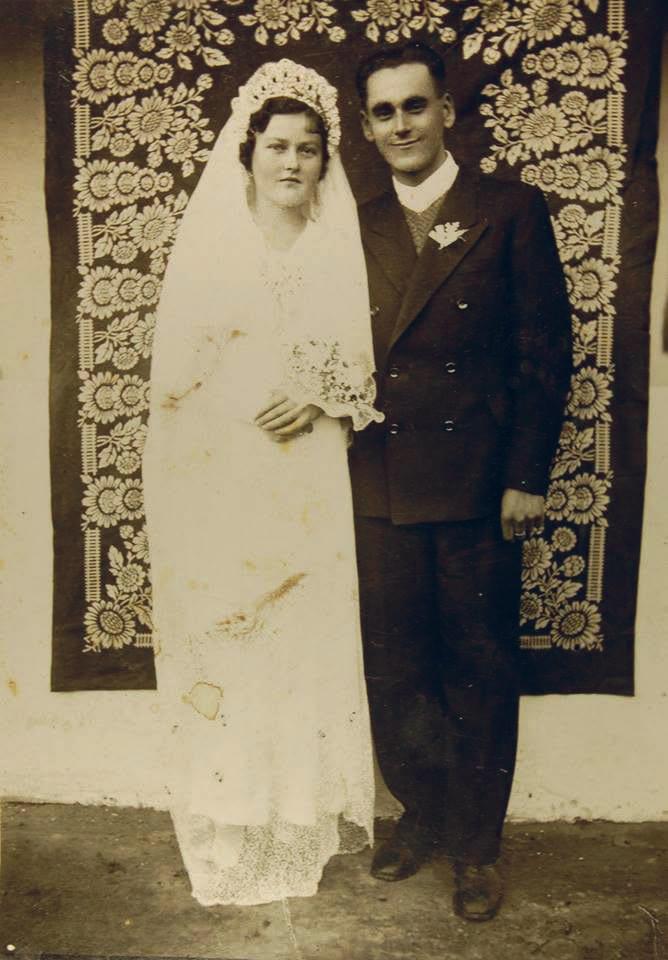
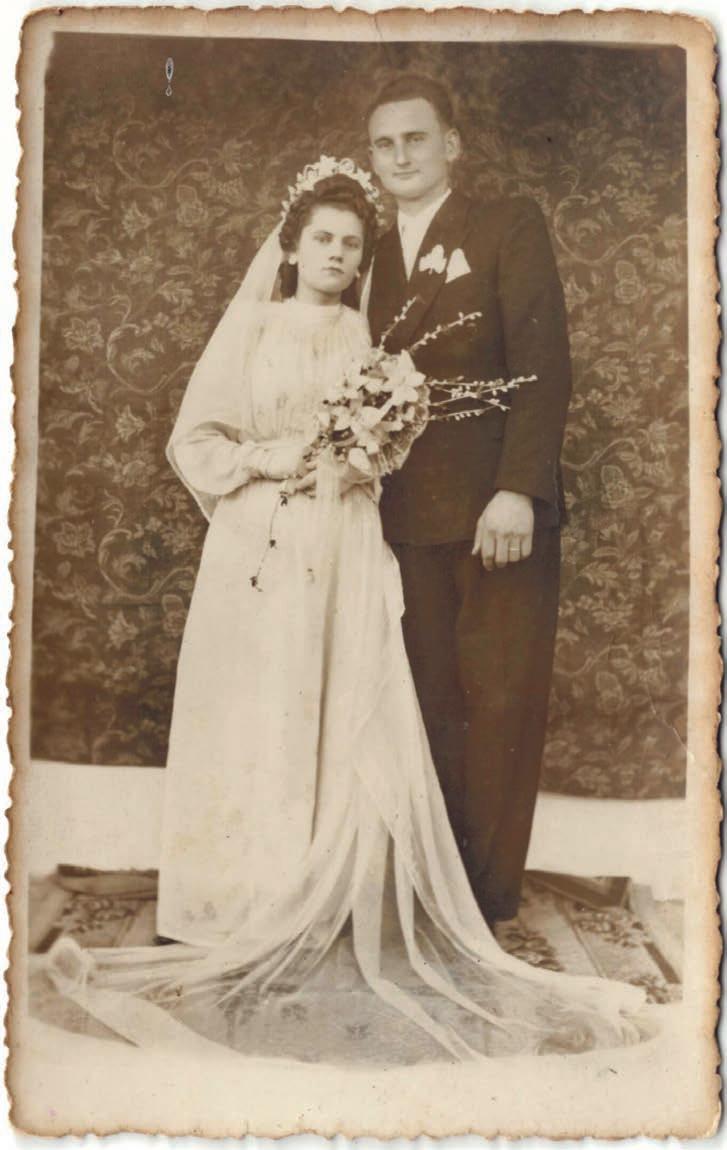
Pál Milkovics and his wife, Ágnes Radnics
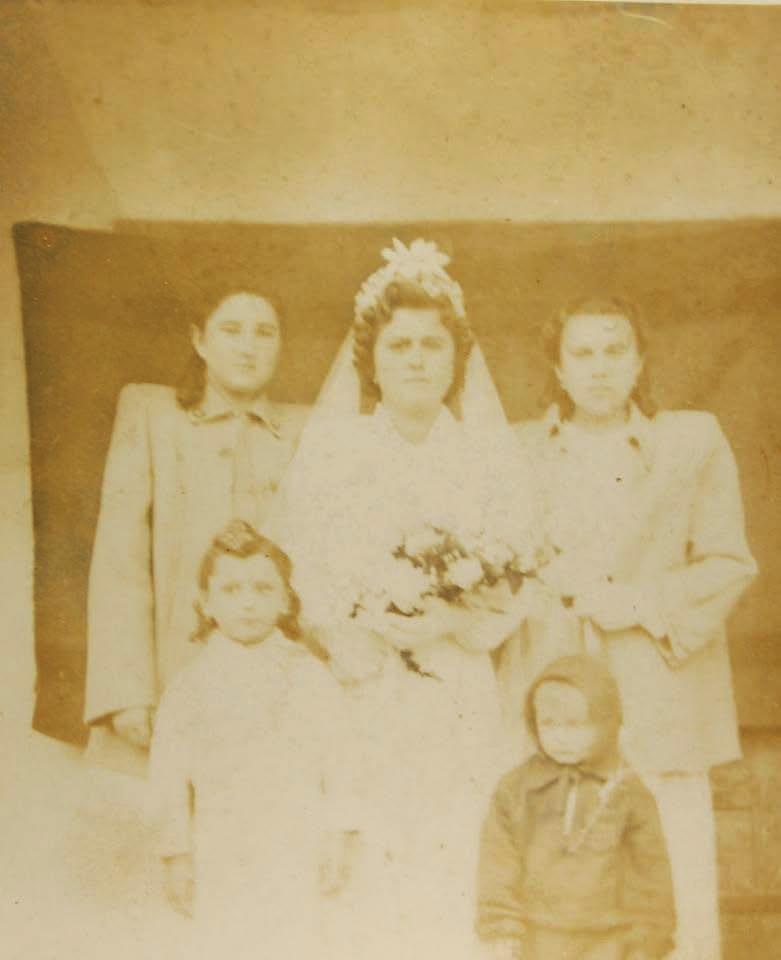
Jolán Gabelics, wife of Béla Krémó, as a bride with her relatives
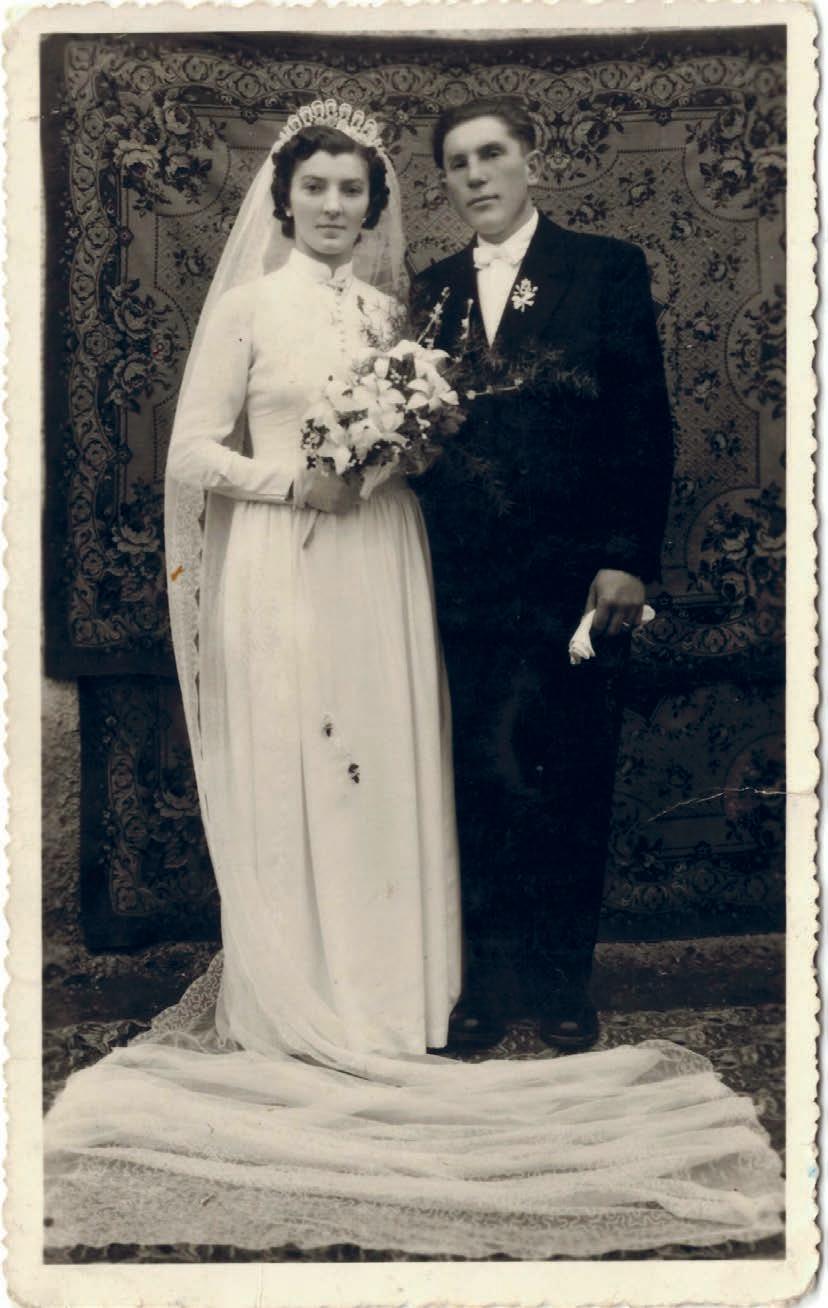
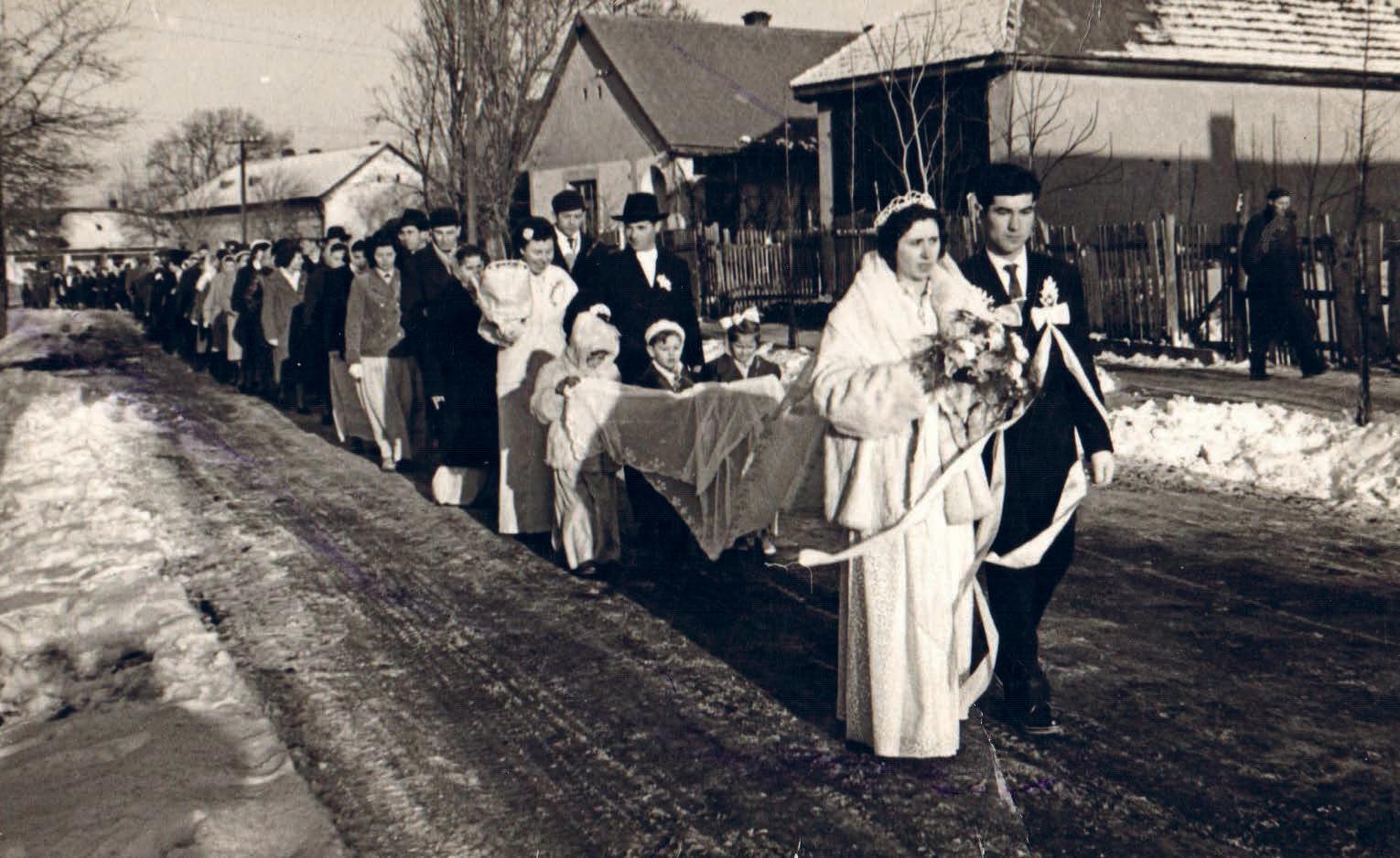
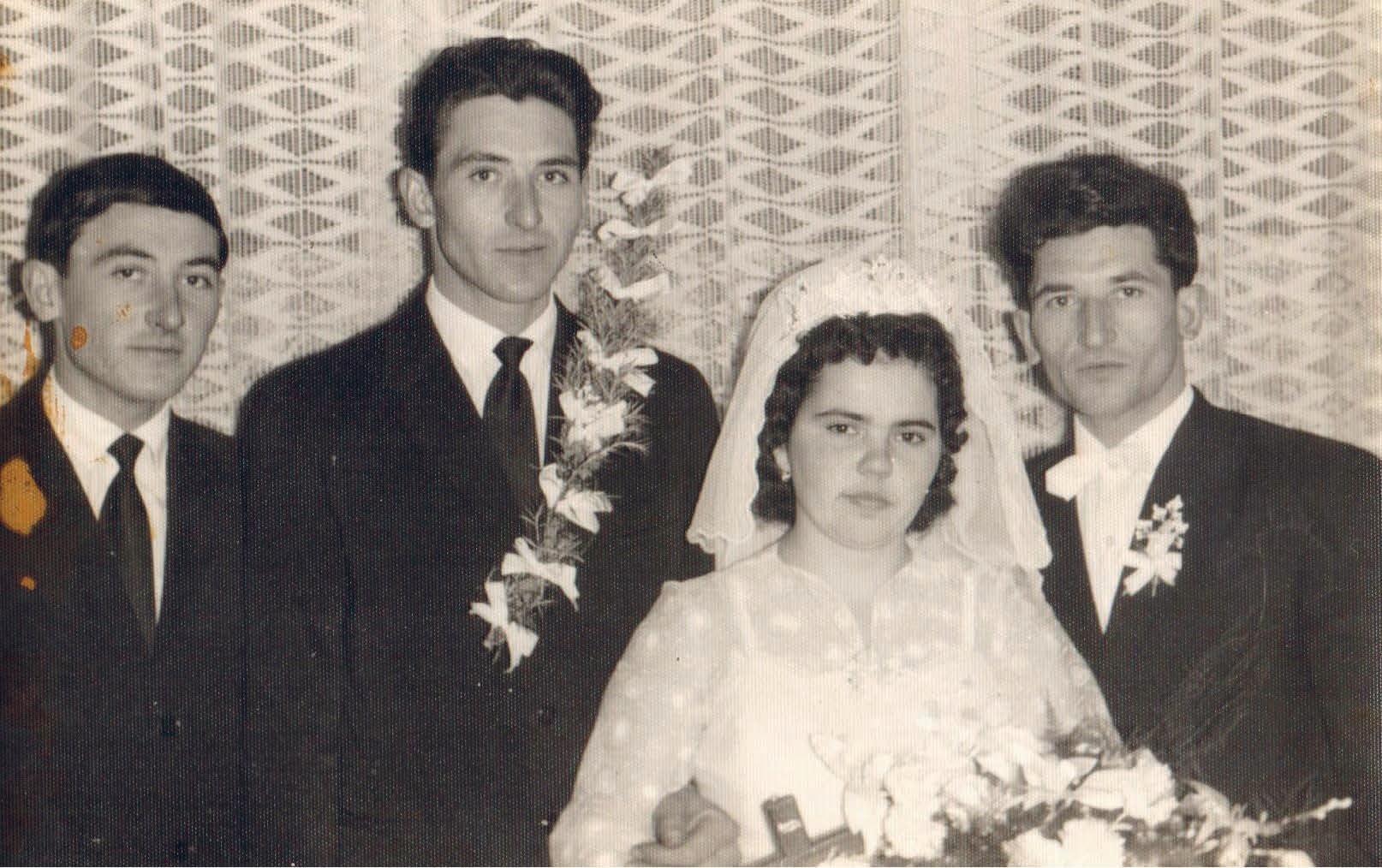
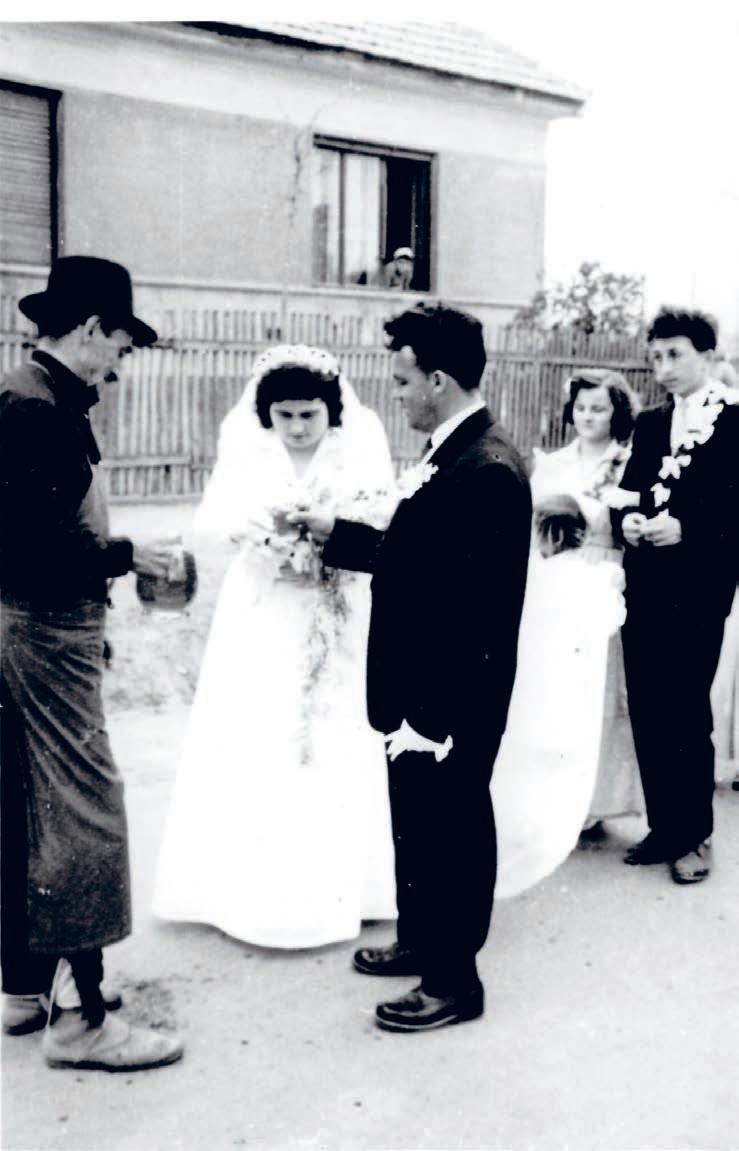
The wedding procession of József Malaczkó and Katalin Kirchner, with Mihály Plausin offering
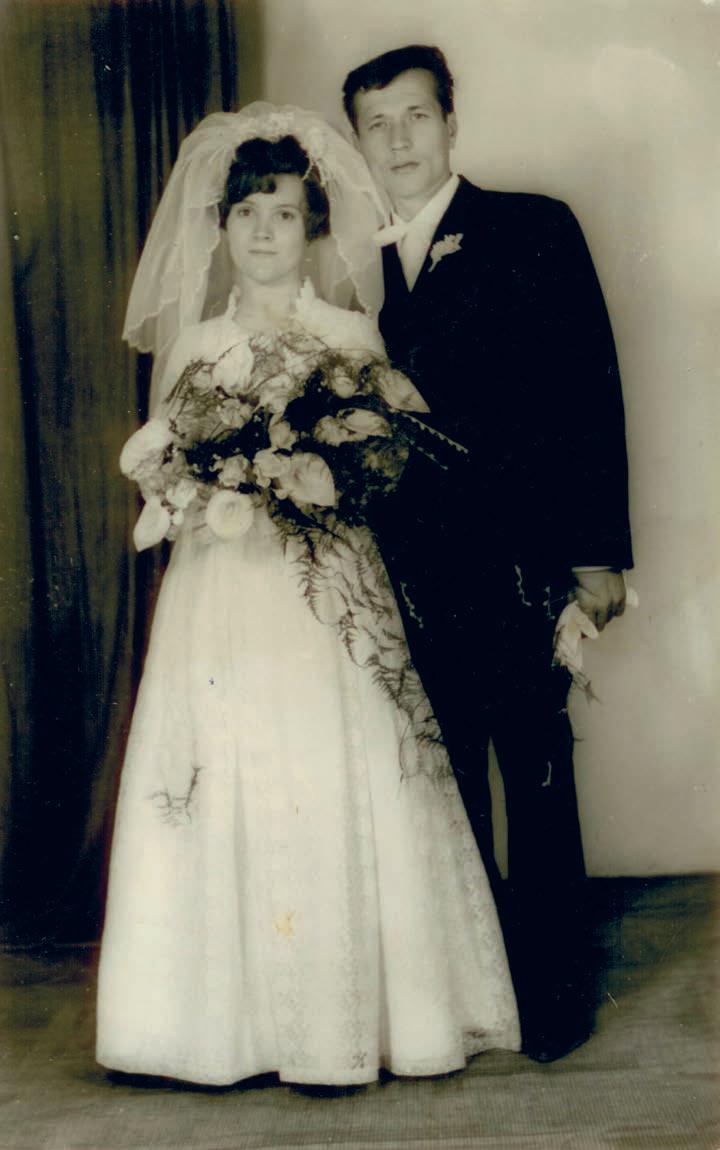
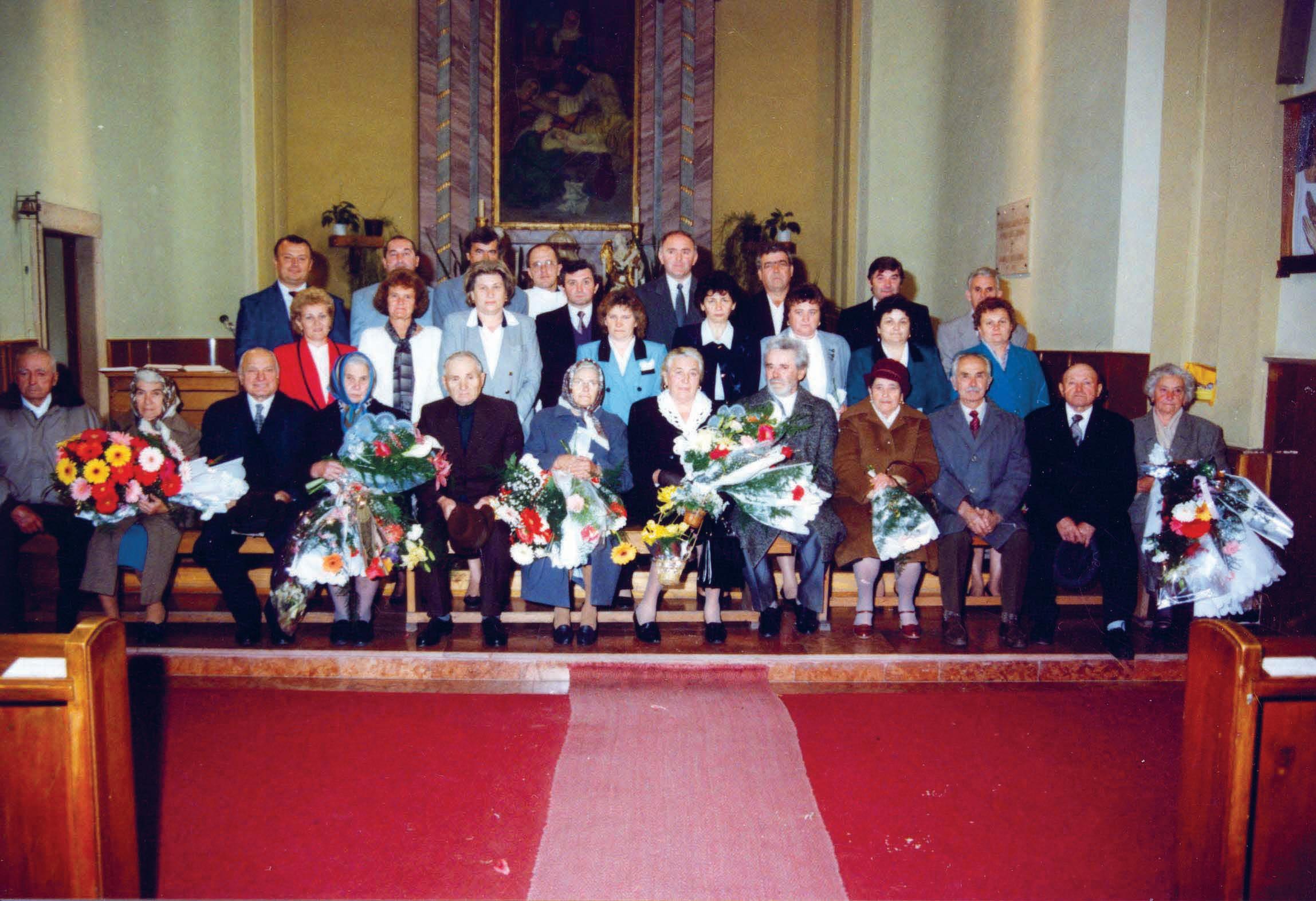
Celebration of wedding anniversaries in the church of Tököl in 1996
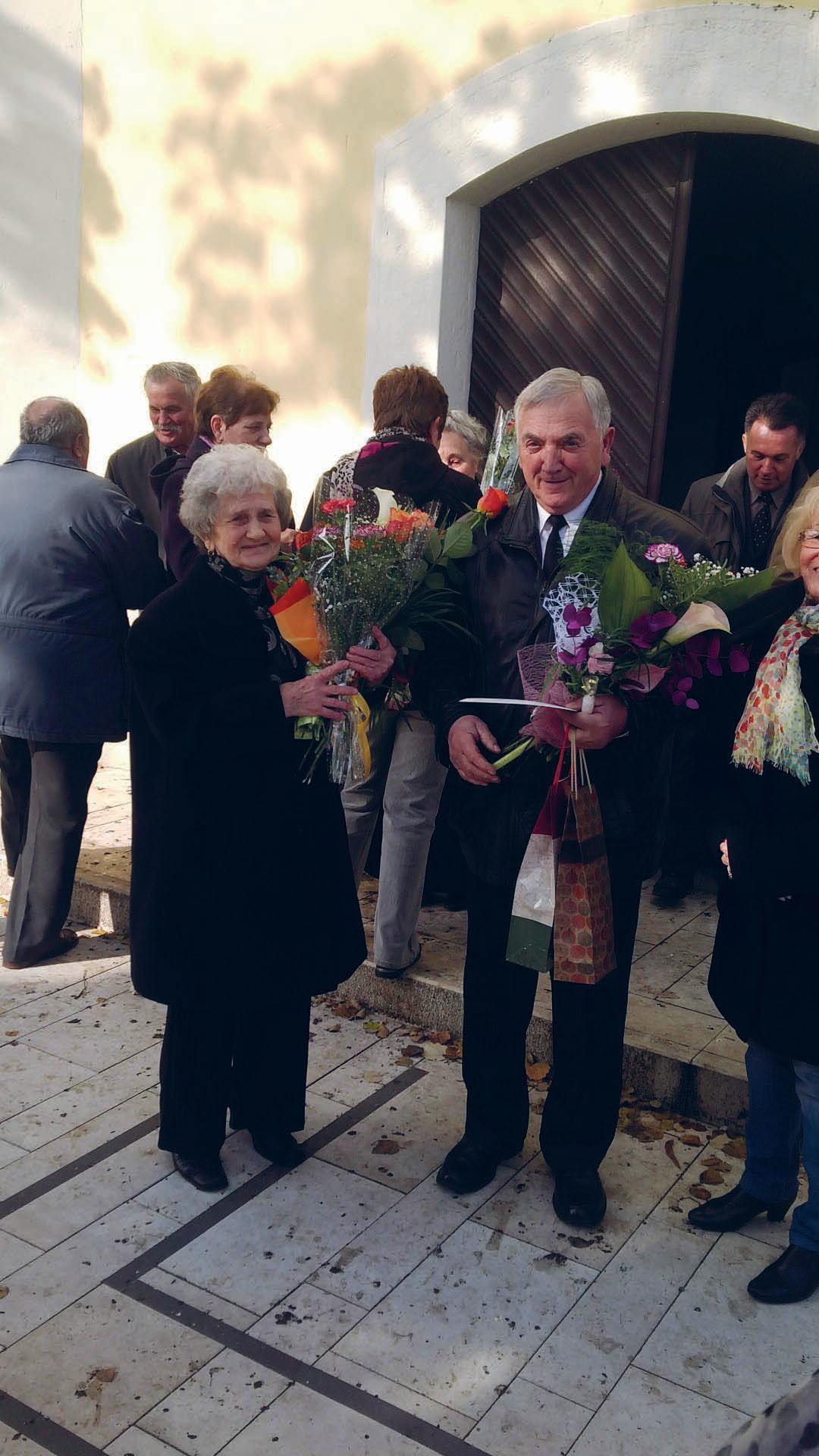
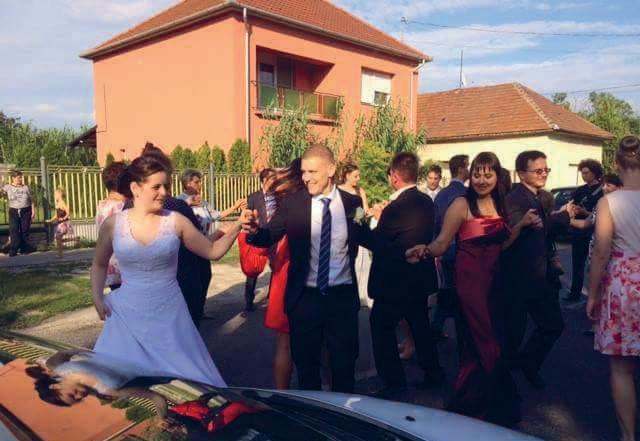
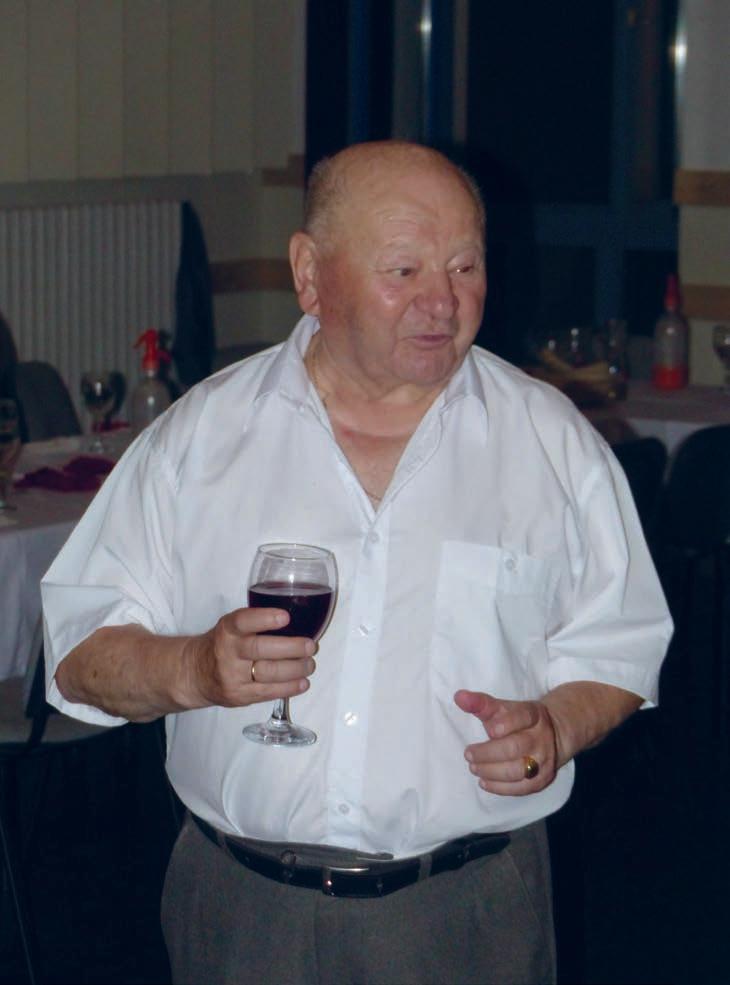
András Kővári at the celebration of his 80th birthday in 2018
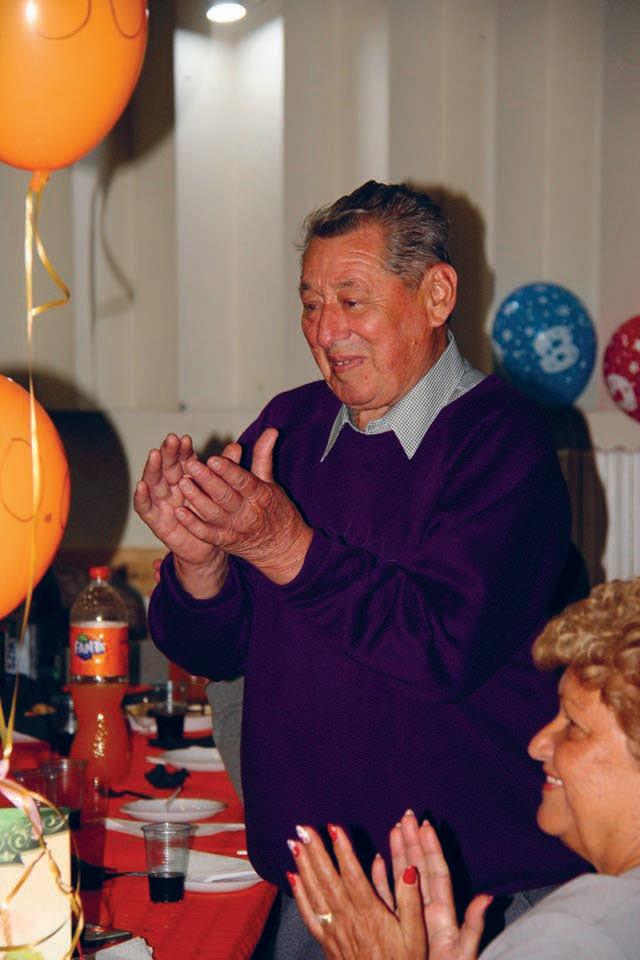
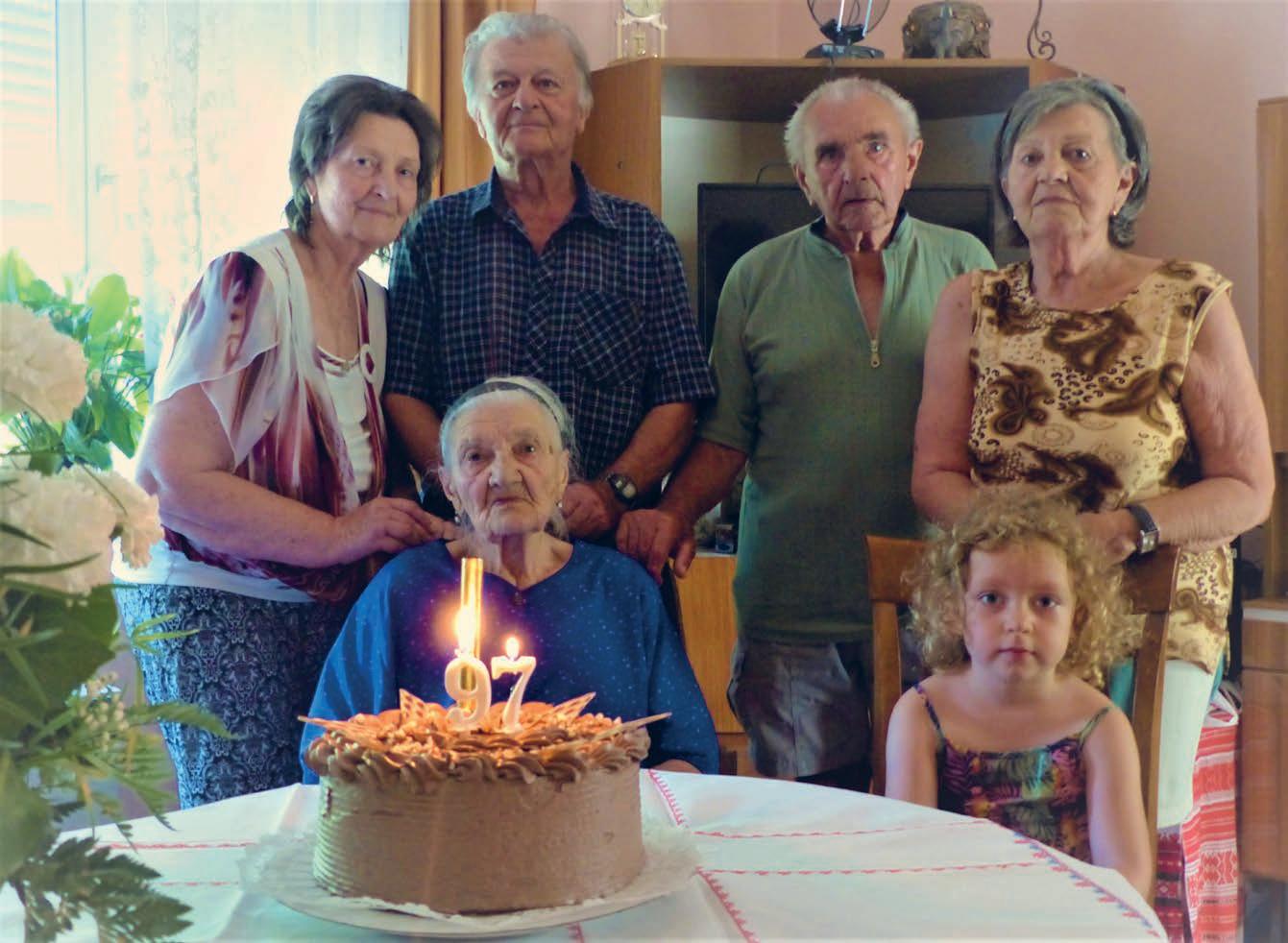
Magdolna Burlovics, wife of Antal Sárácz, at the celebration of her 97th birthday in 2019; together with her daughter Katalin Sárácz, wife of József Szilágyi; her son-in-law József Szilágyi; her son Antal Sárácz; her daughter Magdolna Sárácz, wife of Krumn Petkov Simeonov; and her great-granddaughter Zorka Szilágyi.
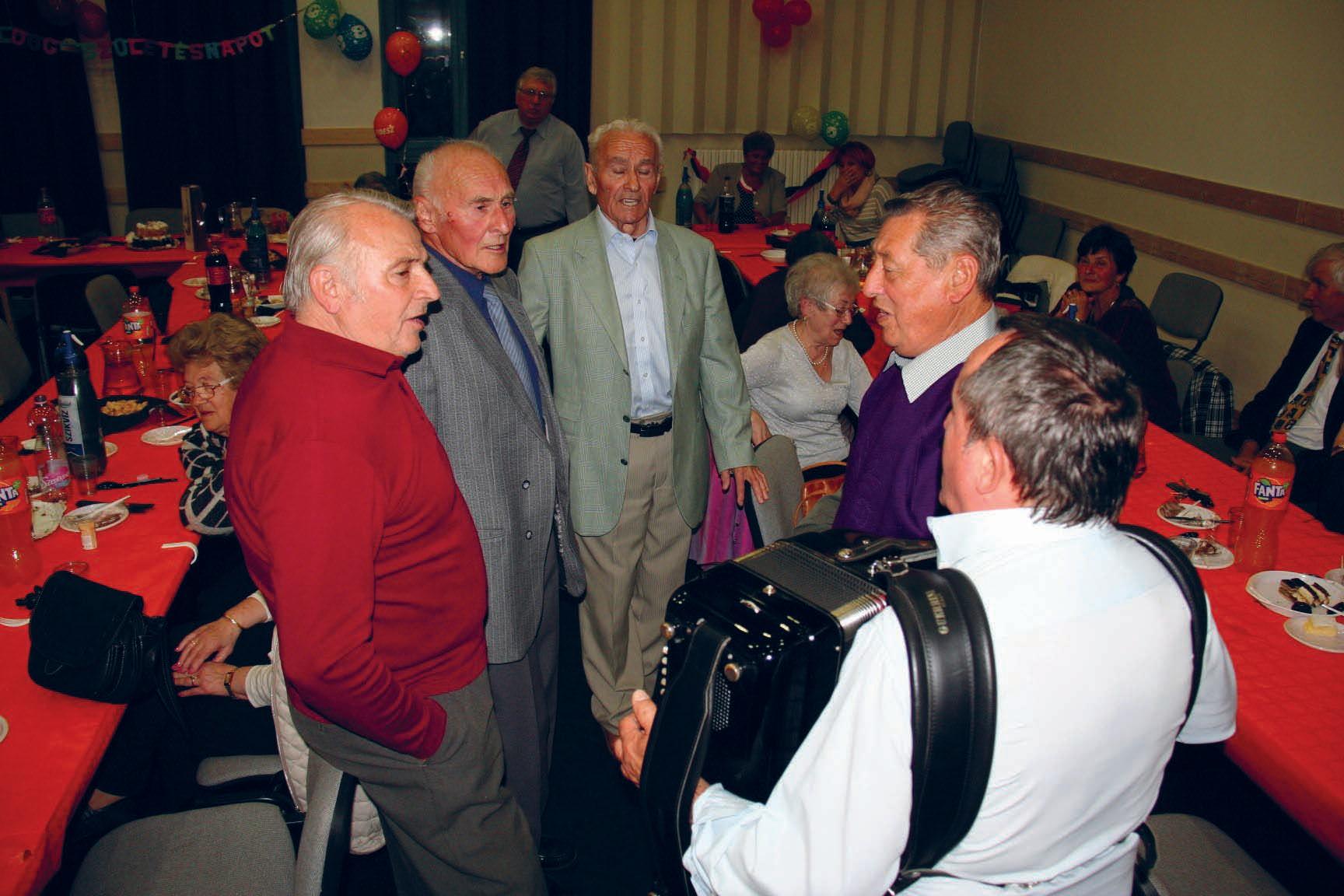
Sándor Tomin’s 80th birthday in 2019. Also pictured, among others: Ágnes Pesuth, wife of Gábor Csicsics; András Sovány; József Istvánov; János Joszkin; László Halász; Anna Tádics, wife of Ferenc Gyüre; and Antal Antunovics
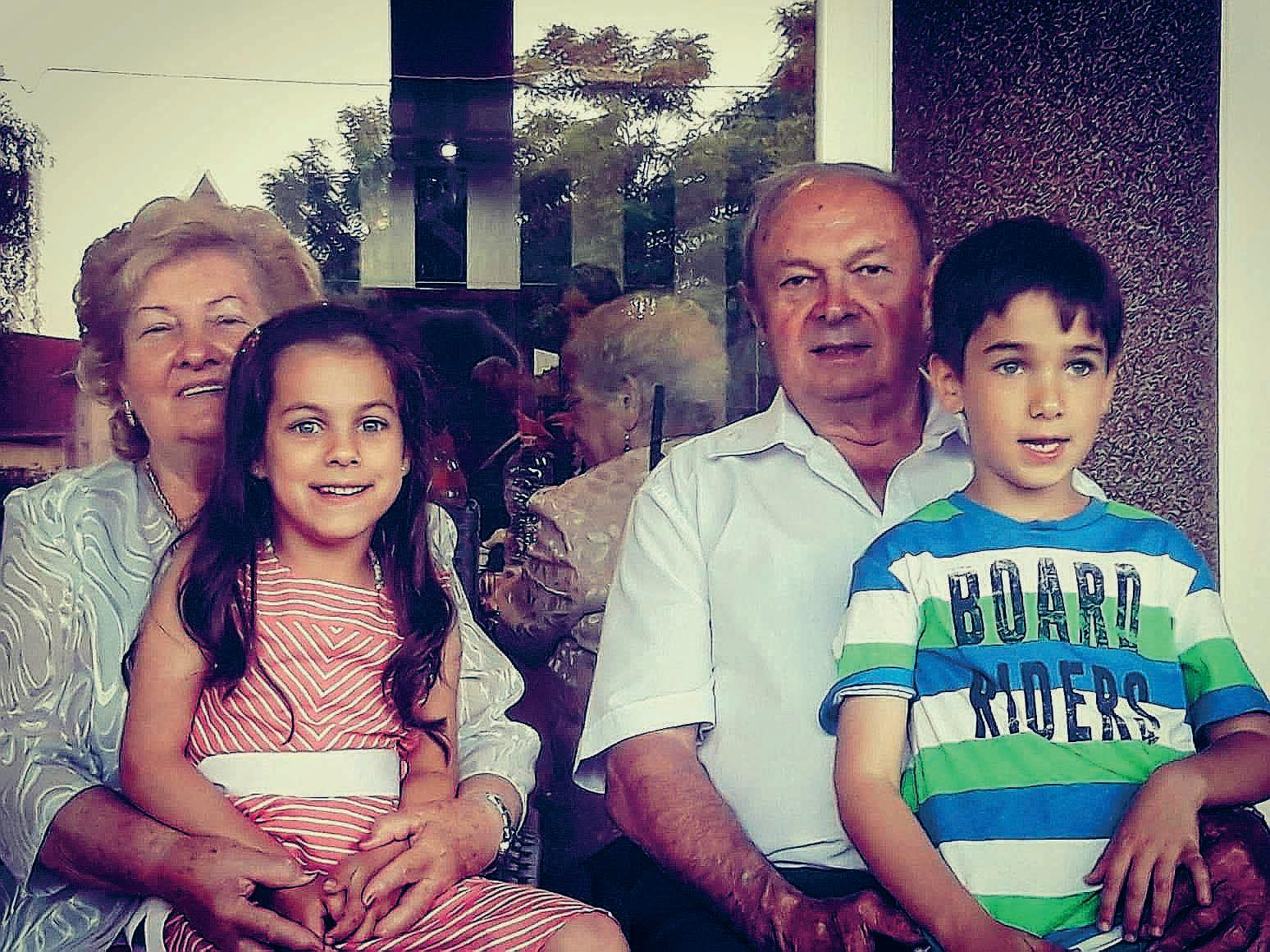
Márk Vászin, his wife Mária Sárácz, and their grandchildren Márk Vászin and Milica Vászin at a family celebration
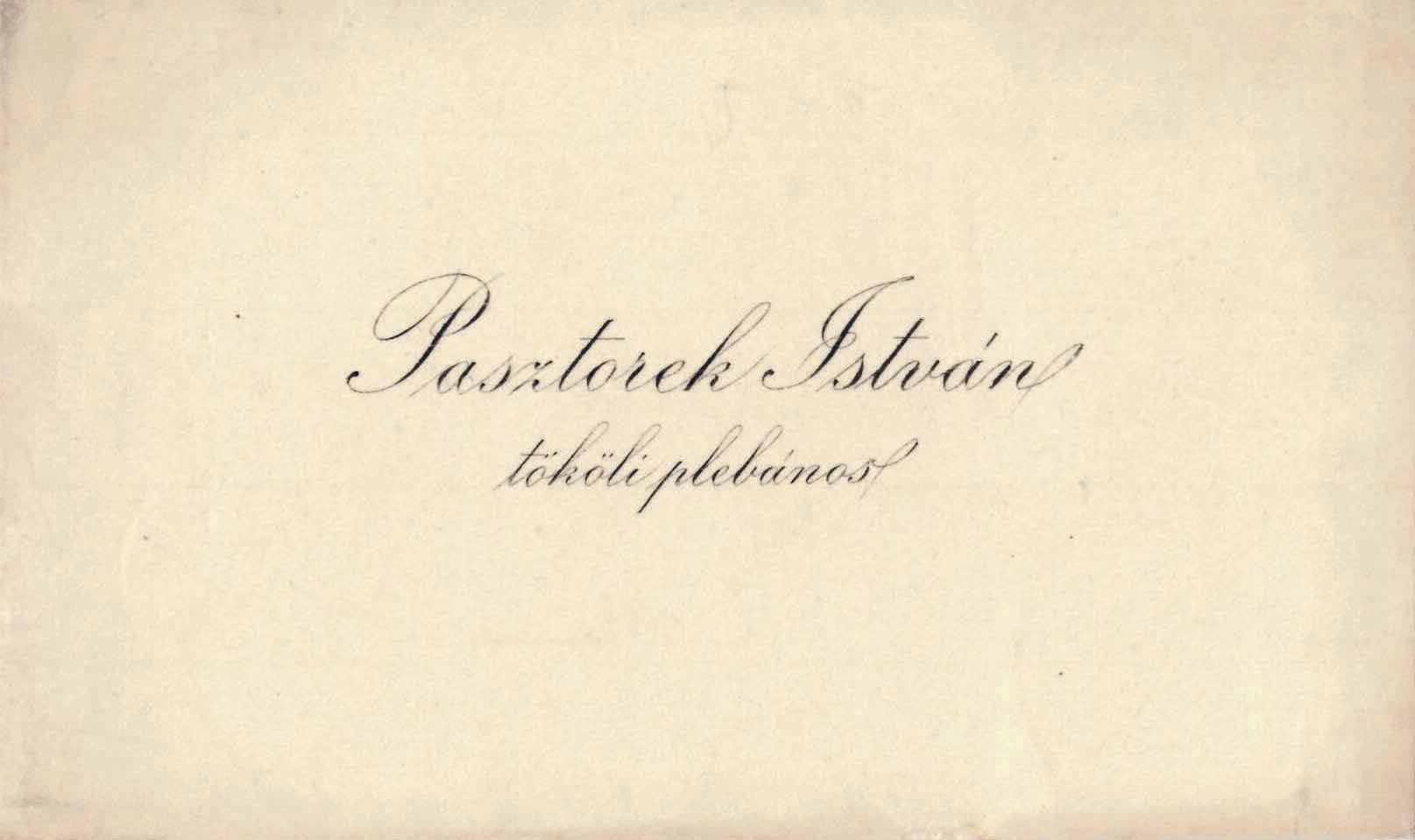
The calling card of István Pasztorek, parish priest in Tokol between 1892 and 1926
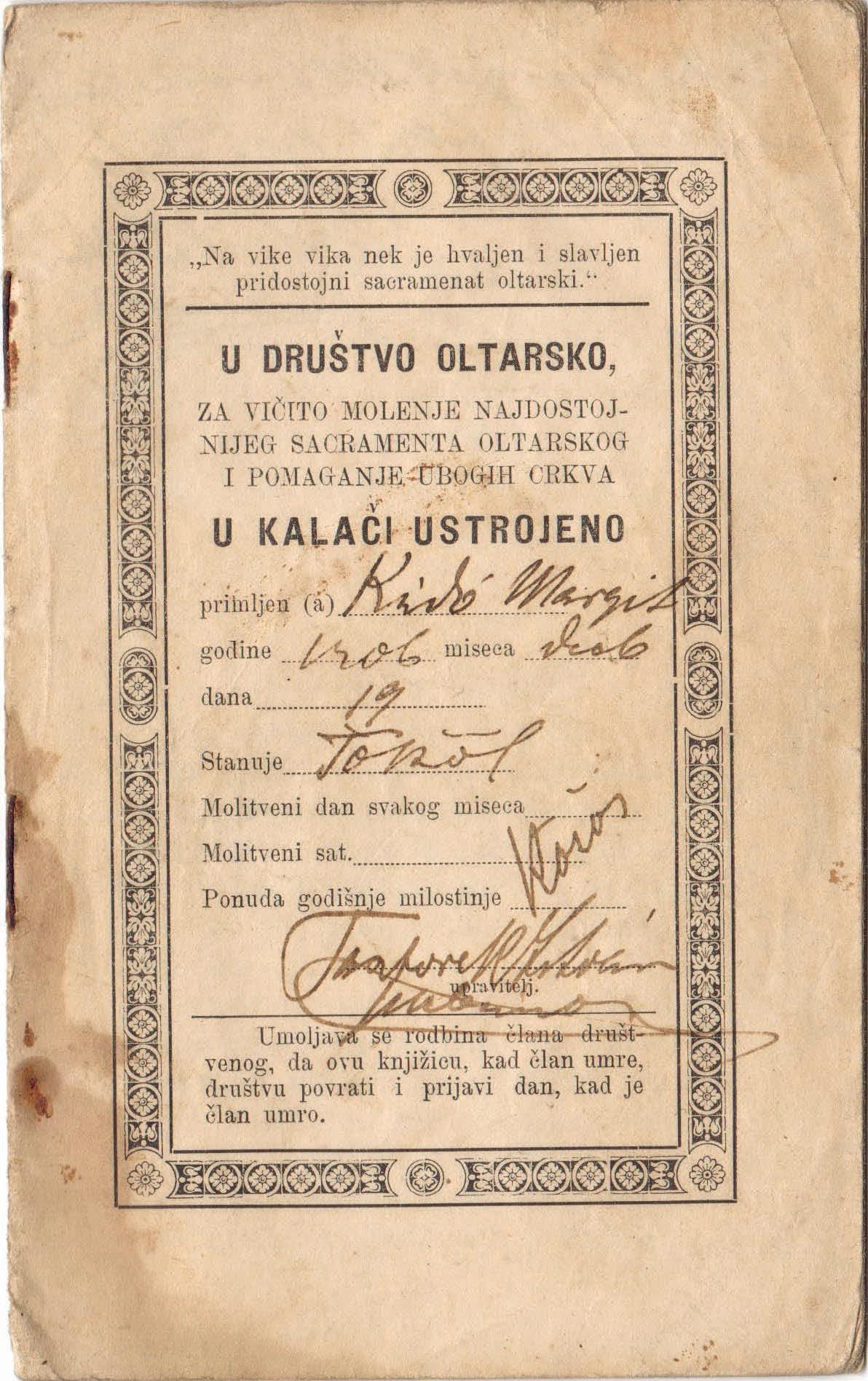
Altar Society membership card issued in the name of Margit Kudó
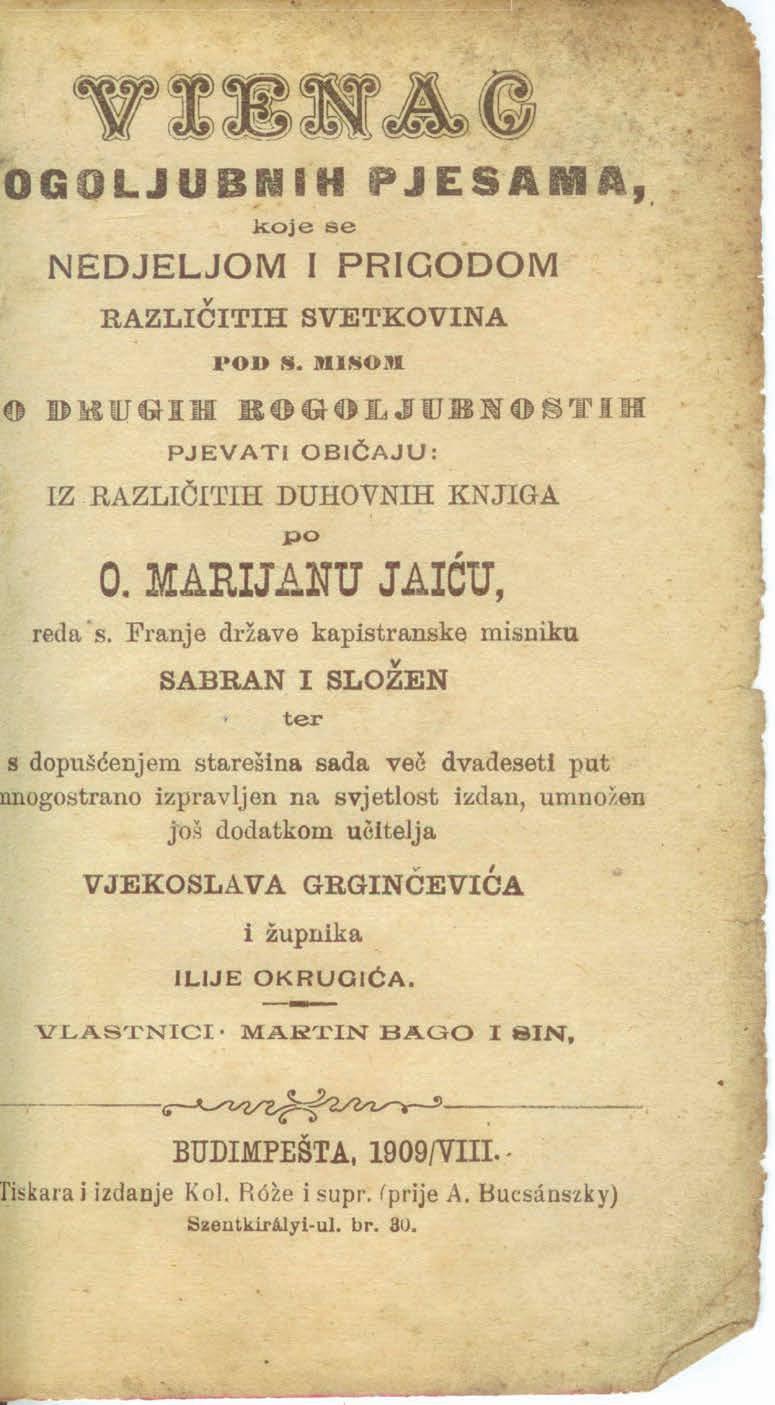
Page from a Rac prayer book from 1909
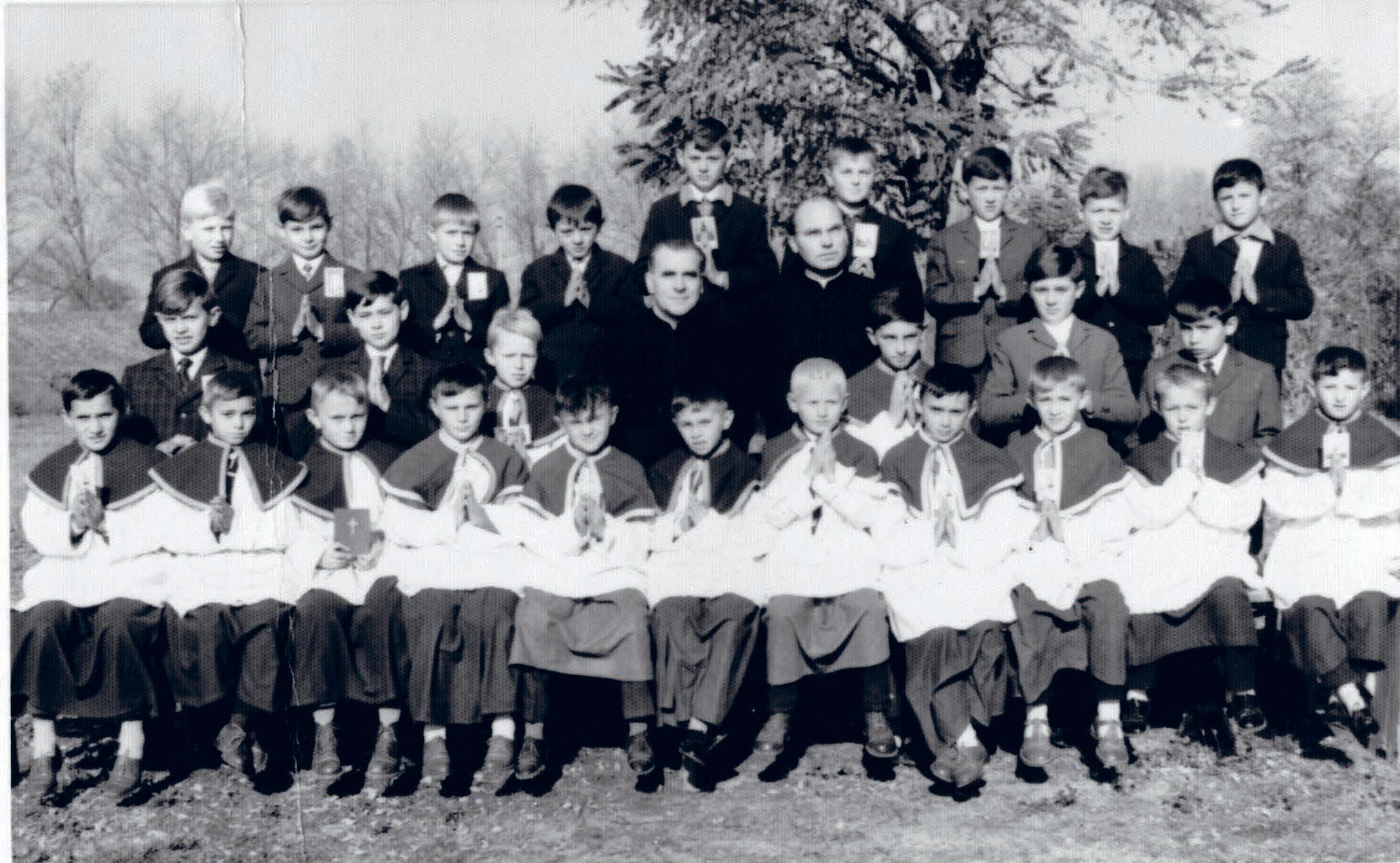
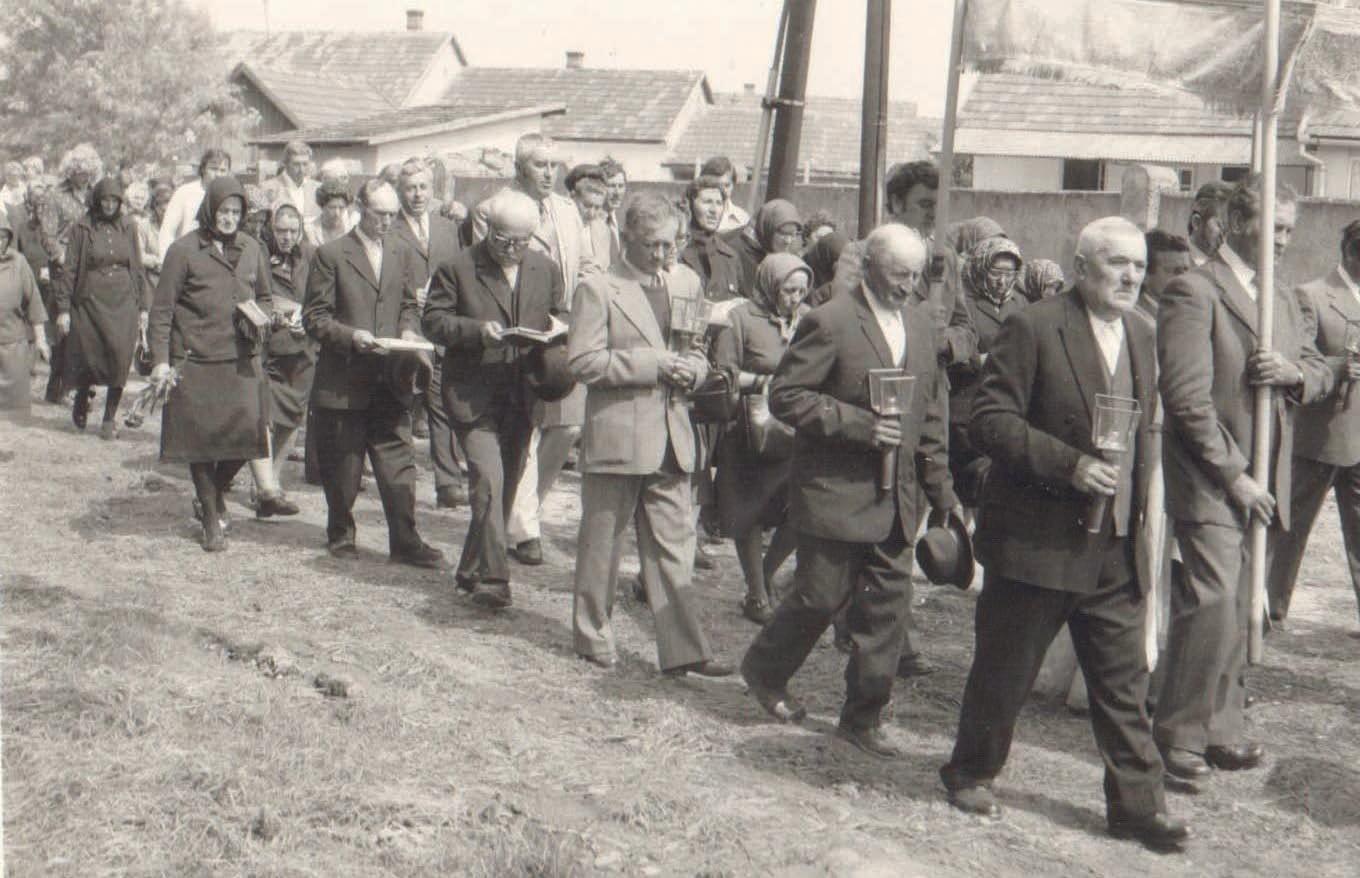
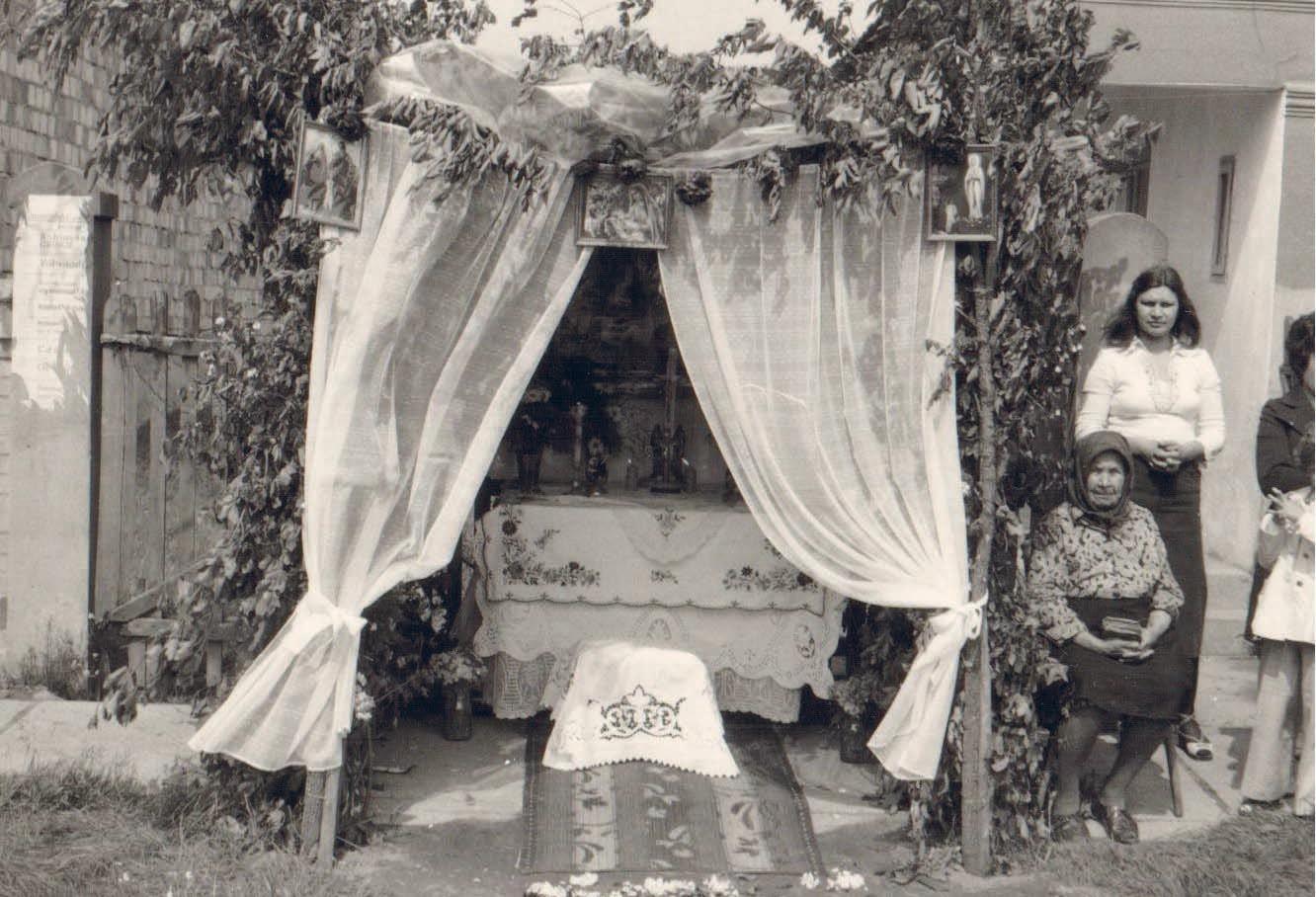
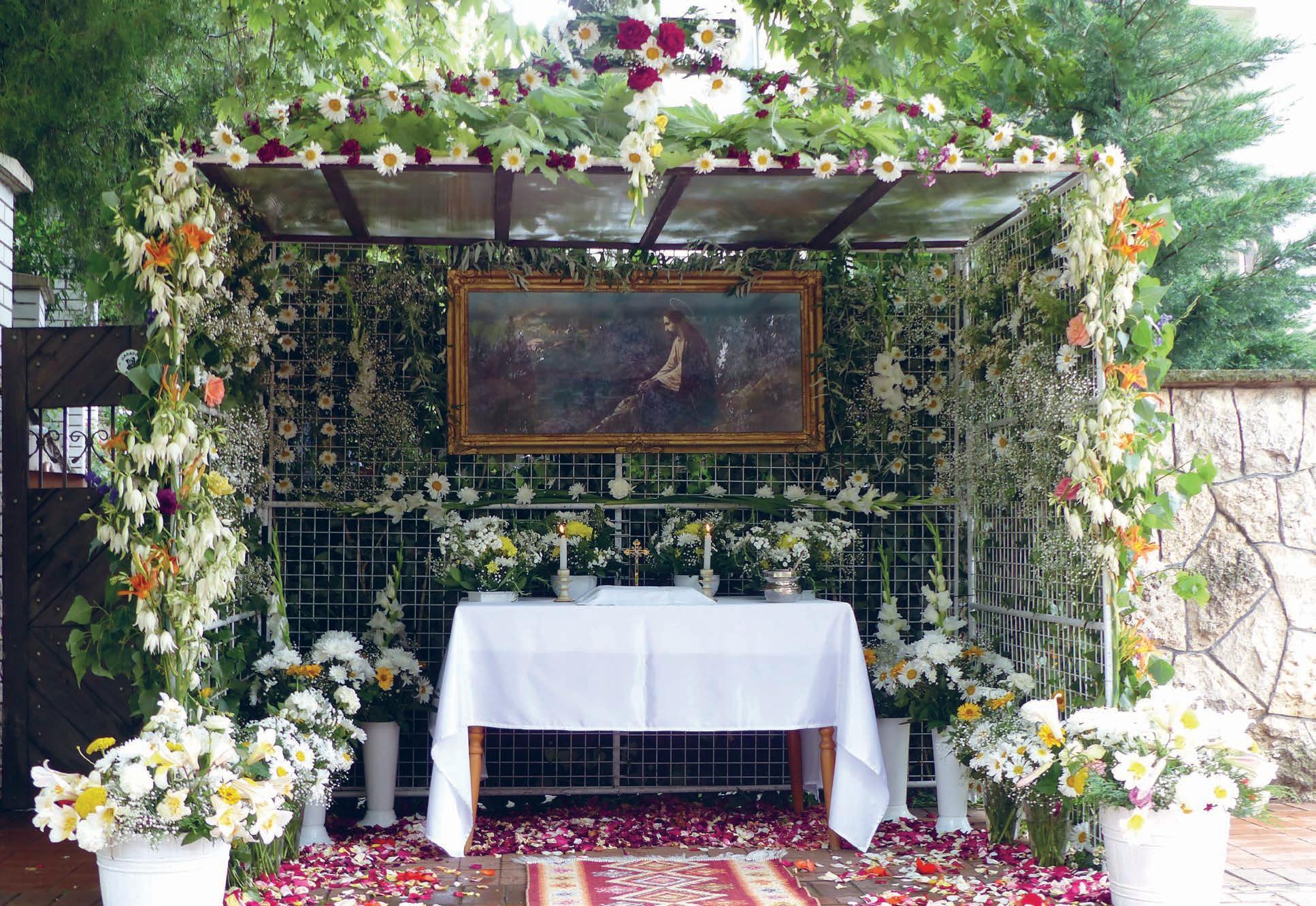
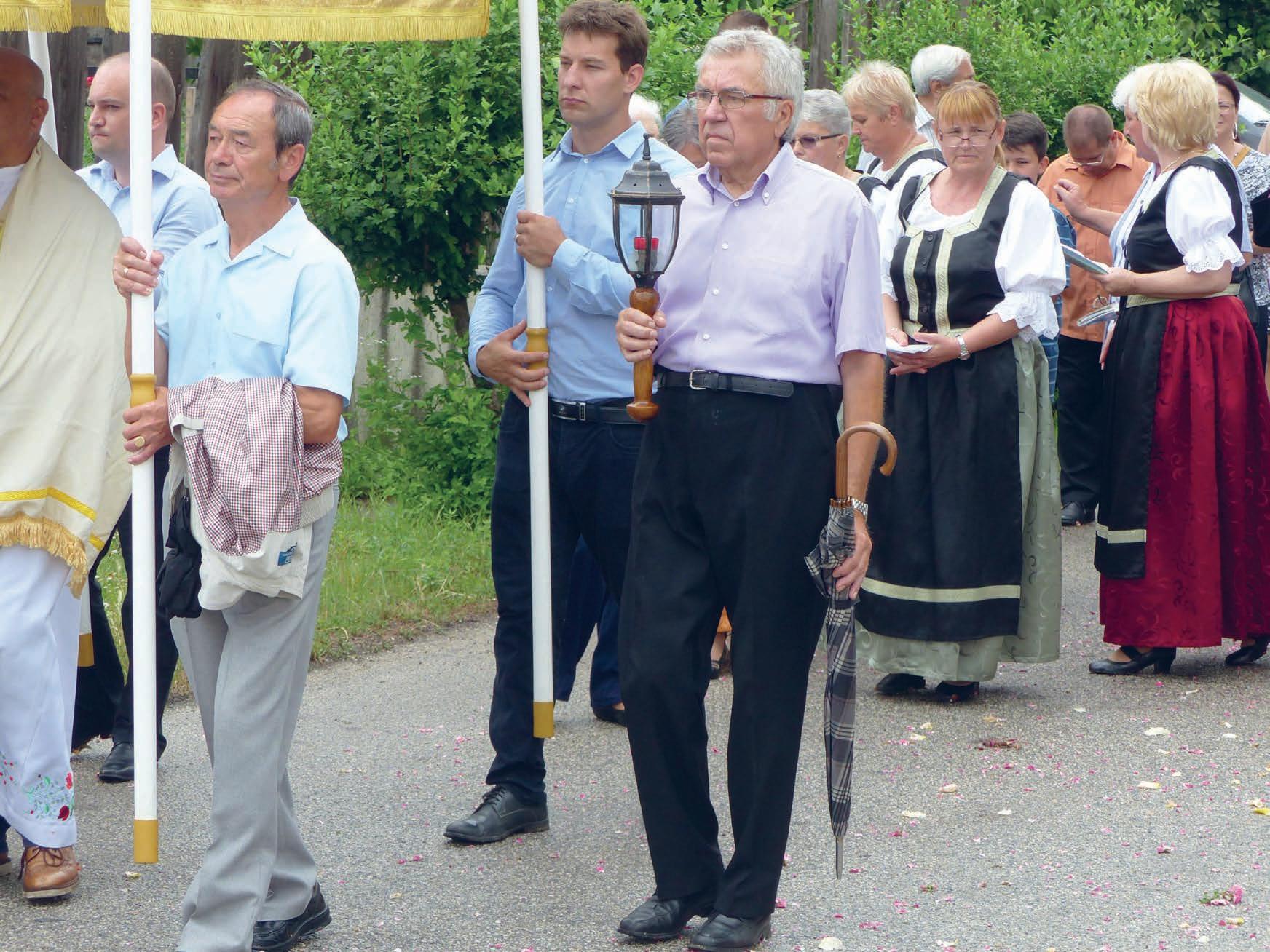
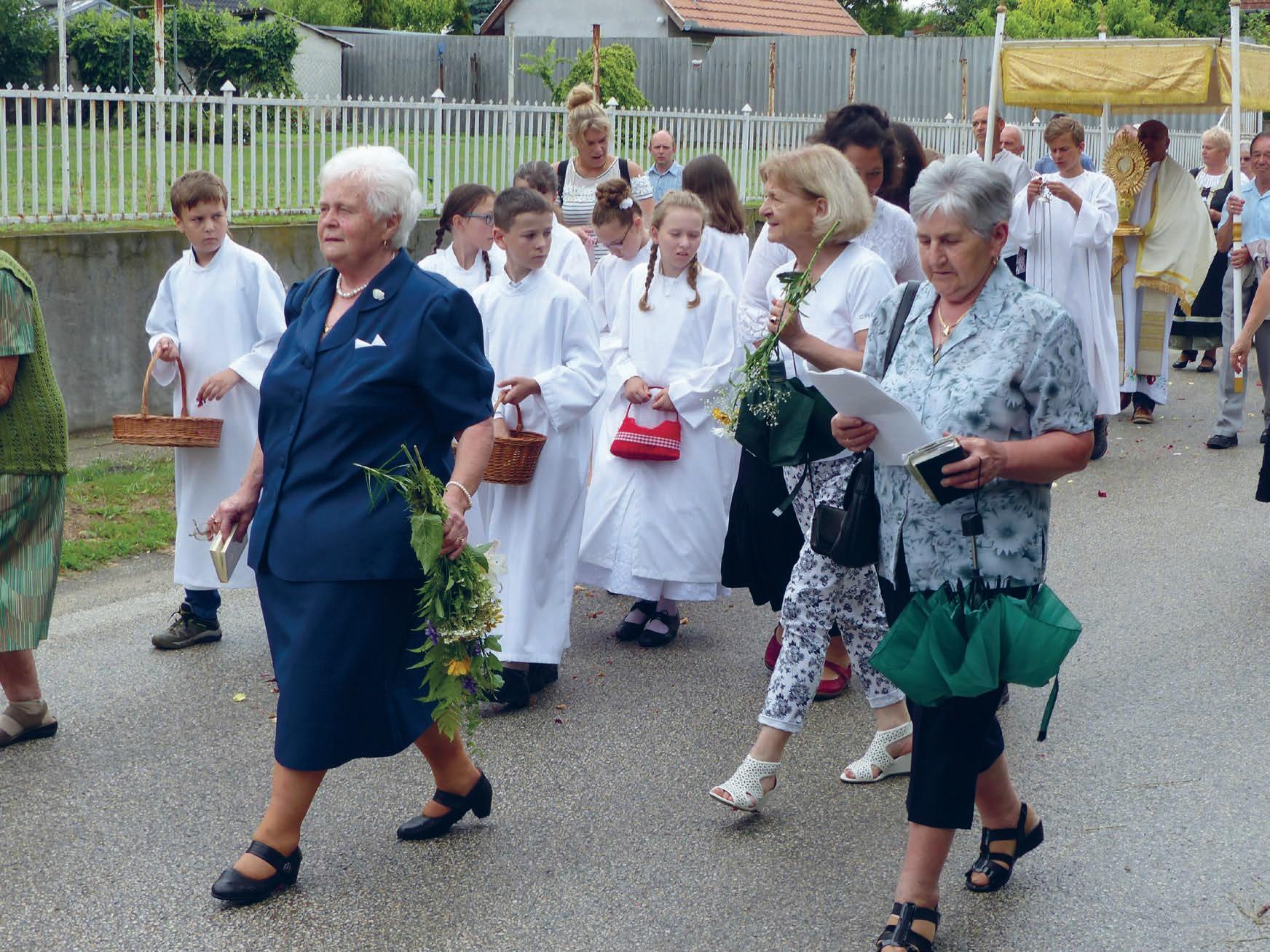
Corpus Christi procession – 2019. In the foreground: Mária Bagyó, wife of Antal Rozgics; Mária Ágics, wife of László Barits; and Magdolna Istvánov, wife of János Horváth
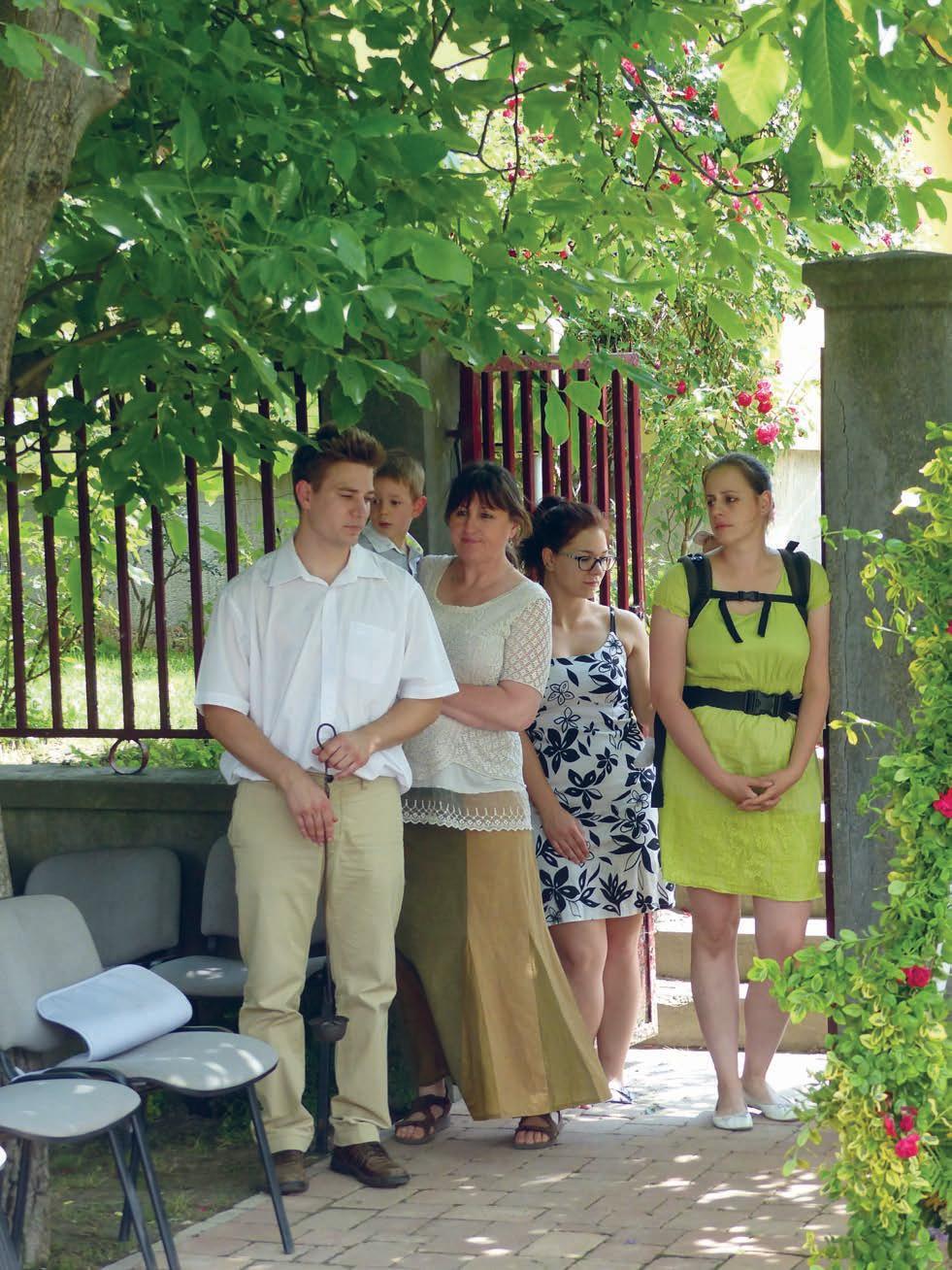
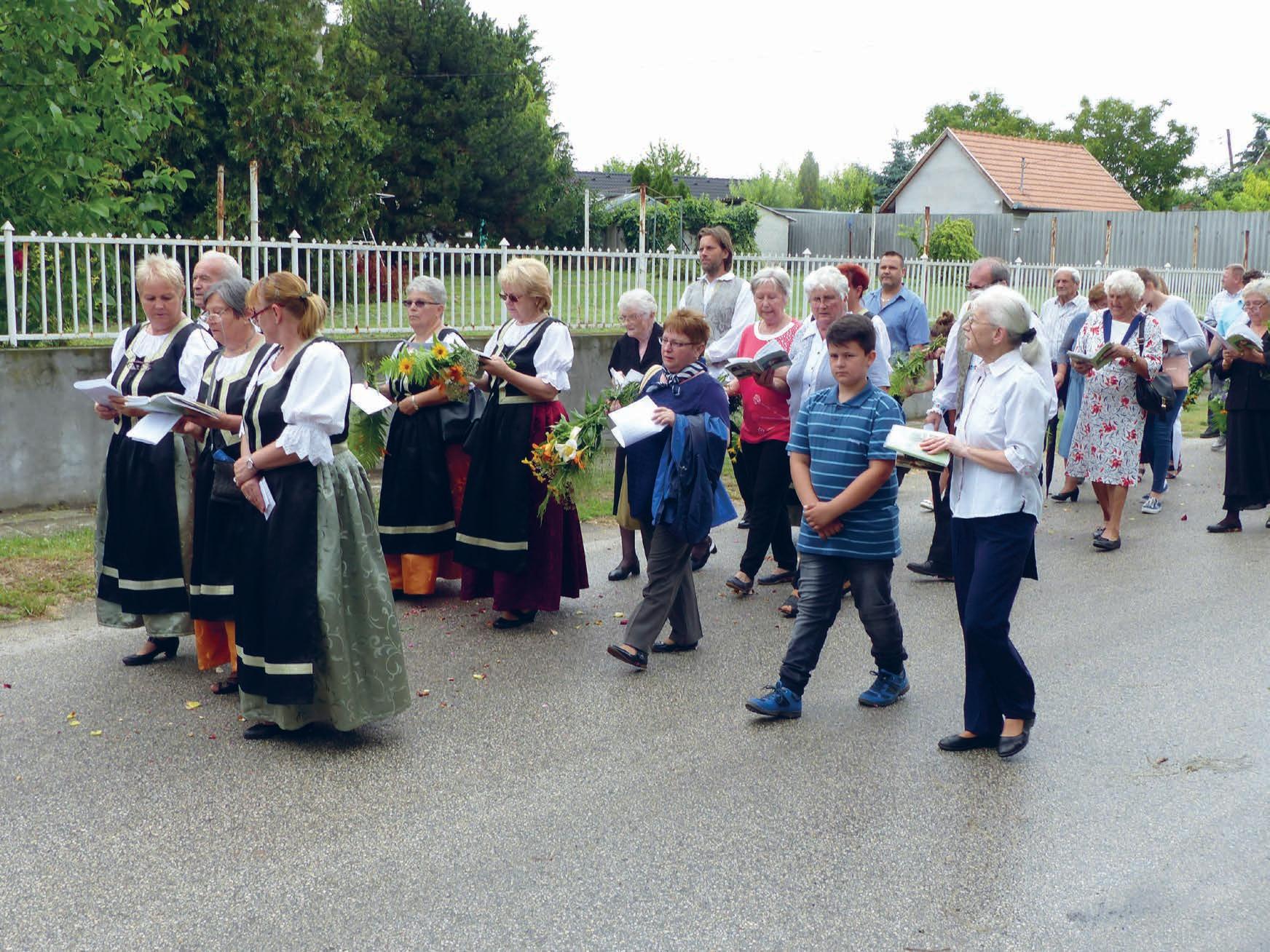
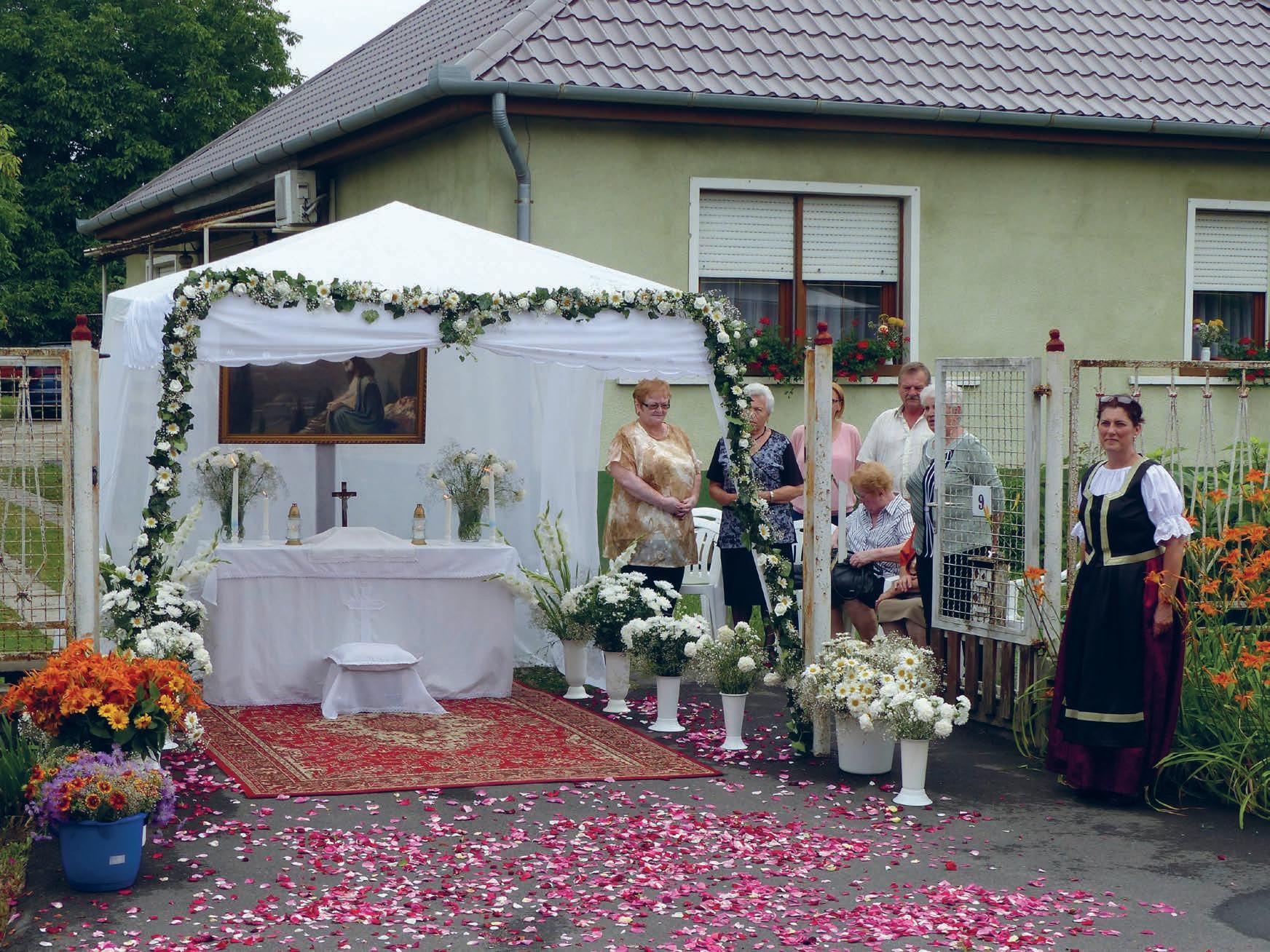
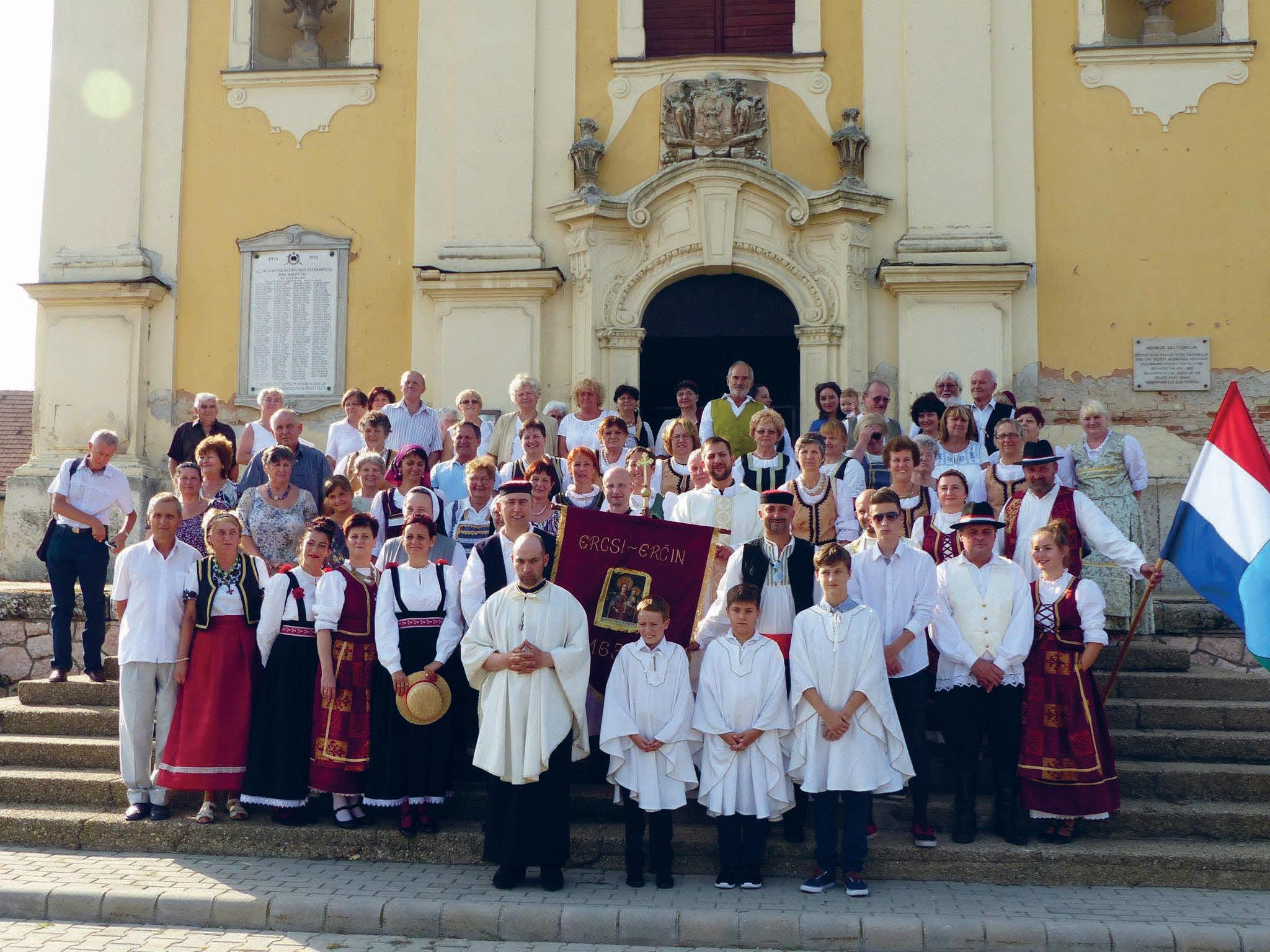
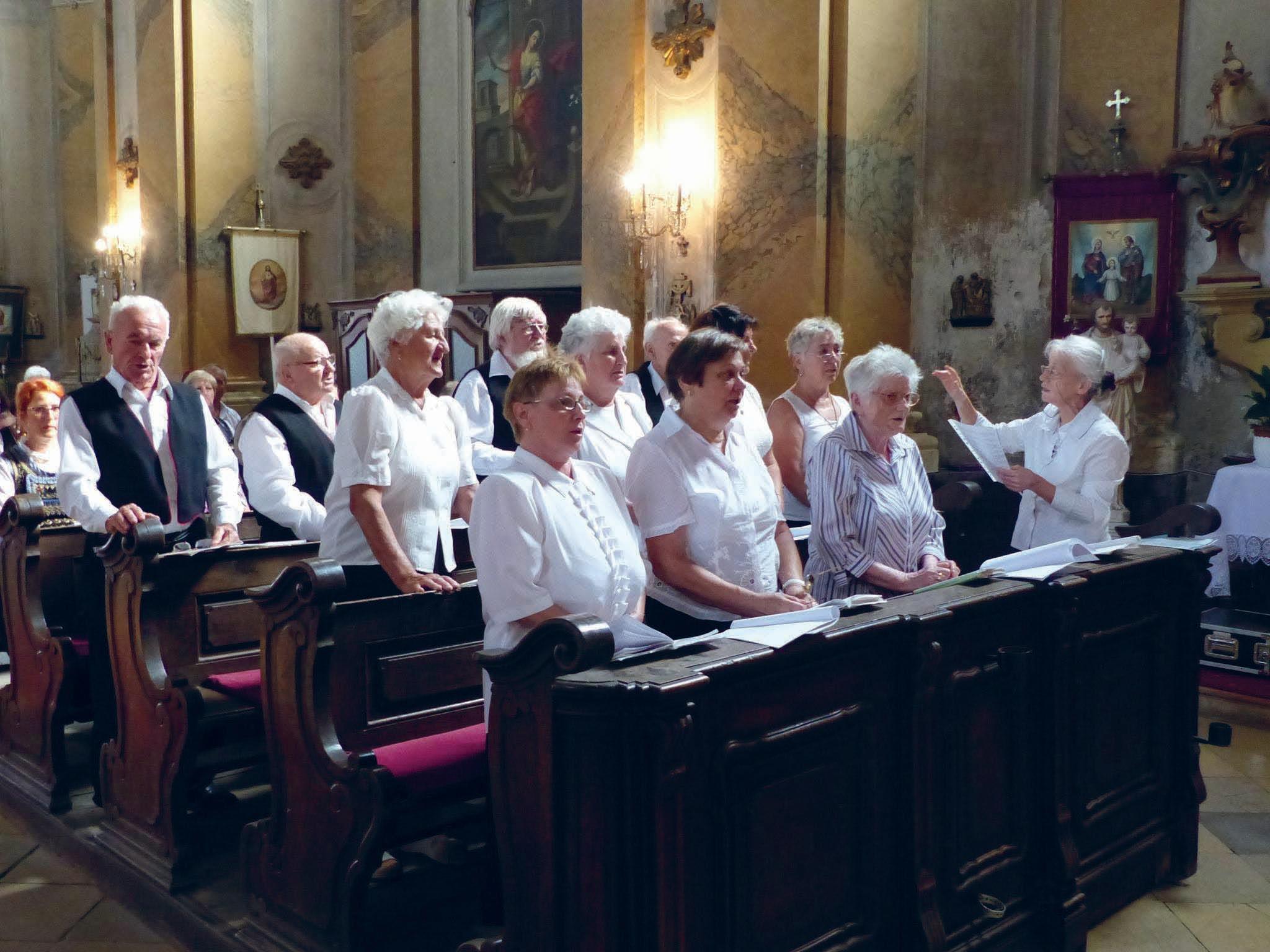
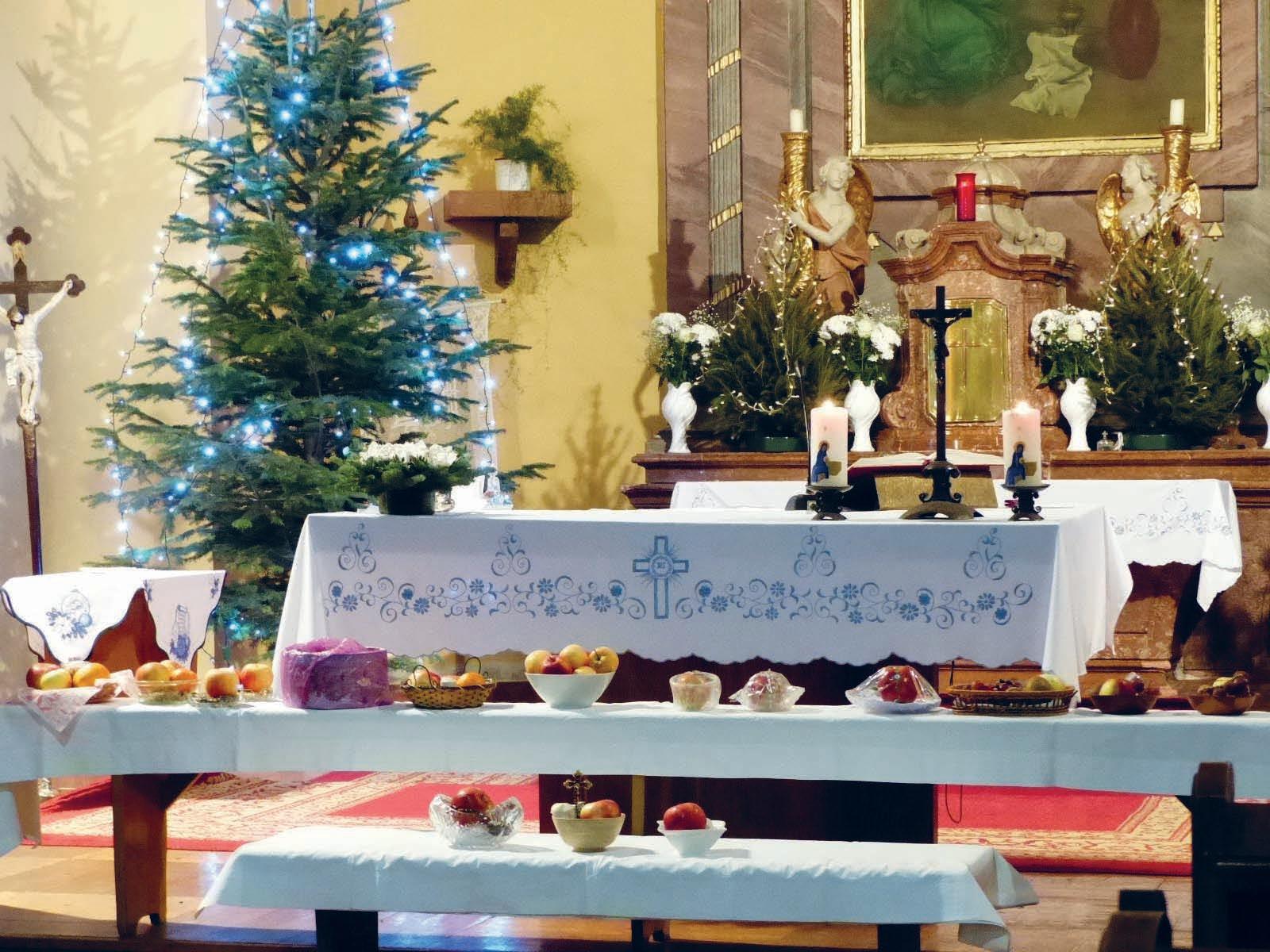
Blessing of sacramentals (apple, garlic, salt) in Tokol on the feast of Saint Anthony the Hermit in 2019
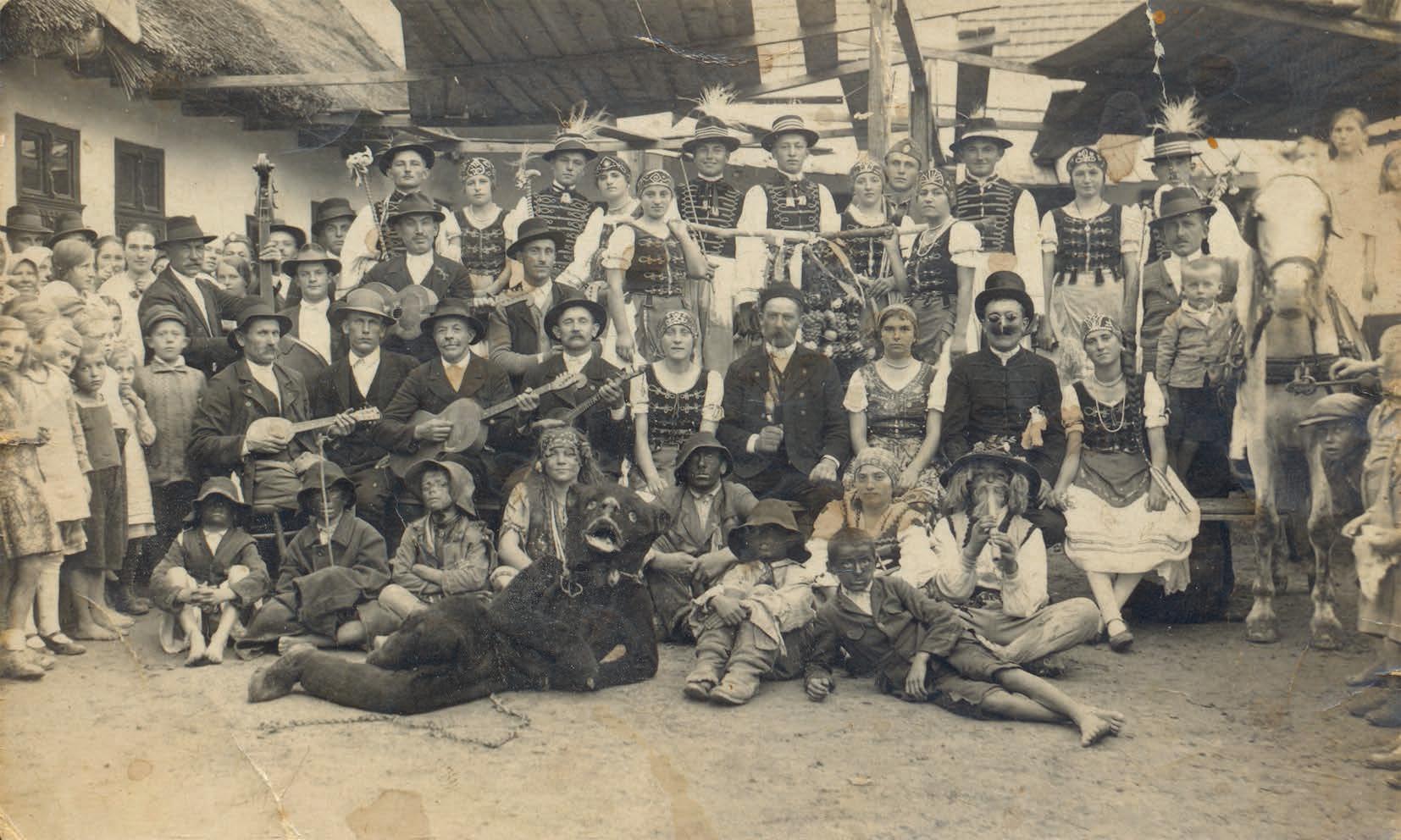
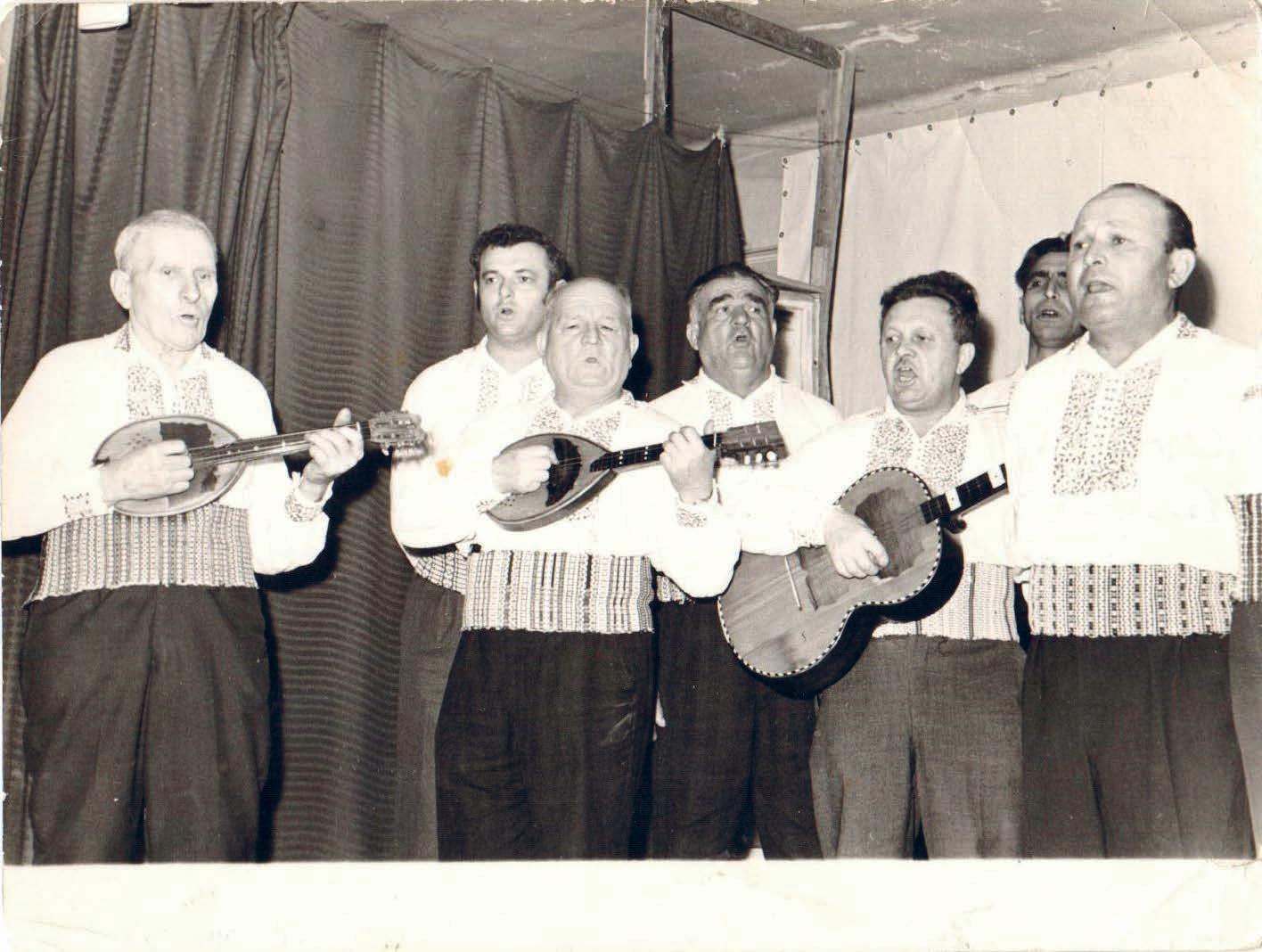
Members of the Tokol tamburitza orchestra and the Rac Men’s Choir in earlier times: Mihály Milkovics, János Marelyin, István Kirchner, Antal Bosnyák, Antal Csvórics, Sándor Bosnyák, and János Tomin
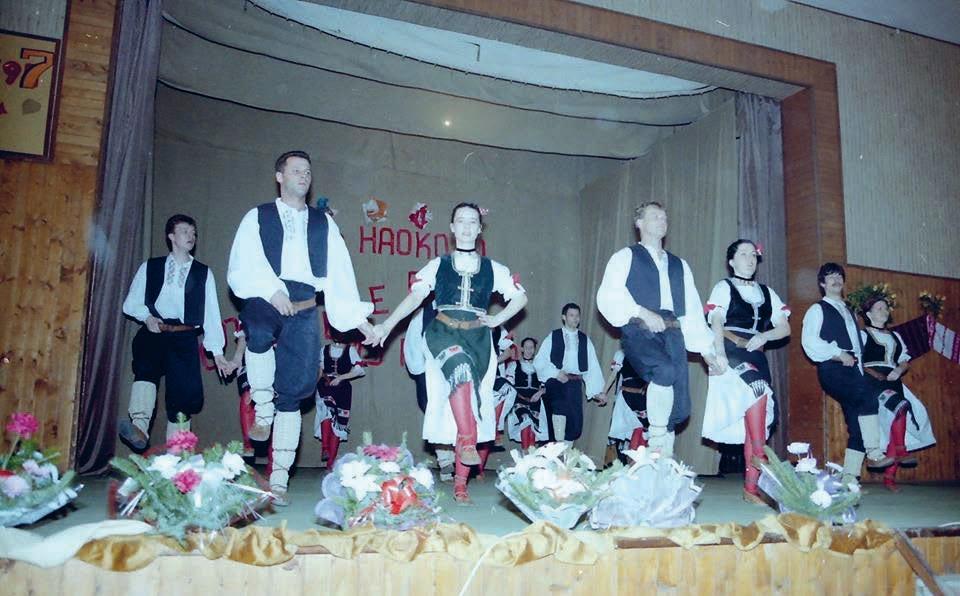
Performance of the Tokol South Slavic Nationality Ensemble in 1997 in Novi
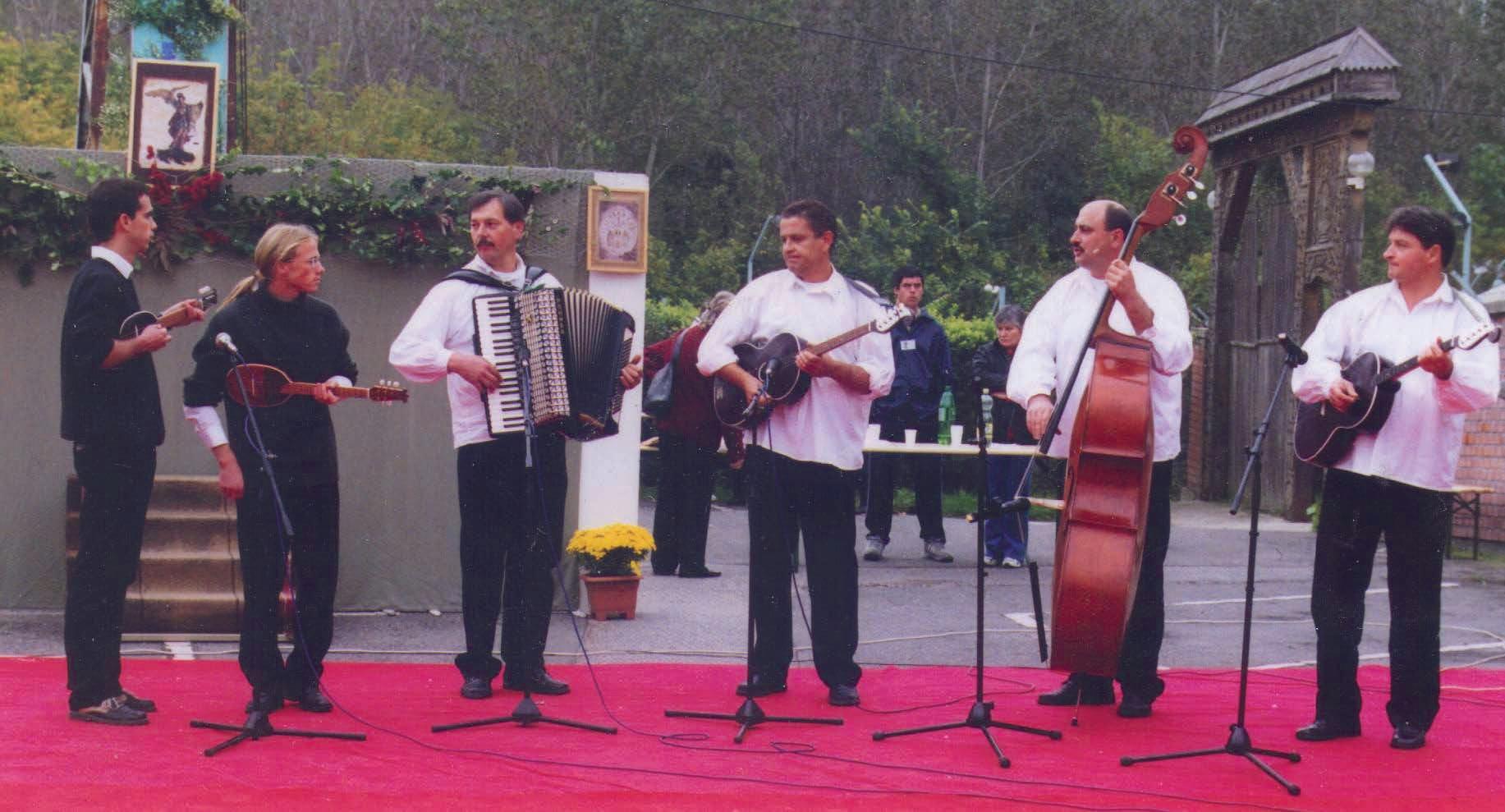
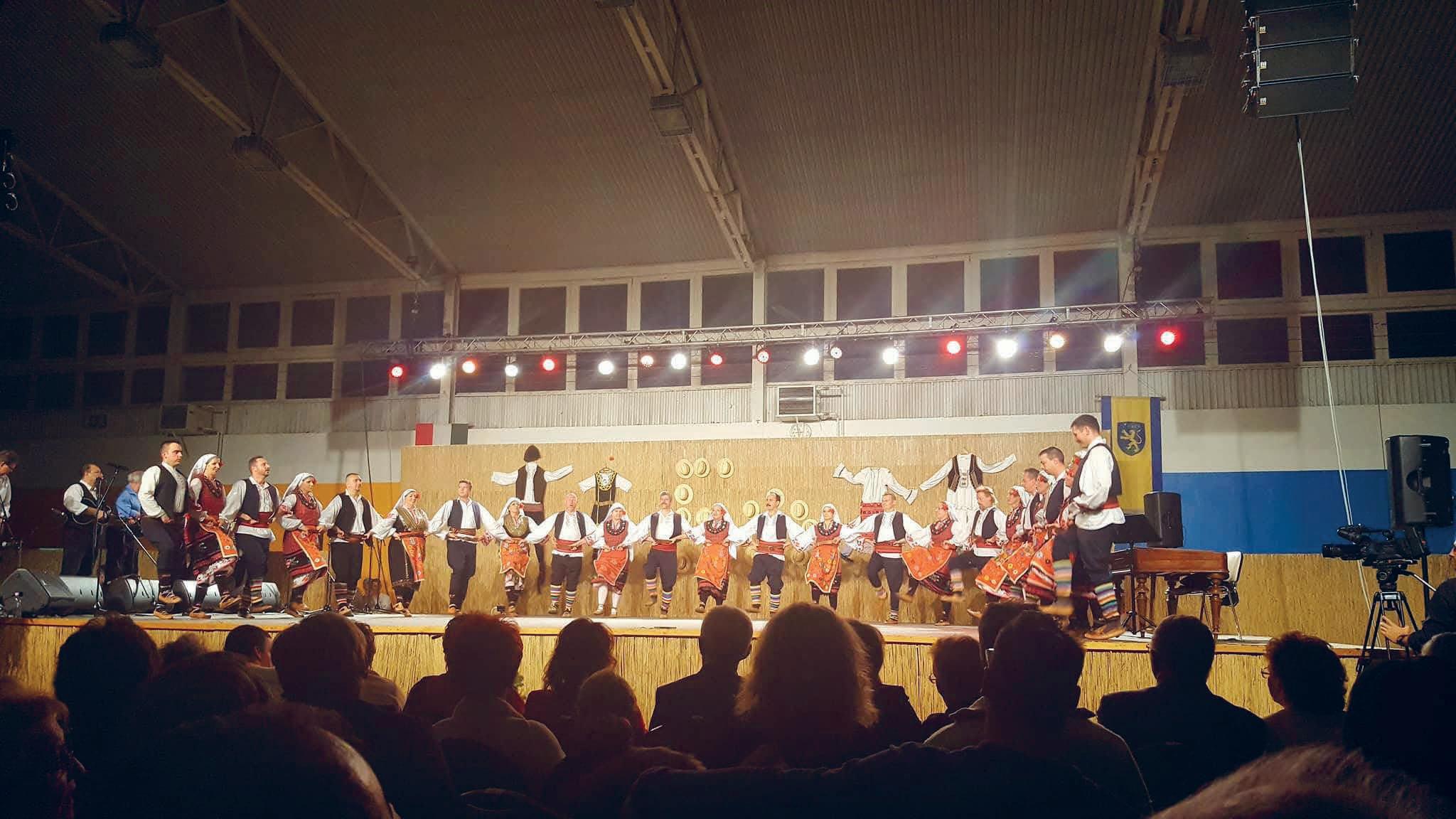
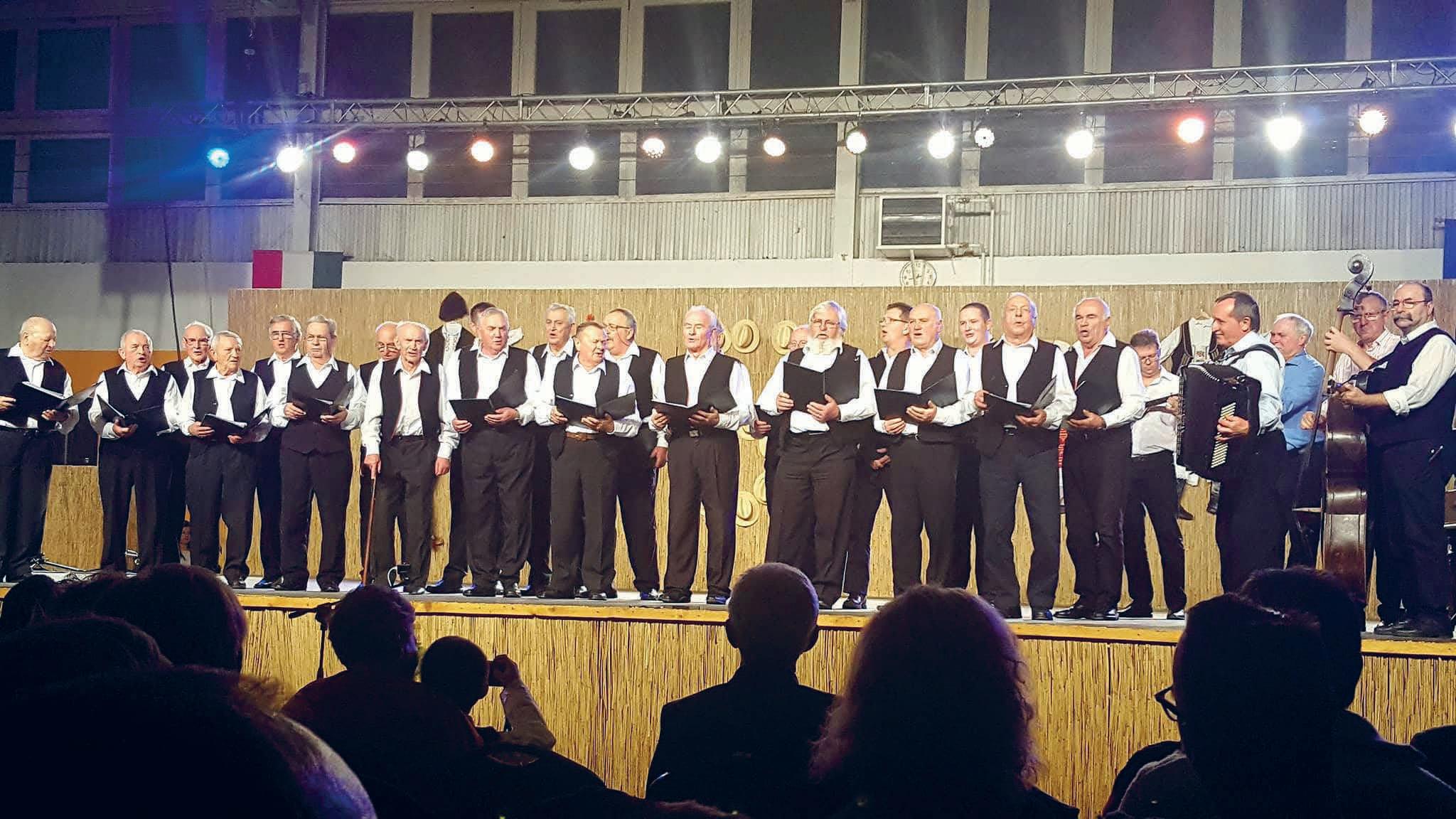
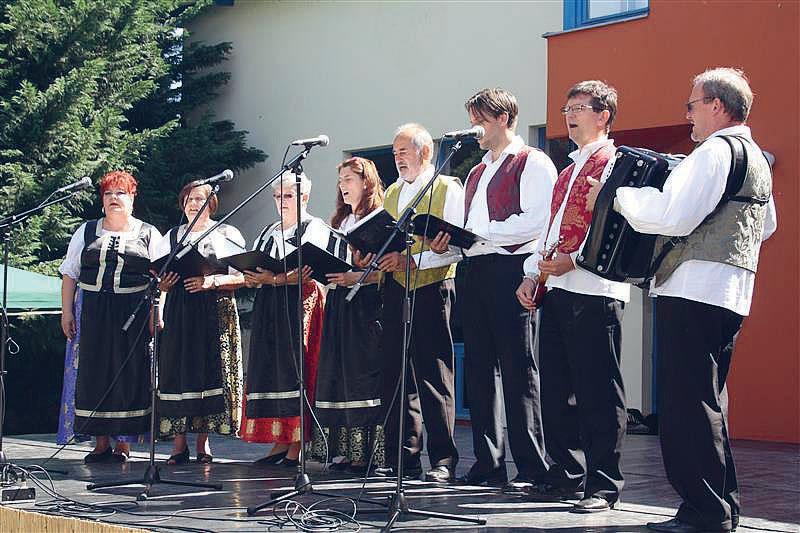
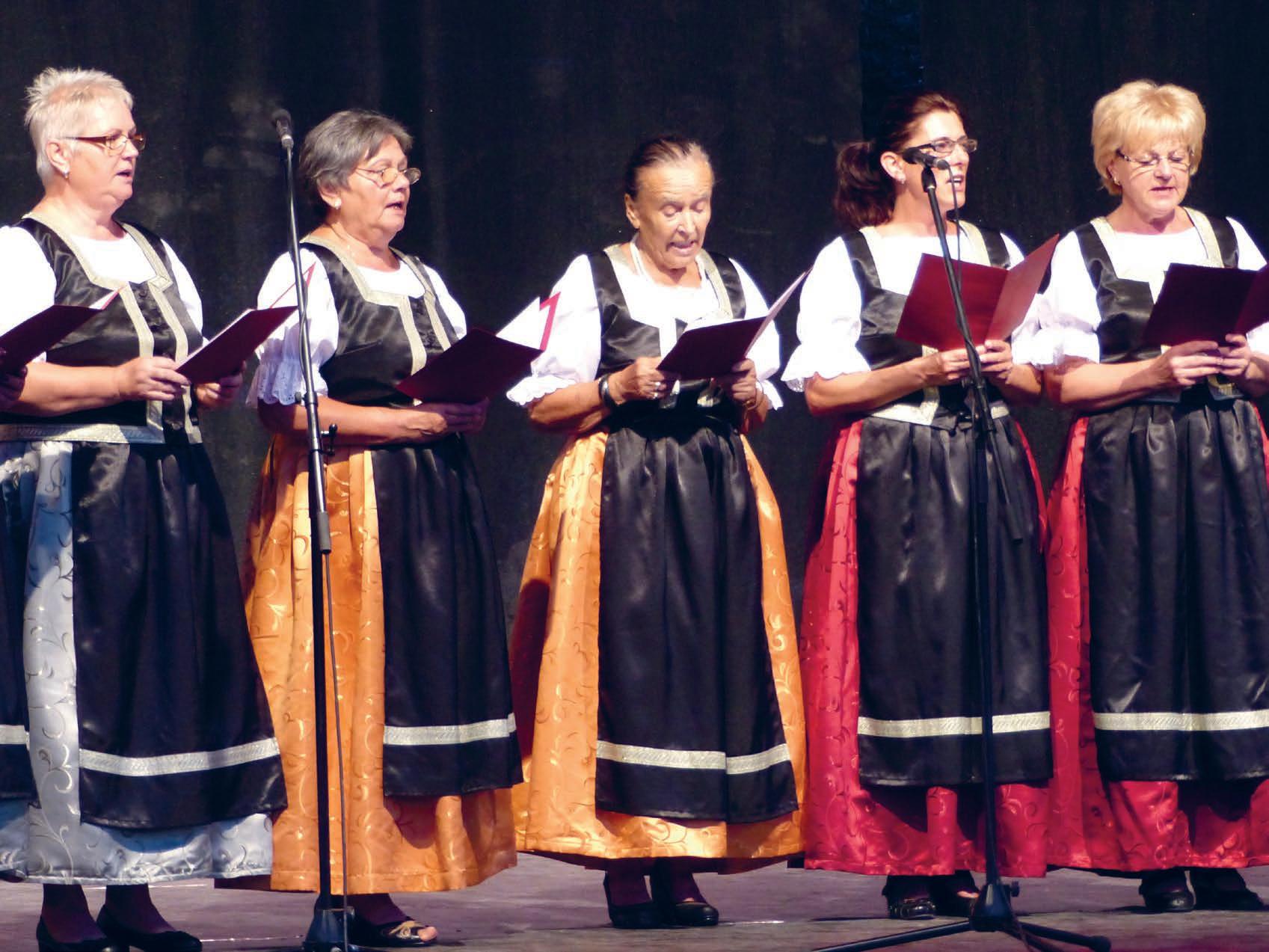
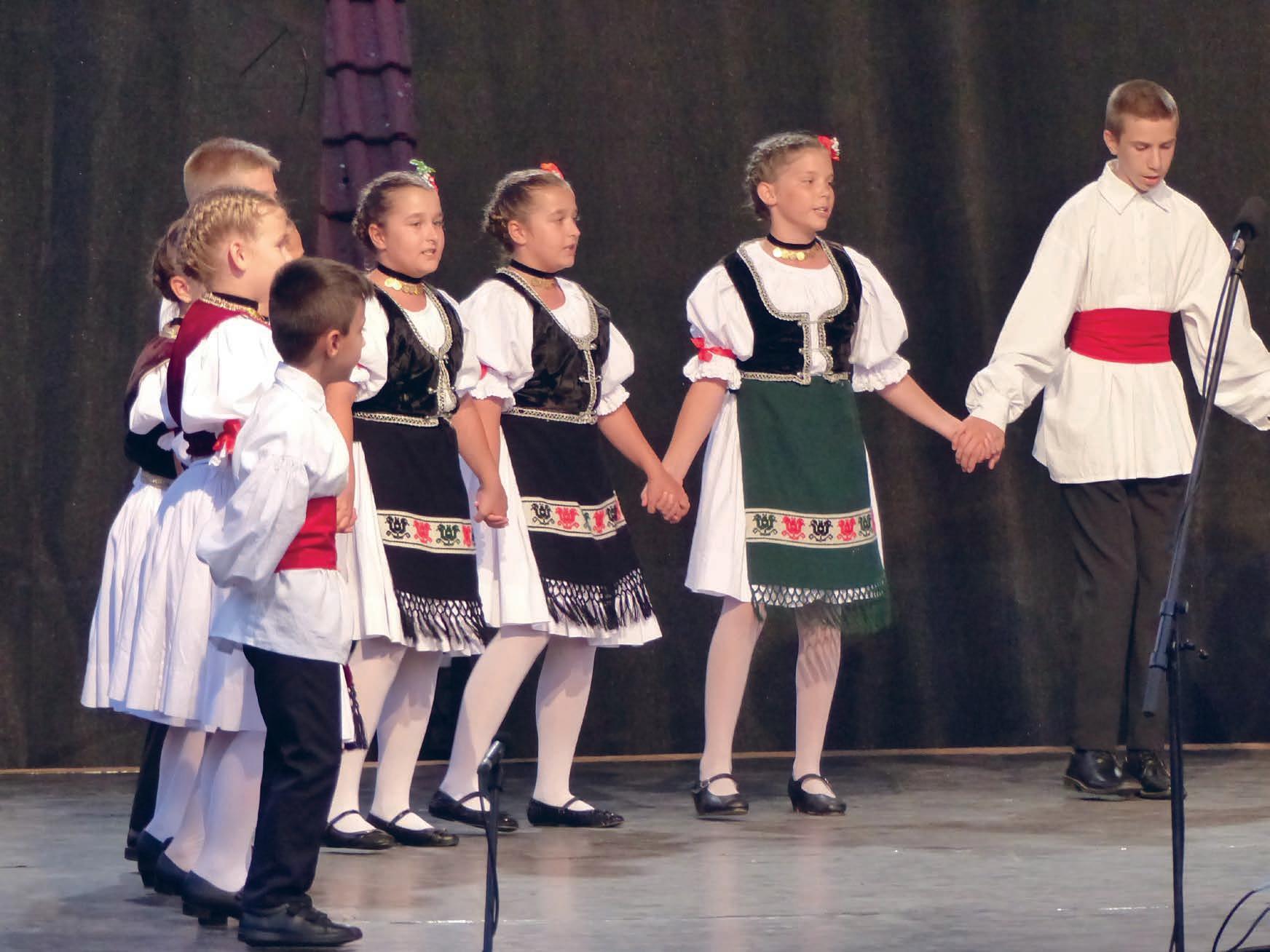
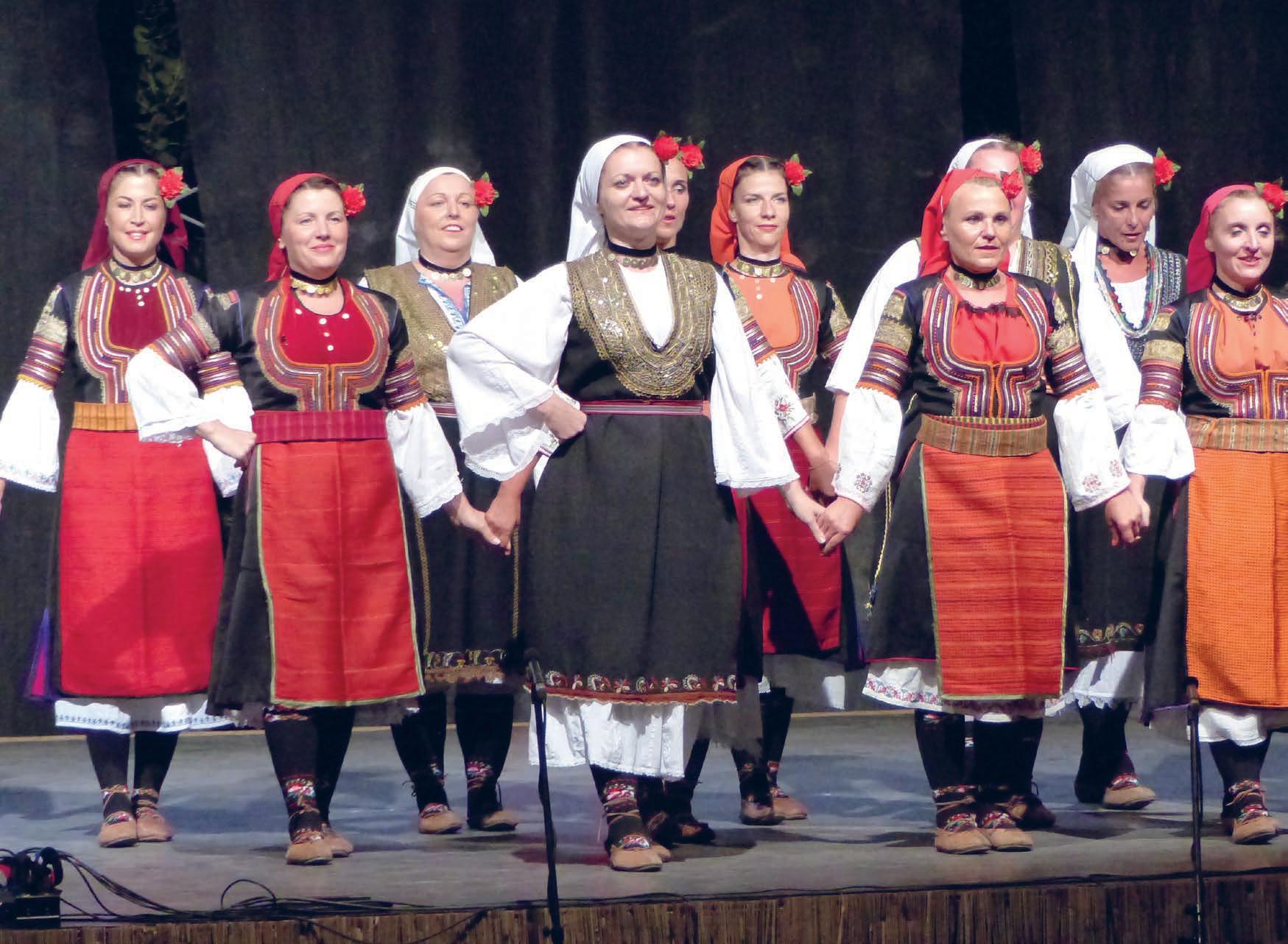
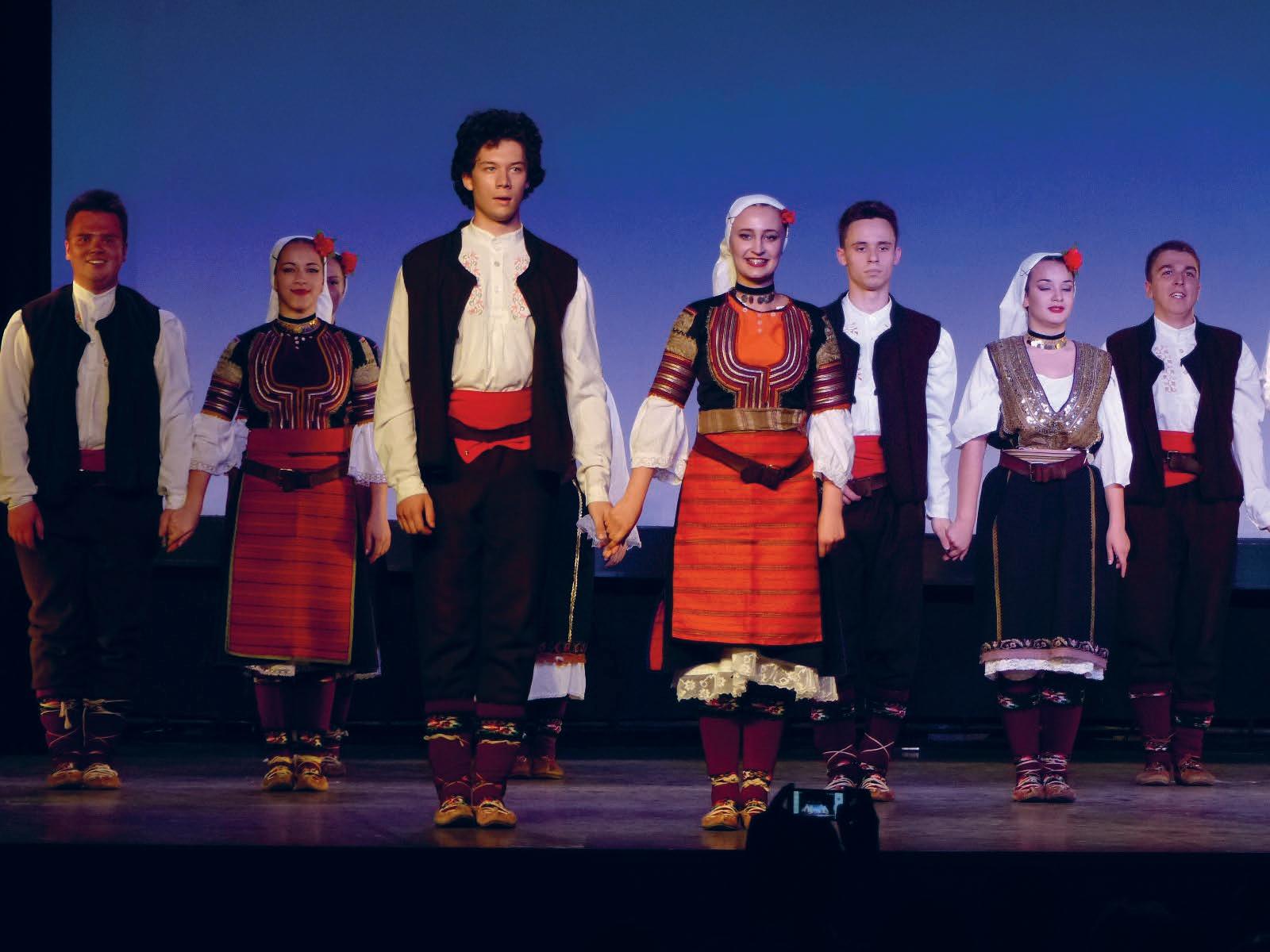
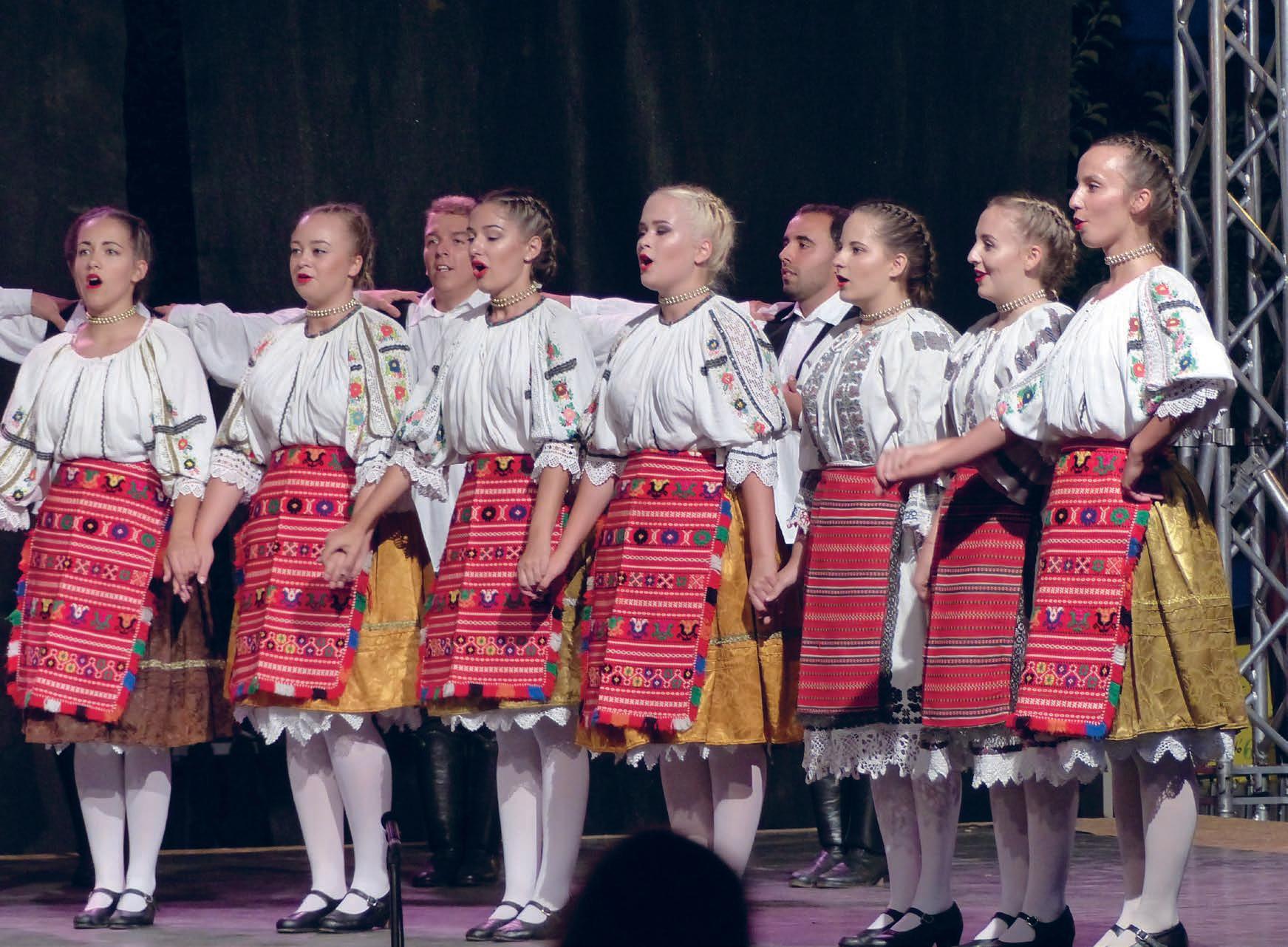
from the performances of the active members of the Tokol South Slavic Nationality Ensemble
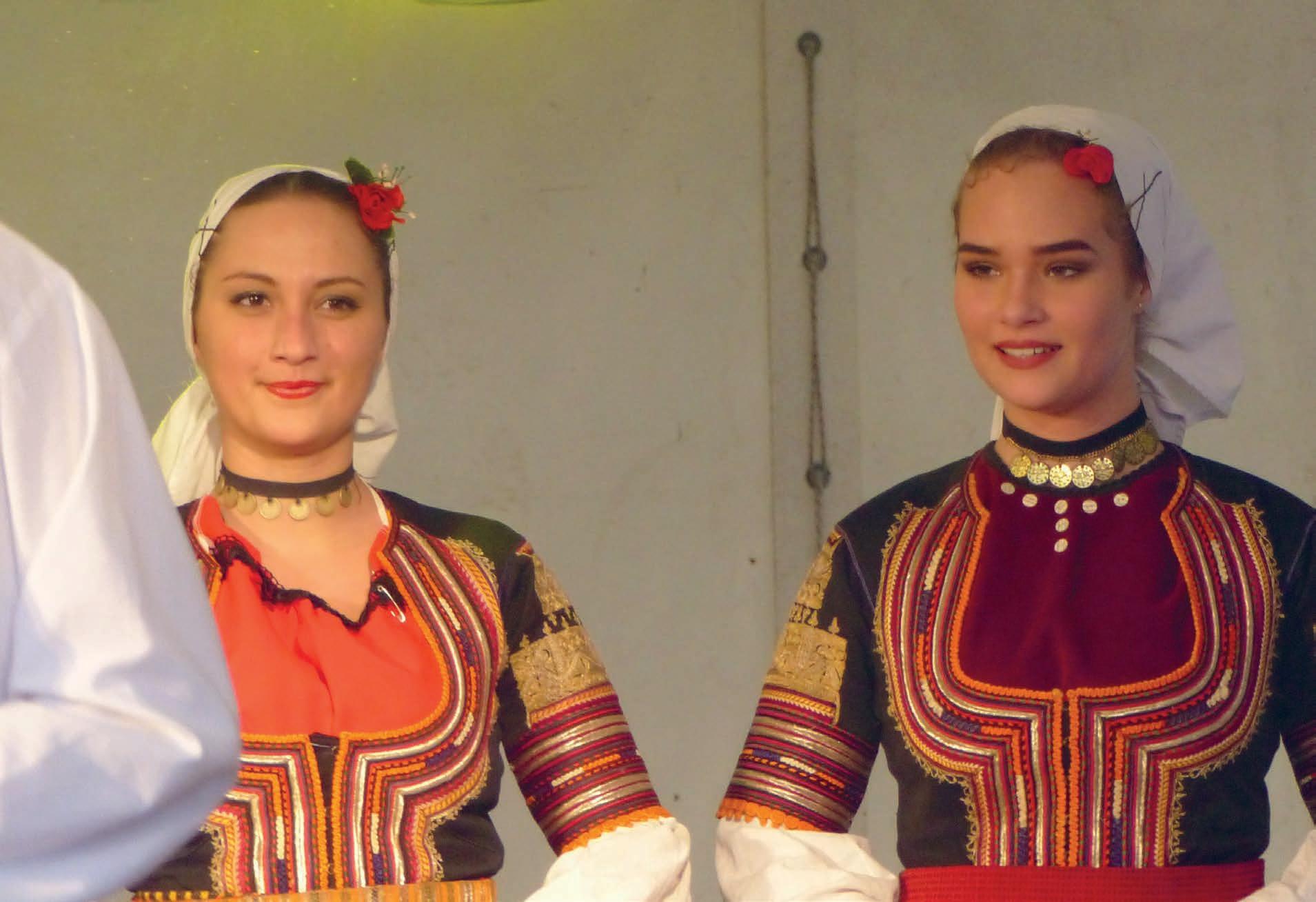
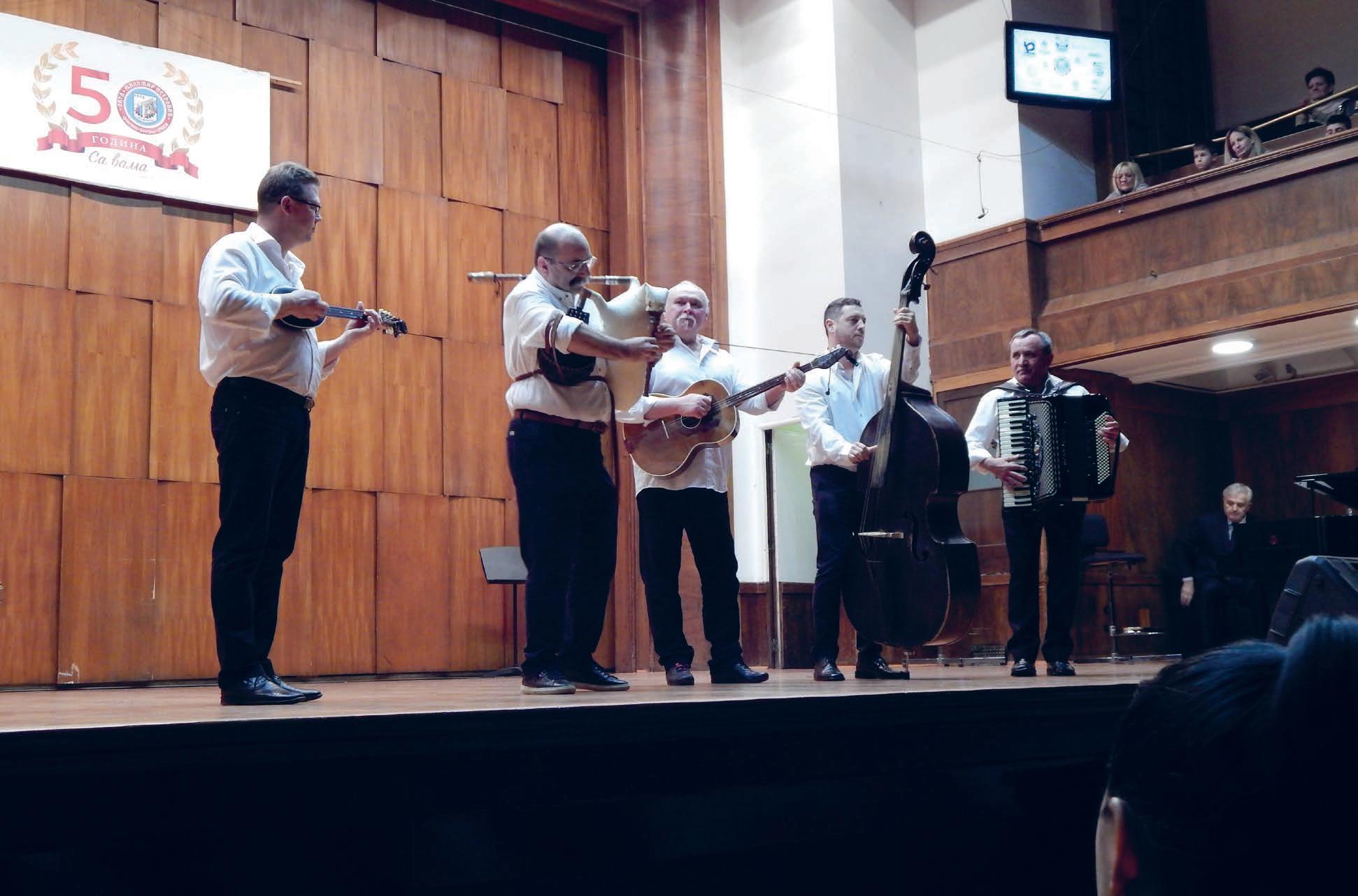
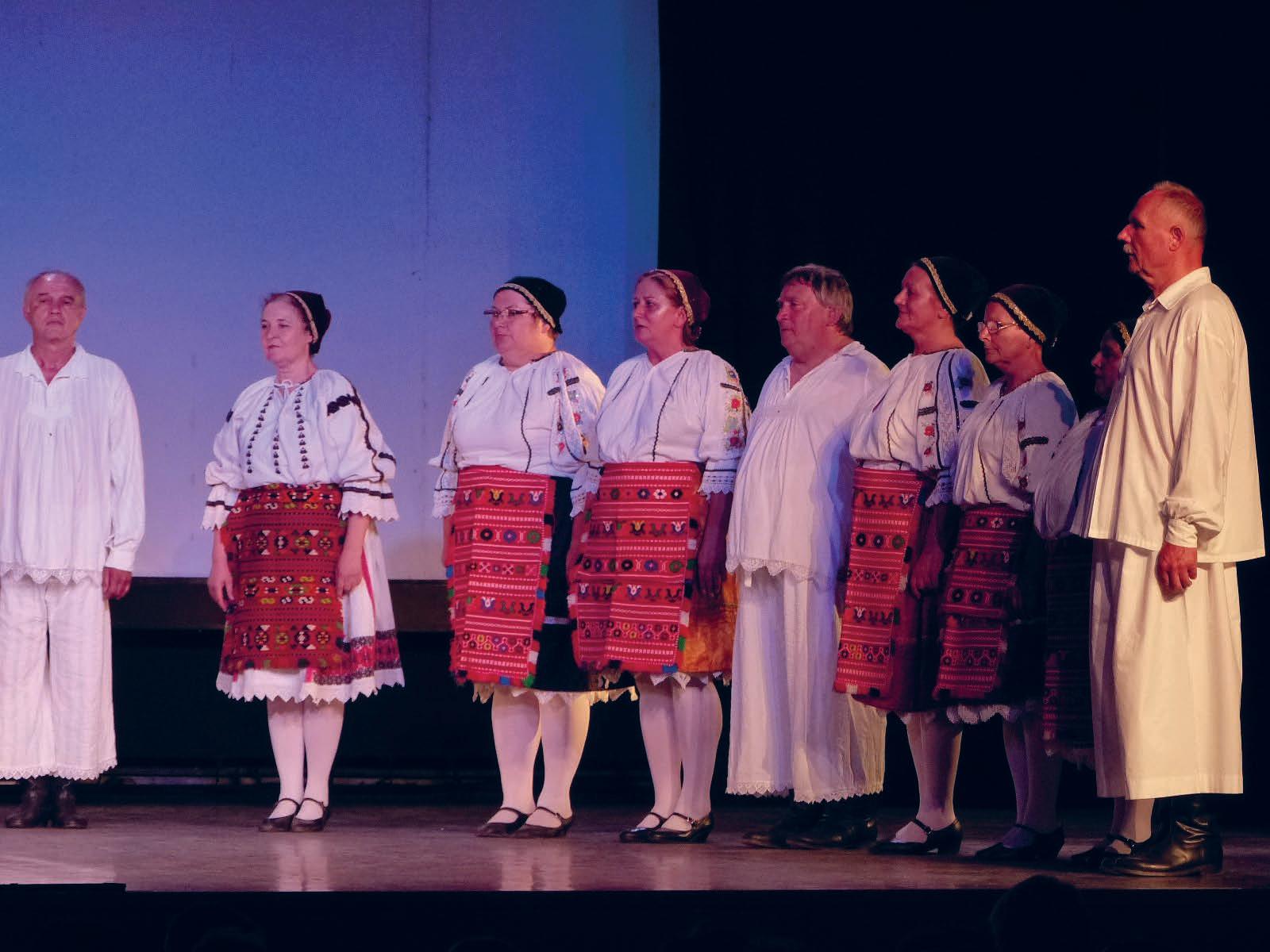
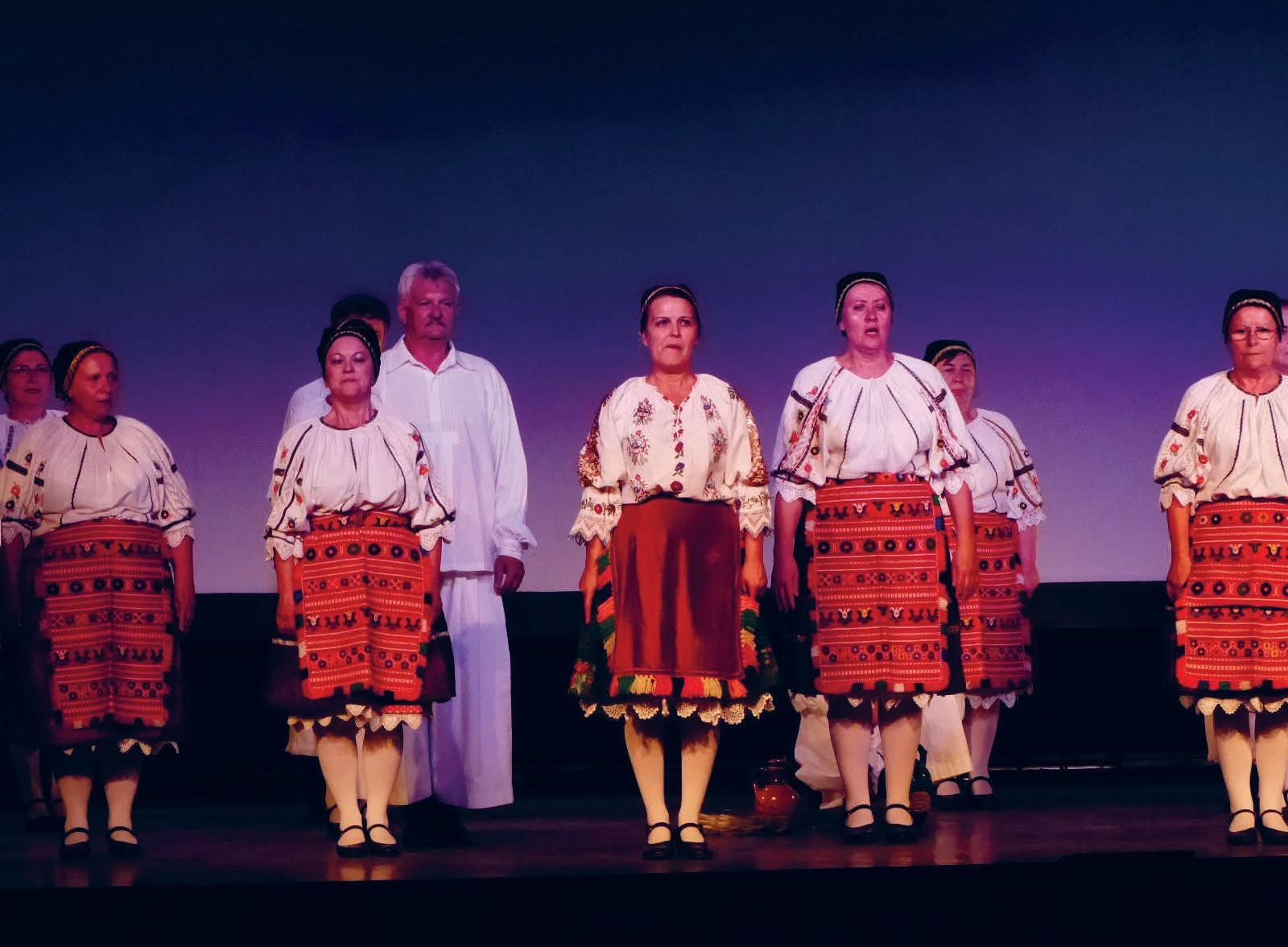
Photos taken at the performance of the tradition-preserving group of the Tokol South Slavic Nationality Ensemble in 2018
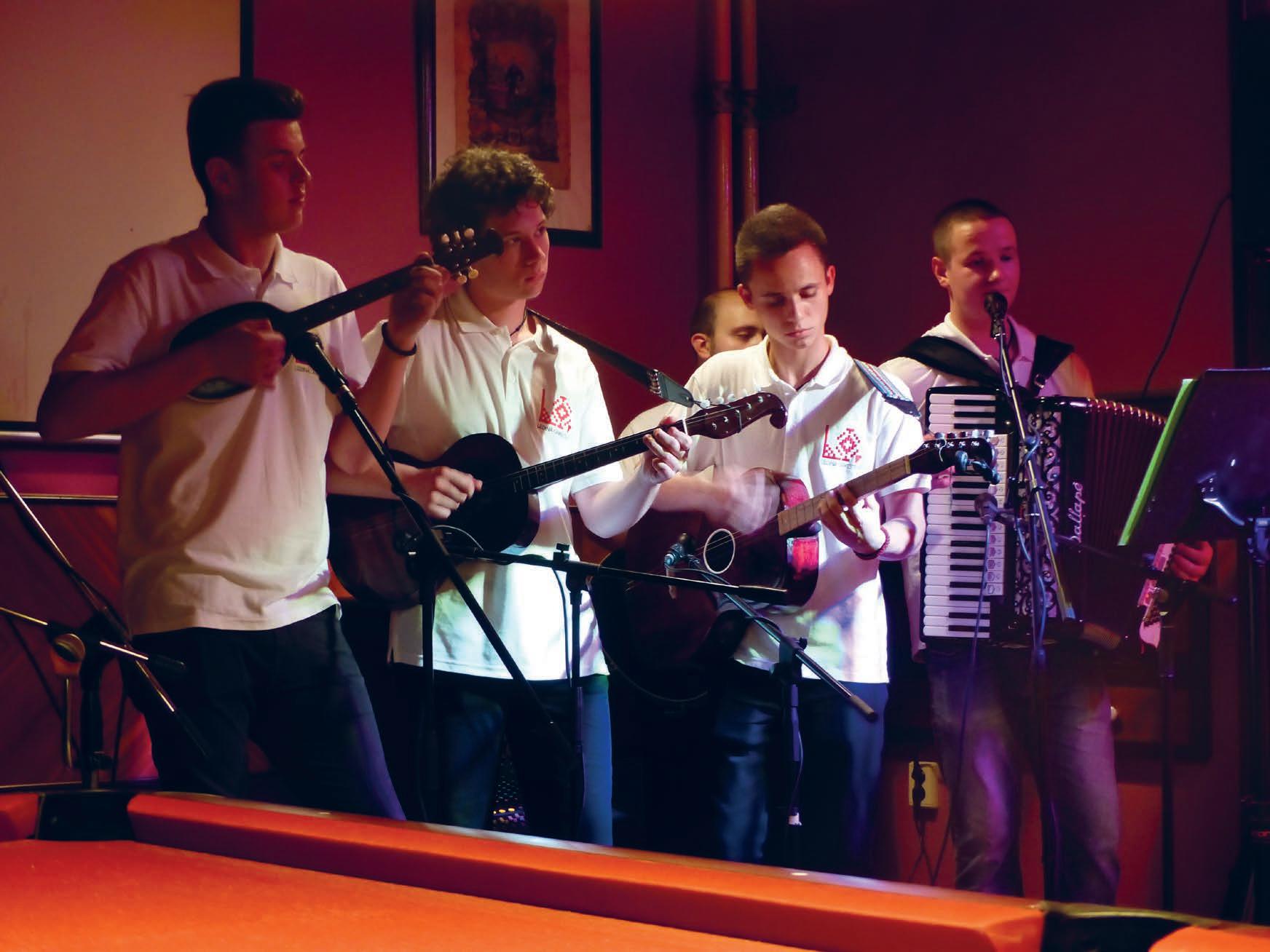
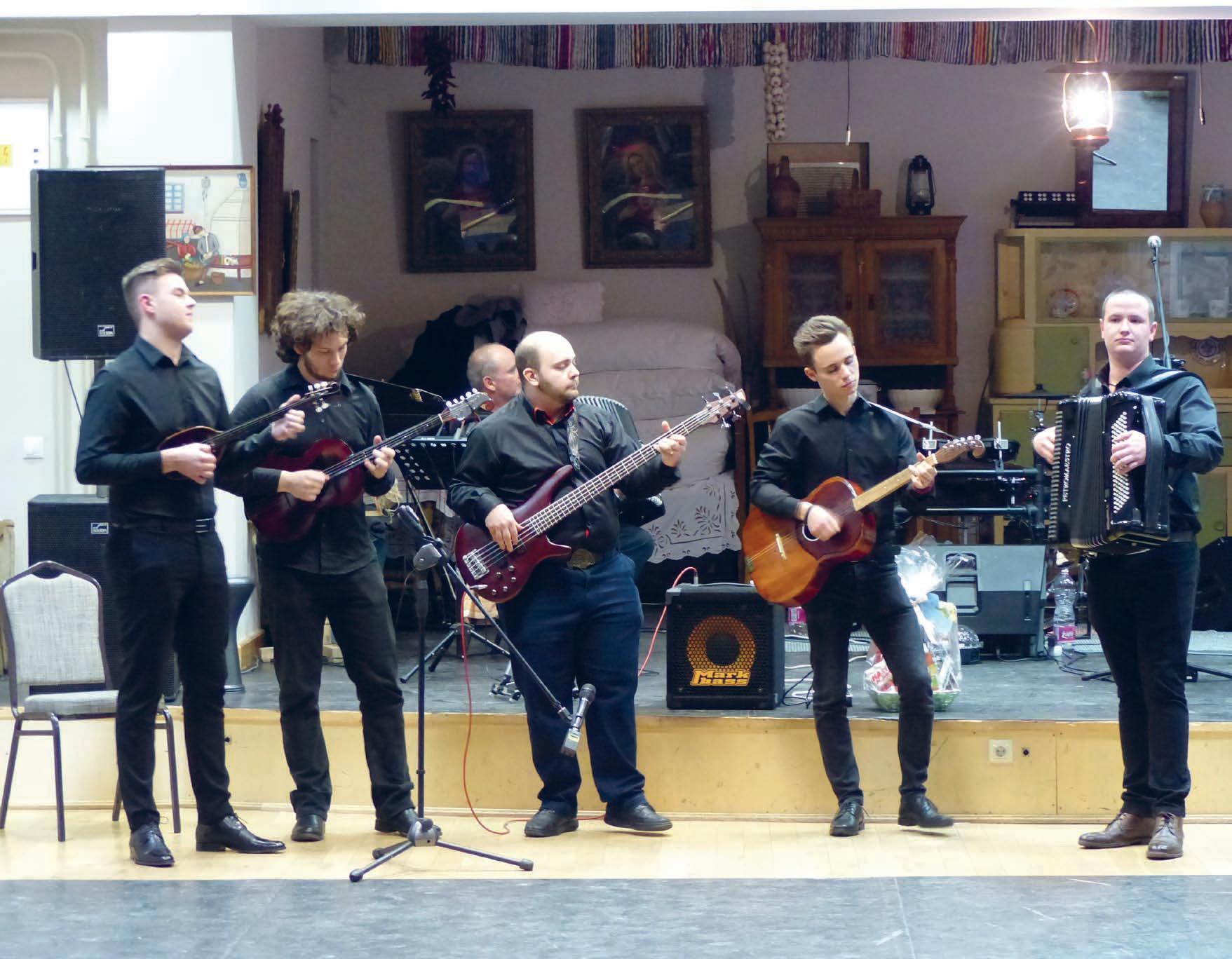
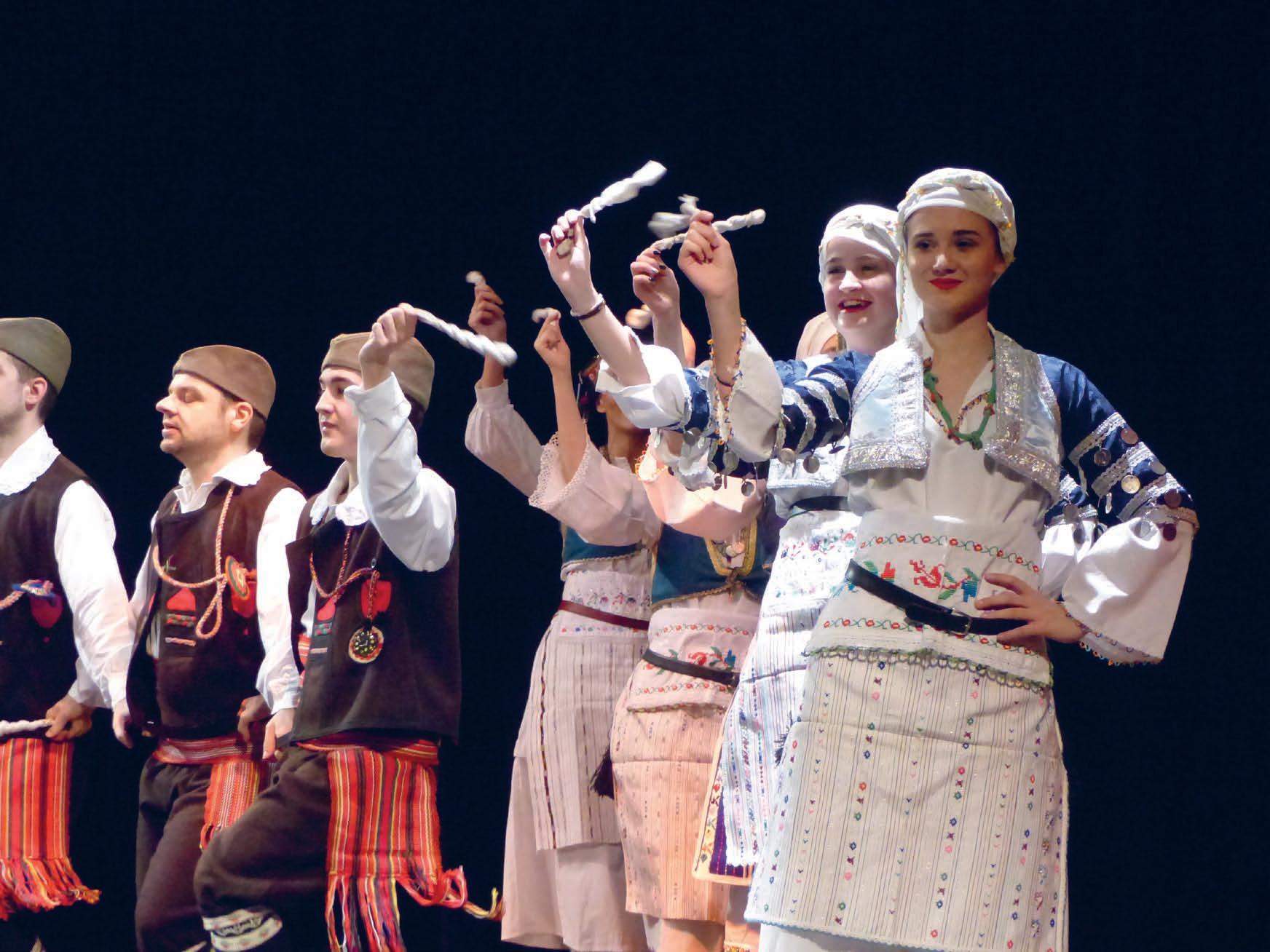
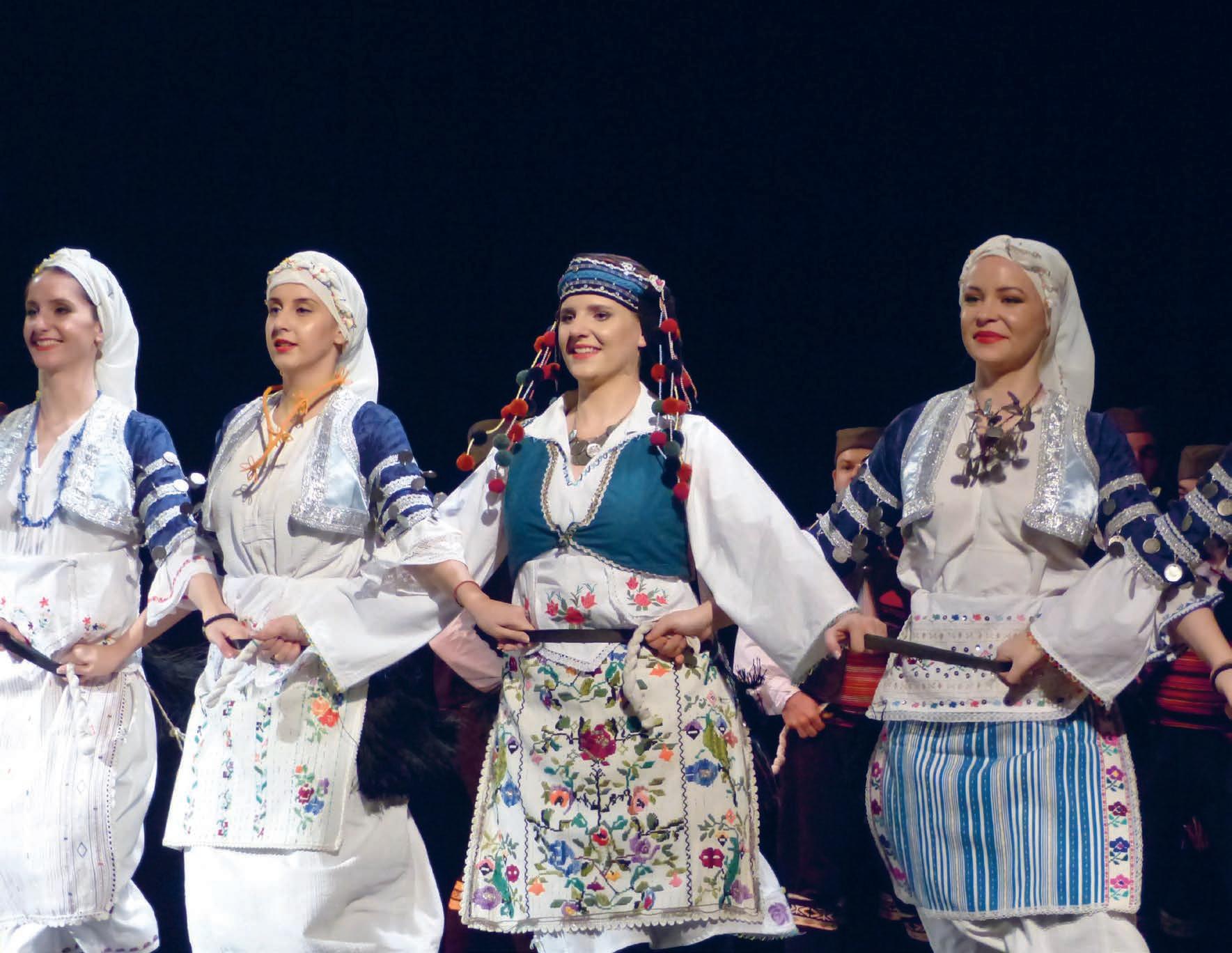
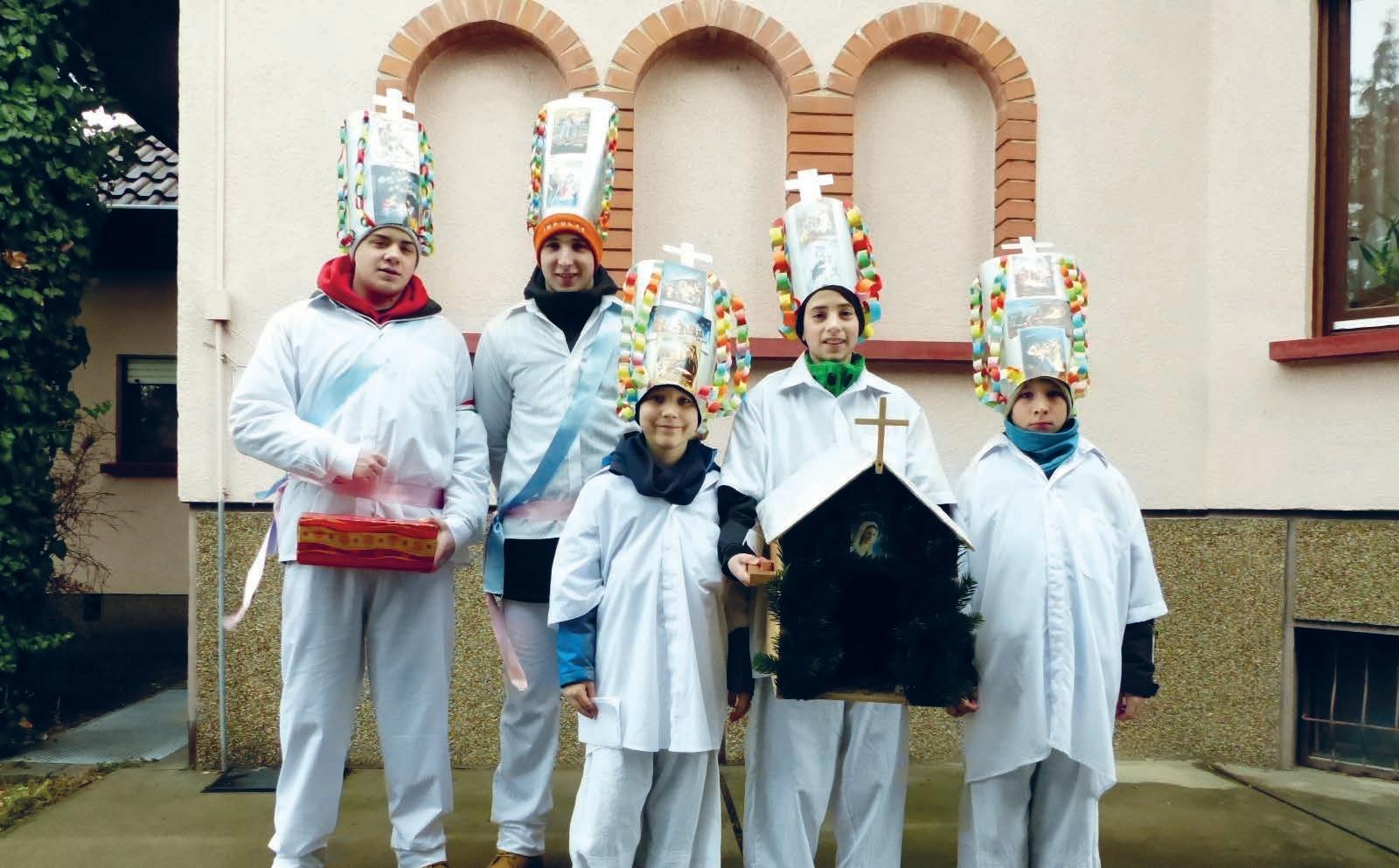
players in the
language
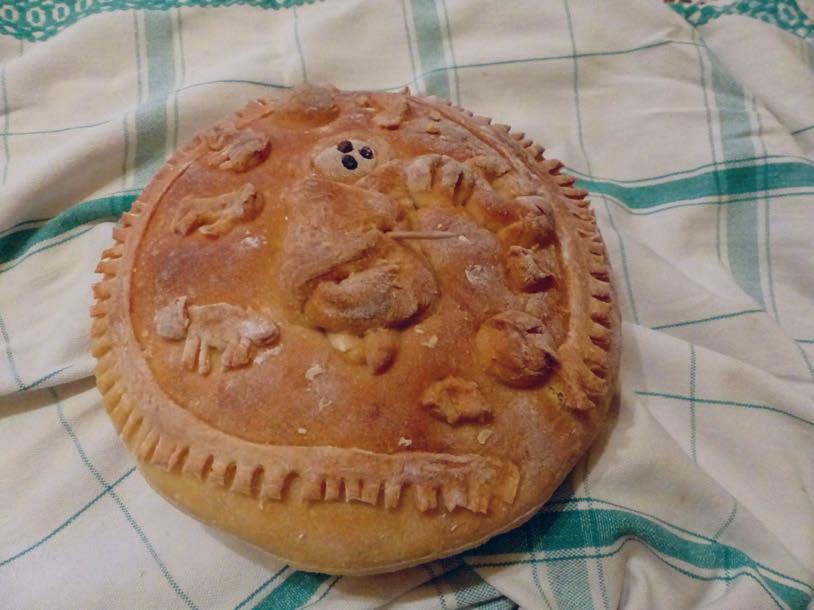
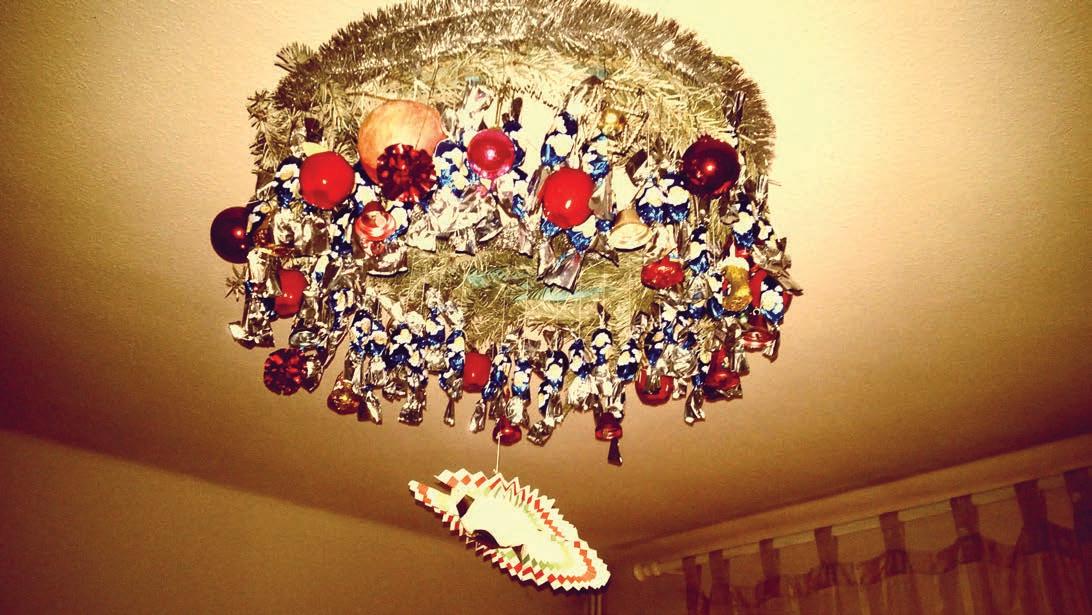
Tradicionalni racki božićni kolač, čurek (2018.) [izradila Marta Bednanić, supruga Karabana], te tradicionalni racki božićni stropni ukras [(božićno kolo / kriskindla), izradio Ivan Révai]
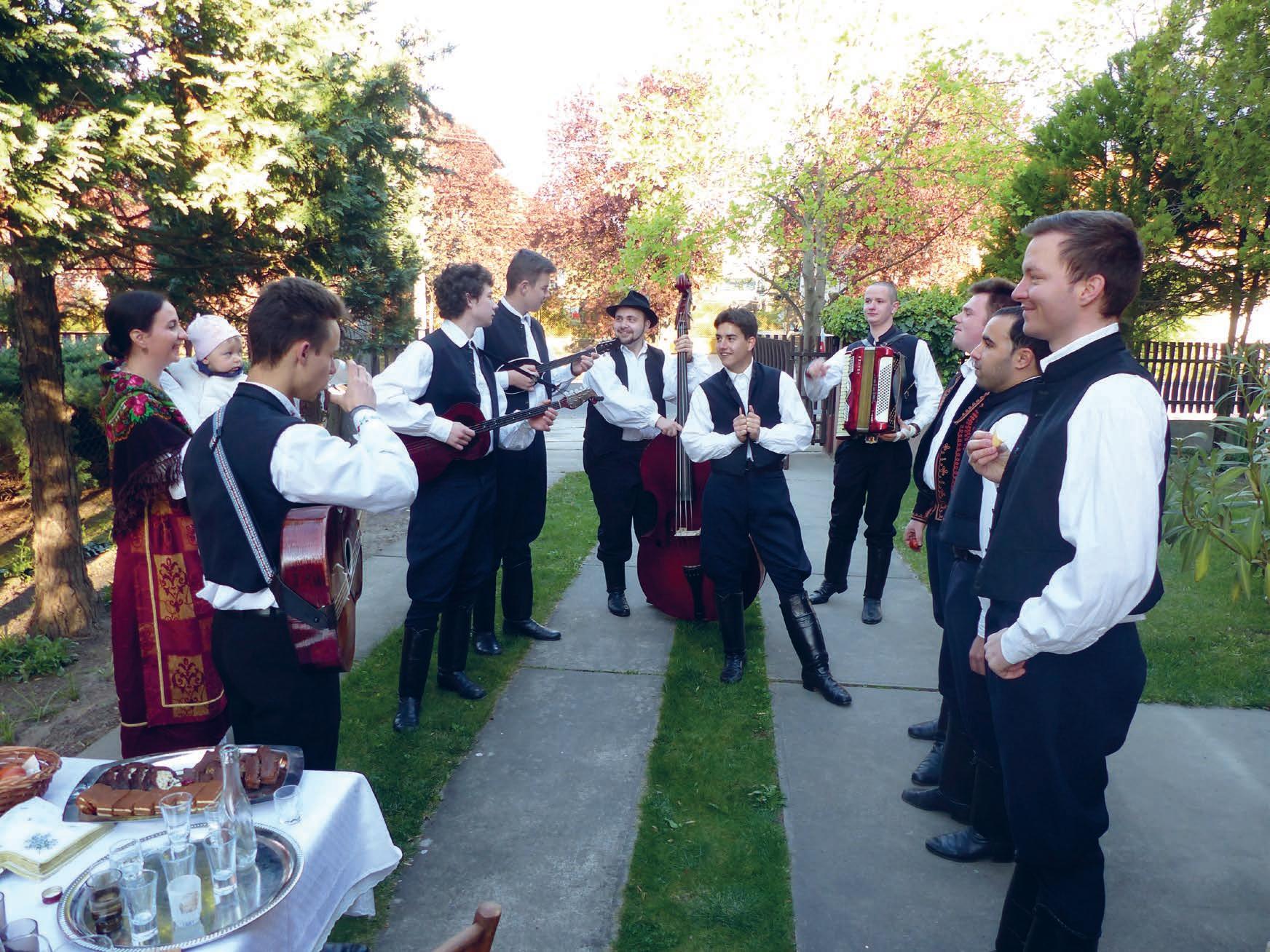
Easter sprinkling with music by the Ledina Orchestra and members of the Tokol South Slavic Nationality Ensemble
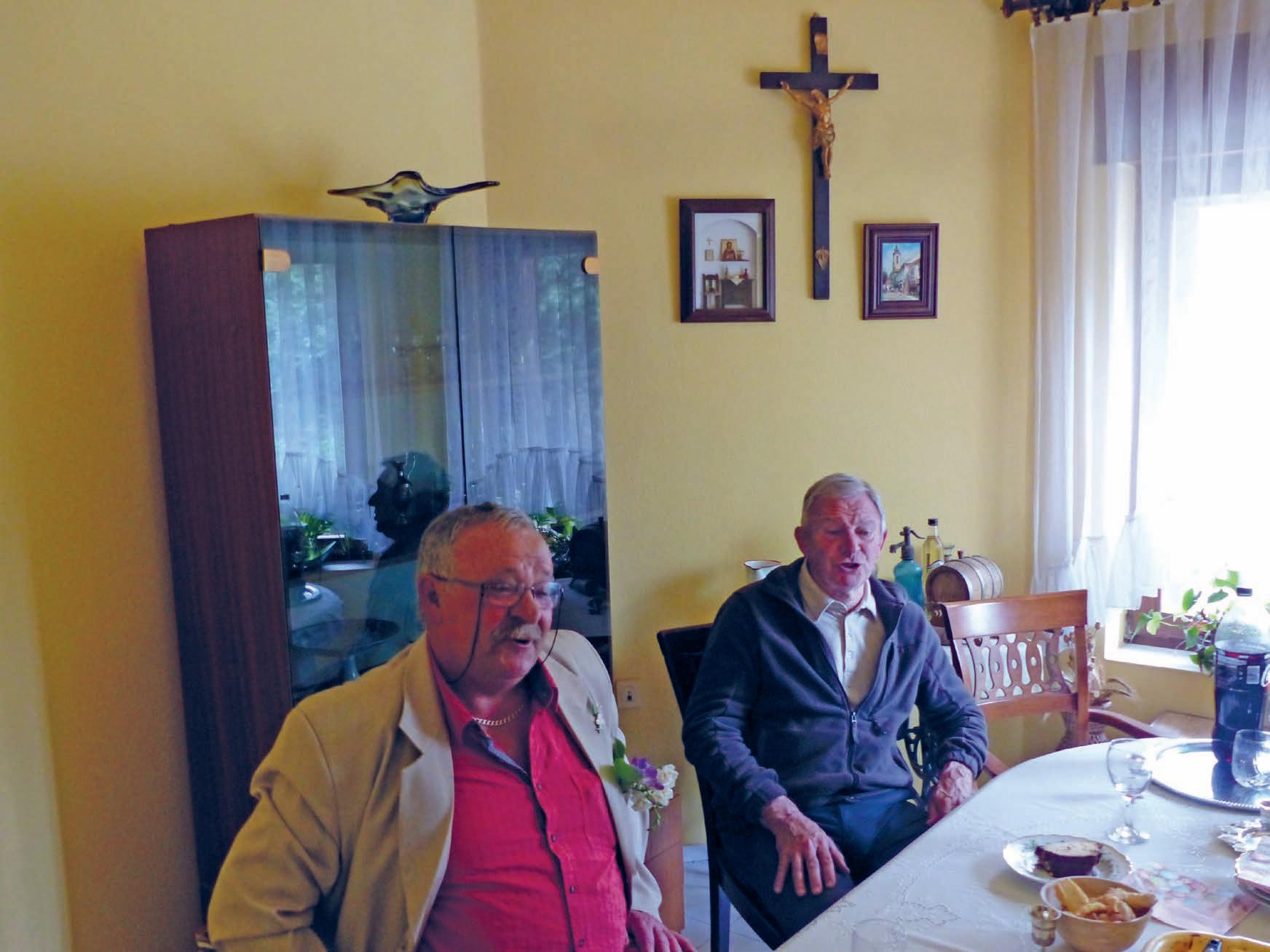
Singing Easter sprinklers: Péter Ágics and János Révai
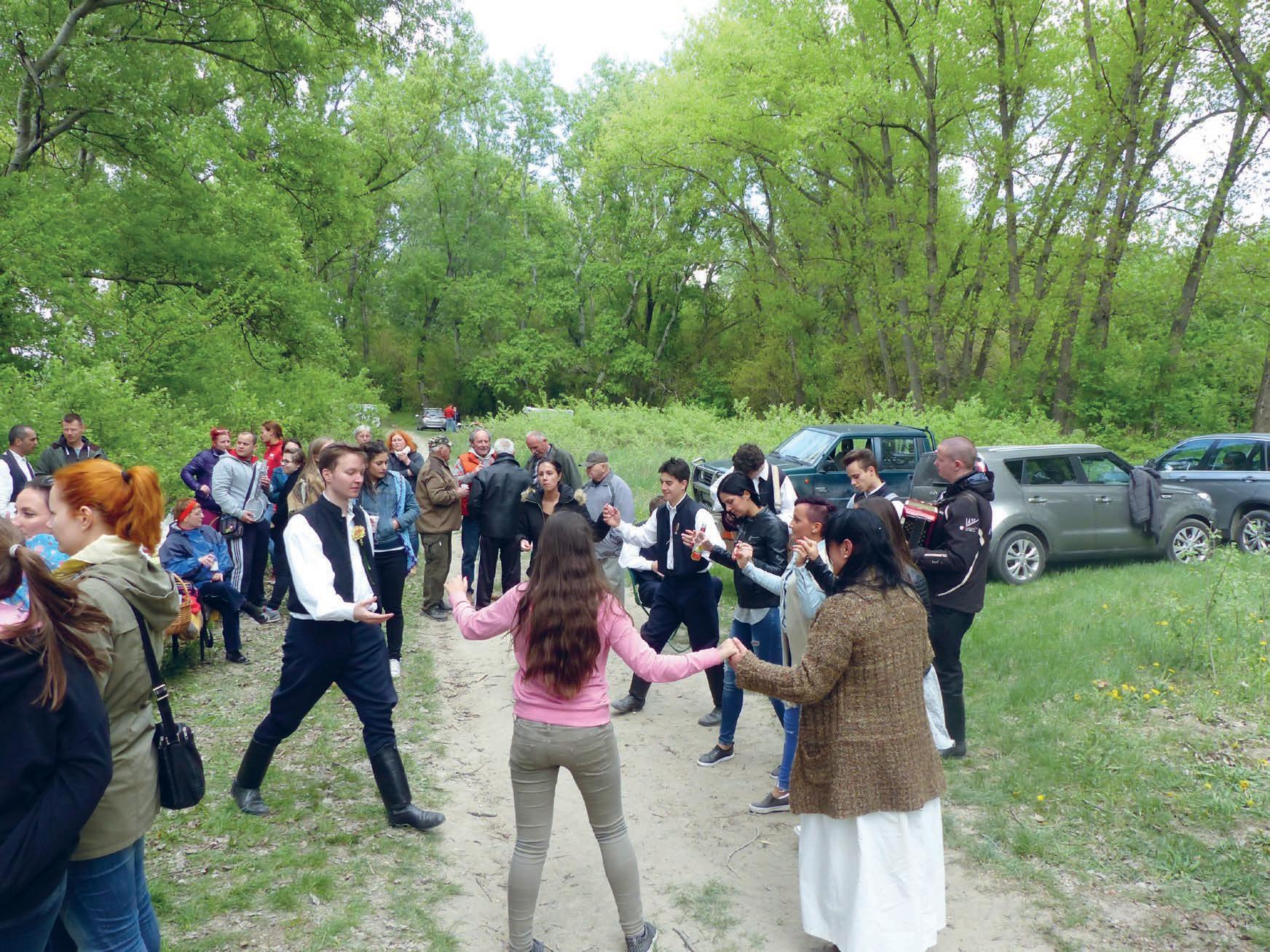
Easter Monday community program with the Ledina Orchestra and members of the Tokol South Slavic Nationality Ensemble
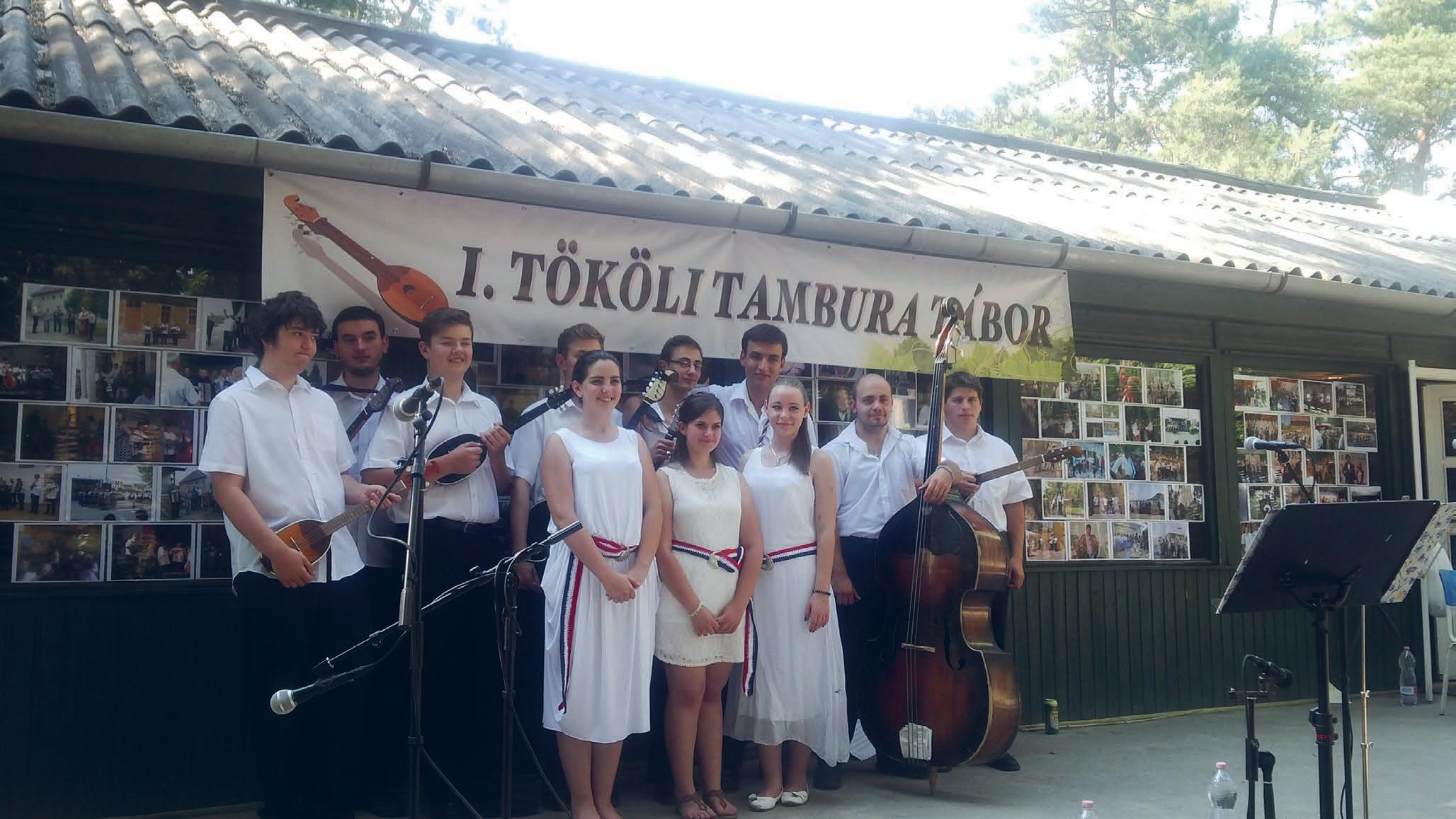
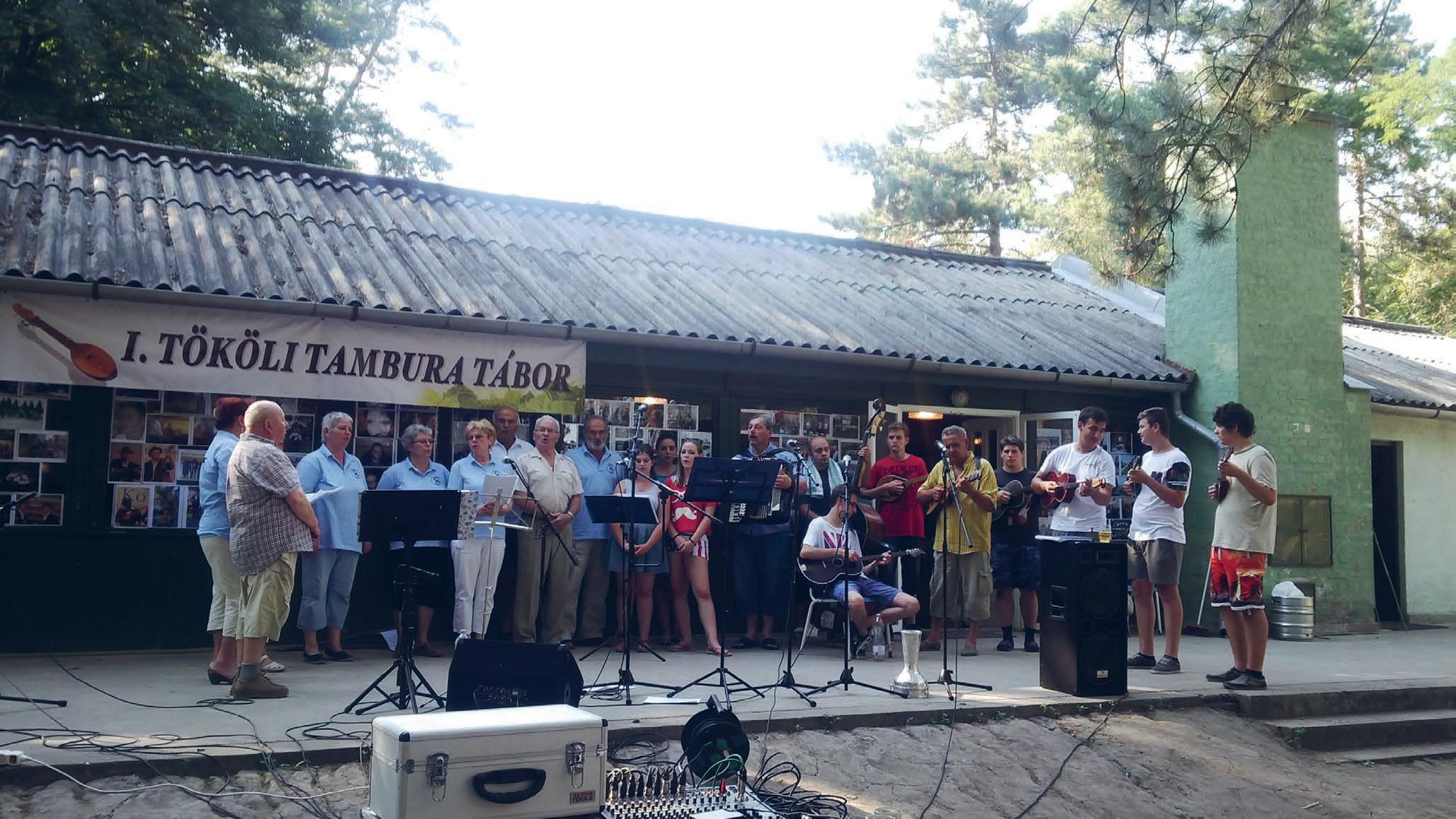
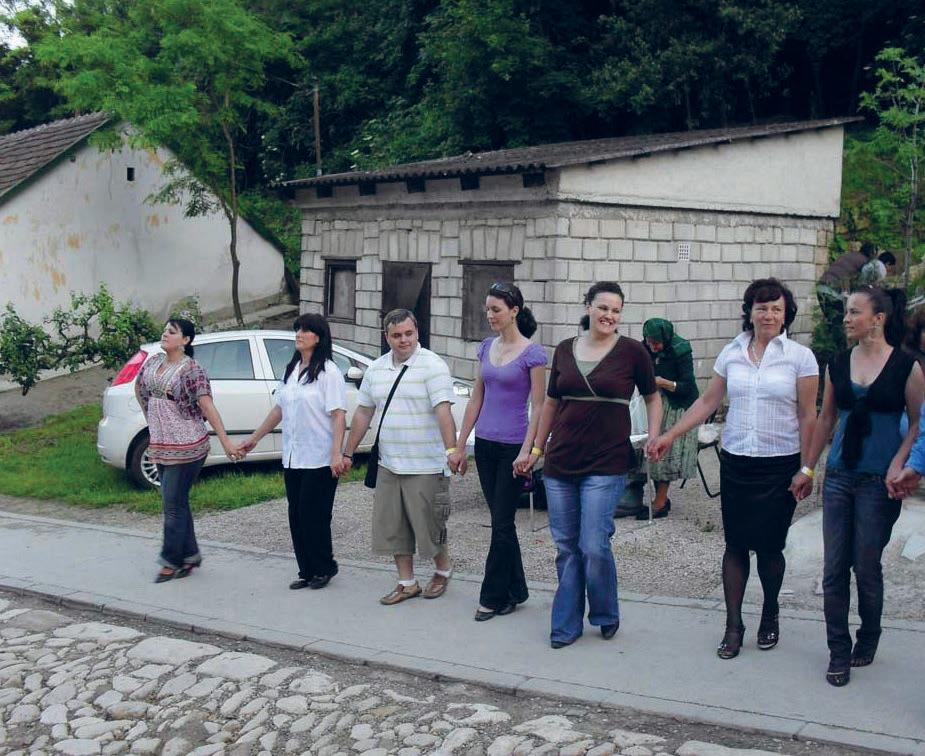
Visit of people from Tokol to the Erd Grape Blossom Festival. In the photo, among others: Ildikó Rézbányai, wife of János Jokán; Annamária Ágics; Márta Szentivánszky, wife of Mihály Ágics; and Nikoletta Bednanics-Ágics
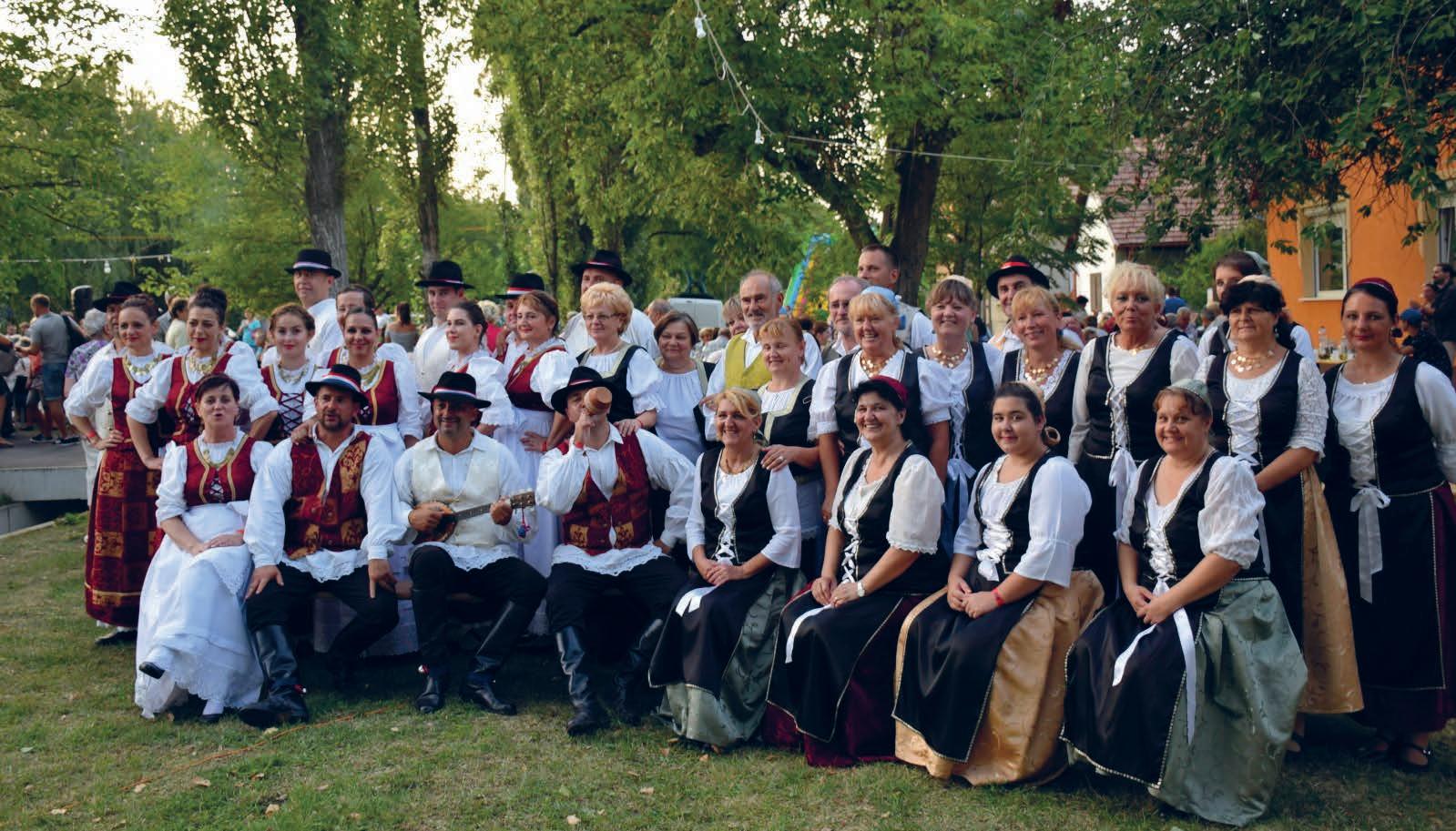
Group photo of the Tokol Komsije Folk Song Circle, the Ercsi Zorica Dance Group, and the Erd Igraj kolo Dance Group in Erd in 2017
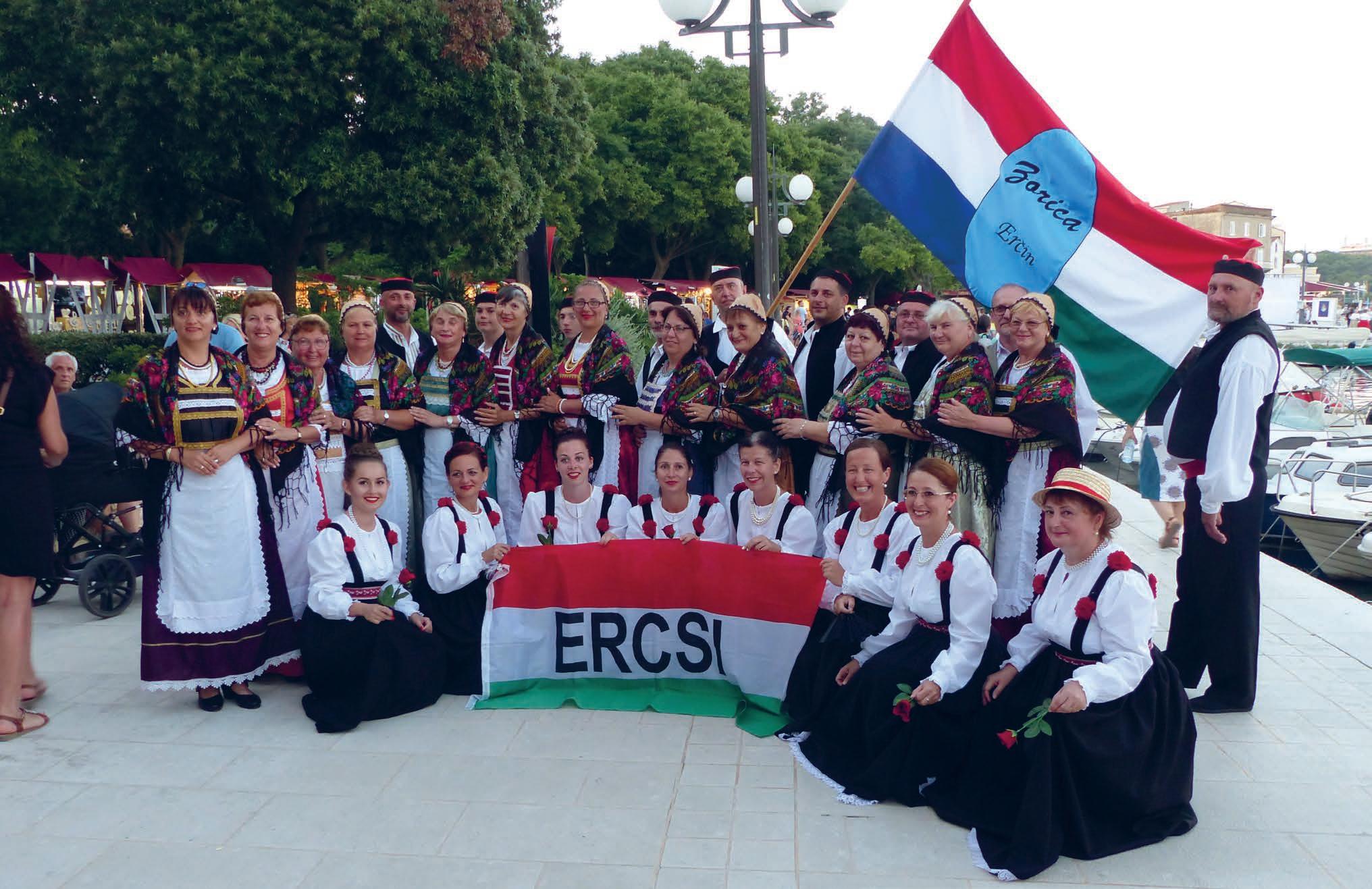
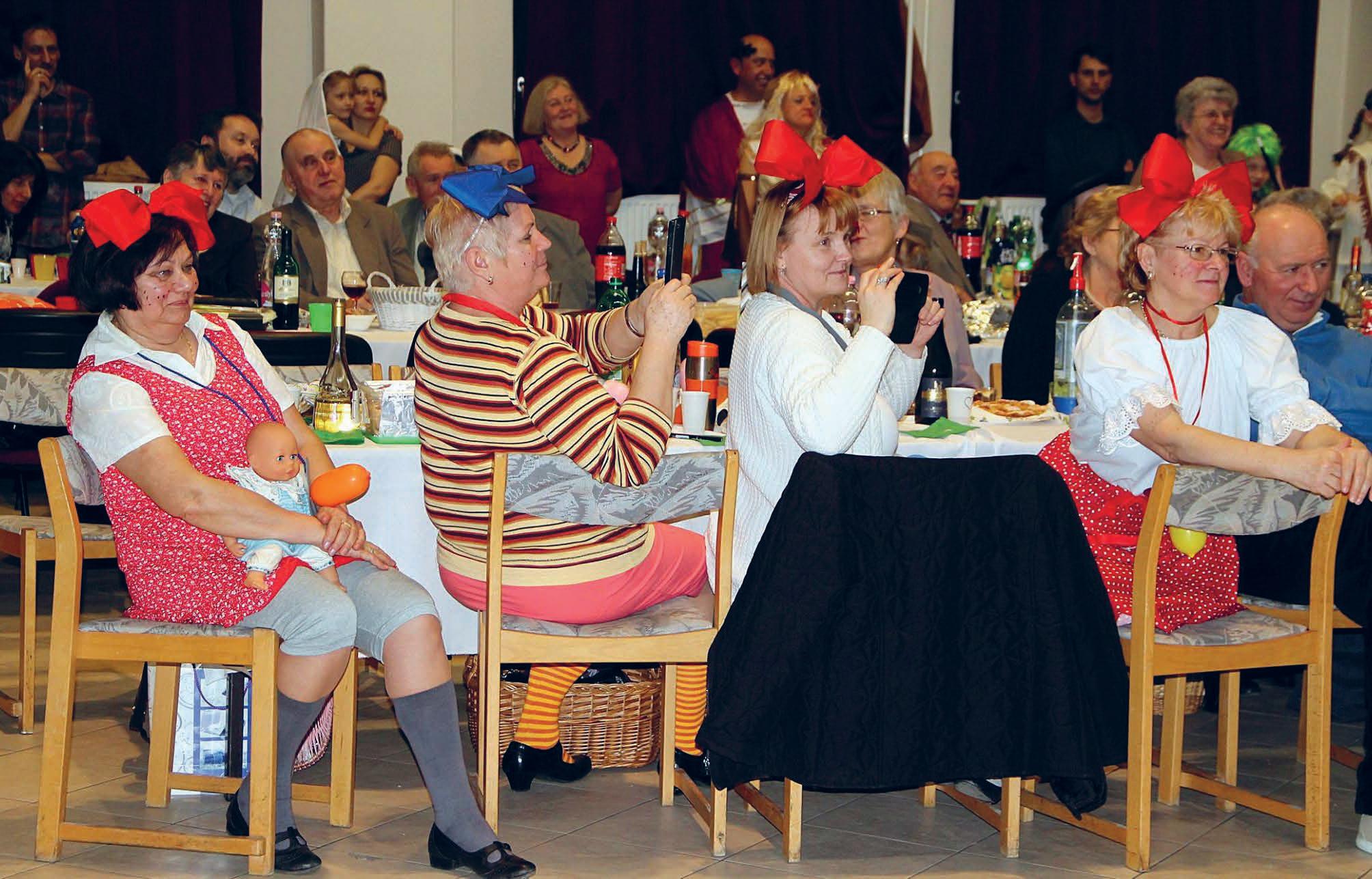
In the foreground: members of the Tokol Komsije Folk Song Circle at the Rac Carnival in Ercsi in 2017
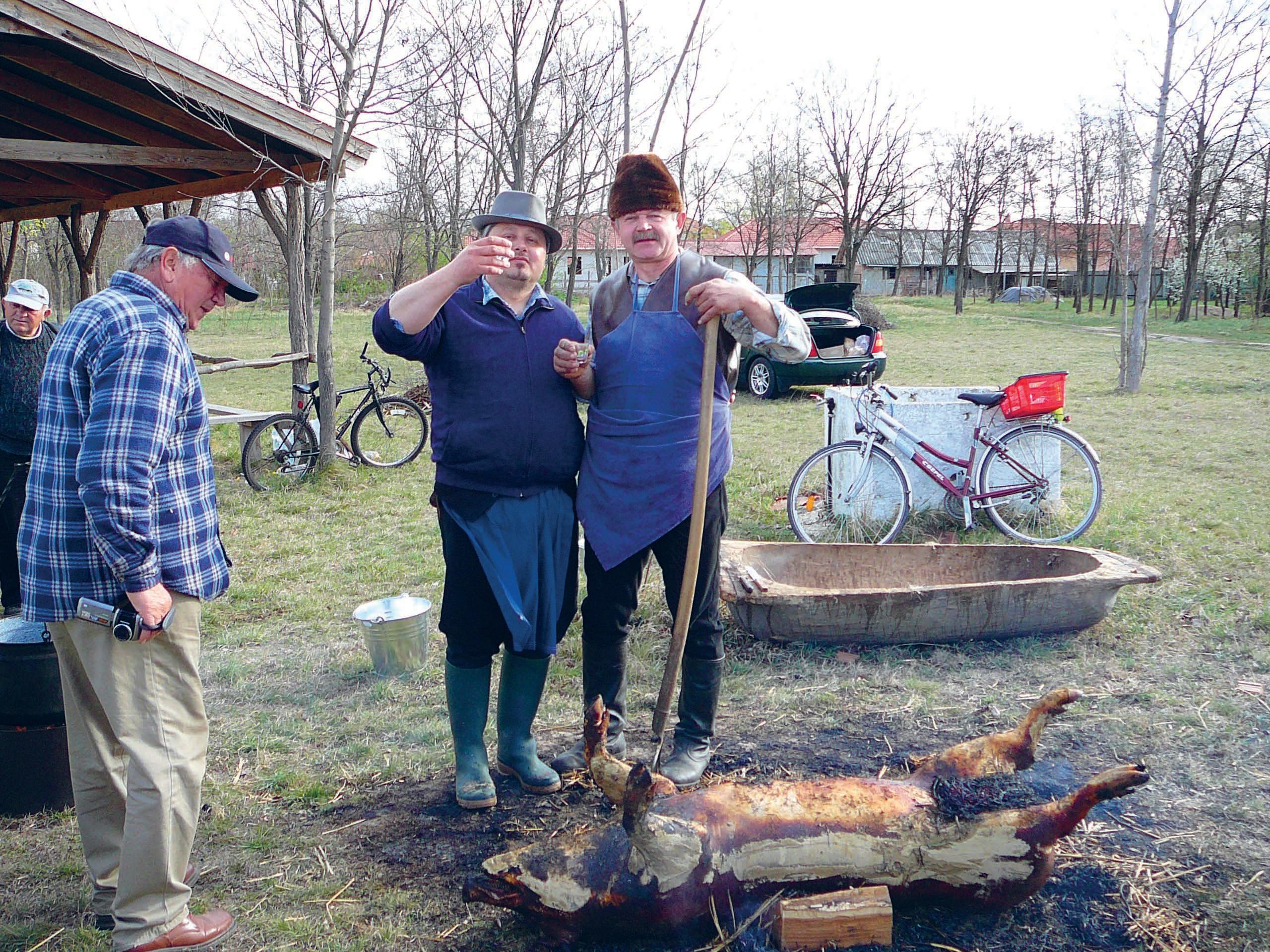
pig
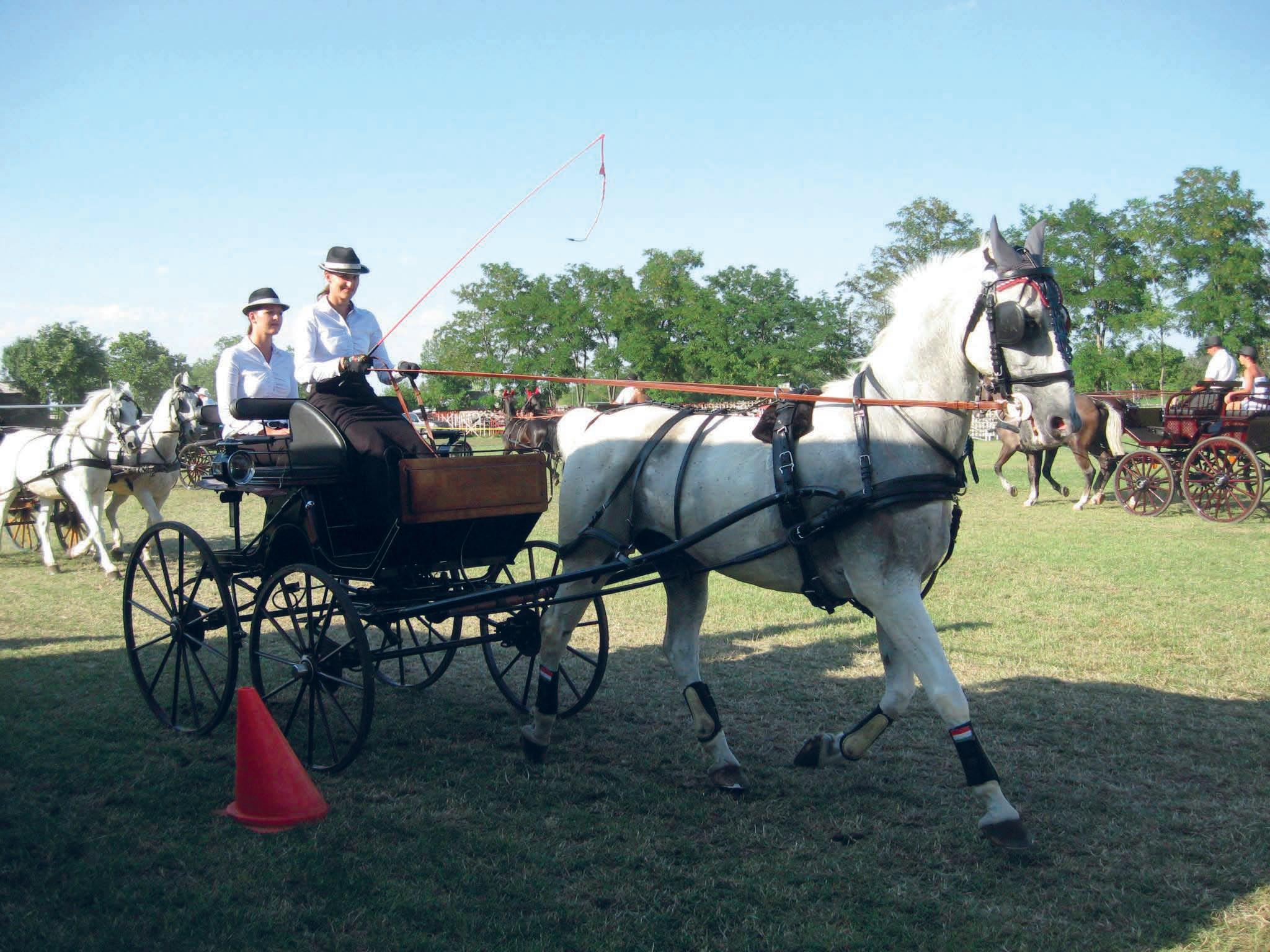
Carriage driving competition in Tokol. In the photo: Andrea Csepelszigeti and Adrienn Csepelszigeti
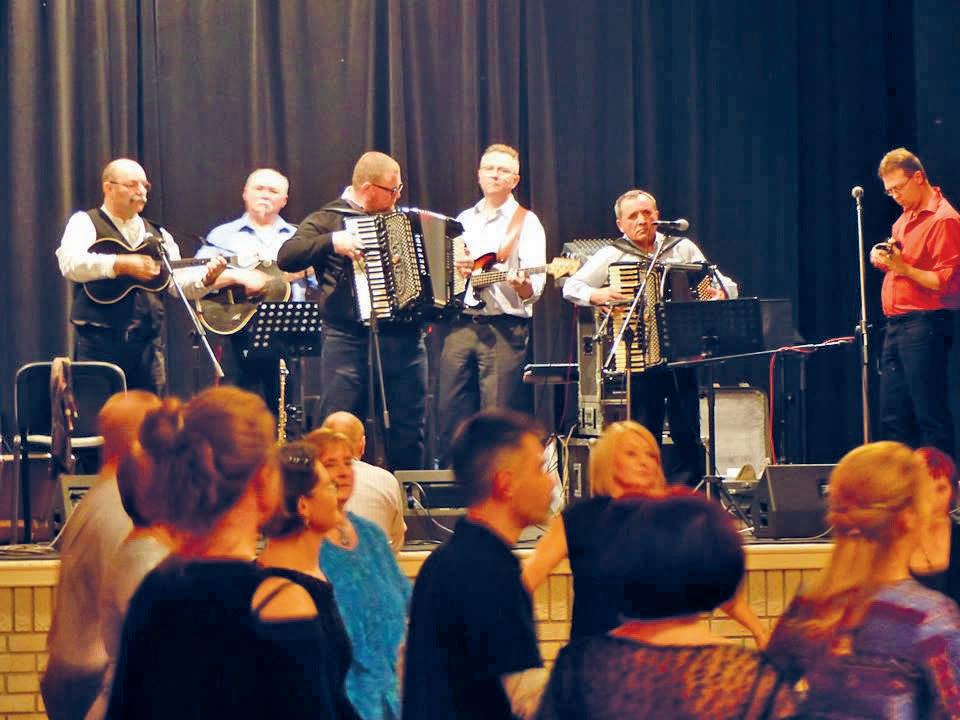
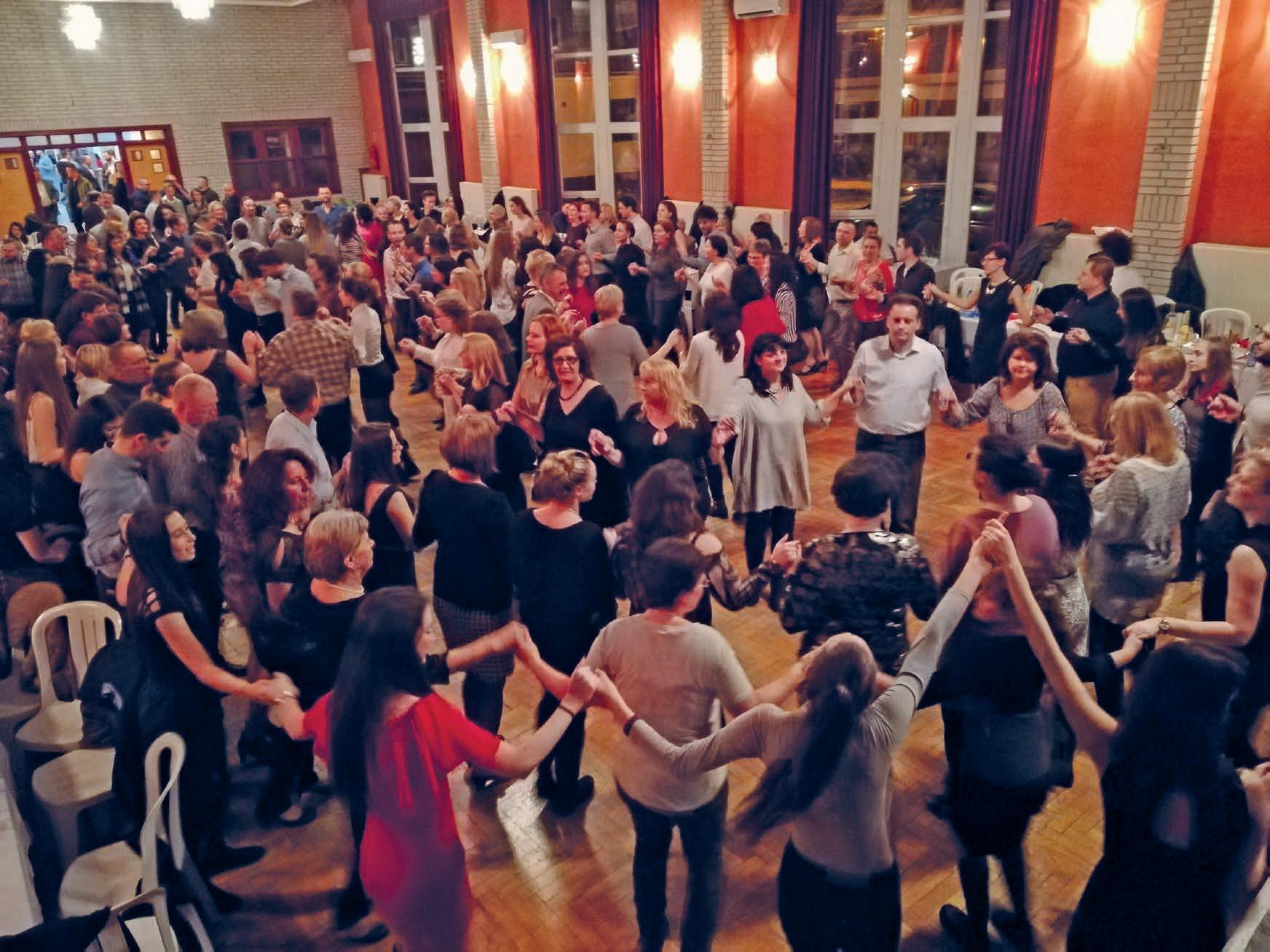
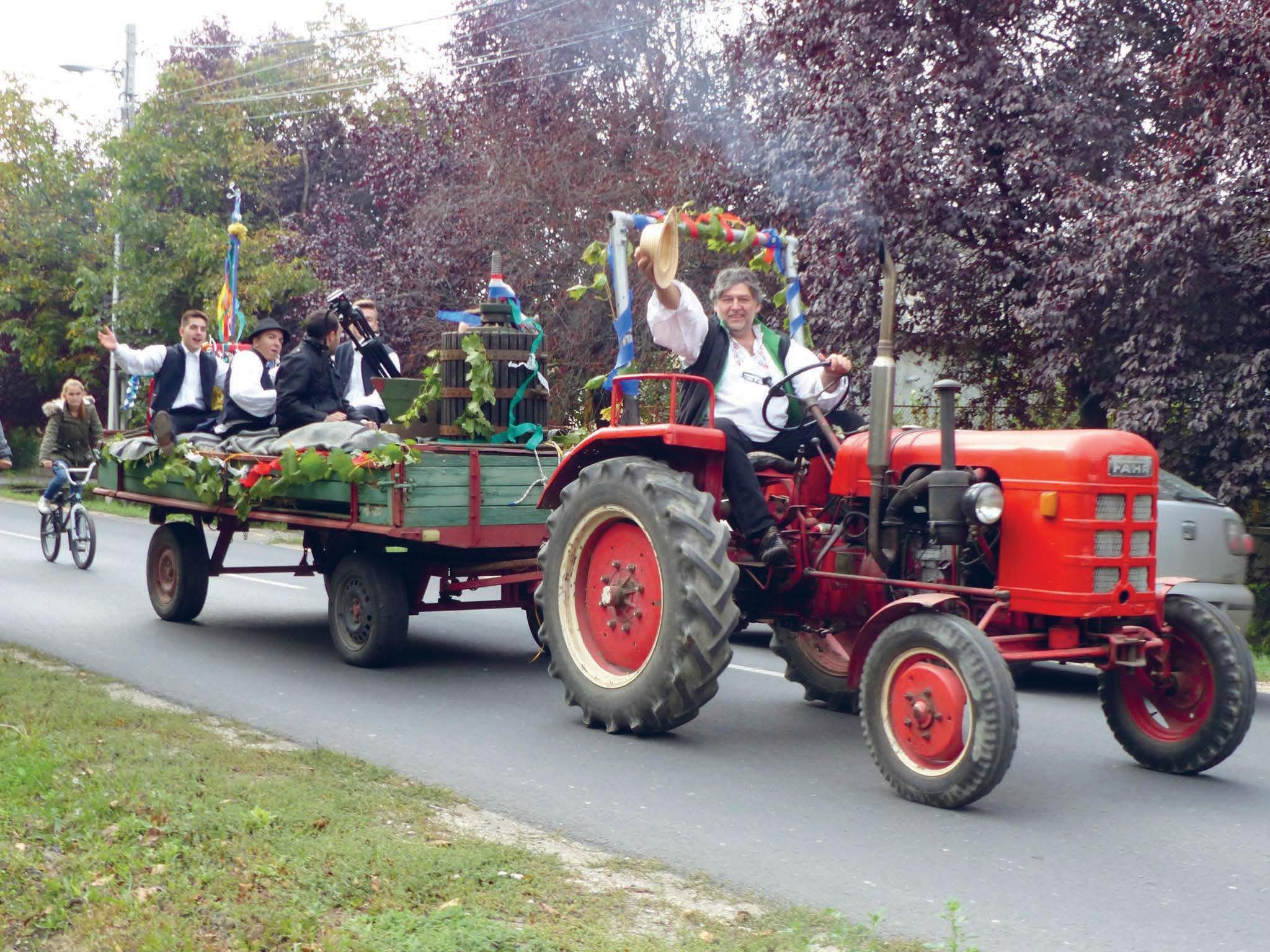
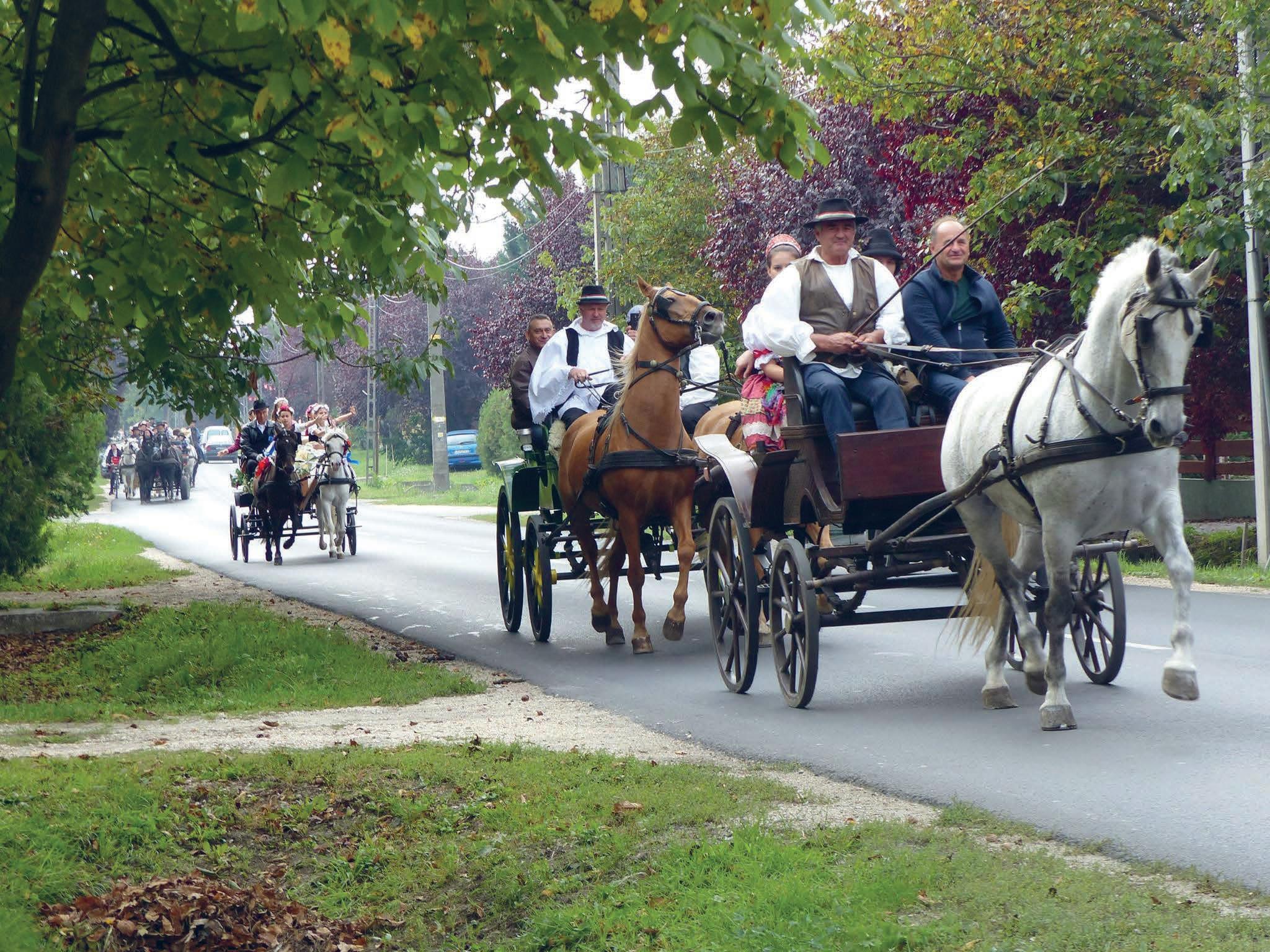
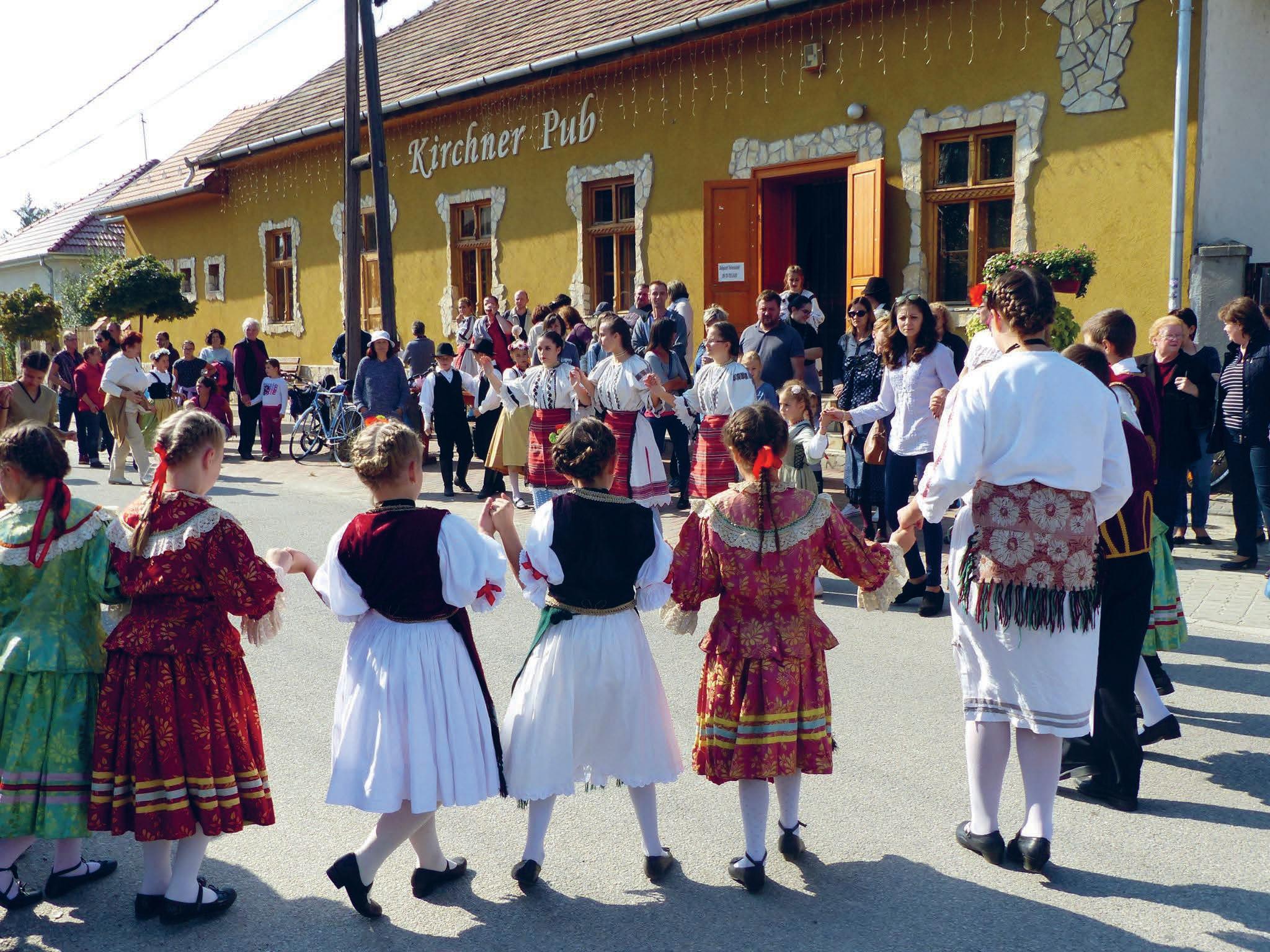
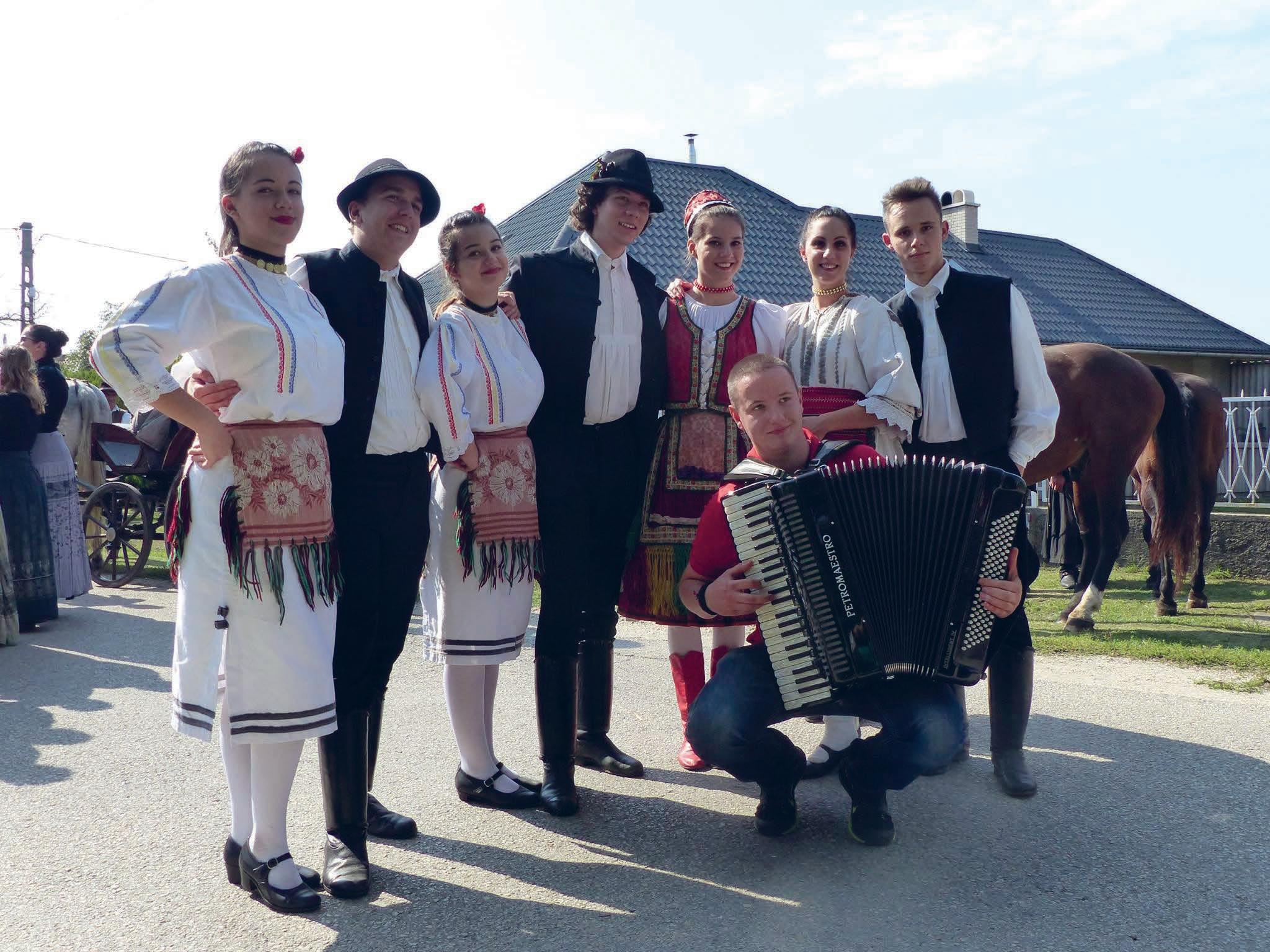
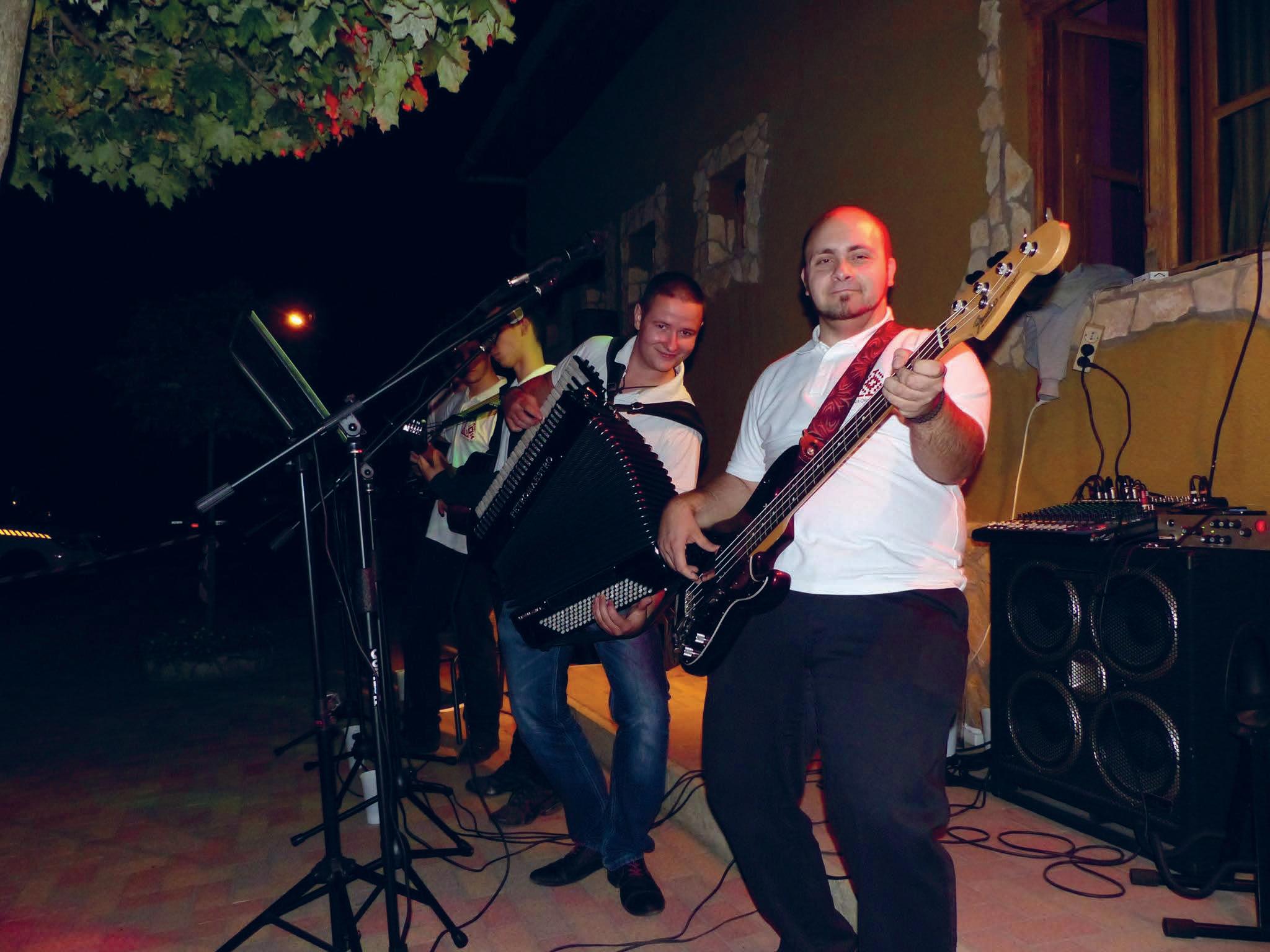
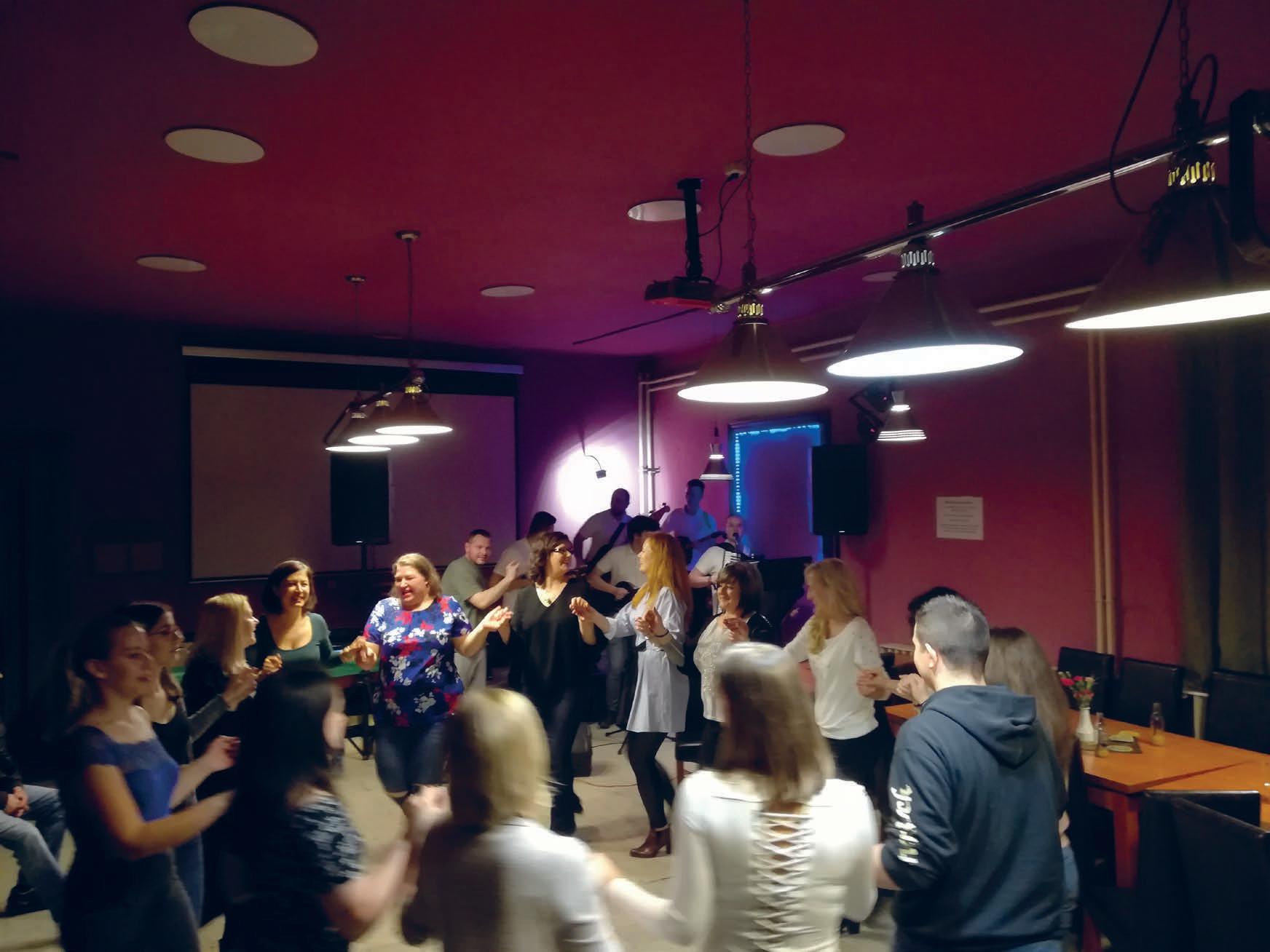
Photos from the community programs of Racs, Swabians, and Hungarians on the Urbanica Island in Tokol
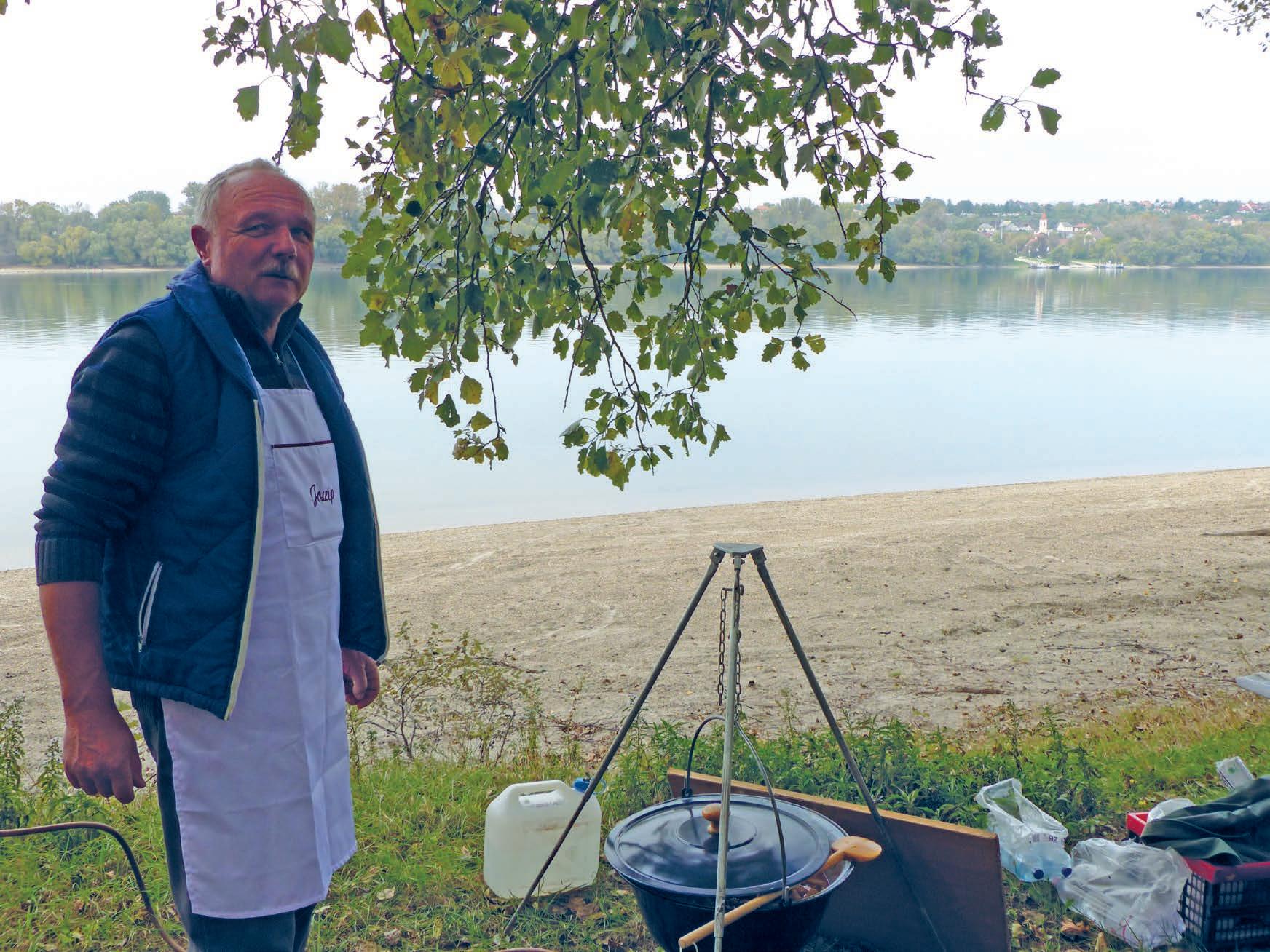
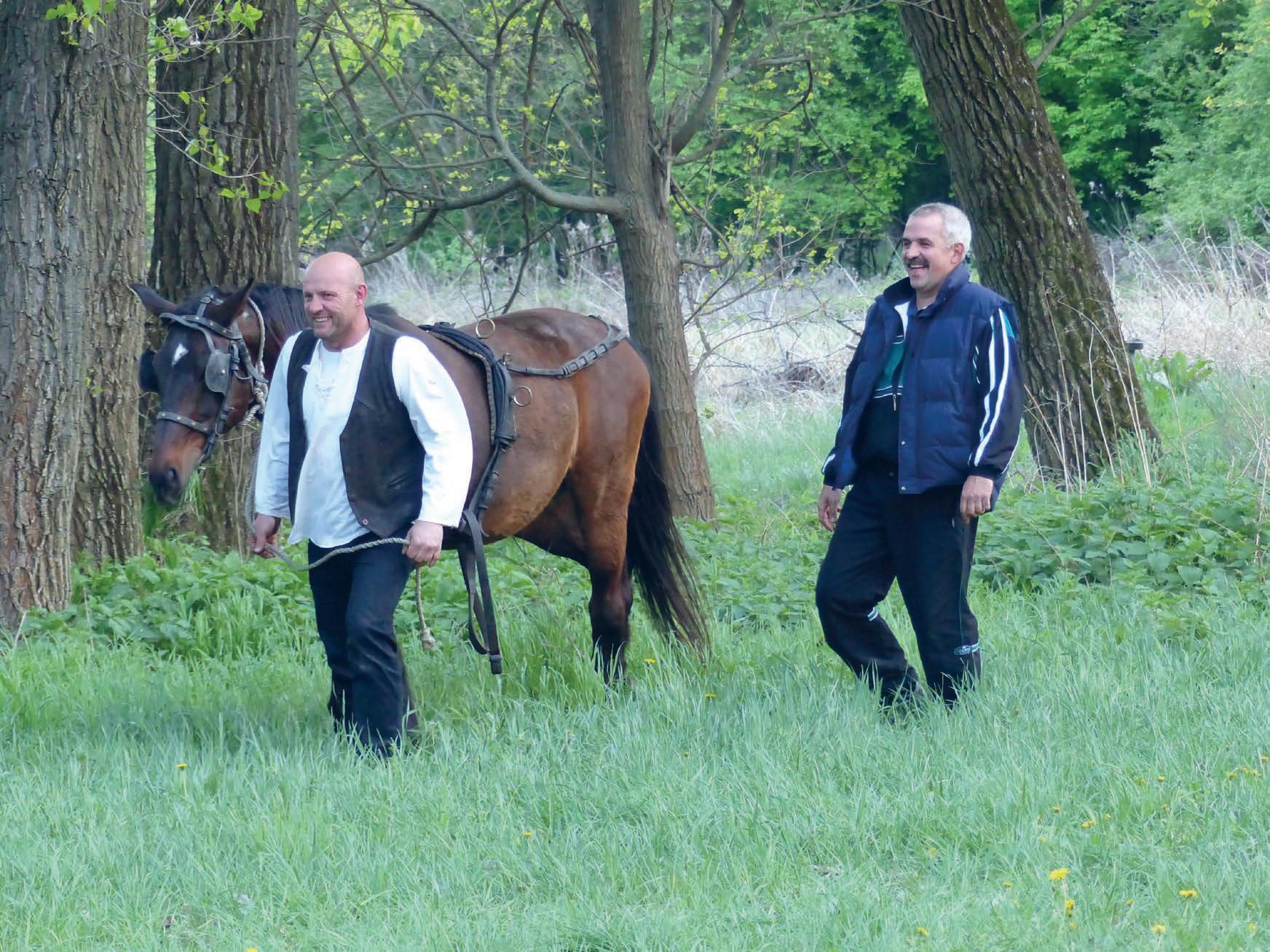
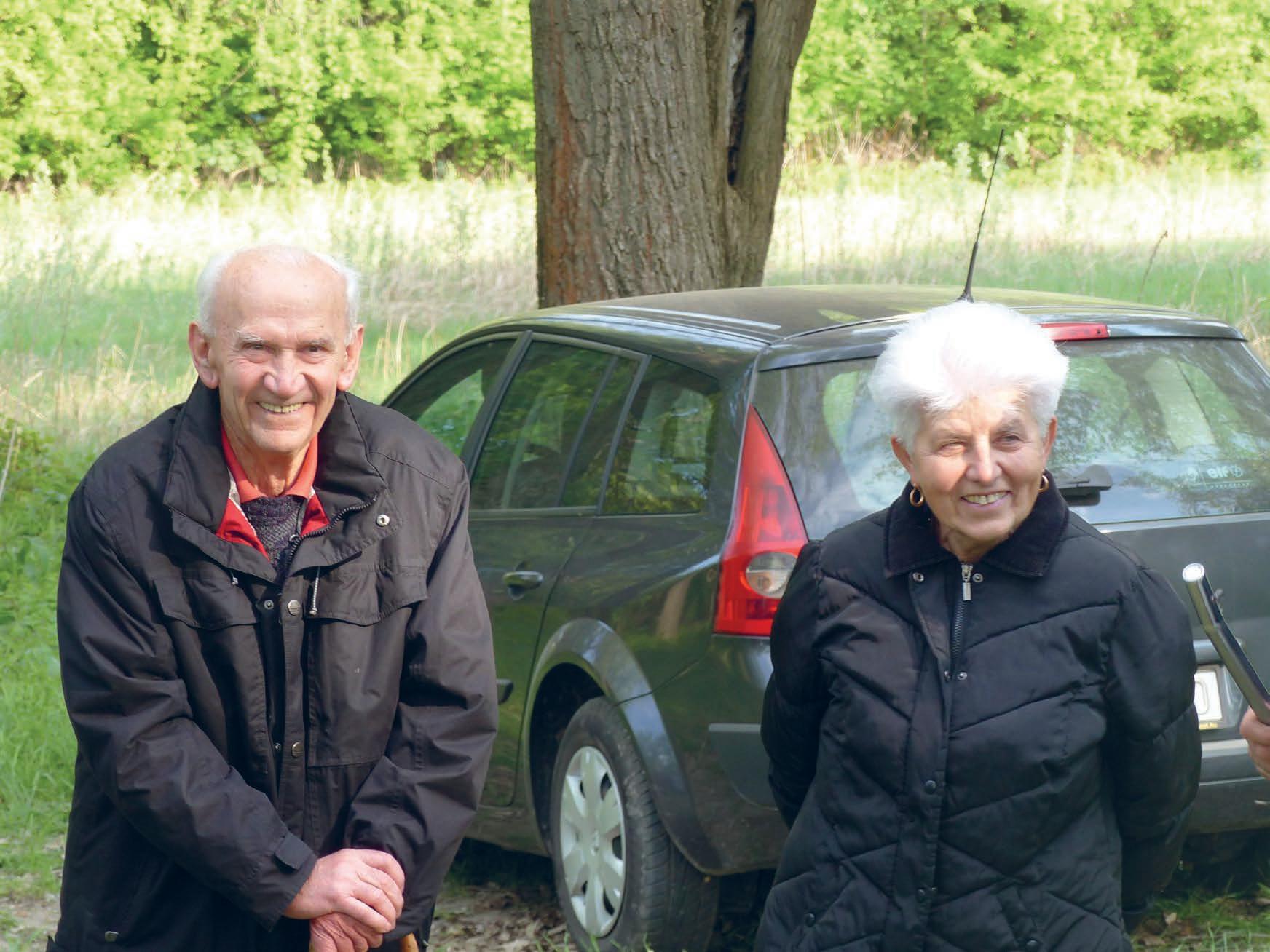
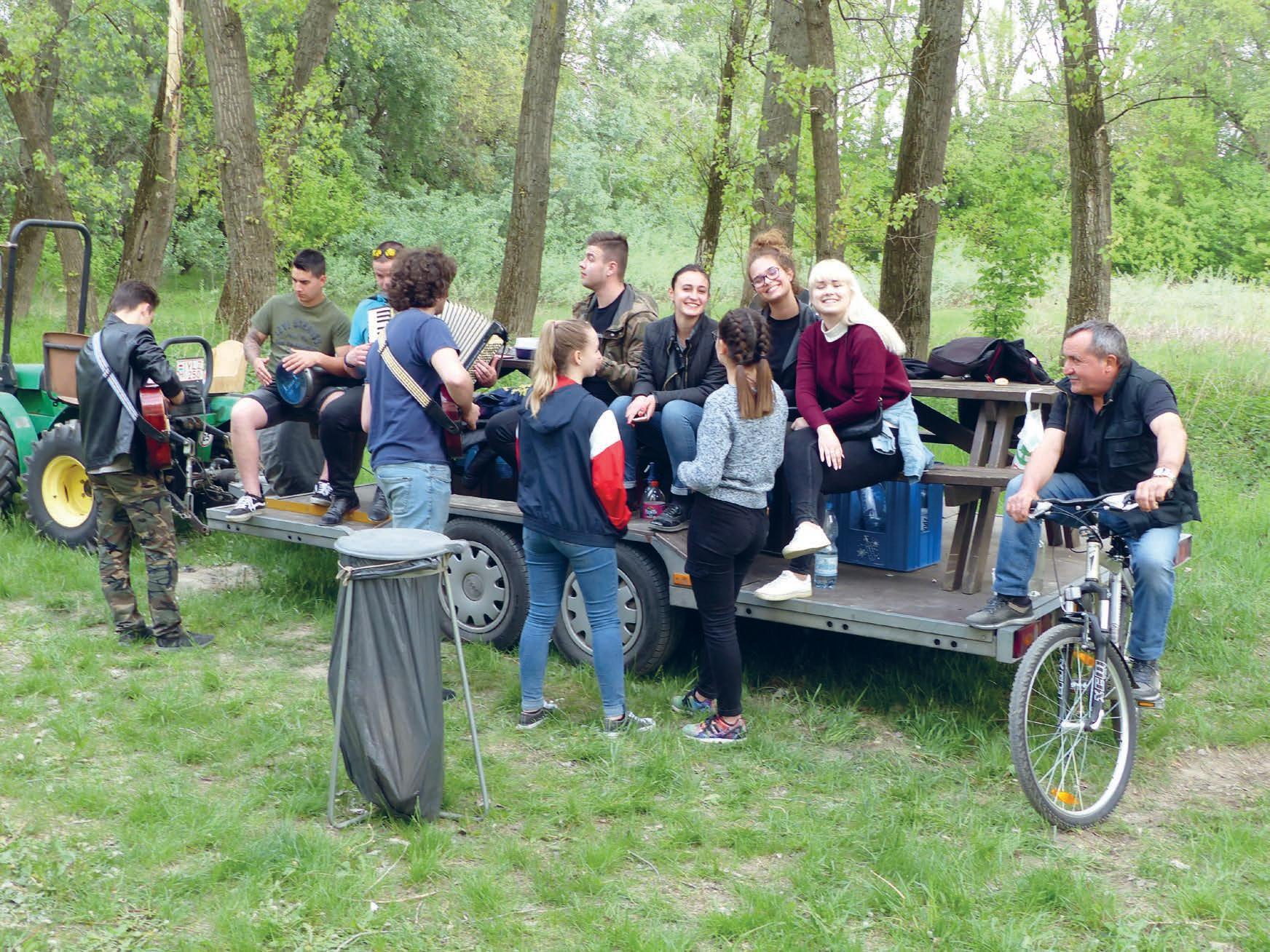
Members of the Ledina Orchestra and the Tokol South Slavic Nationality Ensemble
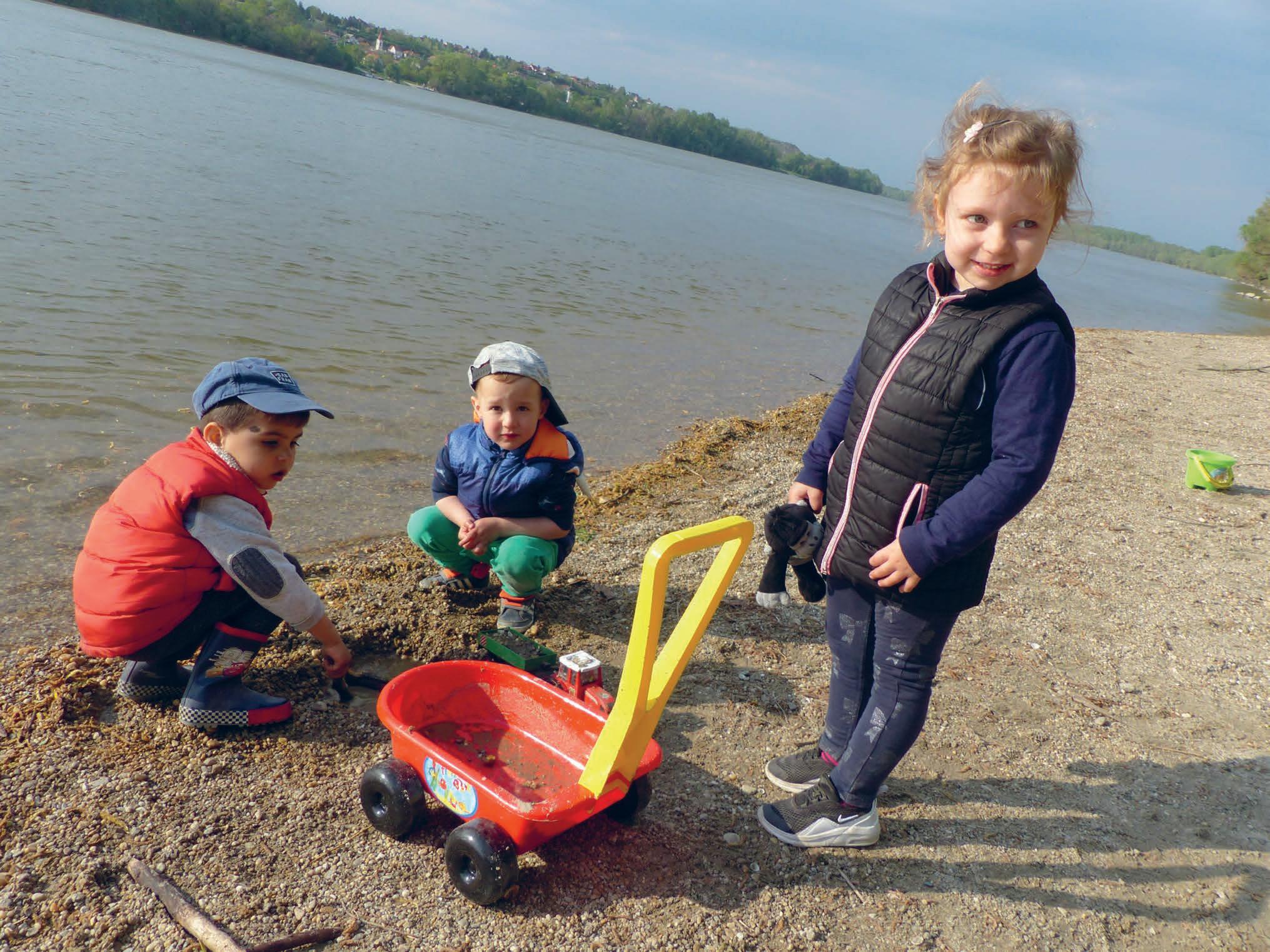
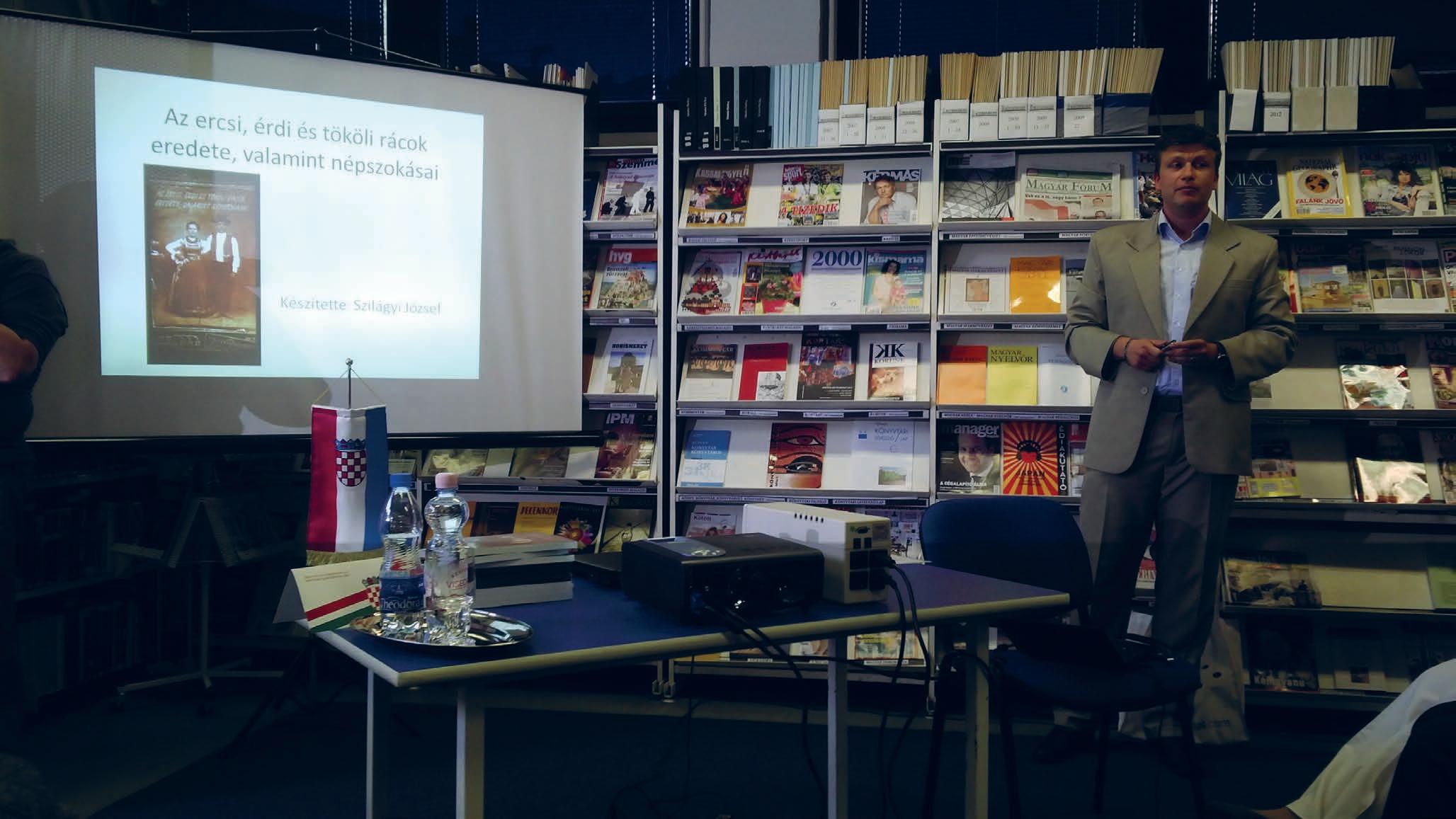
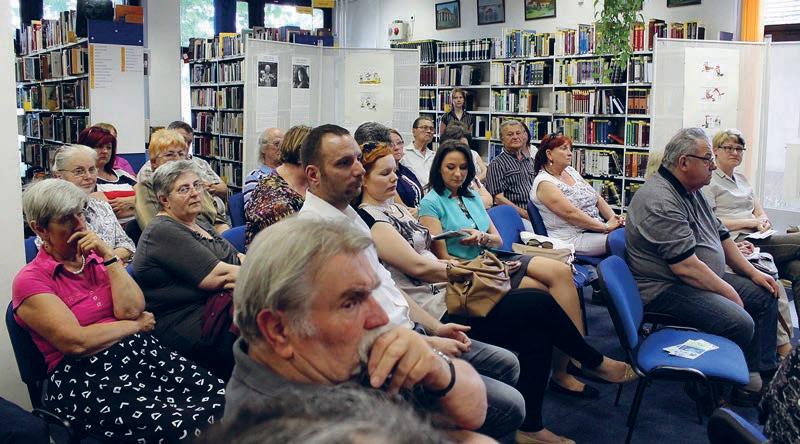
from the presentation of the publication “The Origins and Folk Customs of the Racs of
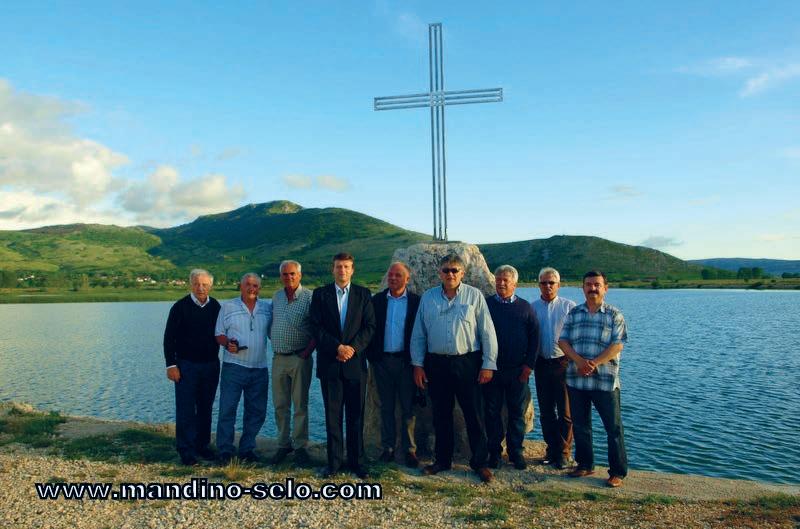
Research on the origins of people from Tokol in the village of Mandino Selo, Bosnia and Herzegovina, in 2016. In the photo: János Szilágyi, István Cseperkáló, István Istvánov, József Szilágyi, József Ágics, József Major, Antal Pesuth, András Marlyin, and József Németh
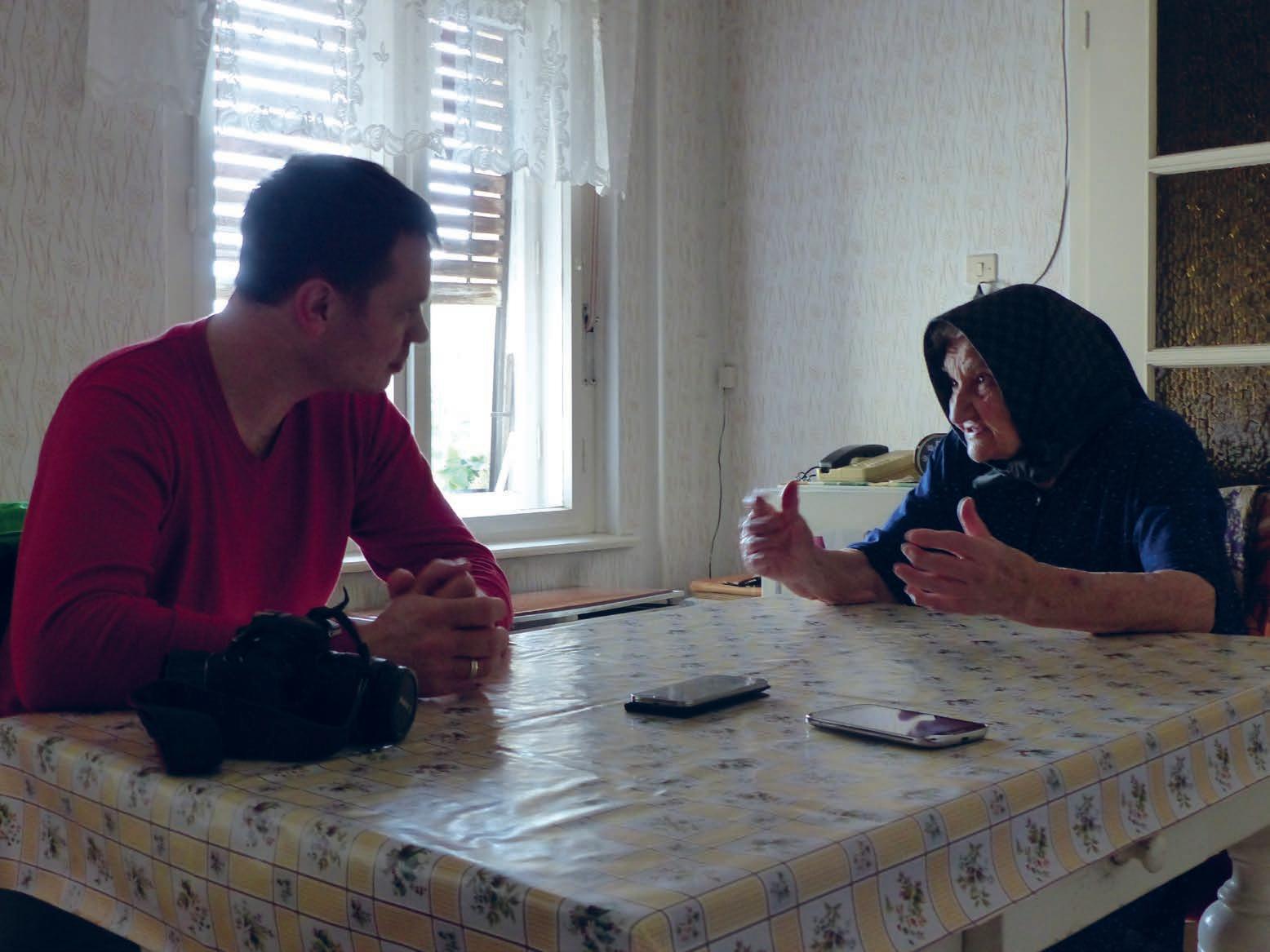
Martin Henzelmann, linguist at the University of Hamburg, Germany, during his research on the Rac dialect of Tokol in 2017. In the photo: interviewee Magdolna Burlovics, wife of Antal Sárácz
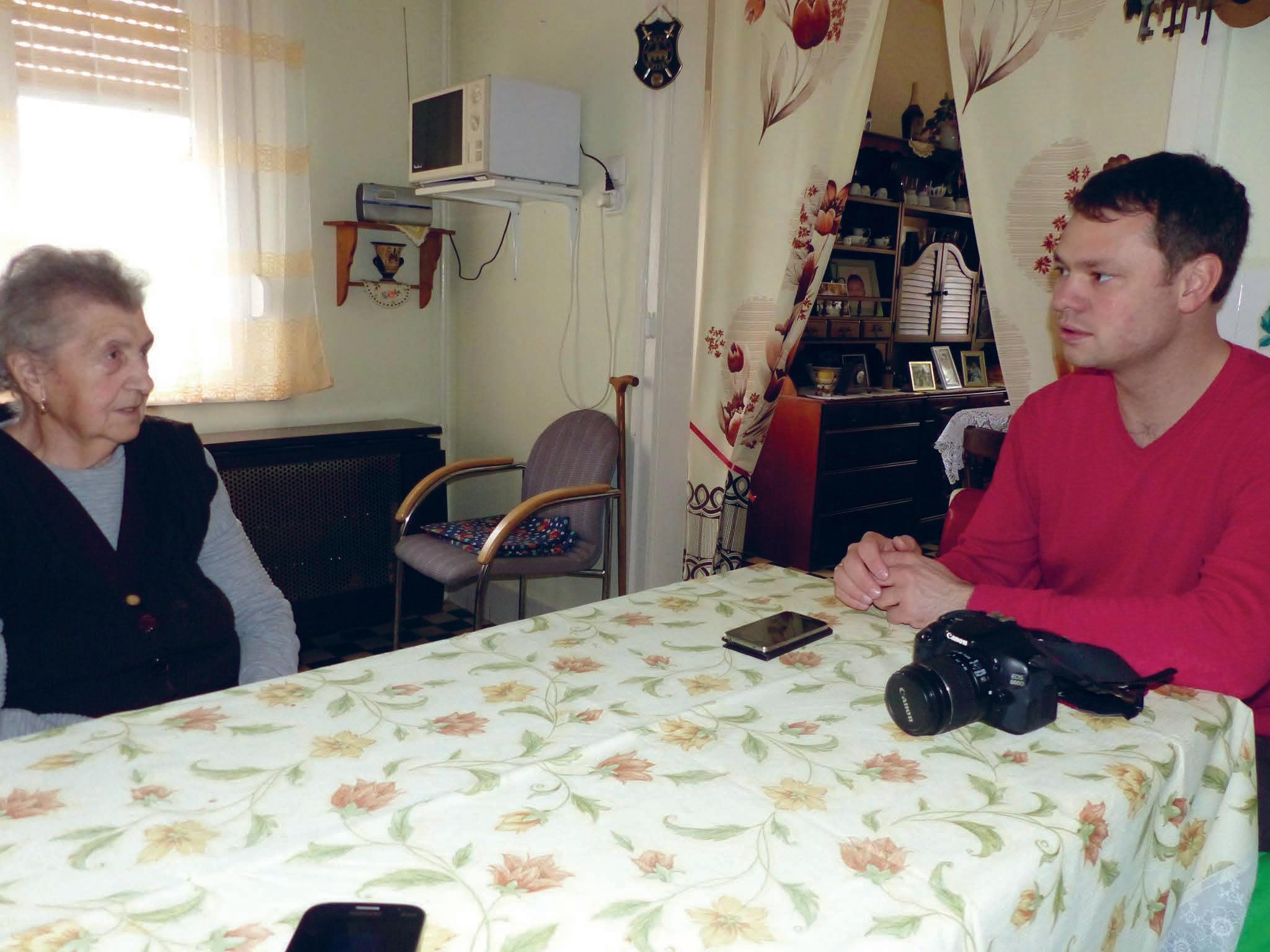
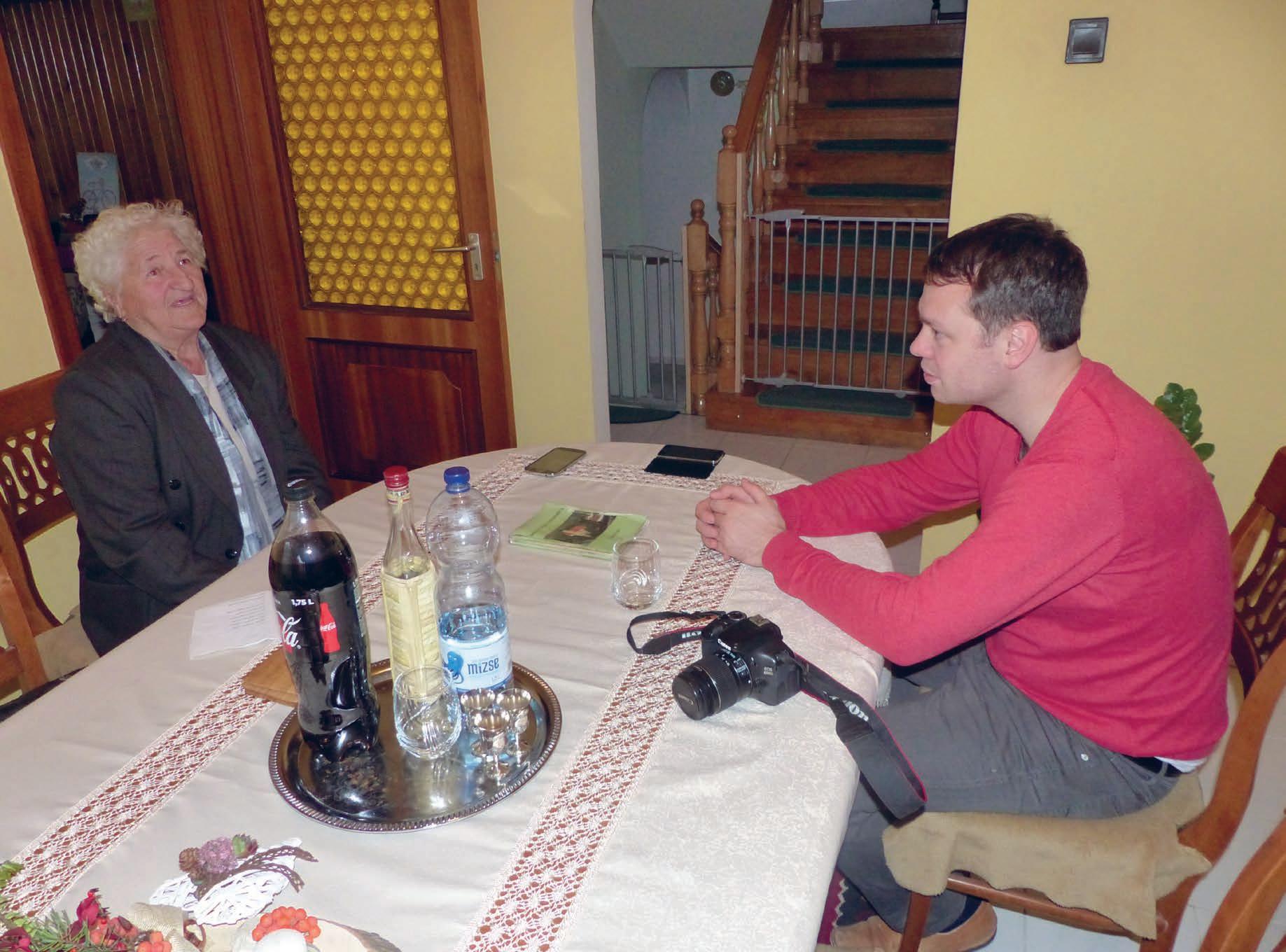
Martin Henzelmann, linguist at the University of Hamburg, Germany, during his research on the Rac dialect of Tokol in 2017. In the photos: his interviewees Paula Dragovics, wife of Antal Vászin, and Anna Gergics, wife of István Horváth
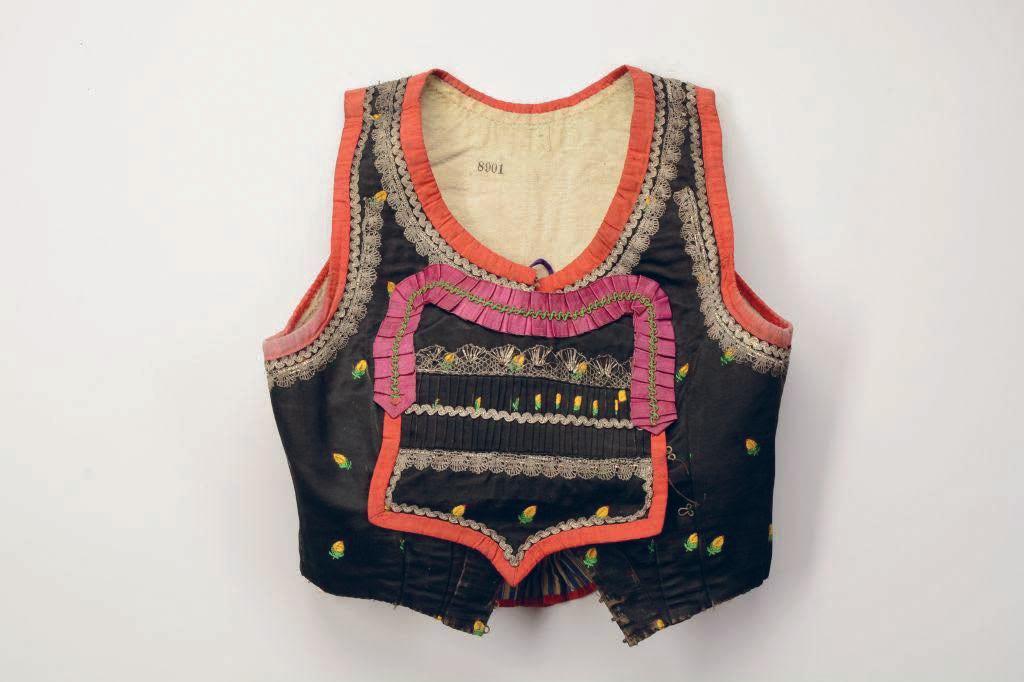
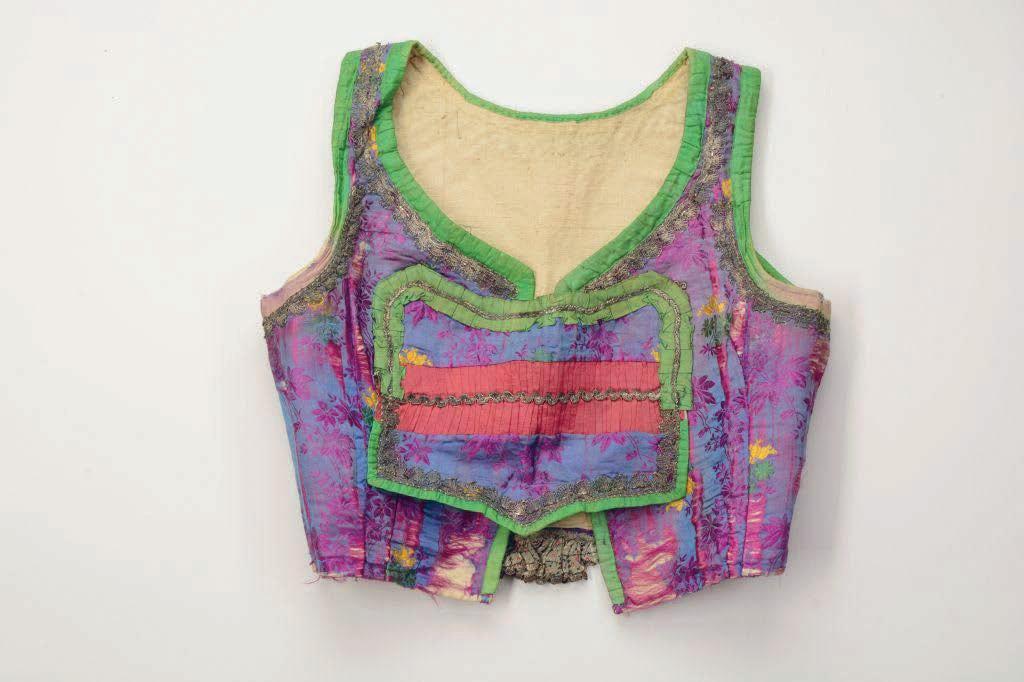
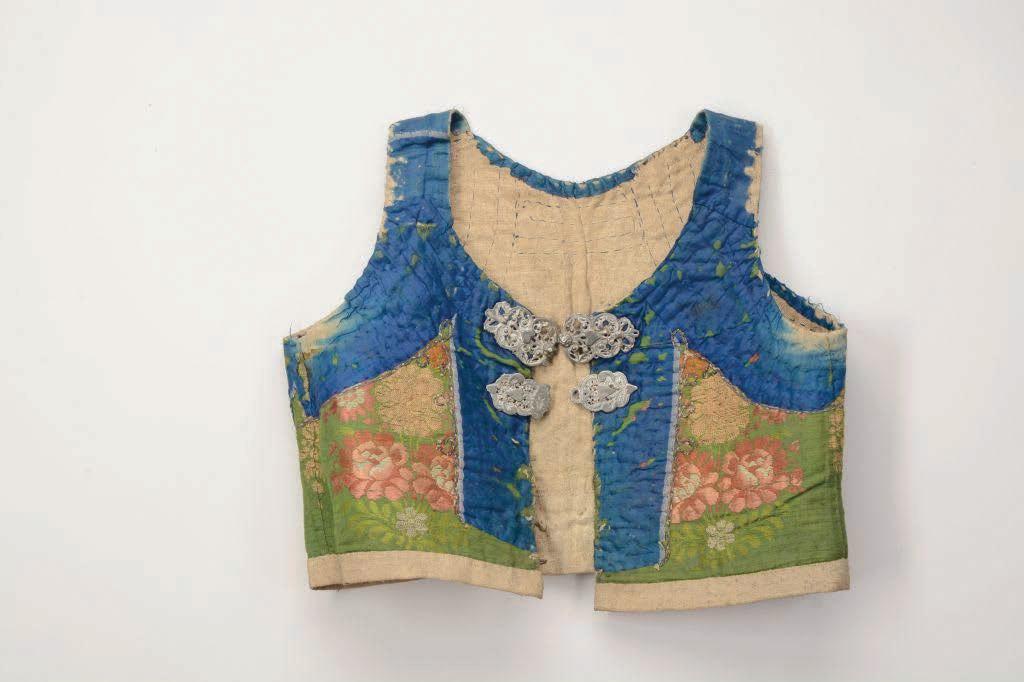
Rac women’s vests from Tokol preserved in the Museum of Ethnography in Budapest
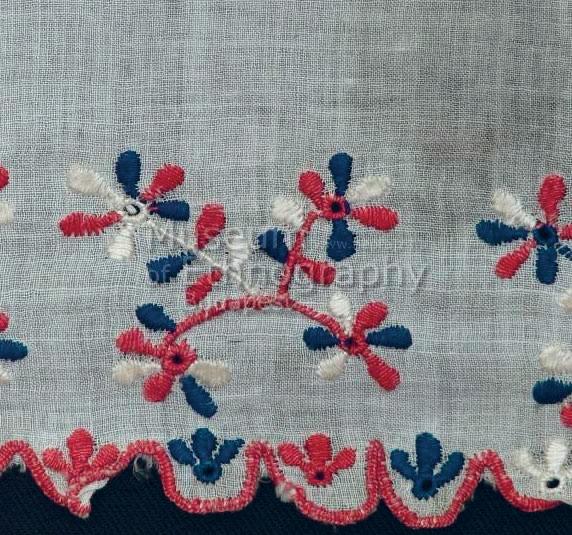
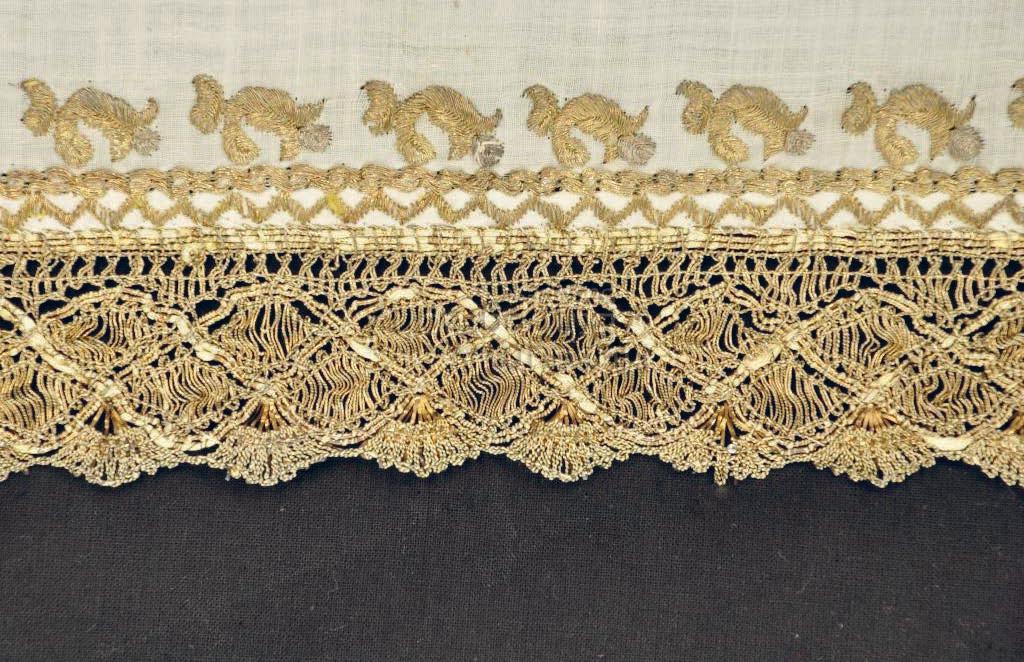
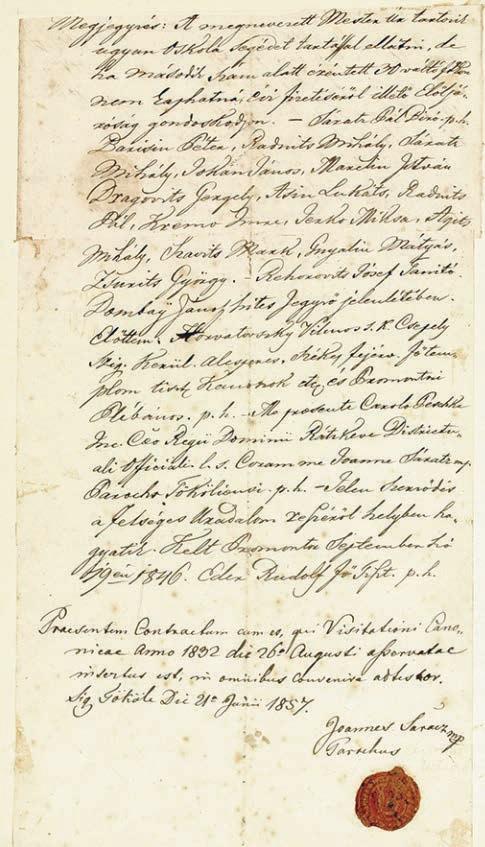
A document from 1857 by János Sárácz, former parish priest of Tokol, listing the following names: Péter Barisin, Mihály Radnits, Mihály Sárácz, János Jokán, István Marelin, Gergely Dragovits, Lukács Ásin, Pál Radnits, Iván Krémó, Miksa Jerko, Mihály Ágits, Márk Szávits, Mátyás Gnyálin, and György Zsurits
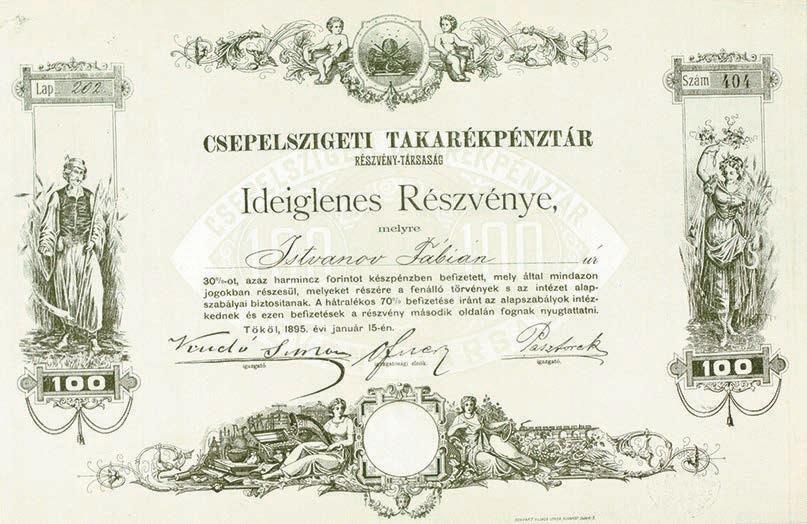
Share certificate issued in the name of Fábián Istvánov from Tokol in 1895
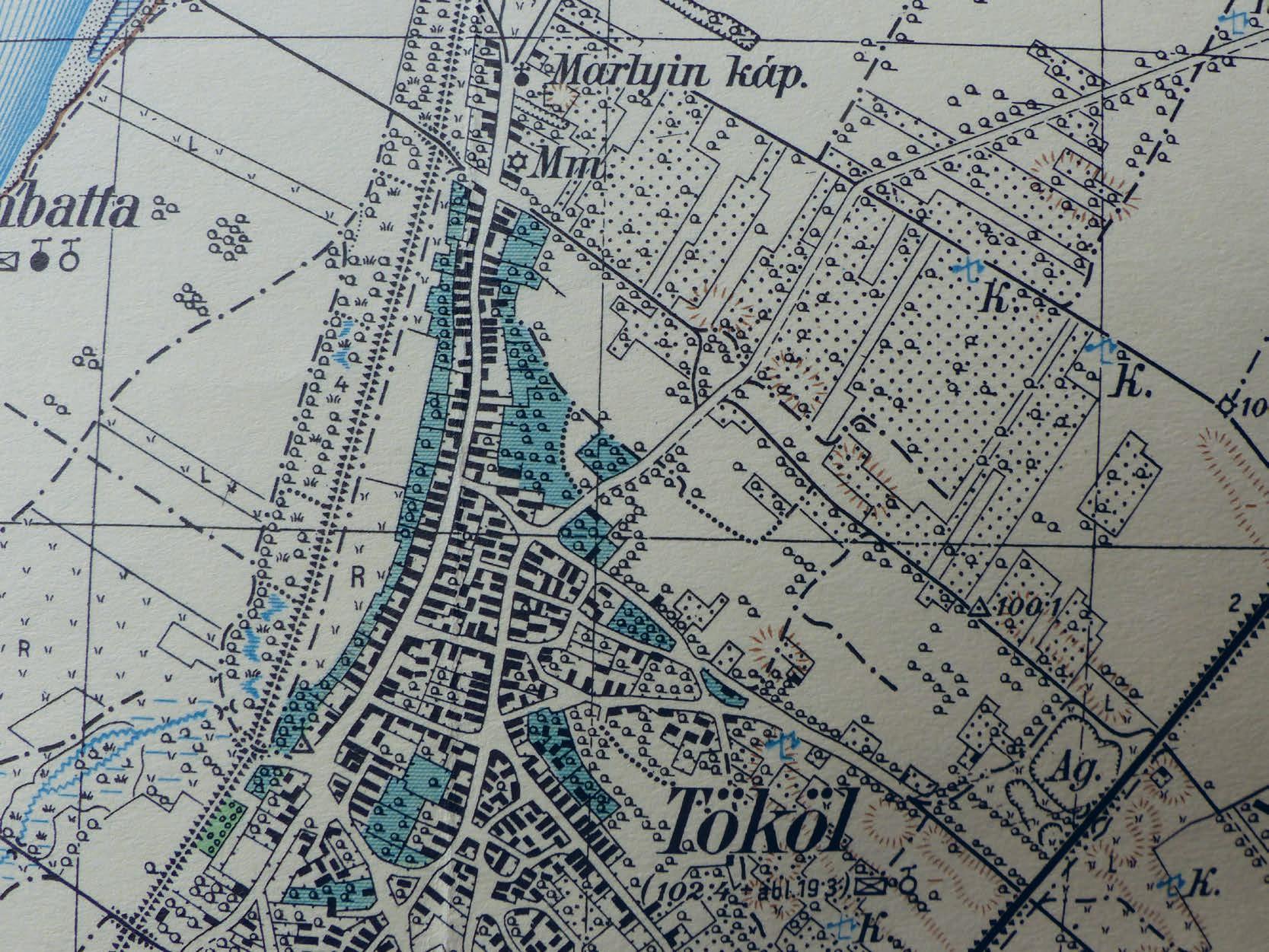
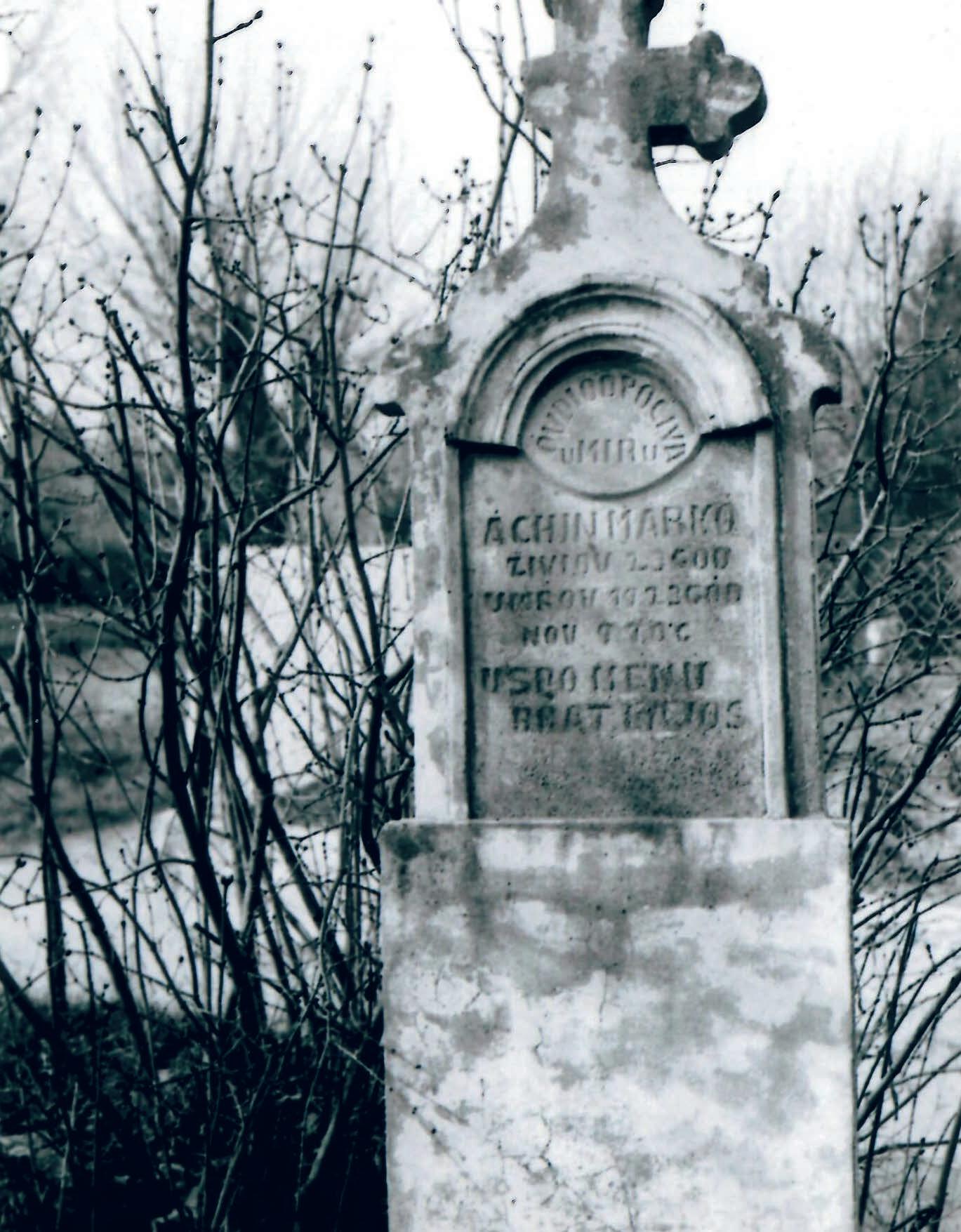
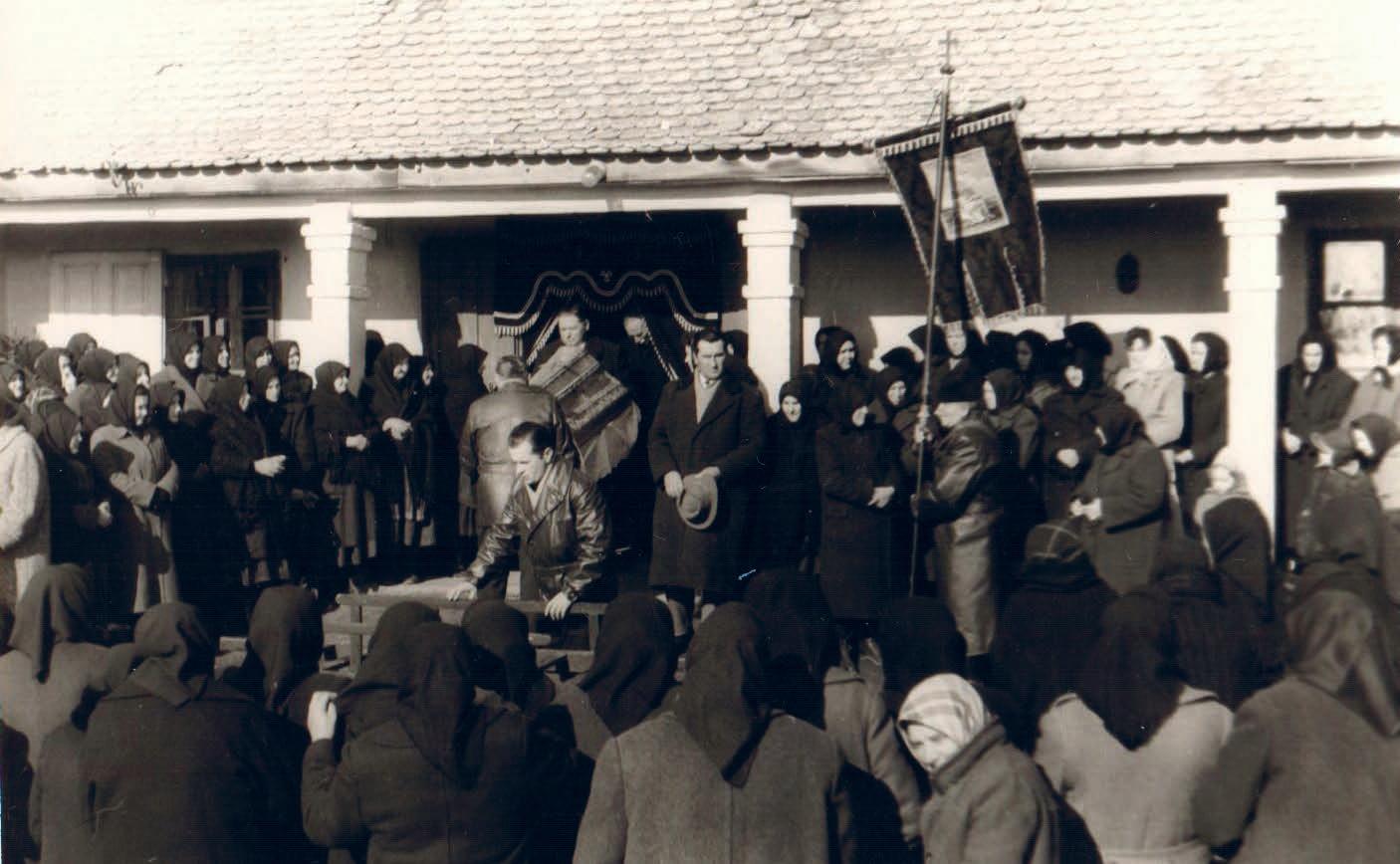
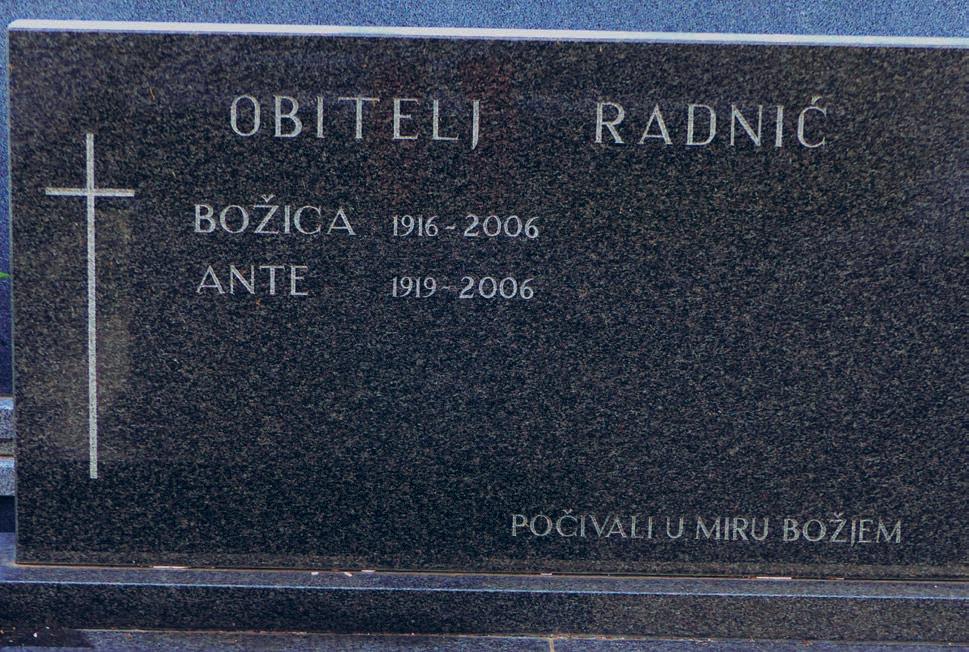
Gravestone of the Radnić family in Vrlika, Croatia
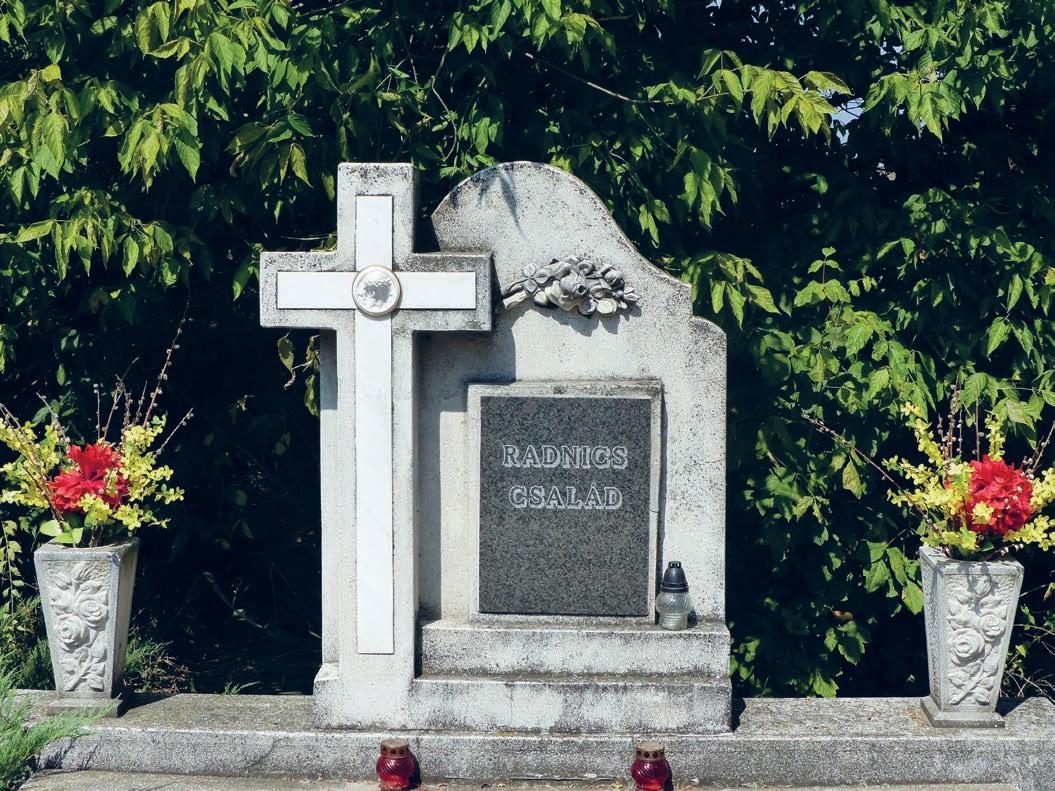
The Radnics family crypt in Tokol
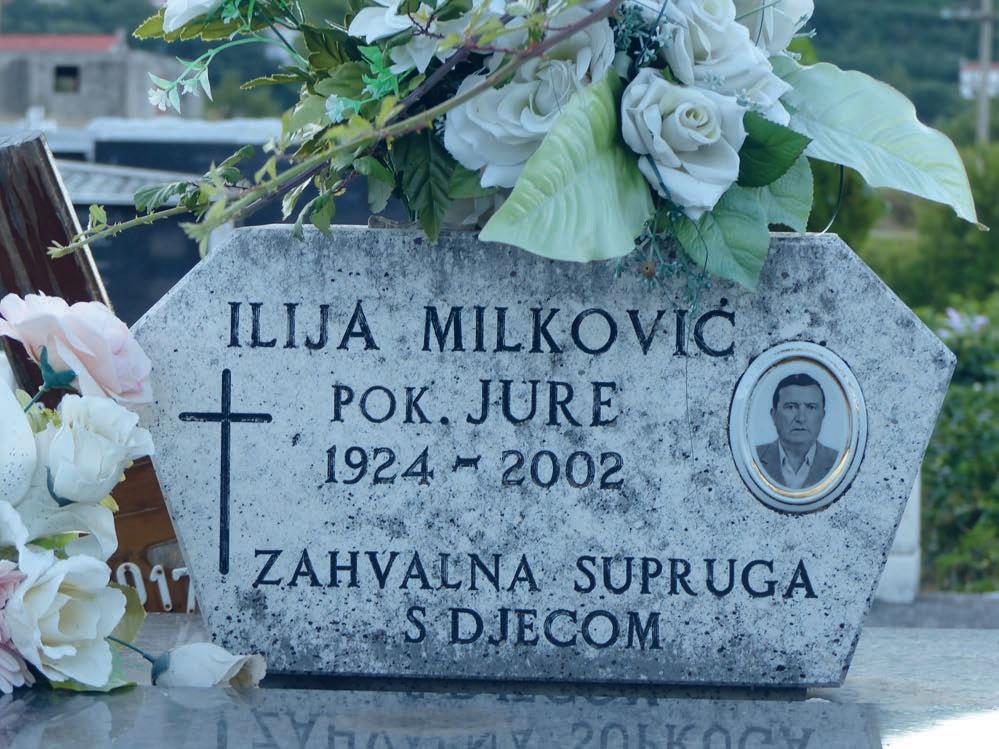
Tomb inscription of Ilija Milković in Vrlika, Croatia
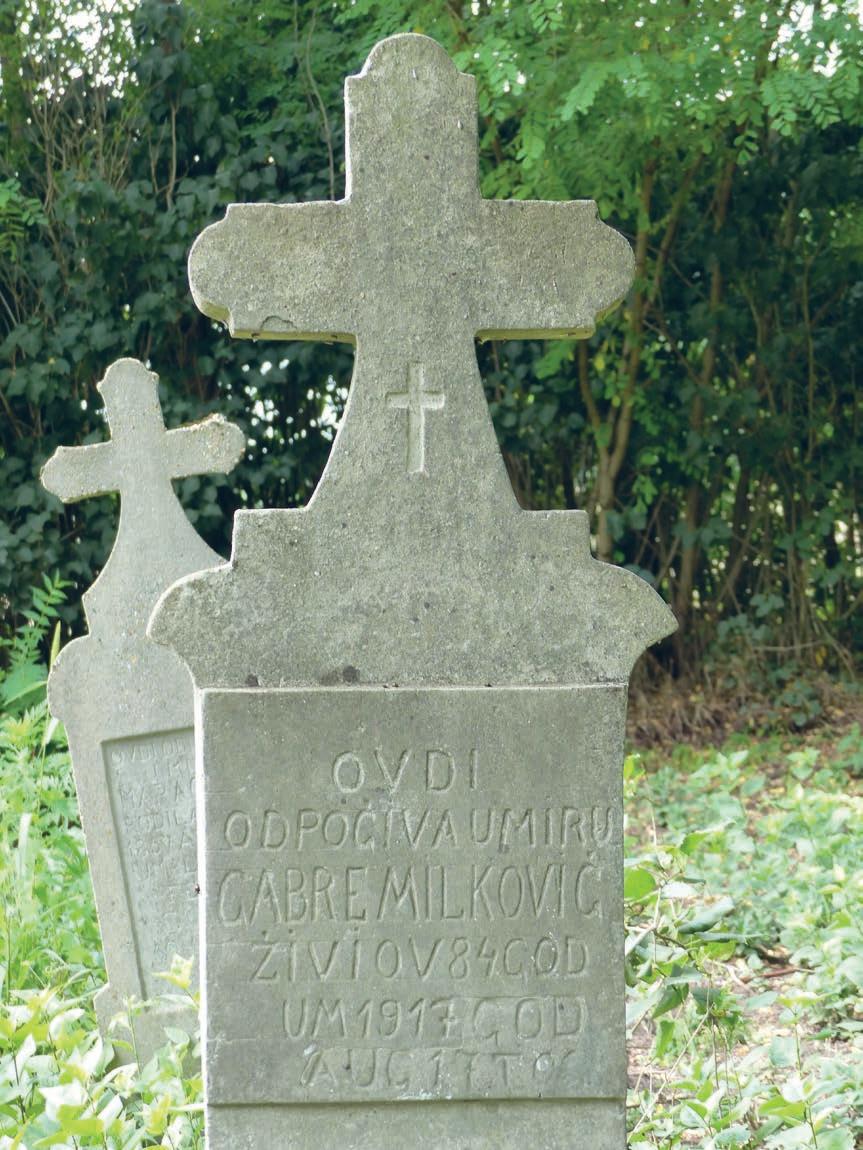
Gravestone of Gábré (Gábor) Milkovics in Tokol
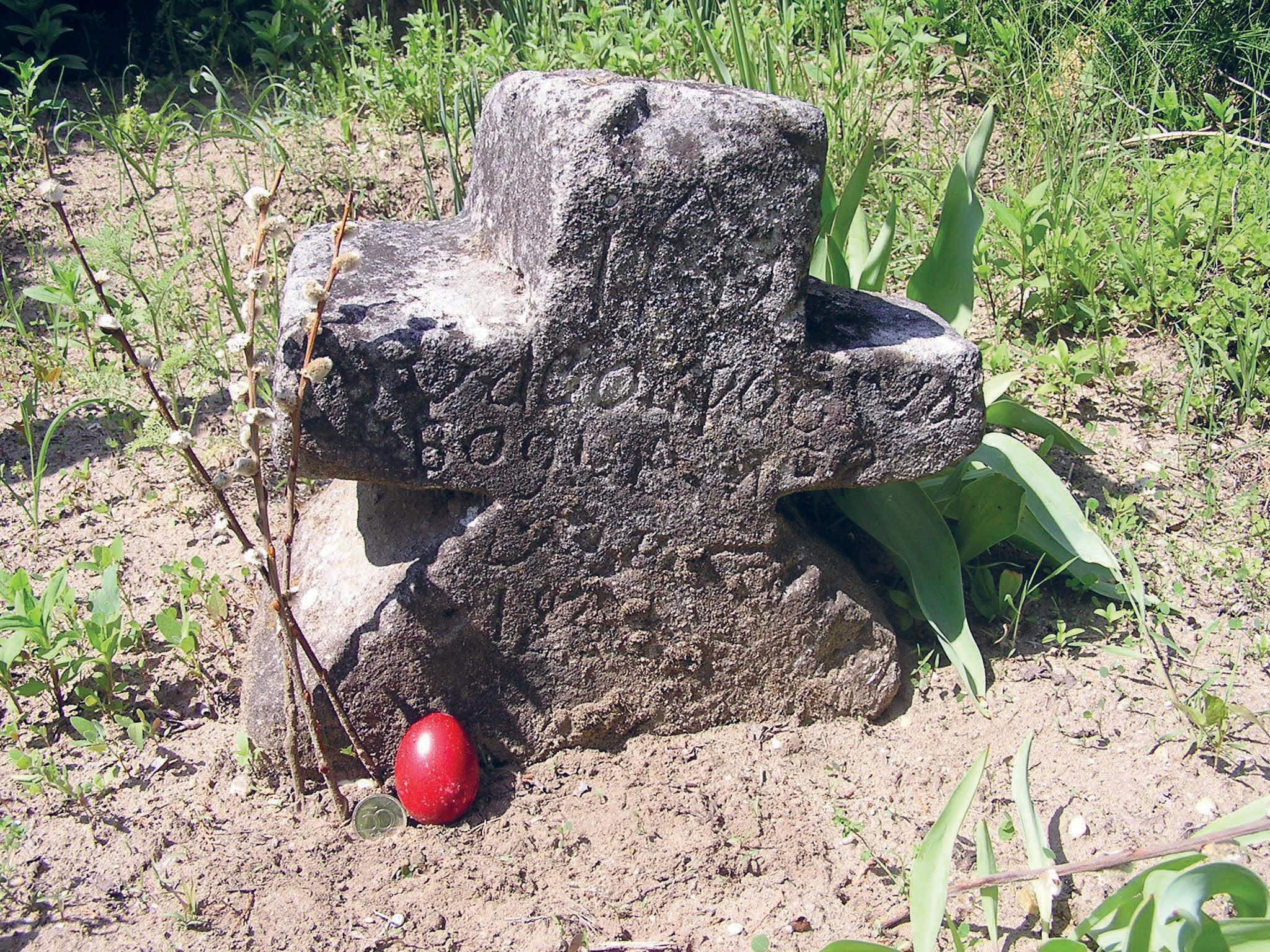
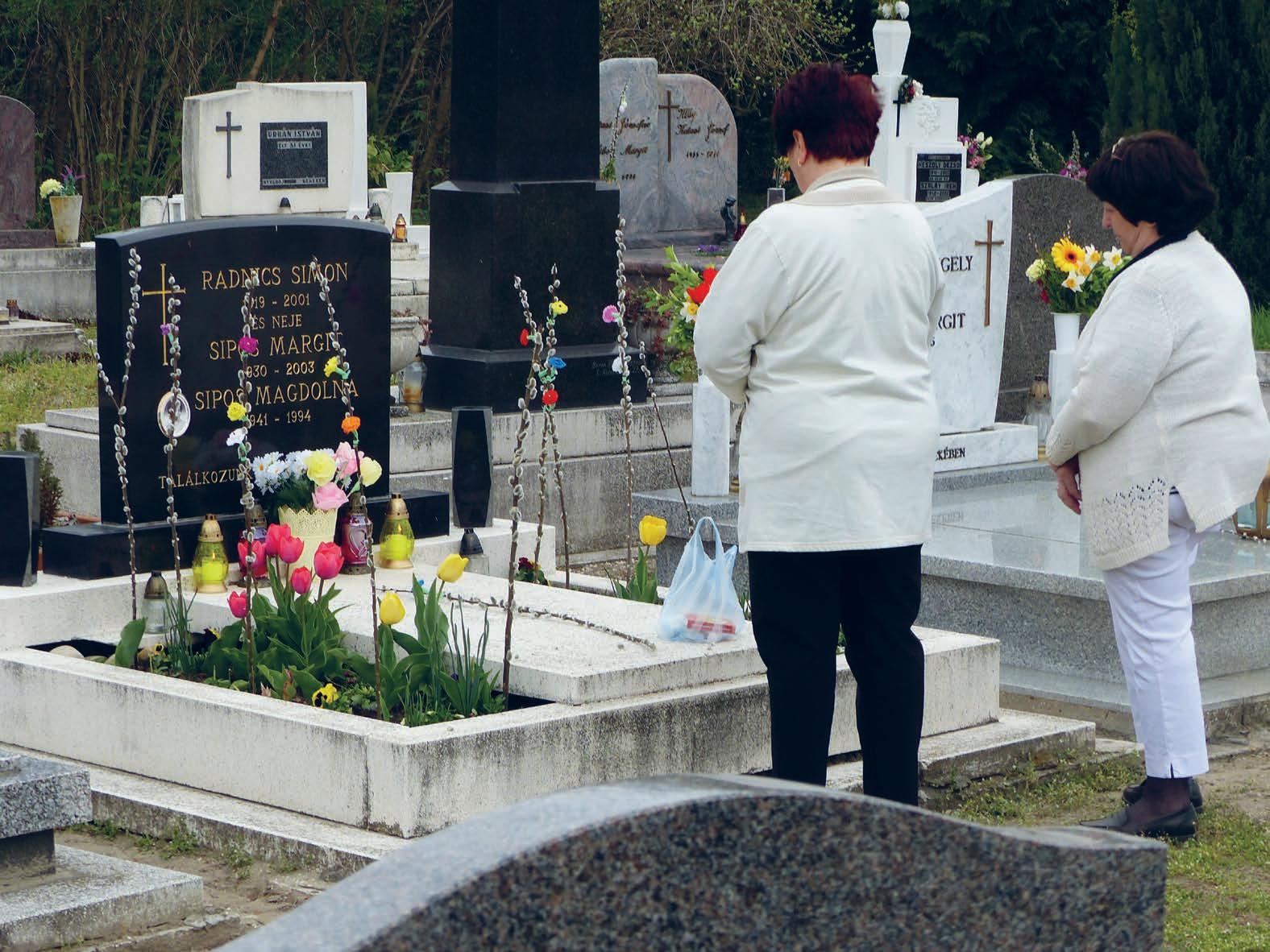
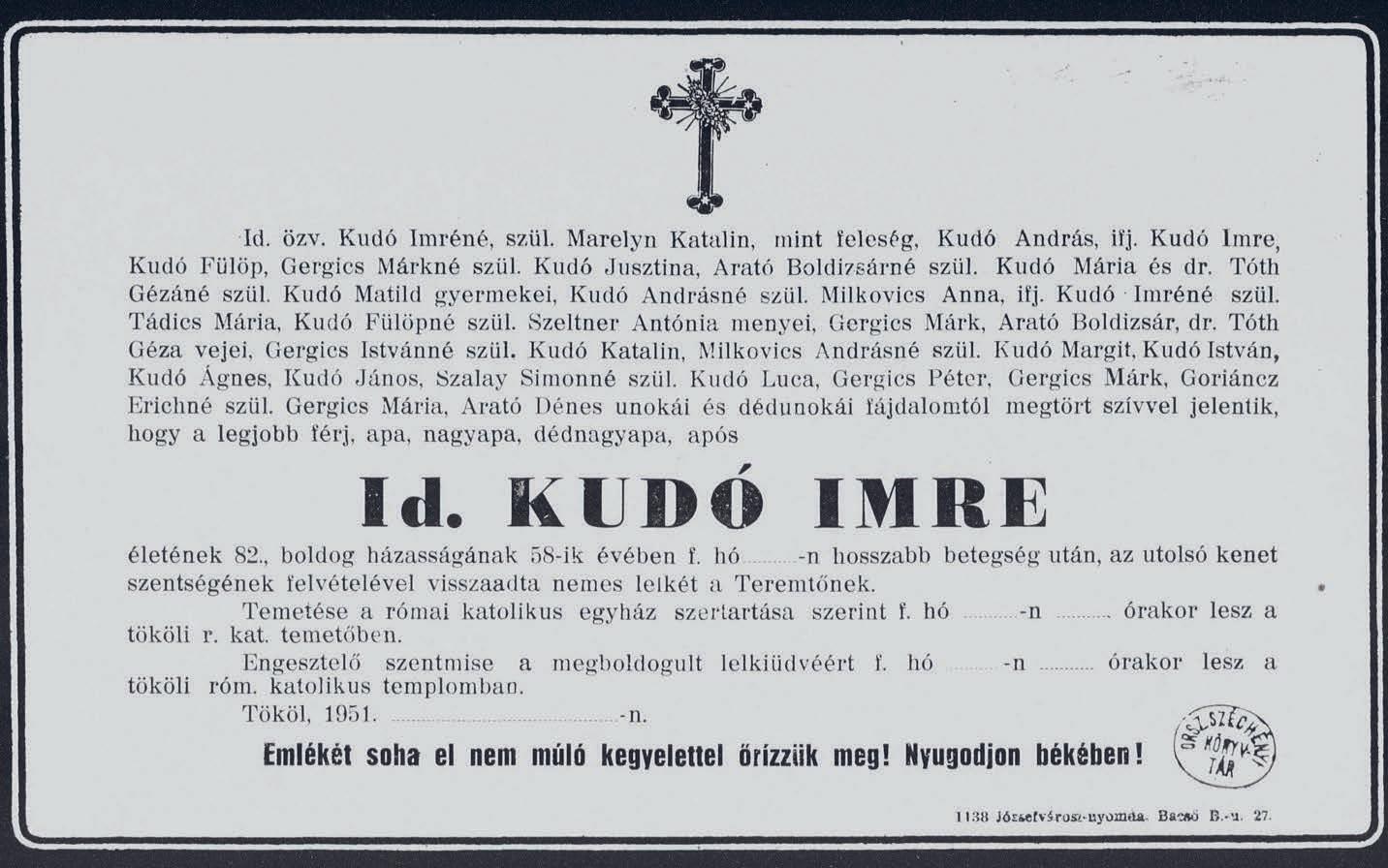
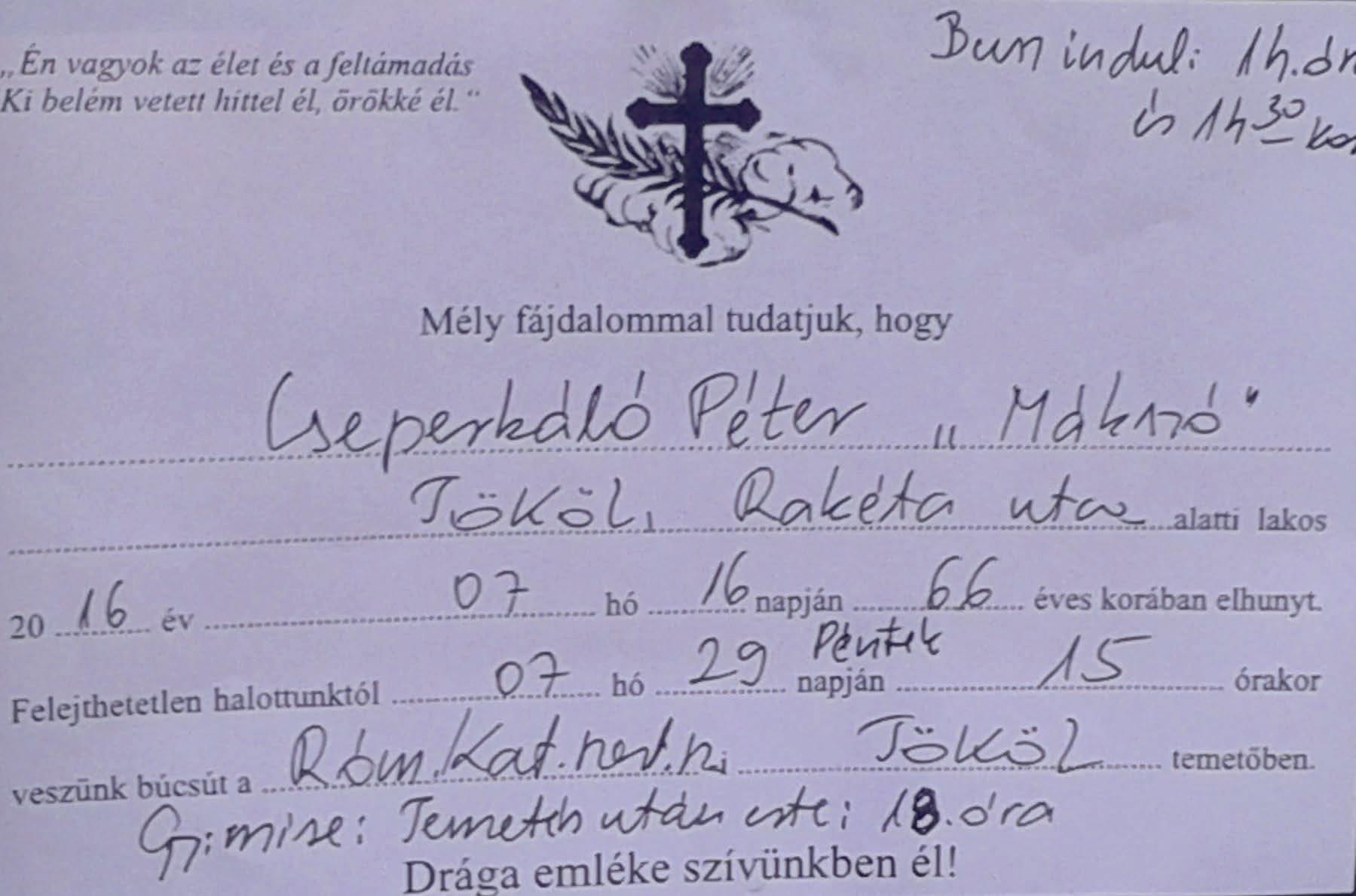
Funeral notice of Péter Cseperkáló from 2016, with the family’s nickname “Mákszó” derived from a given name
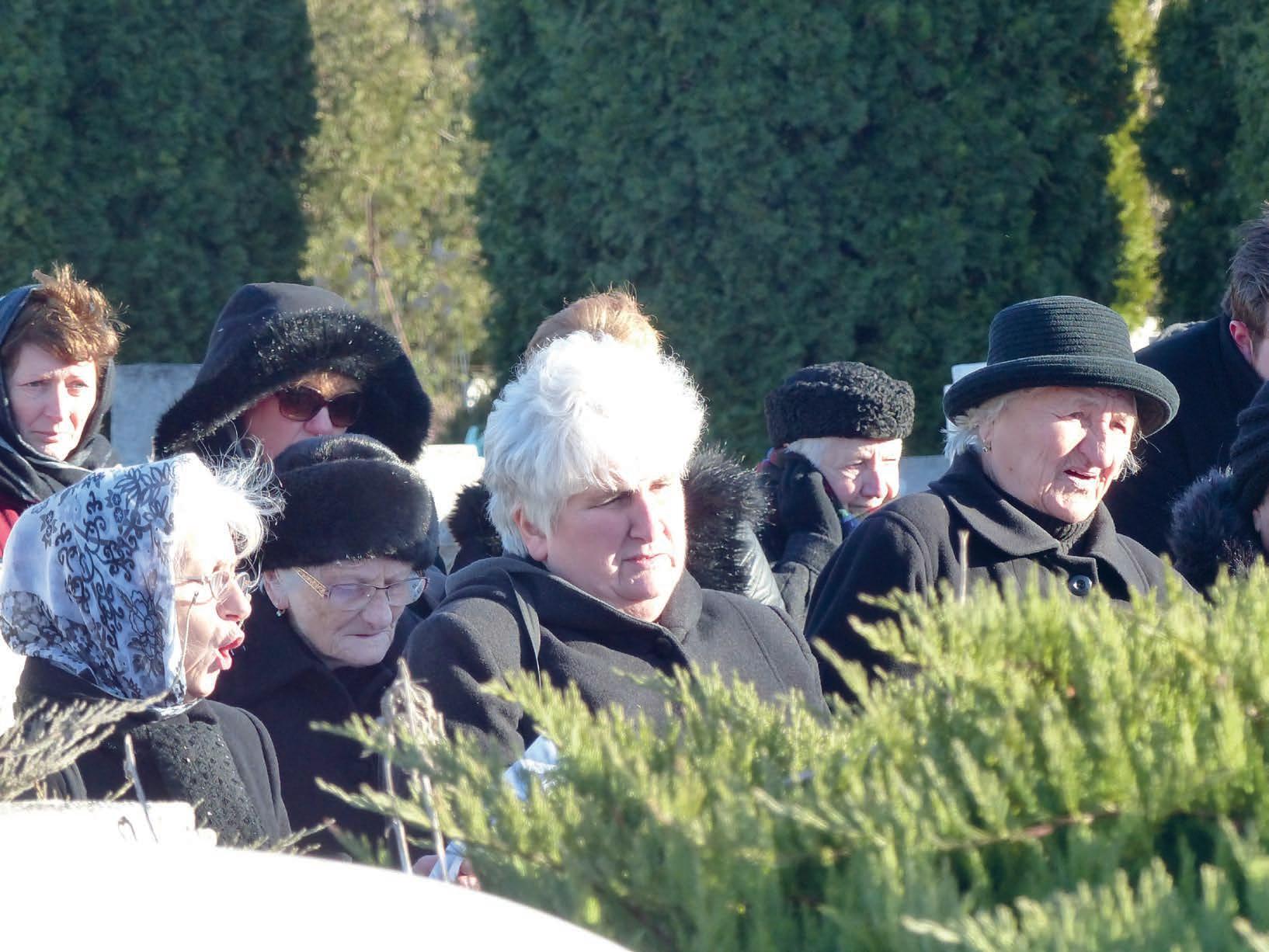
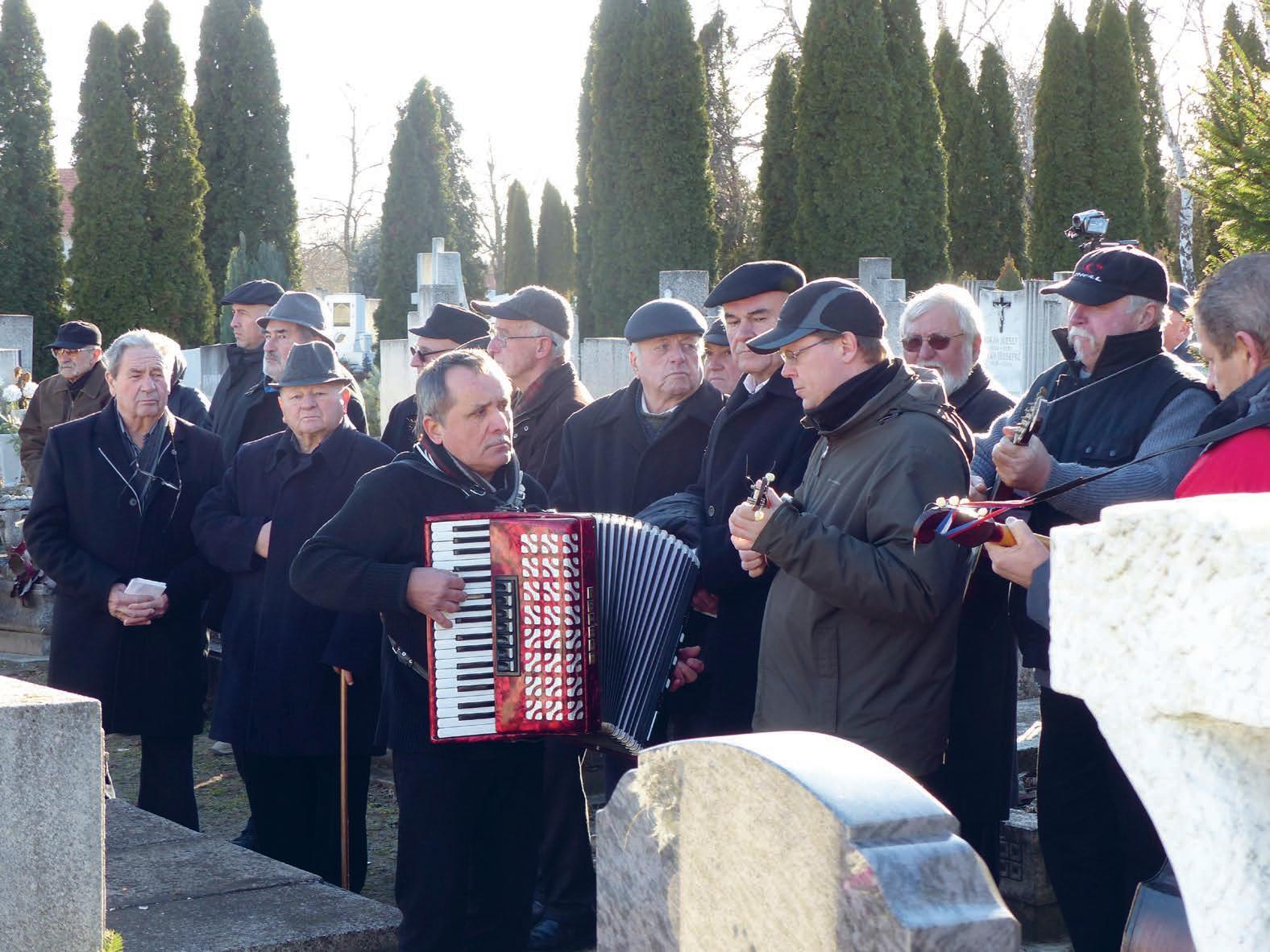
References
Balassa Iván (főszerk.): A magyarországi délszlávok néprajza (Tanulmányok), Magyar Néprajzi Társaság – Tankönyvkiadó, Budapest, 1975-1977-1979.
Bara, Mario: Ekohistorijski pristup migracijama Bunjevaca, Godišnjak za znanstvena istraživanja, 2012., 11-31. old.
Berkity György: Népismertetés, Tudománytár VI., Buda, 1839., 314-331. old.
Blagonić, Sandi: Prilog etnohistoriji (sub)etničkih skupina Vlaha i Bezaka u Istri, Problemi sjevernog Jadrana 9, 2008., 101-131. old.
Botica, Ivan: Prilog istraživanju najstarijega spomena vlaškoga imena u hrvatskoj historiografiji, Zavod za hrvatsku povijest 37., Zagreb, 2005.
Božić-Bužančić, Danica: Prilog poznavanju stanovništva i antroponima Mućko-lećevičke Zagore, Polugodišnjak za proučavanje čakavske riječi XVI No. 2, Split, 1988.
Çoban, Erdal: Egy balkáni eredetű népcsoport a koppányi szandzsákban: a vlahok –Az 1570. évi török összeírások alapján,AETAS 23. évf. 2008. 4. szám, 173-190. old.
Černelić, Milana: A Budapest környéki, Duna menti bunyevácok lakodalmi áldása nyomában; Ethnographia. 105. 1994. 2., 459-476. old.
Černelić, Milana: Na tragovima izvorištu osebujnoga postupka pri blagoslovu mladenaca u podunavskih Bunjevaca iz okolice Budimpešte, Odsjek za etnologiju i kulturnu antropologiju, Filozofski fakultet Sveučilišta u Zagrebu, Studia ethnologica Croatica, Zagreb, 1993., 63-79. old.
Černelić, Milana: Specifičan način darivanja nevjeste u bunjevačkim svadbenim običajima; Etnološka tribina: Godišnjak Hrvatskog etnološkog društva 36 No. 29, Zagreb, 2006., 113-131. old.
Čoralić, Lovorka – Prijatelj Pavičić, Ivana: Prilog poznavanju djelovanja graditeljske obitelji Scotti (crkva sv Grgura u Lepenicama u trogirskoj zagori), Croatica Christiana periodica 26 No. 49, Split, 2002.
Danica ili kalendar za u Ugarskoj ziveće Bunjevce, Šokce, Hrvate, Bošnjake, Race i Dalmatince, Bunjevački i Šokački odbor, Budapest, 1925., 34-35. old.
Danica ili kalendar za u Ugarskoj ziveće Bunjevce, Šokce, Hrvate, Bošnjake, Race, i Dalmatince, Bunjevački i Šokacki odbor, Budapest, 1926., 44. old.
Deisinger Mária által 1952-ben és 1953-ban a Néprajzi Múzeum részére – az ercsi, érdi és tököli adatgyűjtéséről – készített jelentések (EA3023, EA3026, EA3028, EA3029, EA3031, EA4019, EA4023, EA26021, EA26821)
Dujmov Milán: Szerbek történeteAdonyban, Szerb Nemzetiségi Önkormányzat,Adony, 2013.
Erdeljanović, Jovan: O poreklu Bunjevaca, Beograd, 1930.
Fürst-Bjeliš, Borna: Toponimija i percepcija u prostoru Triplex Confiniuma: Morlakija, Radovi – Zavod za hrvatsku povijest, Vol. 32-33., Zagreb, 1999-2000., 349-354. old.
Gelencsér József – Lukács László: Szép napunk támadt – A népszokások Fejér megyében, Az István Király Múzeum Közleményei, Székesfehérvár, 1991., 577-621. old.
Heka László: A szegedi dalmaták (bunyevácok) története, Bába Kiadó, Szeged, 2009.
Jaksić, Ivan: Iz popisa stanovništva Ugarske početkom XVIII. veka II., Vojvođanski Muzej, Novi Sad, 1966.
Jembrih, Alojz: Kratka azbukvica iz 1696. godine; http://izj.unsa.ba/files/1988-17-4/2-AlojzJembrih199-213.PDF
Juran, Kristijan: Doseljavanje Morlaka u opustjela sela šibenske Zagore u 16. stoljeću, Povijesni prilozi 46., Odjel za povijest Sveučilište u Zadru, Zadar, 2014.
Juran, Kristijan: Morlaci u Šibeniku između Ciparskoga i Kandijskog rata (1570. – 1645.), Povijesni prilozi 49., Odjel za povijest Sveučilište u Zadru, Zadar, 2015.
Káldy-Nagy Gyula: A budai szandzsák 1546-1590. évi összeírásai, demográfiai és gazdaságtörténeti adatok, Pest megyei Levéltár, Budapest, 1985.
Kiss Mária: A Buda környéki szerbek és horvátok néprajzi kutatásának történetéből, Etnografija južnih slavena u Mađarskoj 1982., Tankönyvkiadó, Budapest, 1982., 43-51. old.
Kiss Mária: Délszláv szokások a Duna mentén, Akadémiai Kiadó, Budapest, 1988.
Konjević, Veselin: Herak Vraneš – Rodonačelnik plemena Vraneši, MATICA, br. 64, zima 2015., 313348.old.
Dr. Kubassek János: Érdi Krónika, II. Bővített kiadás, Érd Város Önkormányzata, Érd, 2004.
Kužić, Krešimir: Prilog biografiji nekih kačićevih vitezova te podrijetlu stanovništva njihova kraja, Radovi – Zavoda povij. znan. HAZU Zadru, sv. 47/2005., 191–224. old.
Lončarević, Juraj: Hrvatsko stanovništvo Baranje i Bačke u prošlosti, Crkva i svijetu (časopis) Katolički bogoslovni fakultet Sveučilišta u Splitu, Split, 1980., 353. old.
Lončarić, Mijo: Kajkaviana & Alia, Institut za Hrvatski Jezik i Jezikoslovlje, Zagreb, 2005., 388-392. old.
Lončarić, Mijo; Ines Virč: Neke posebnosti hrvatskih govora u Mađarskoj. / Studia Slavica Academiae Scientiarum Hungaricae. 54 (2009); 111-122. old.
Mándics Mihály: A magyarországi bunyevác-horvátok története, Kecskemét, 1989.
Mandić, Živko: Antroponimija i toponimija bunjevačkih Hrvata u Madžarskoj, Hrvatski znanstveni zavod, Pečuh, 2005.
Mandić, Živko: Iz antroponimije i toponimije dalmatinskih Hrvata na sjeveru Madžarske, Izvorni znanstveni članak, Folia Onomastica Croatica 15, 2006.
Miklós Gergely – Barna Zsolt: Ercsi évszázadai, Ercsi Város Önkormányzata, Ercsi, 2010.
Milošević, Ante: O problematici stećaka iz dalmatinske perspektive, Godišnjak, 2013., 42:89-102.; http://www.anubih.ba/godisnjak/god42/40.23.pdf
Mužić, Ivan: Vlasi u starijoj hrvatskoj historiografiji, Muzej hrvatskih arheoloških spomenika, Split, 2010.
Nagy Lajos: Rácok Budán és Pesten (1686-1703) [In.: Tanulmányok Budapest múltjából XIII., szerkesztette: a „Budapest története” szerkesztőbizottsága, elnök: Pesta László, Akadémiai Kiadó, Budapest, 1959.]
Pesty Frigyes kéziratos helynévtárából: Pest-Pilis-Solt vármegye és kiegészítések /Pesty Frigyes; [közread. Bognár András; jegyz. Horváth Lajos], Pest m. Műv. Közp. és Kvt., Szentendre, 1984.
Pilić, Šime: Gdje je bilo i nestalo selo Filipović, Godišnjak Titius, god. 2, br. 2 (2009.), 87-118. old.
Sarosácz György: Magyarország délszláv nemzetiségei, Népi kultúra – Népi társadalom; Magyar Tudományos Akadémia Néprajzi Kutatócsoportjának Évkönyve VII., Főszerk.: Ortutay Gyula, Paládi-Kovács Attila; Akadémiai Kiadó, Budapest, 1973.
Sekulić, Ante: Bački Hrvati, Narodni život i običaji, Jugoslavenska Akademija Znanosti i Umjetnosti, Zagreb, 1991.
Stepanović, Predrag: Govori Srba i Hrvata u Madarskoj: Štokavsko narečje, Dečje novine, Beograd –Novi Sad – Gornji Milanovac, 1994., (XIV. Govori Hrvata u okolini Budimpešte)
Šarić, Marko: Dositejevo viđenje Dalmacije i fenomen morlakizma: Prilog historijskoj imagologiji, Povijesni prilozi 46., 2014. 223-256. old.
Šekularac, Božidar: Dokumentarni i narativni podaci o Vlasima u Crnoj Gori, Časopis Matica, ljeto/ jesen 2011., 253-268. old.
Szilárdfy Zoltán: Ikonográfia és Kultusztörténet. Képes tanulmányok. Balassi Kiadó, Budapest, 2003.
Unyi Bernárdin, O.F.M.: Sokácok-bunyevácok és a bosnyák ferencesek története, Gyöngyösi Ferences Könyvek, felelős kiadó: P. Dám Ince, O.F.M., Magyar Barát, Budapest, 1947.
Urosevics Daniló: A magyarországi délszlávok története, Magyarországi Délszlávok Demokratikus Szövetsége, Budapest, 1969.
Žigmanov, Tomislav: Skotistička filozofija među Hrvatima u Ugarskom Podunavlju; Scopus, 9-10, Zagreb, 1998.
